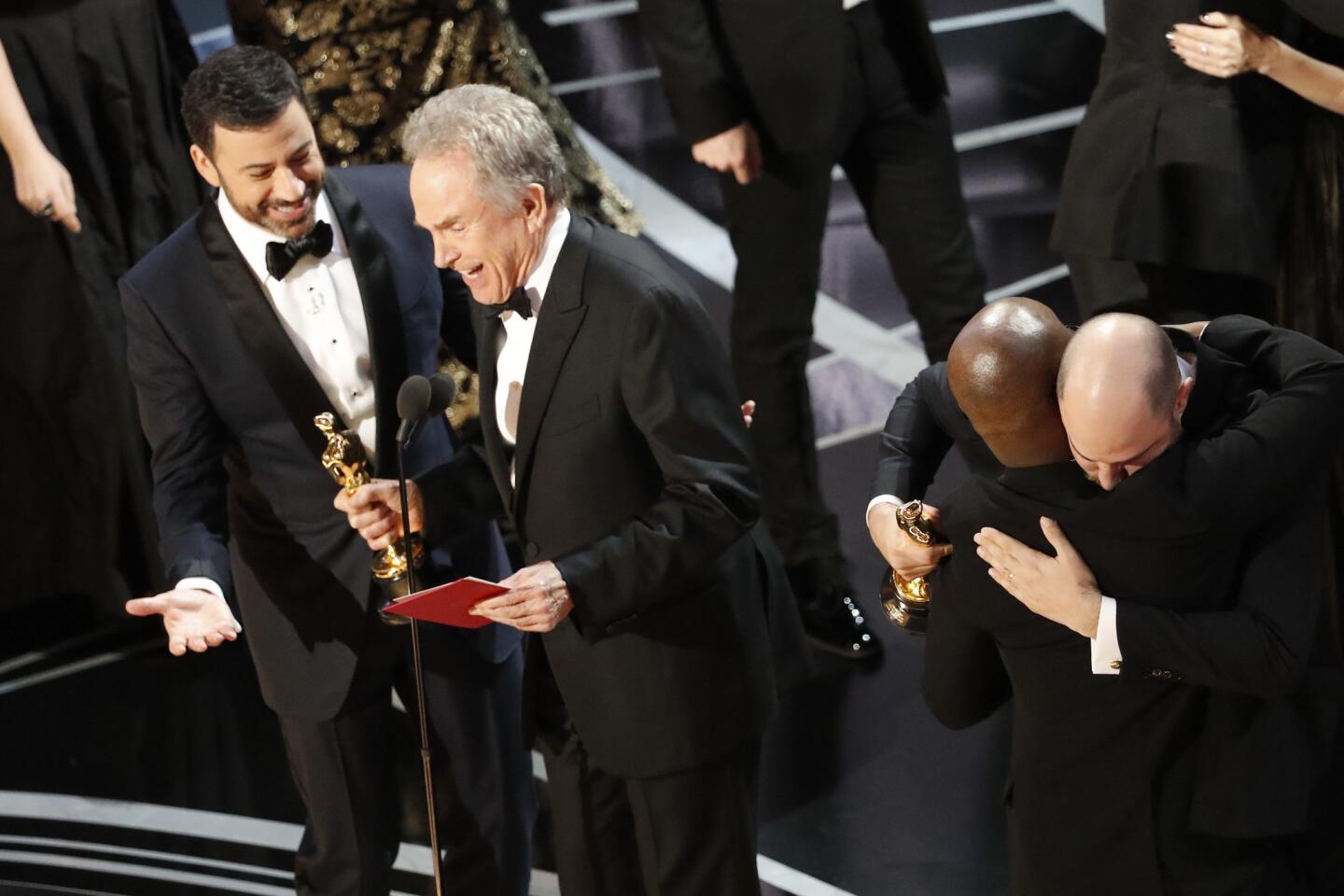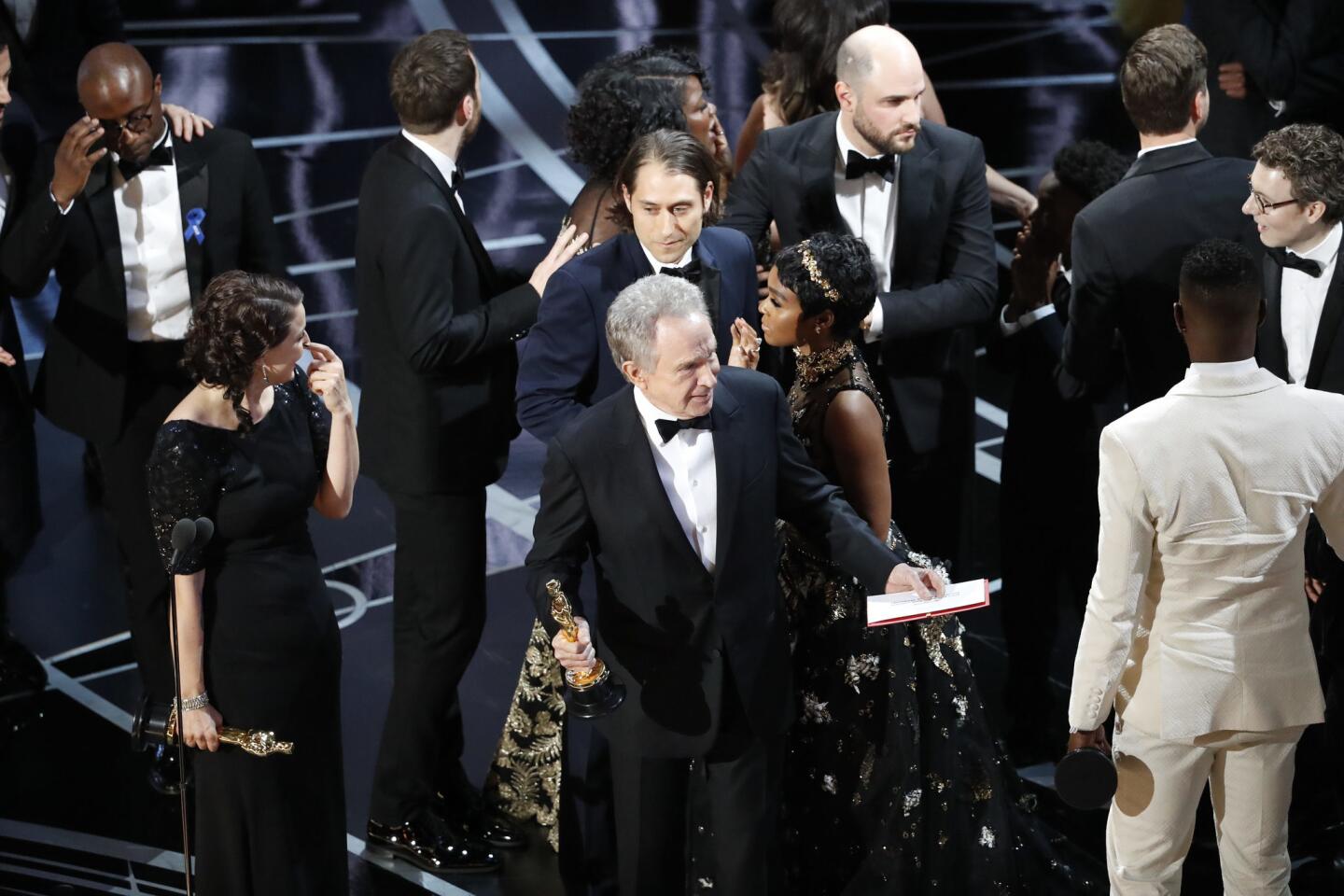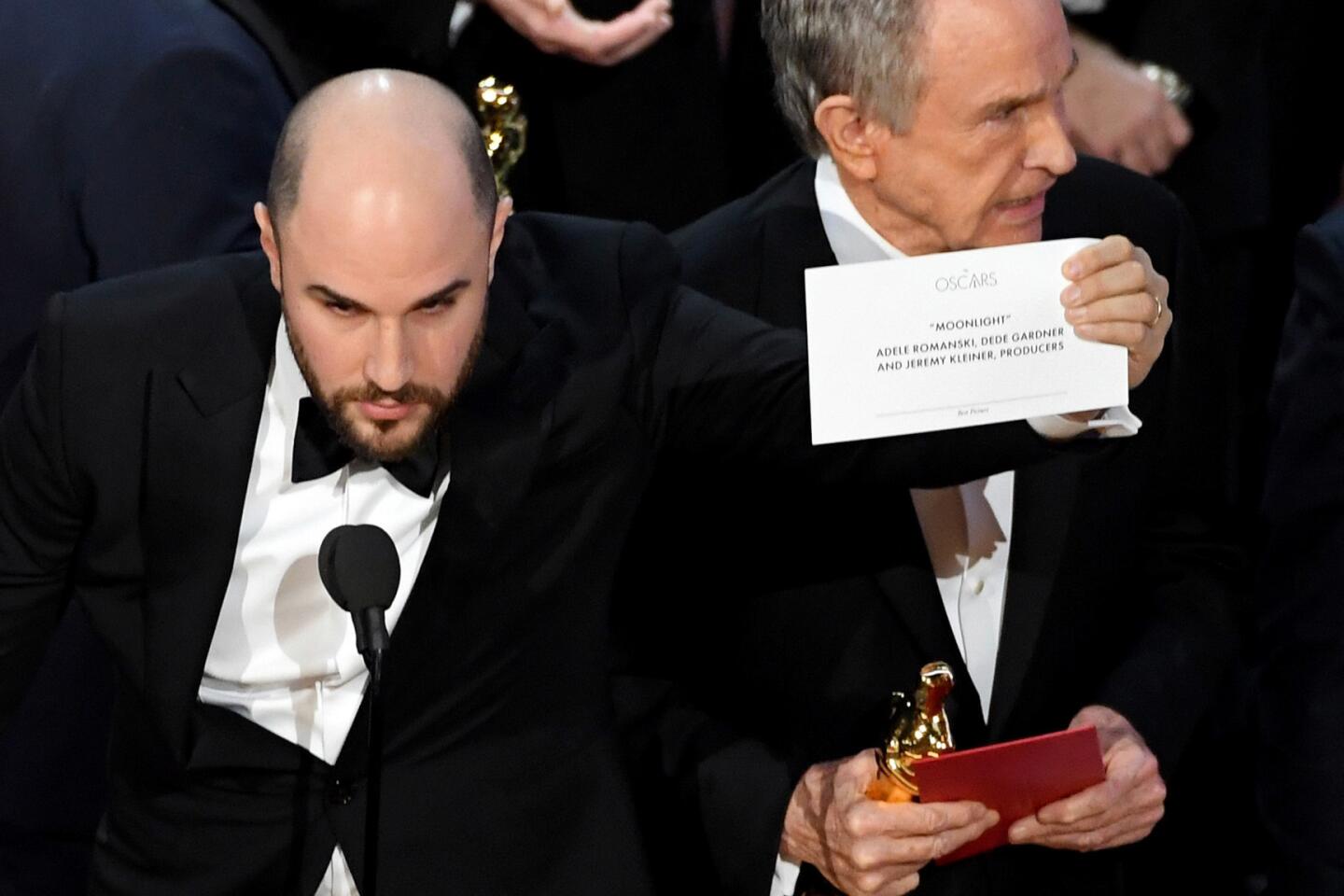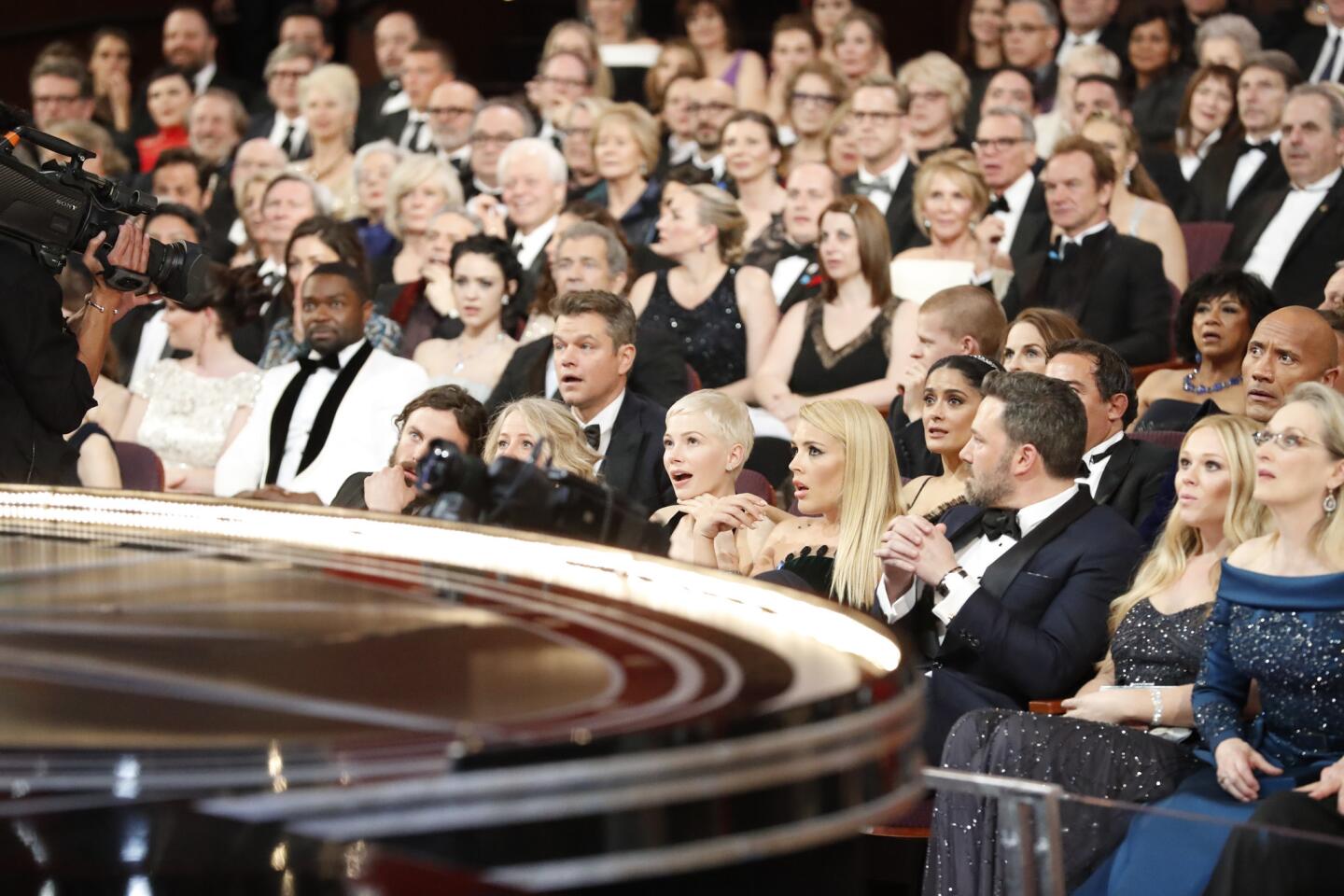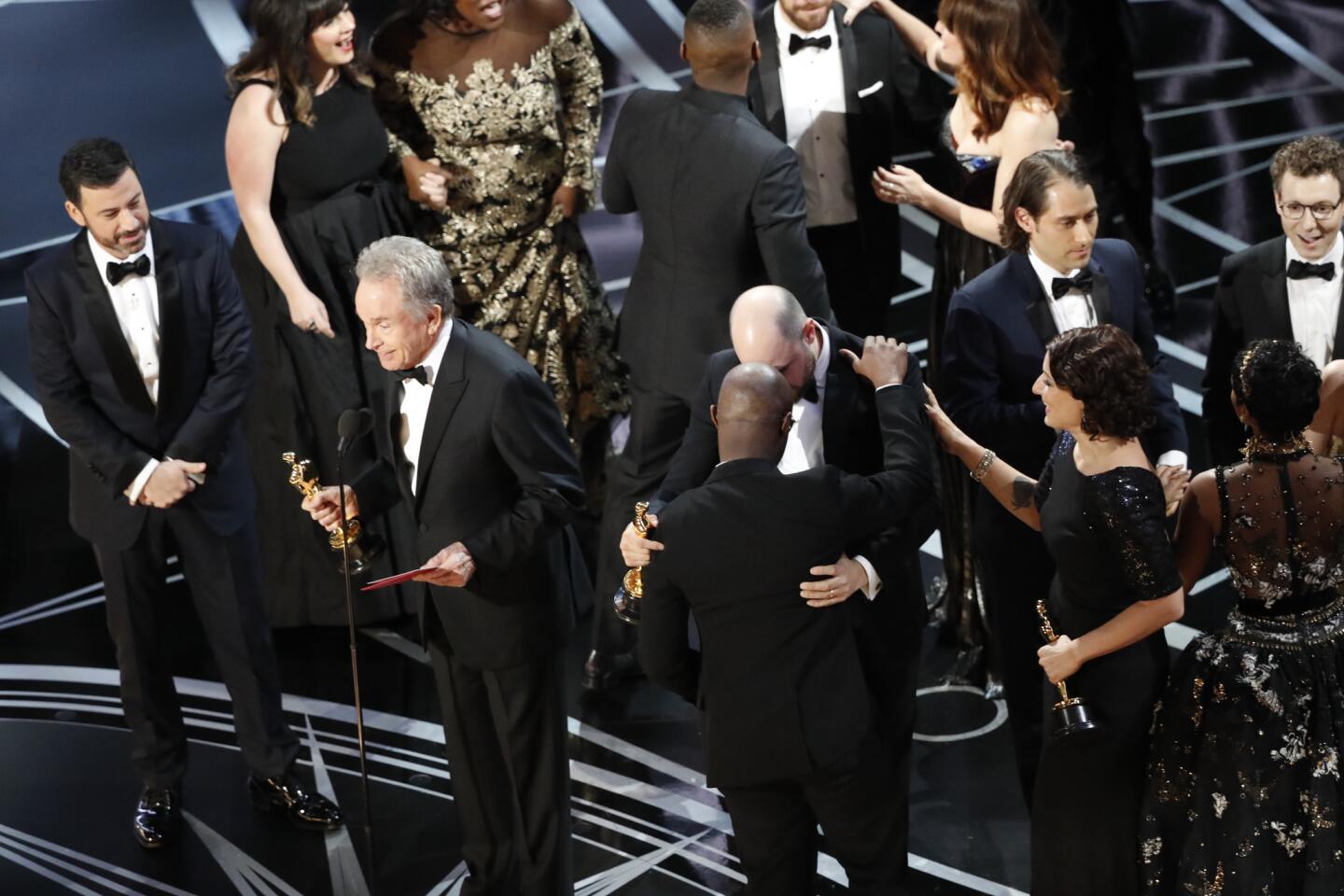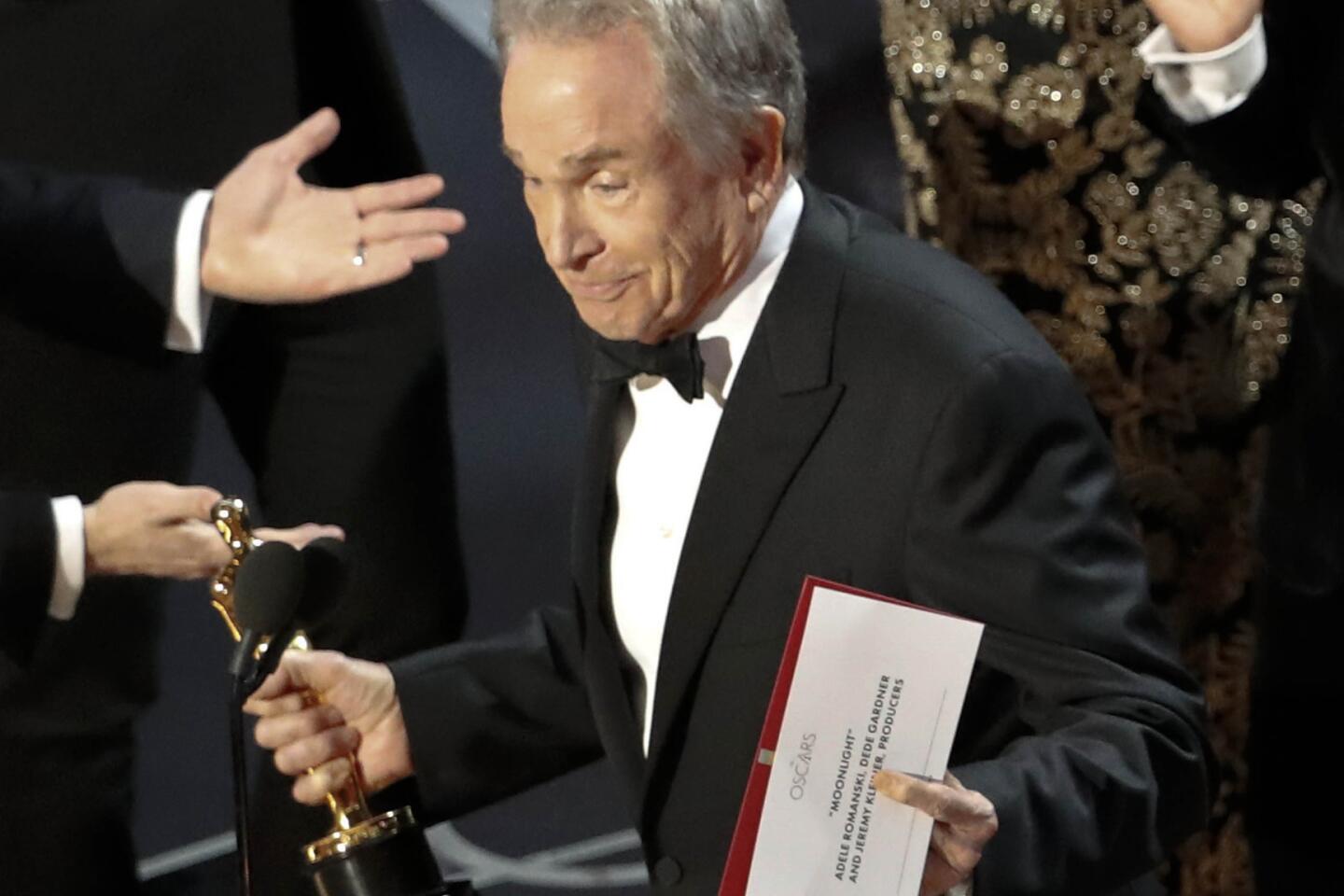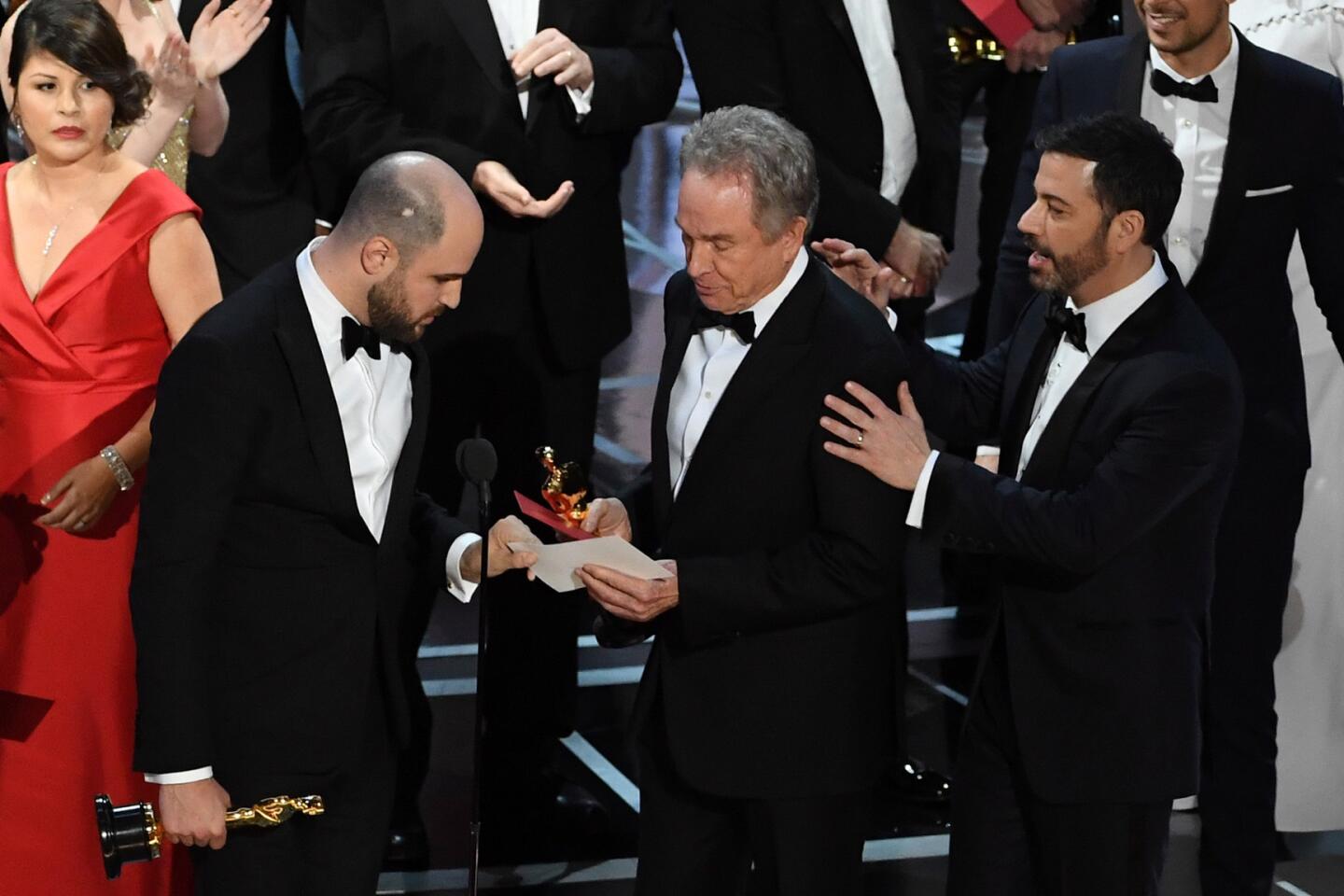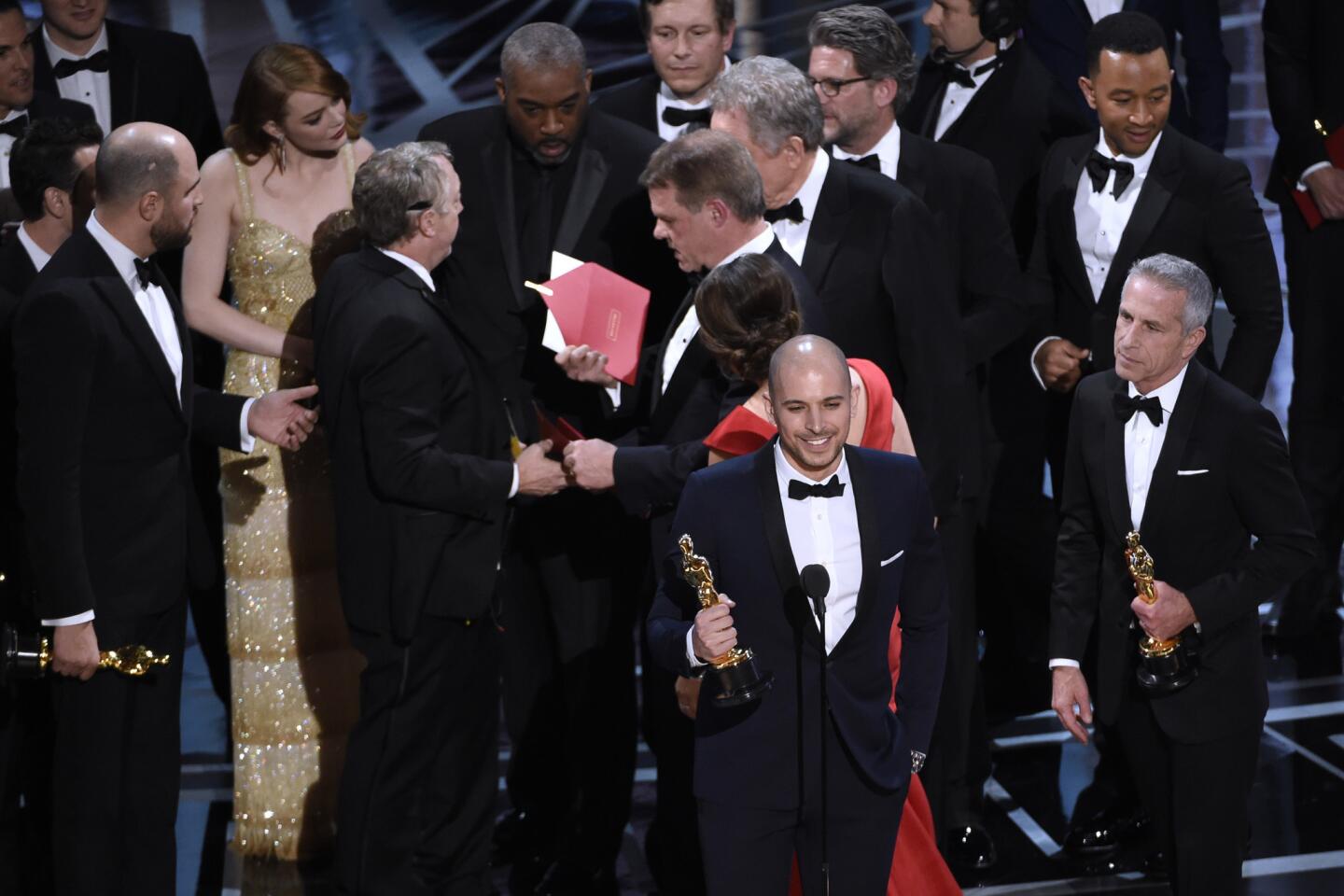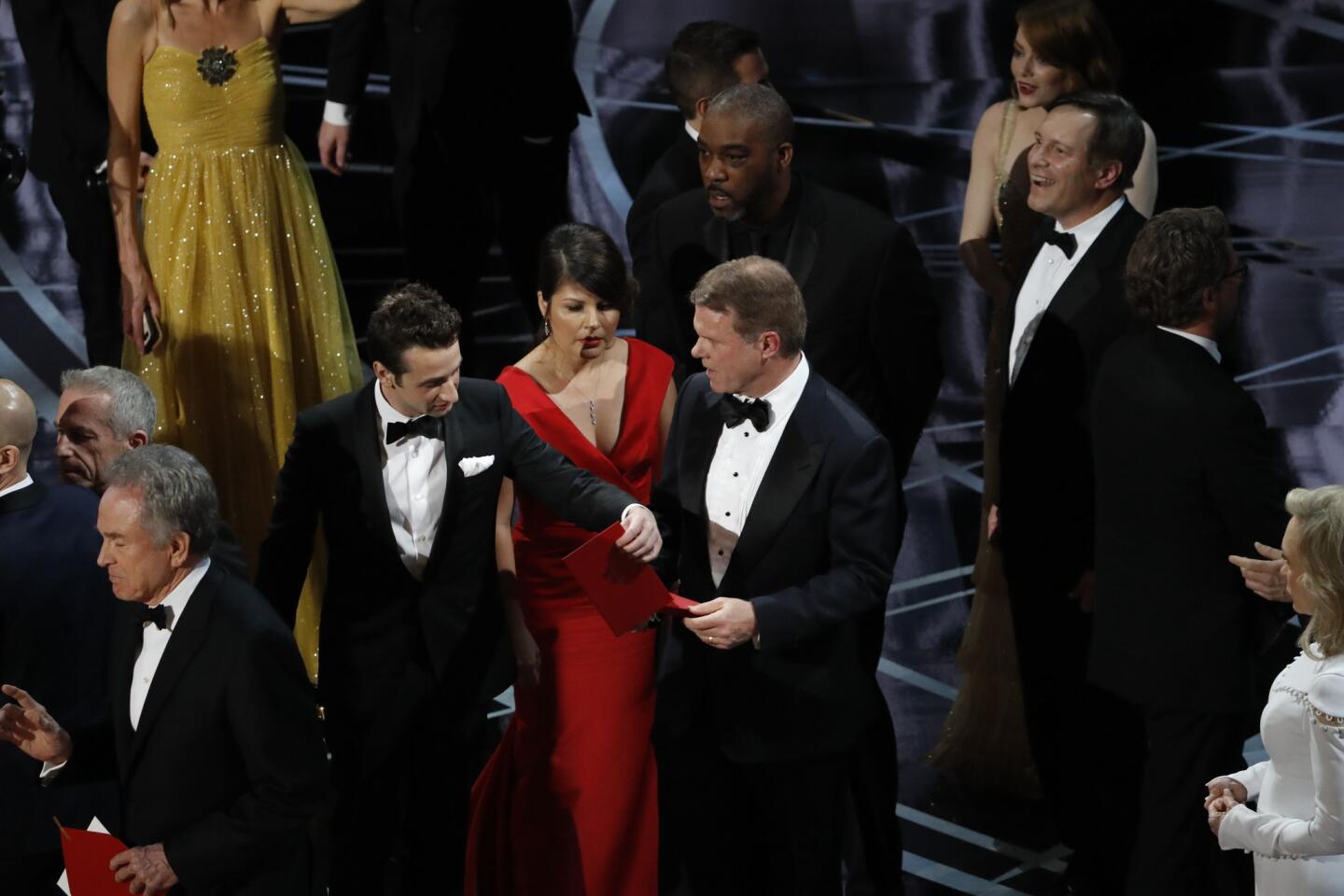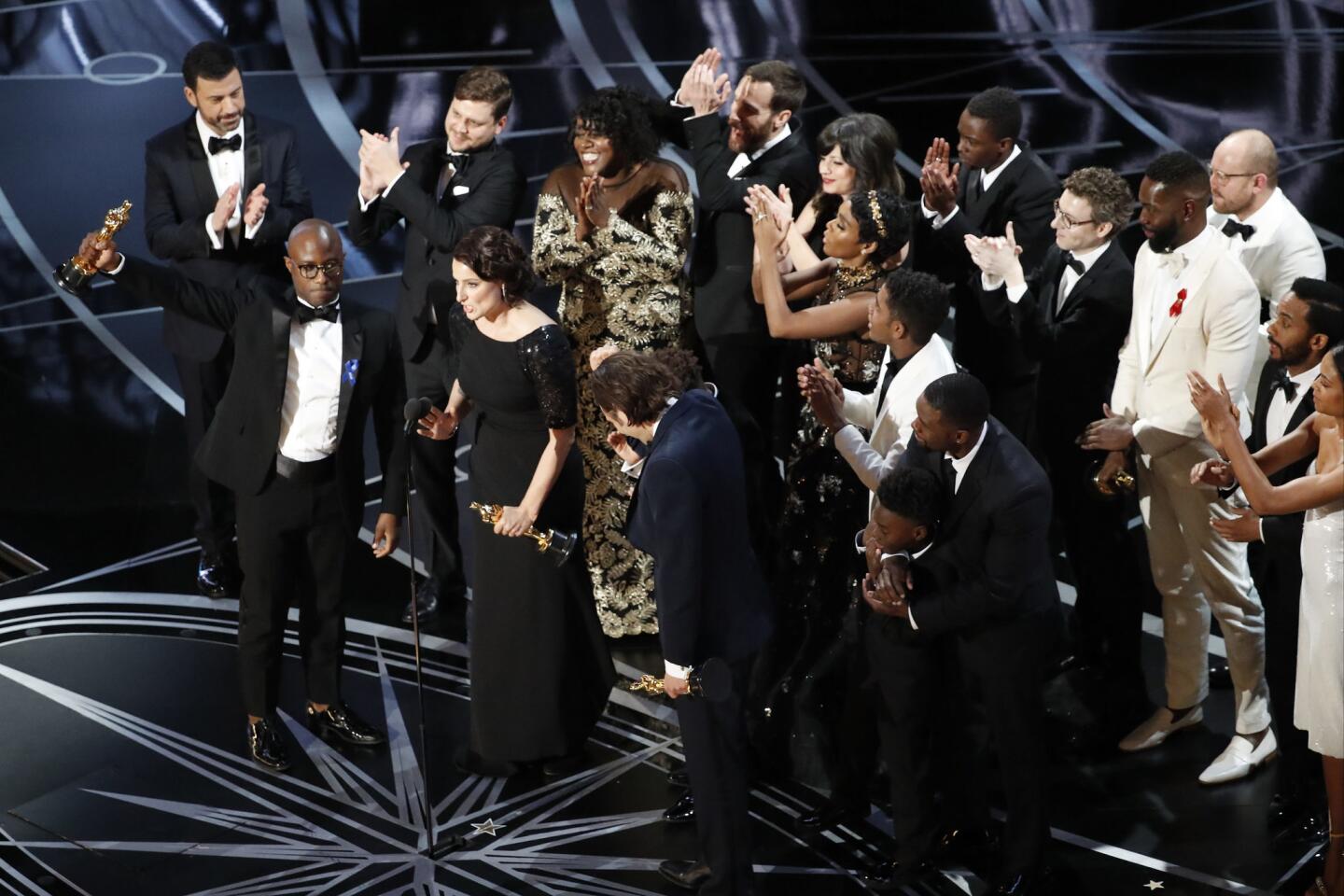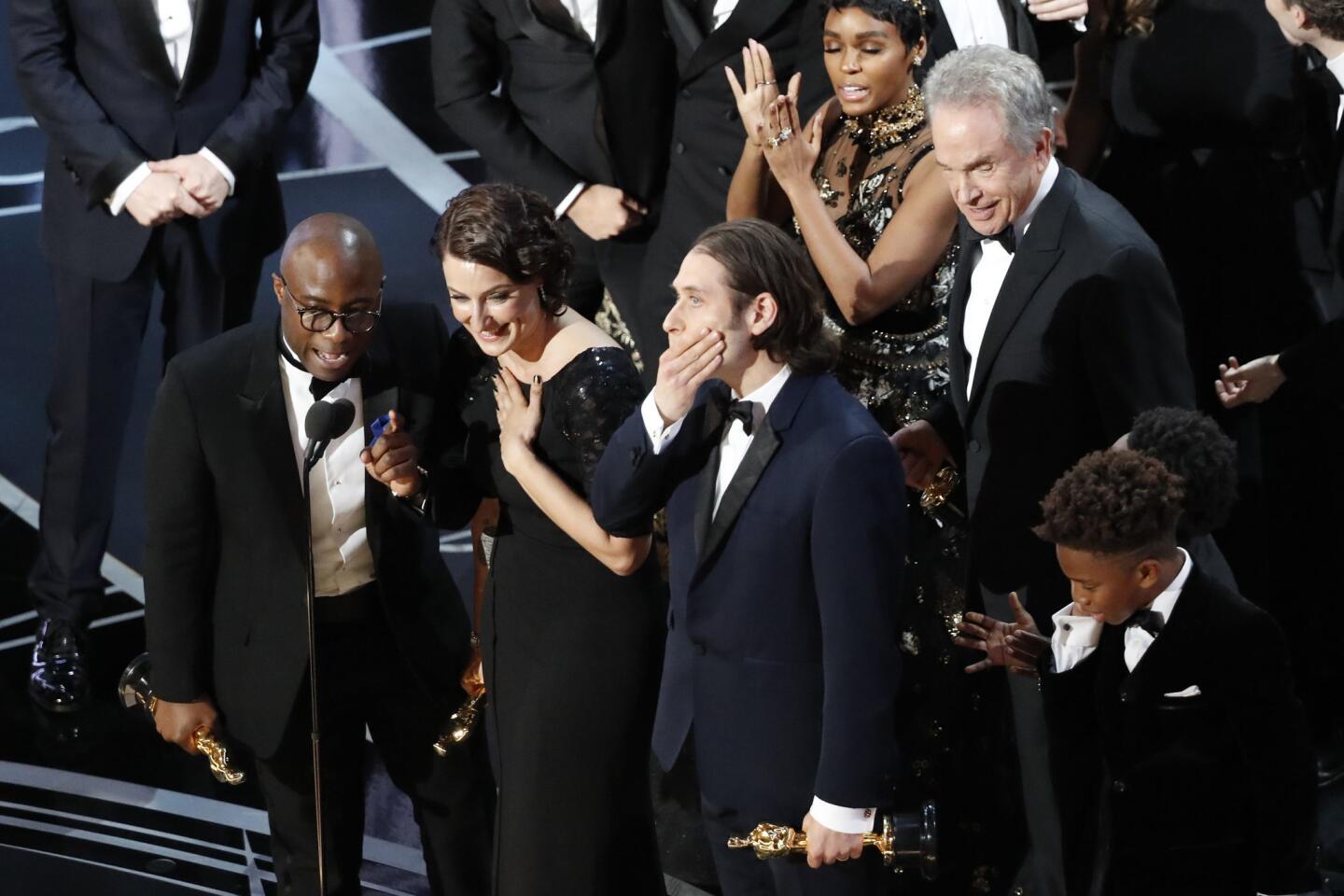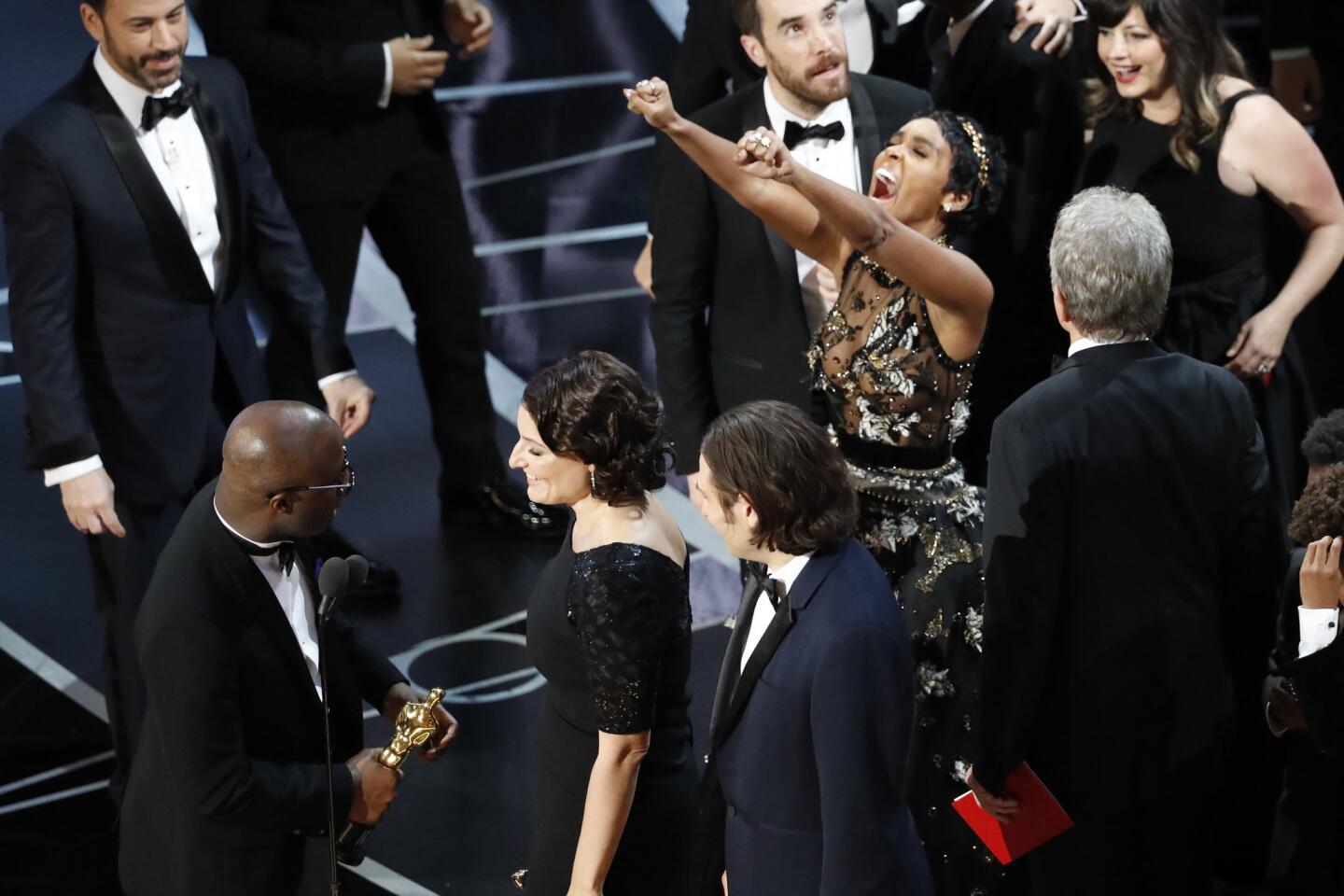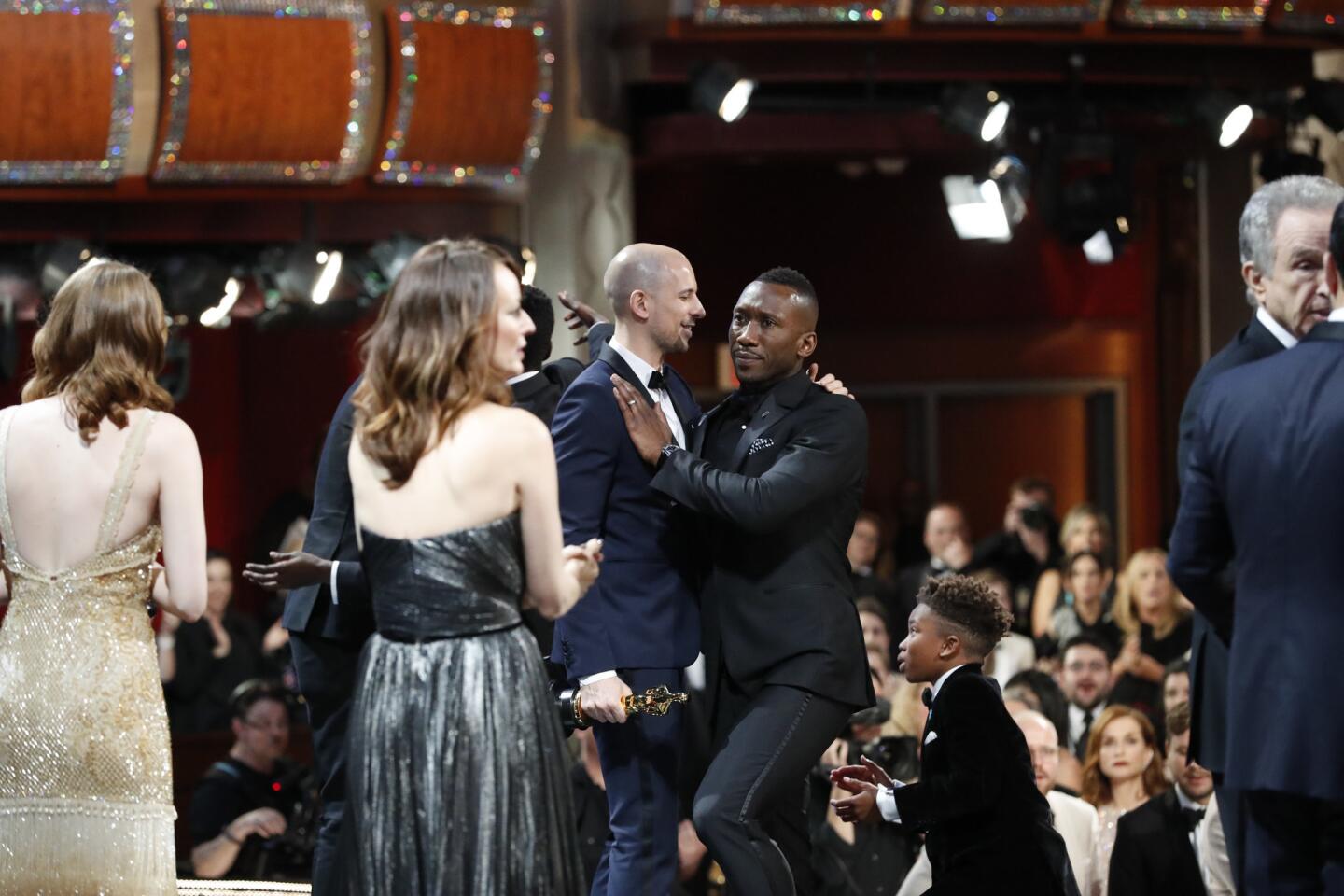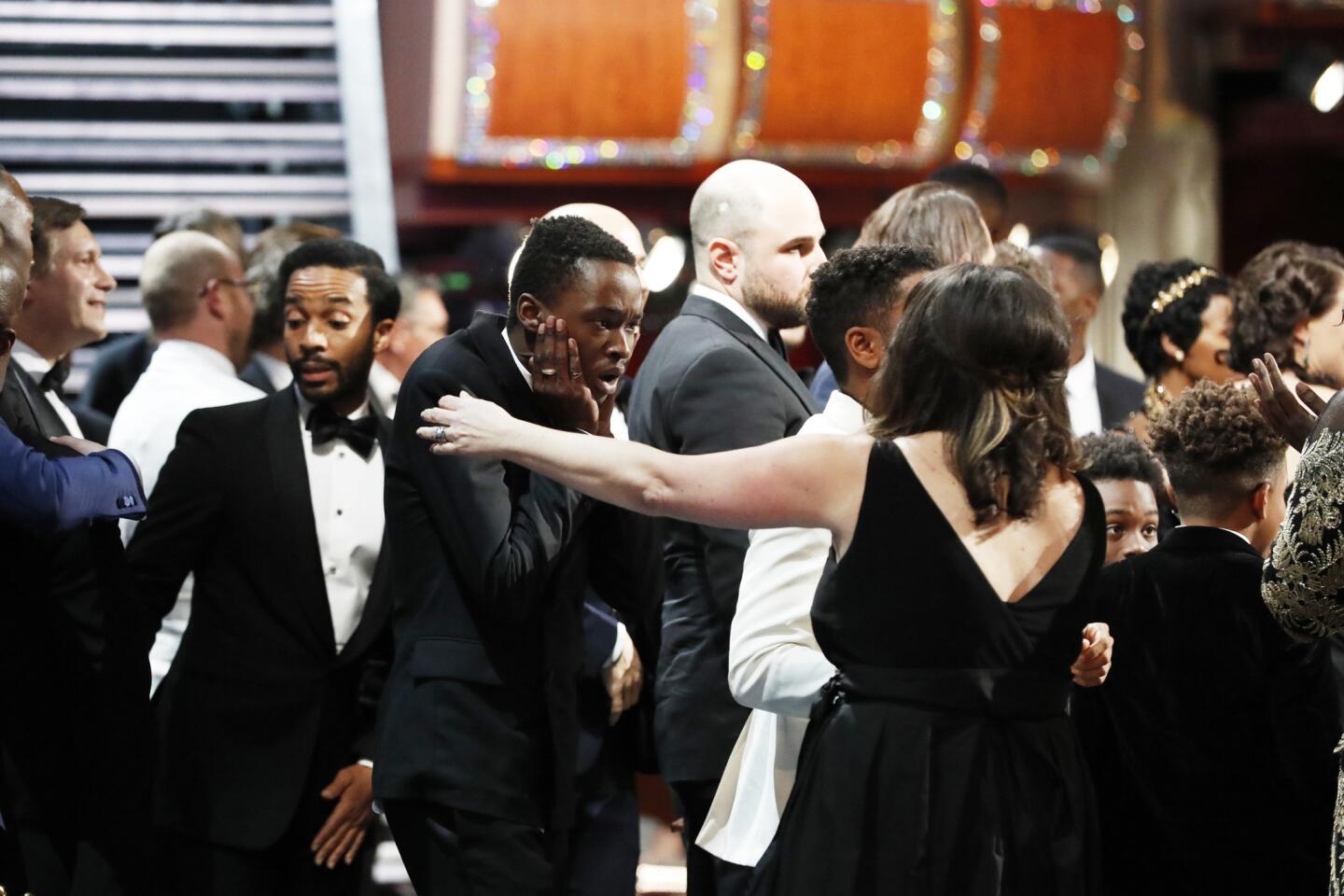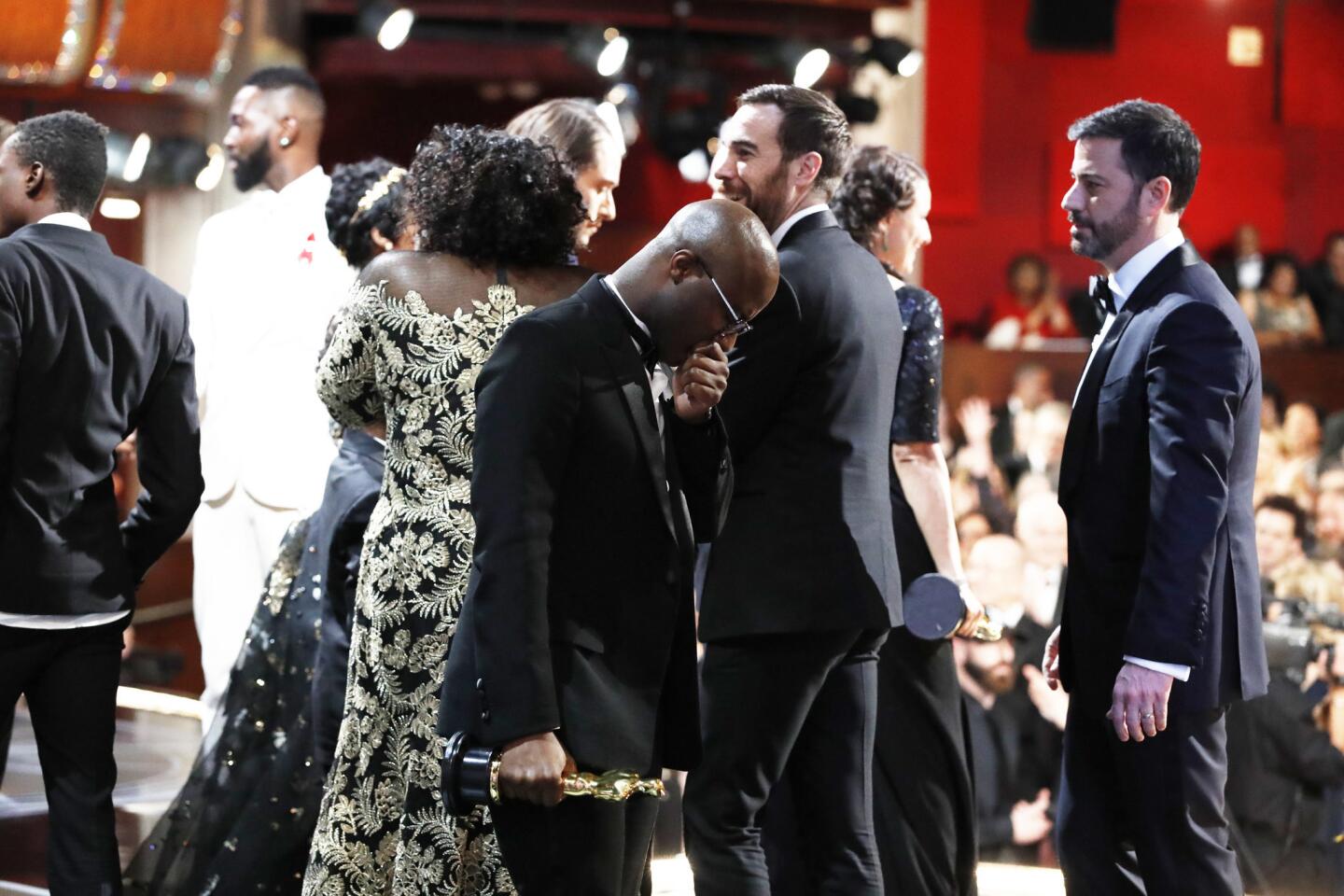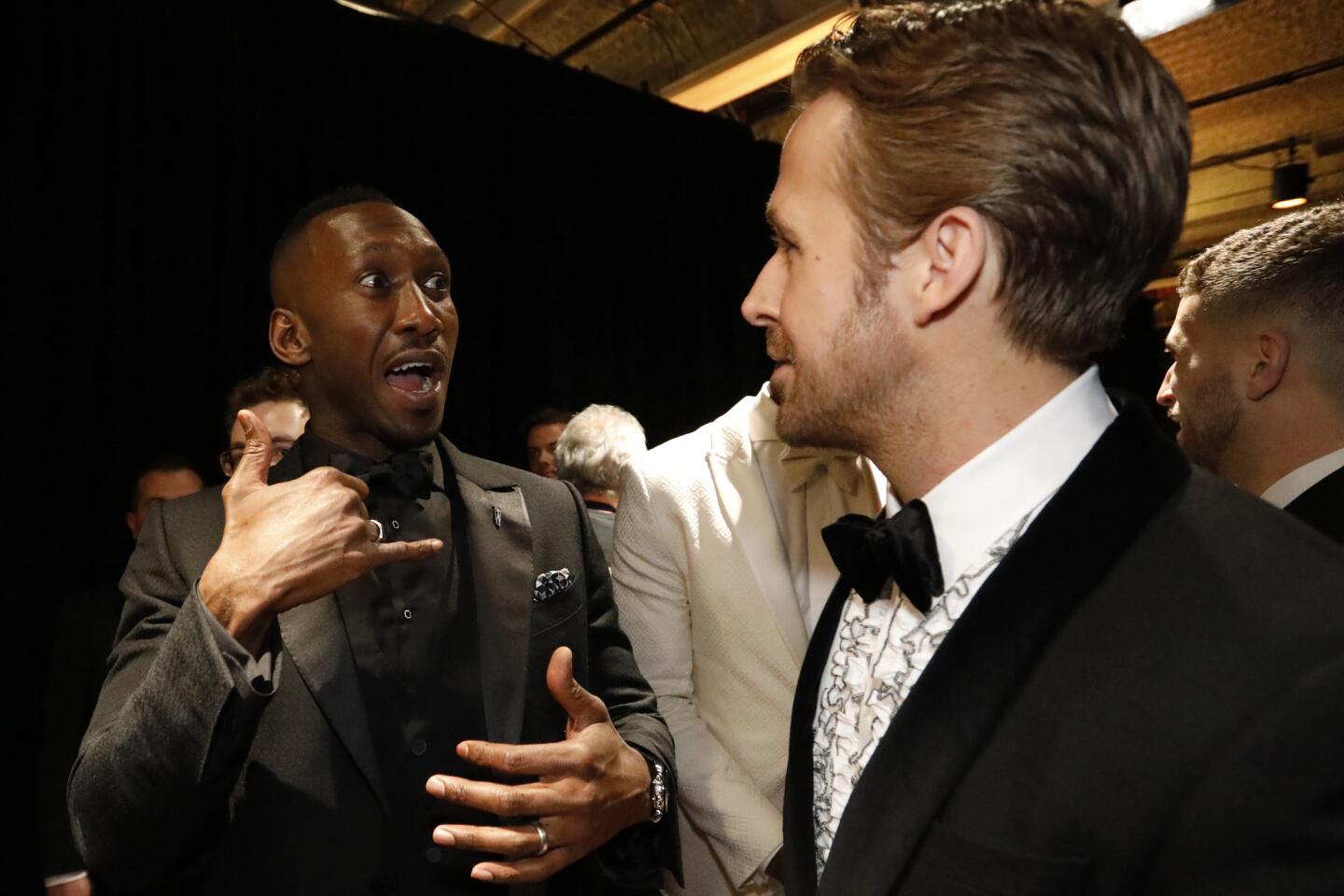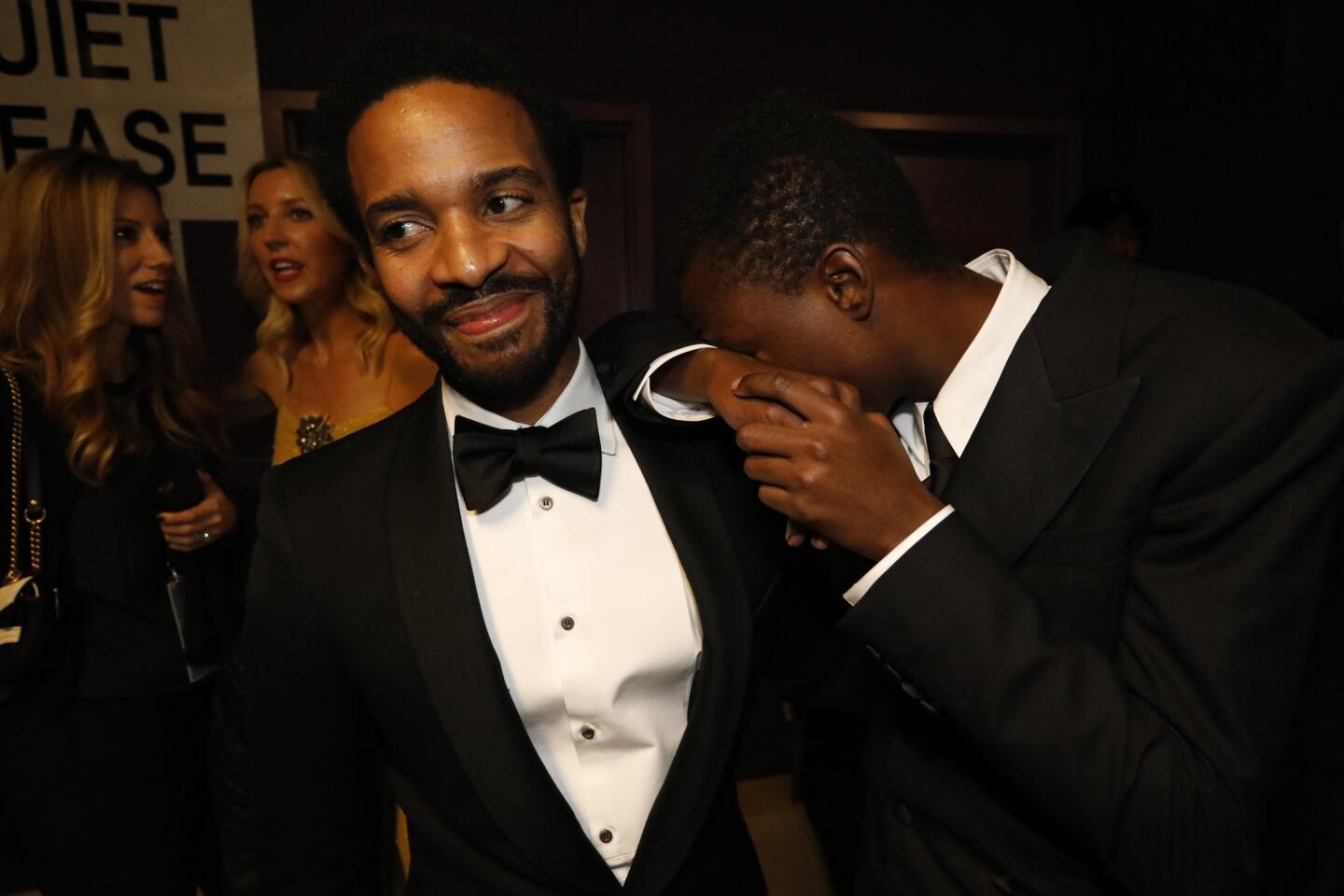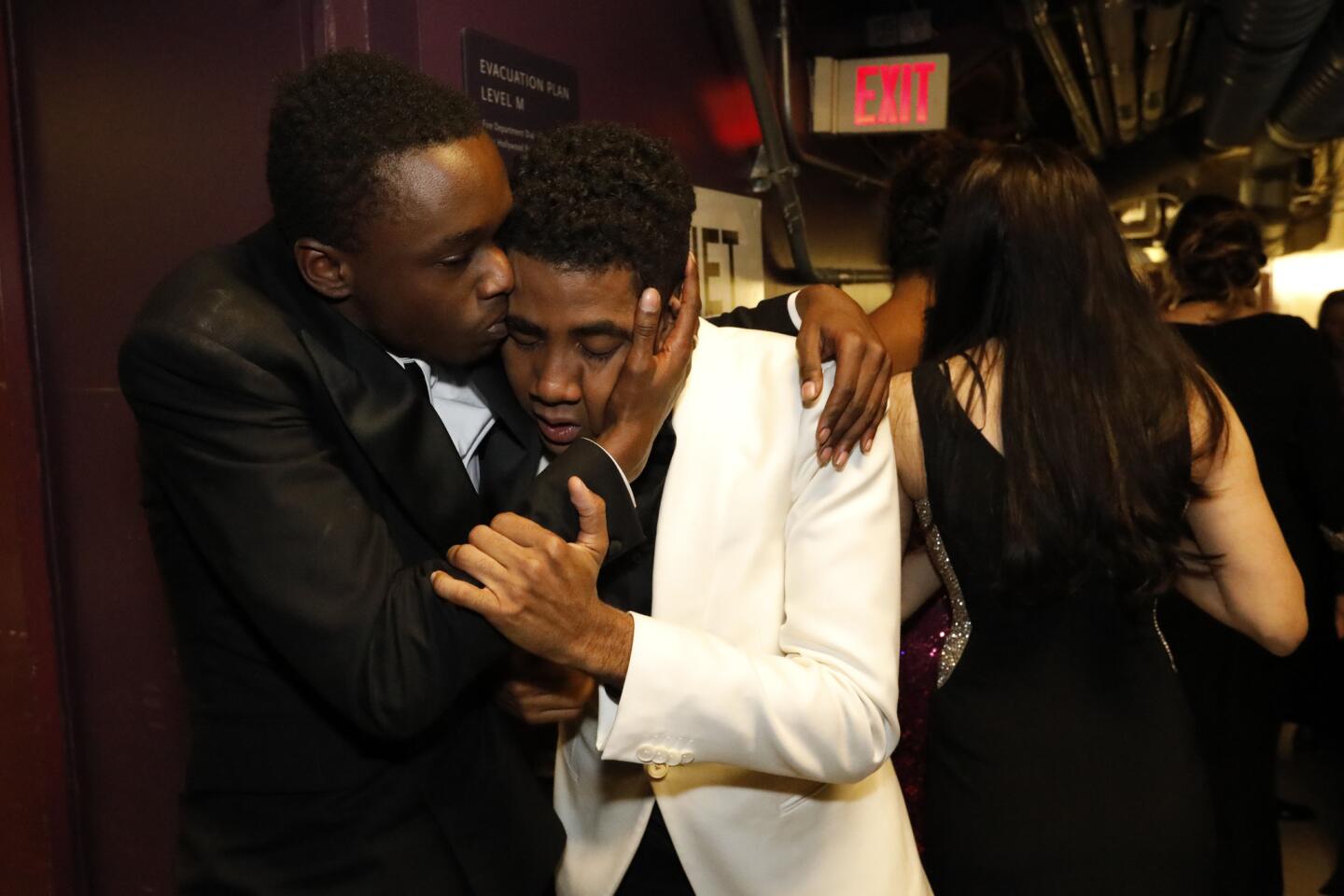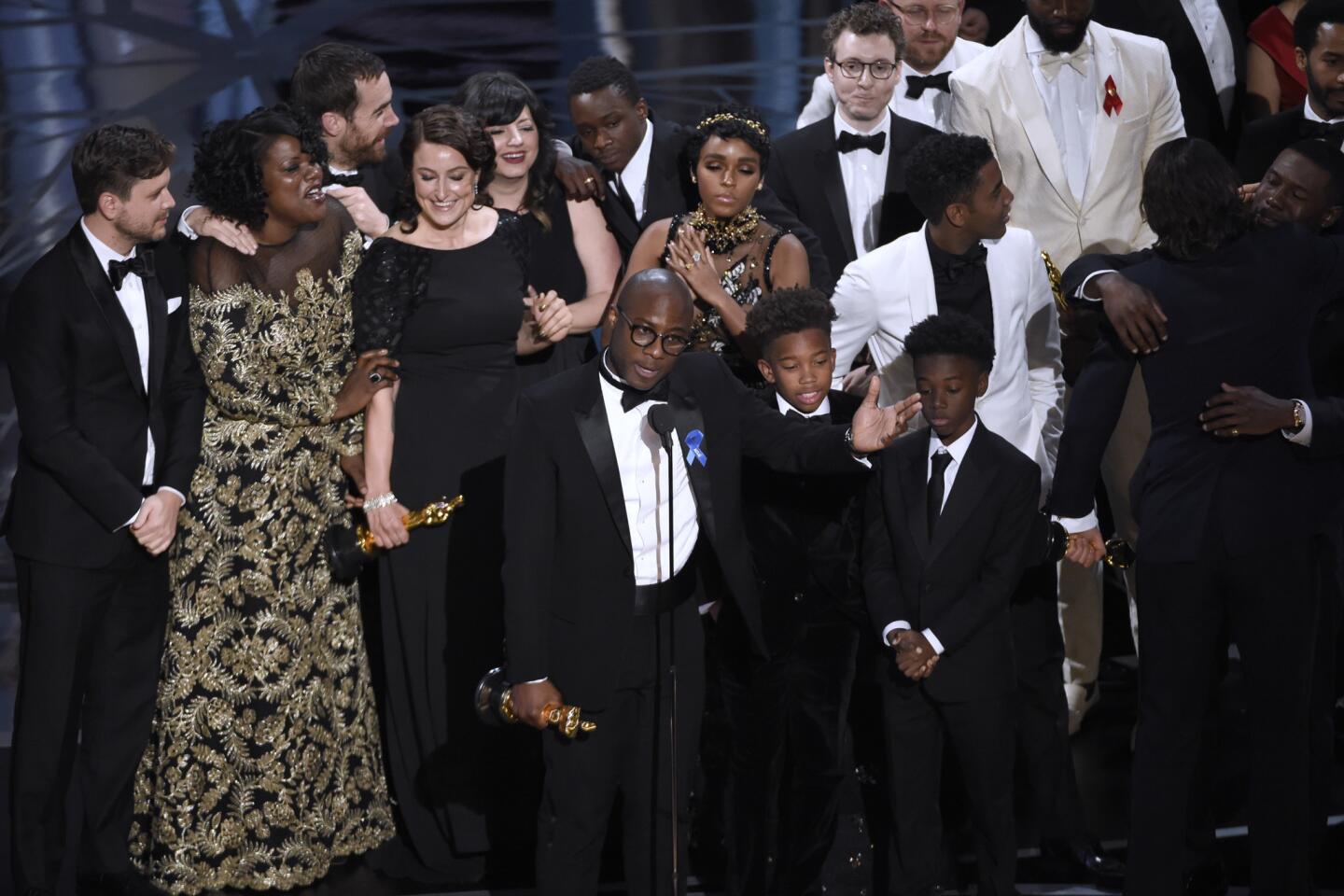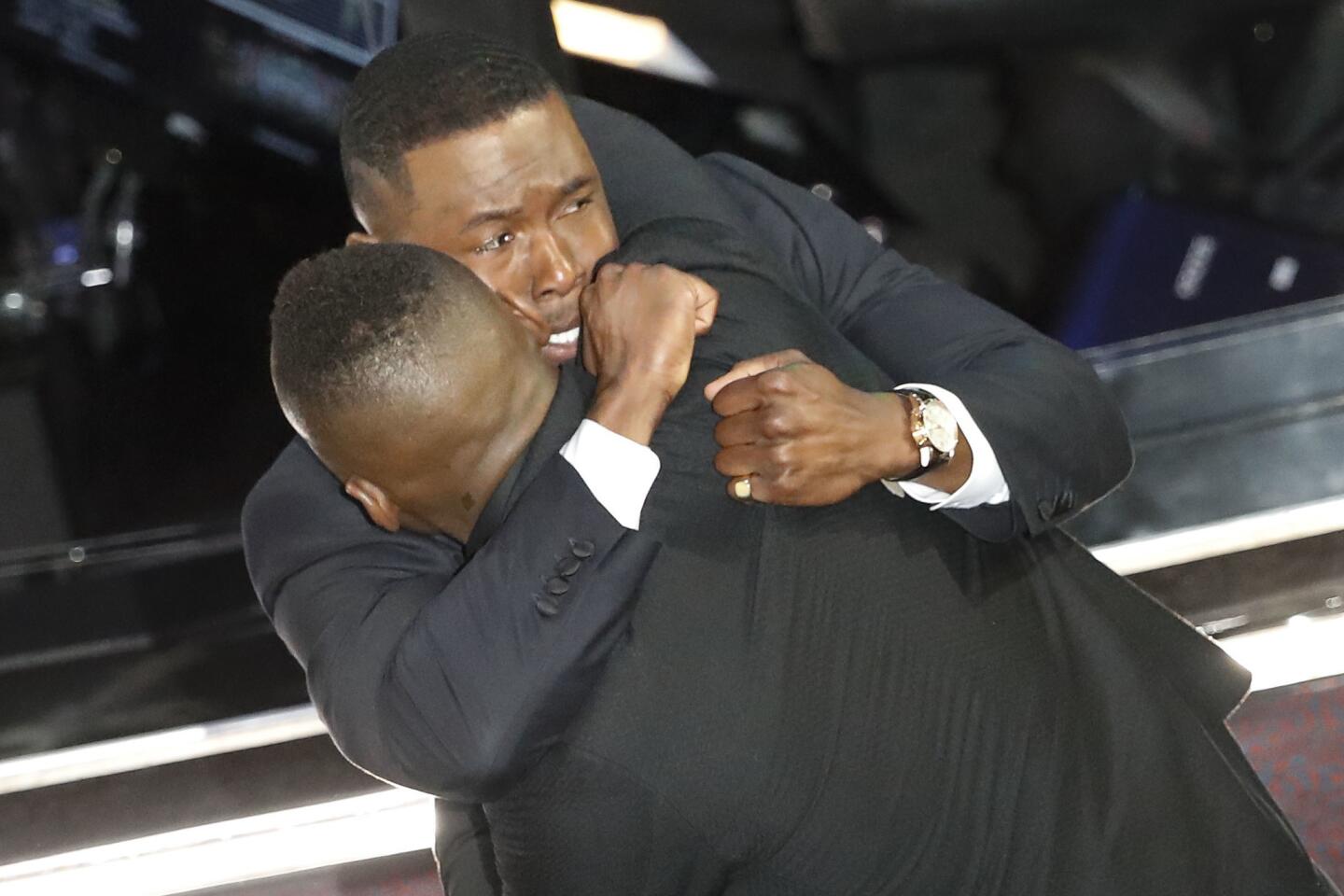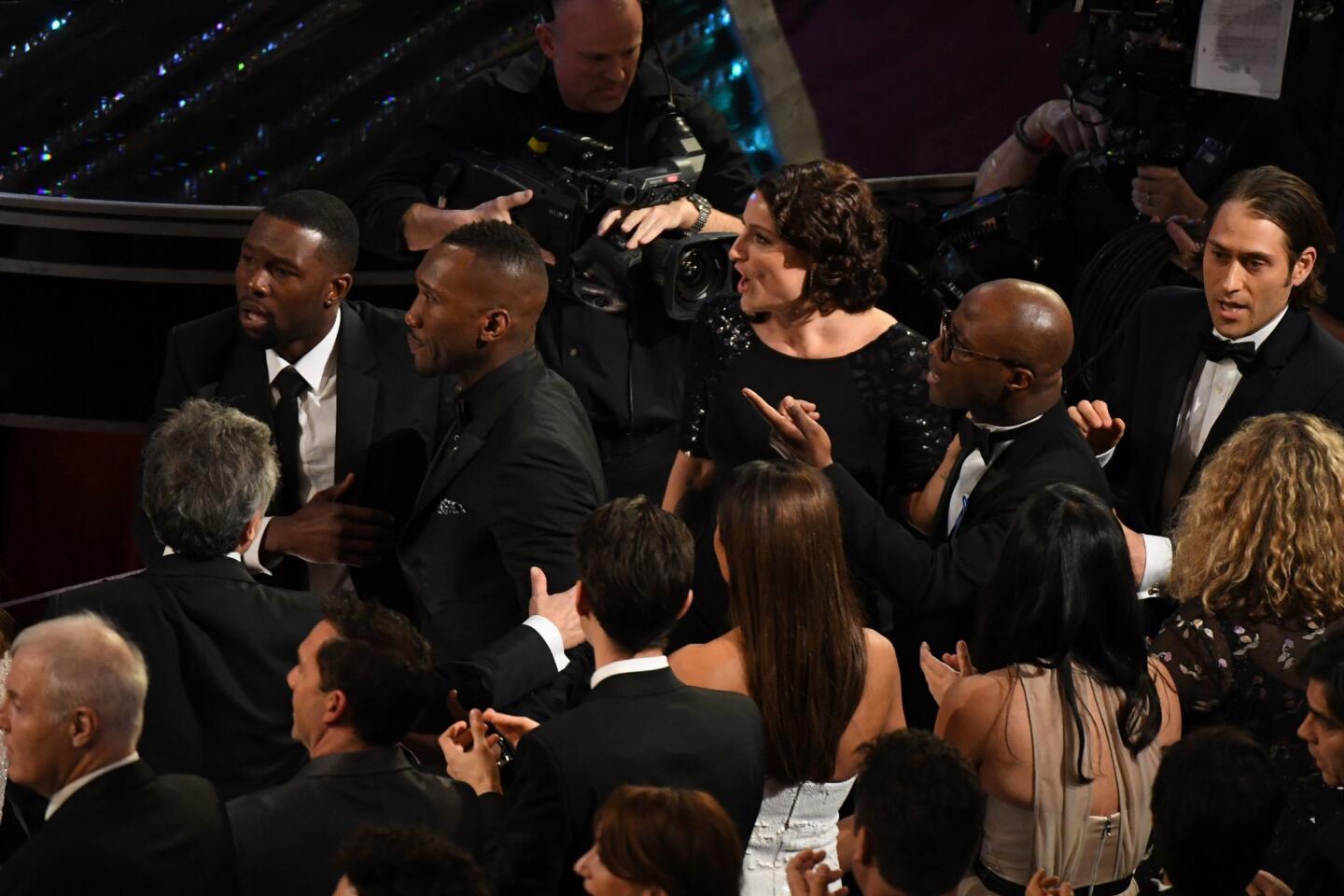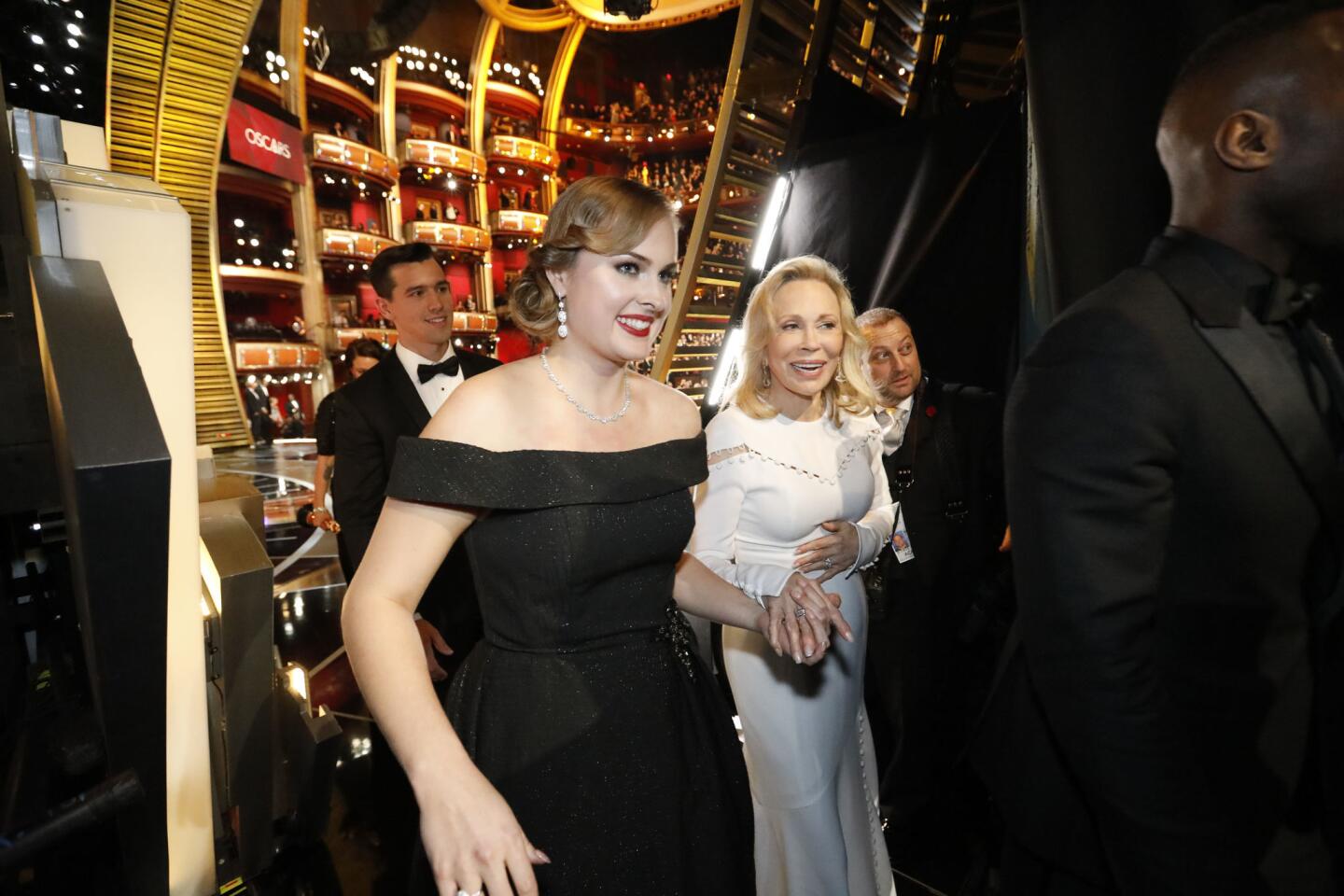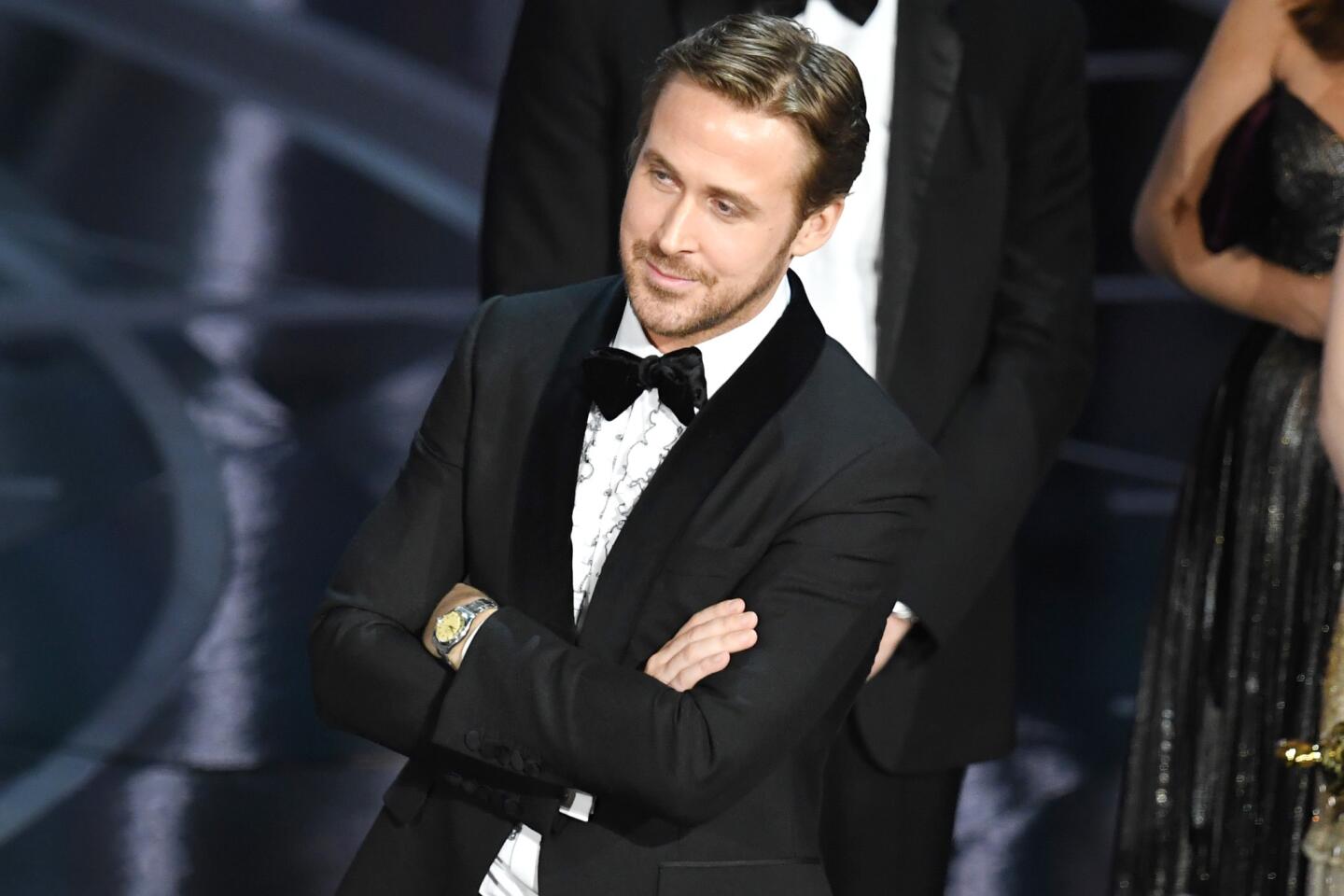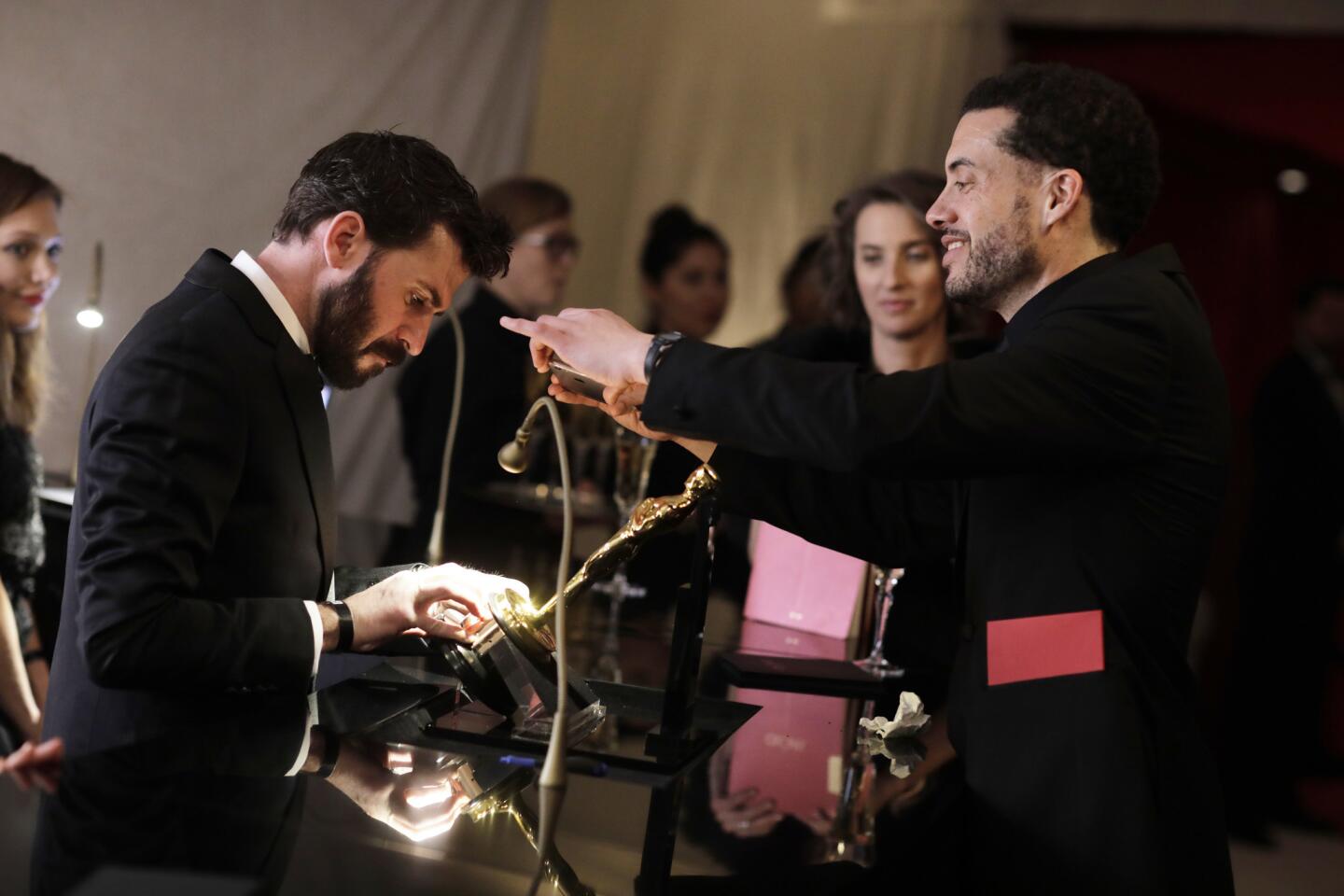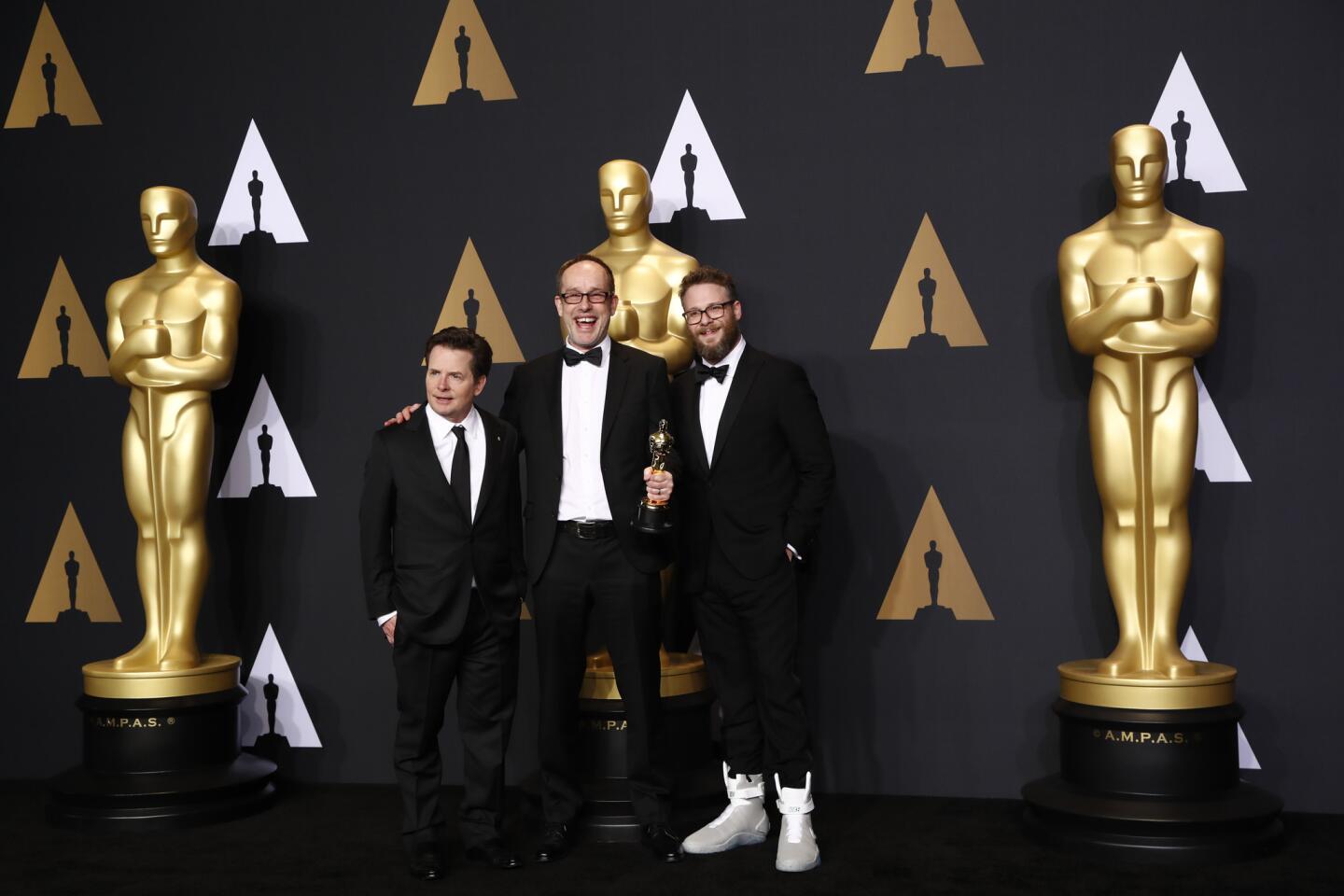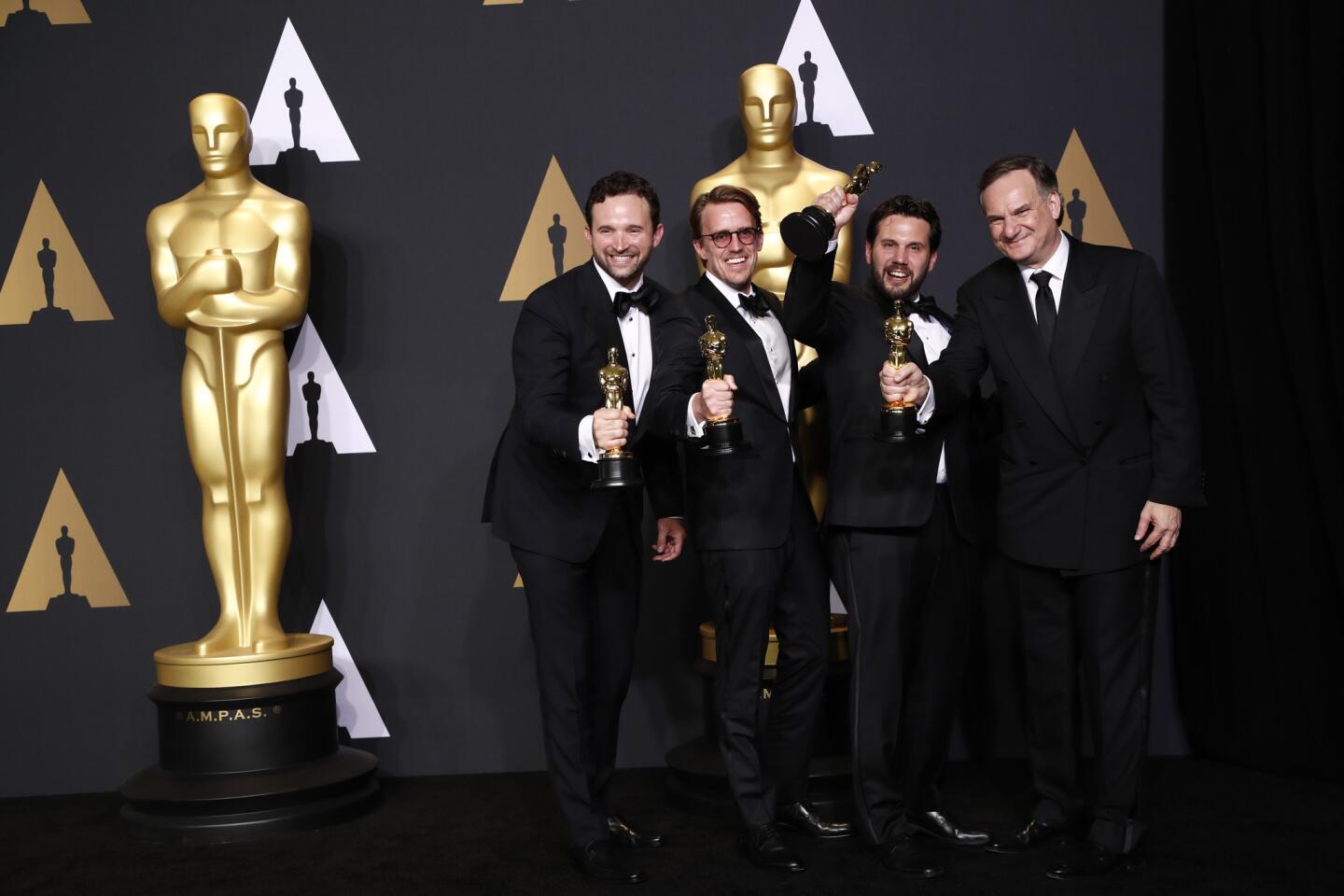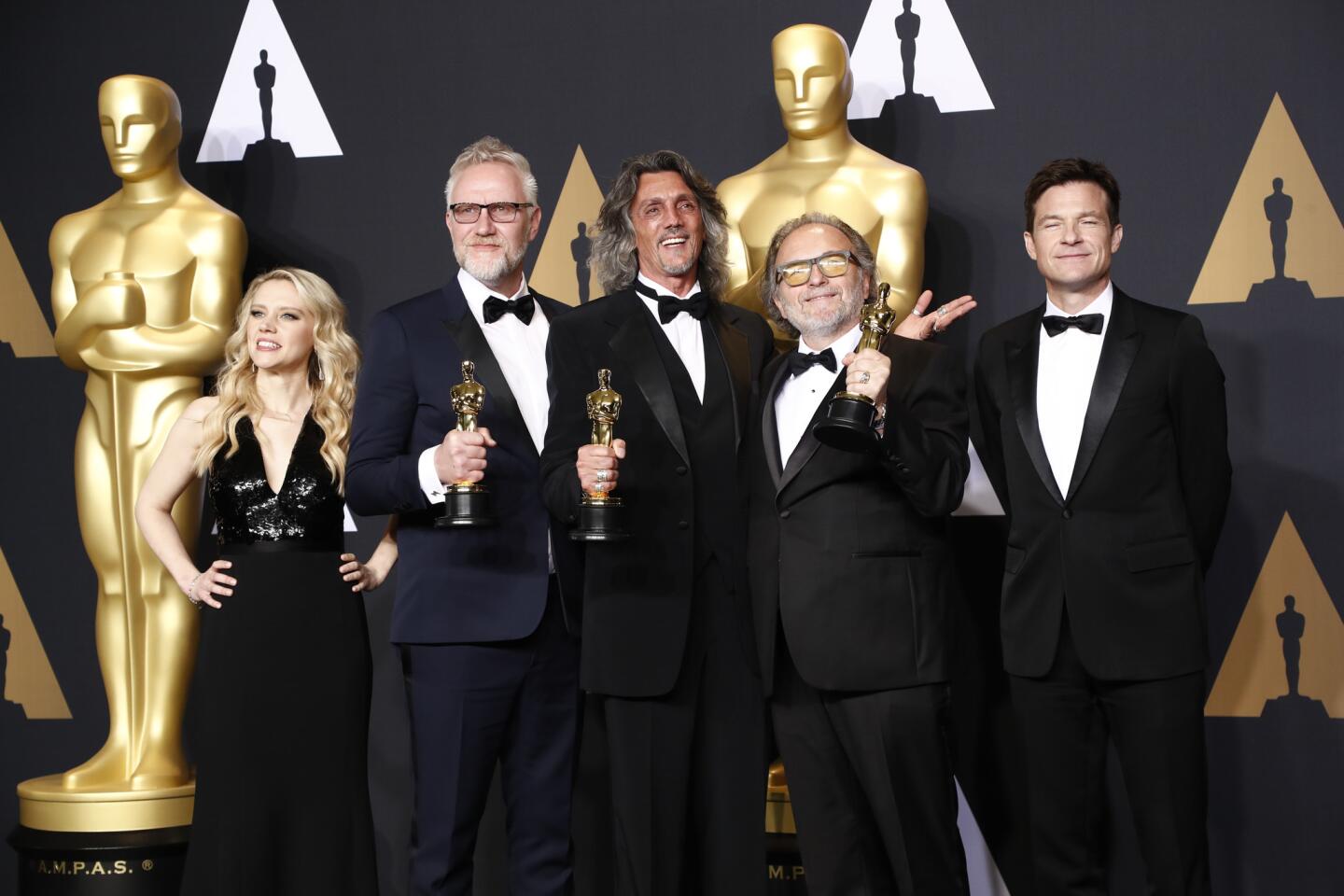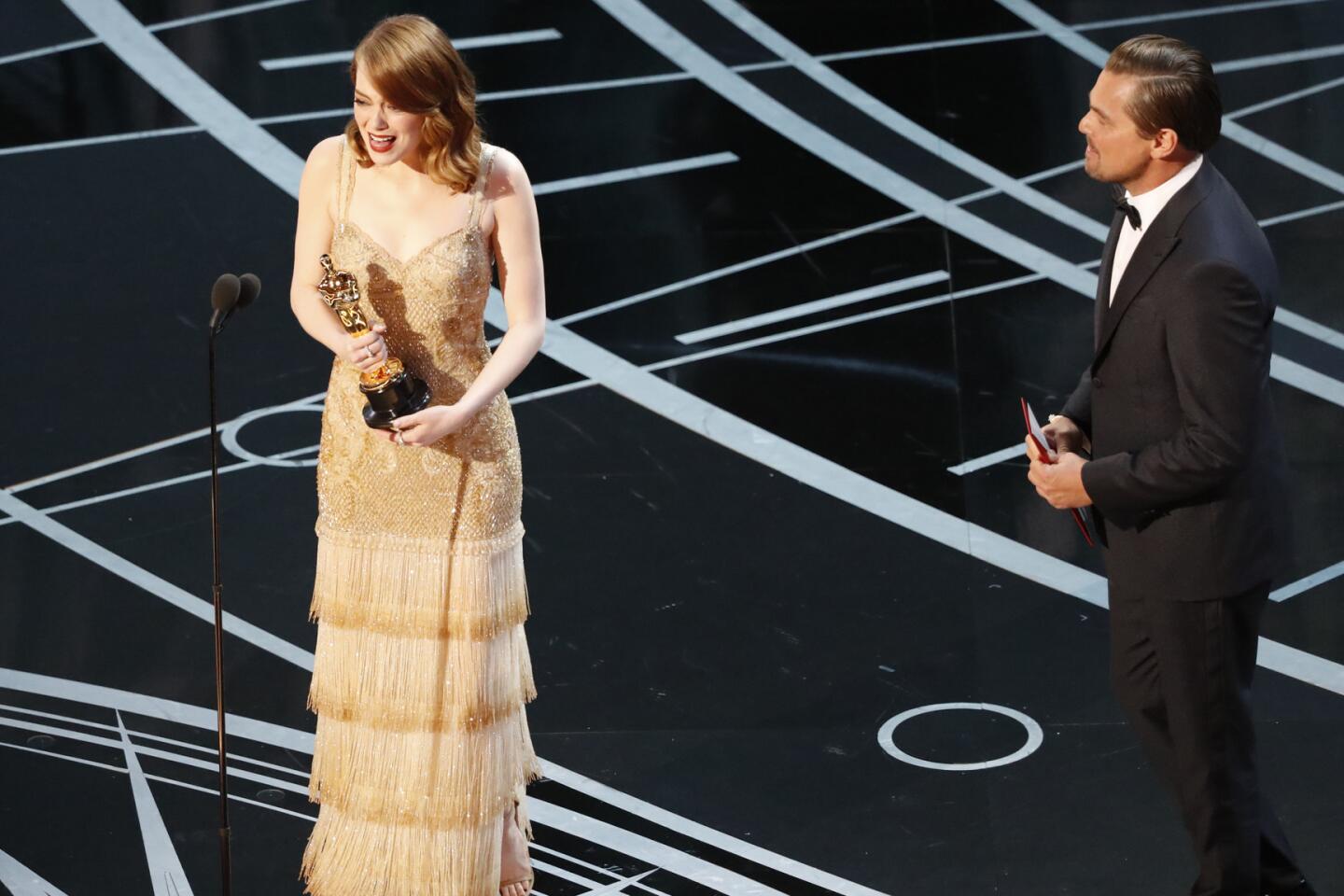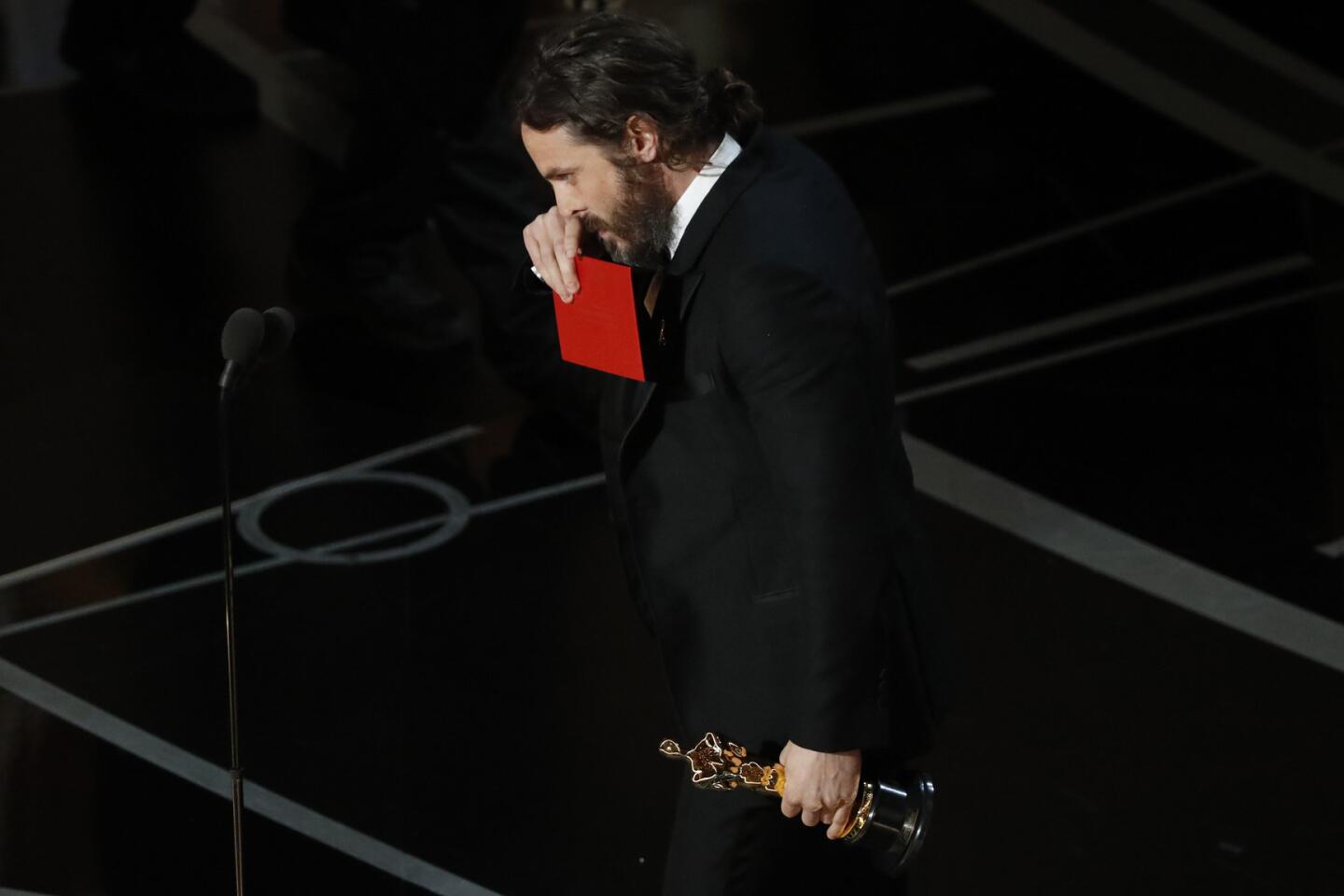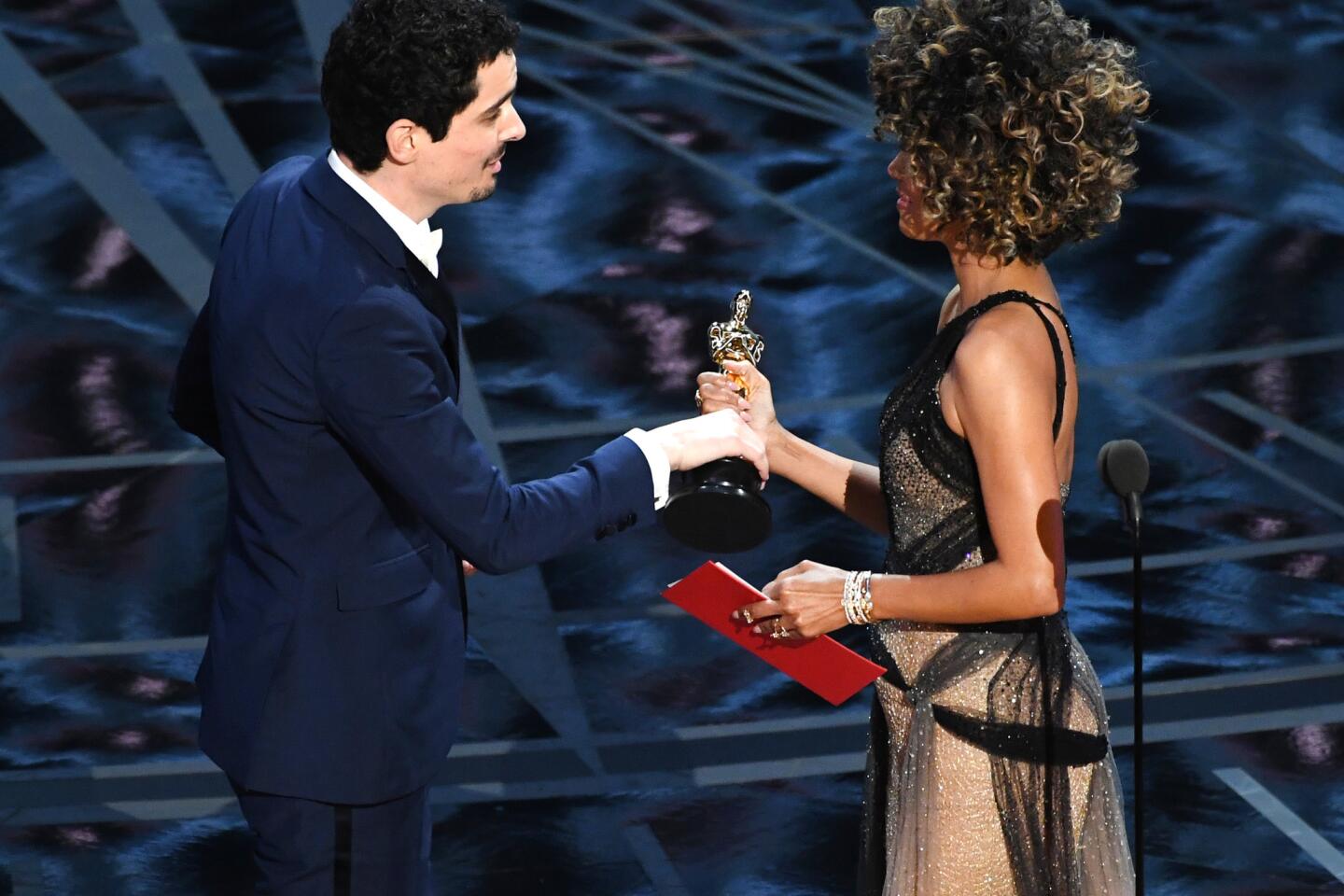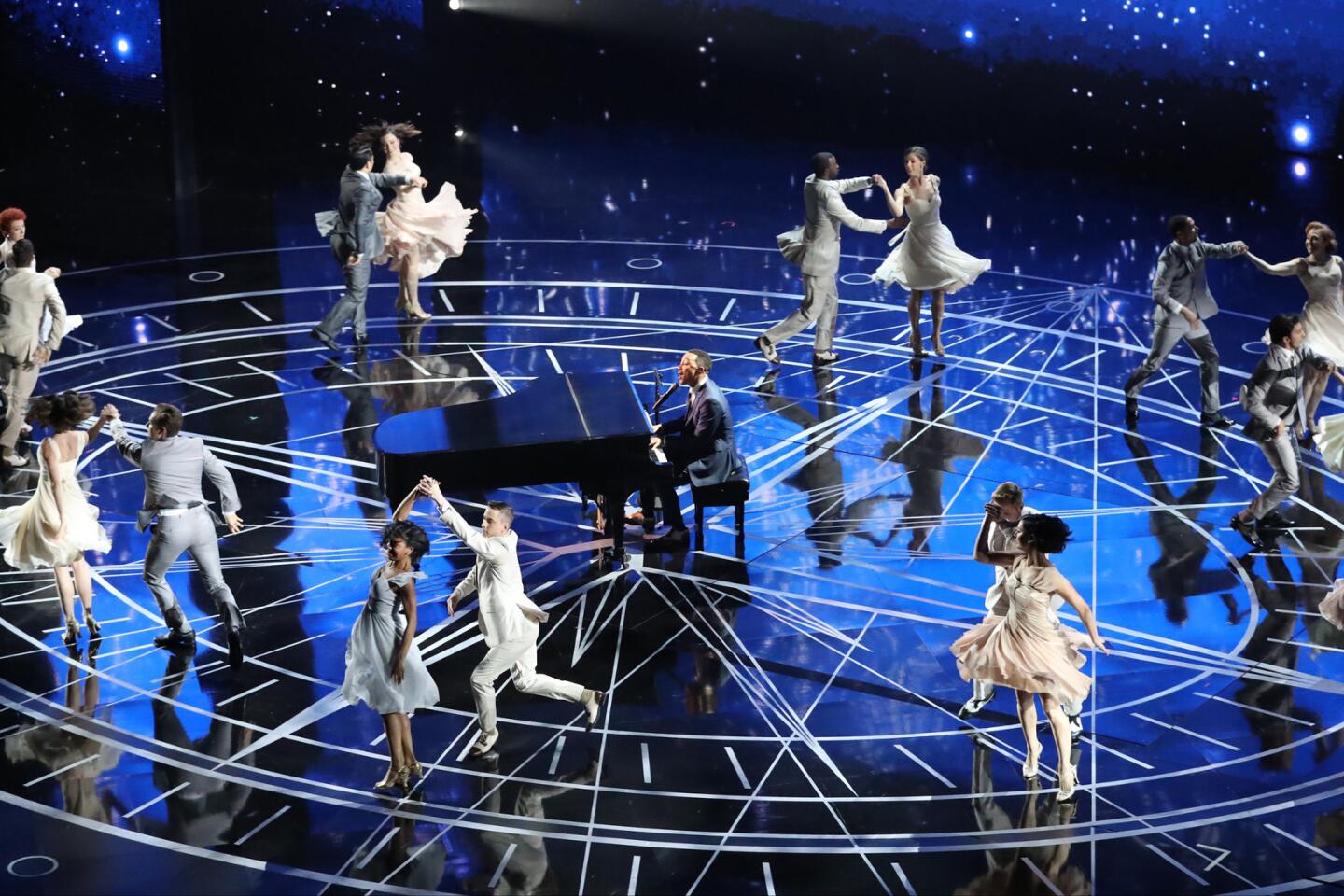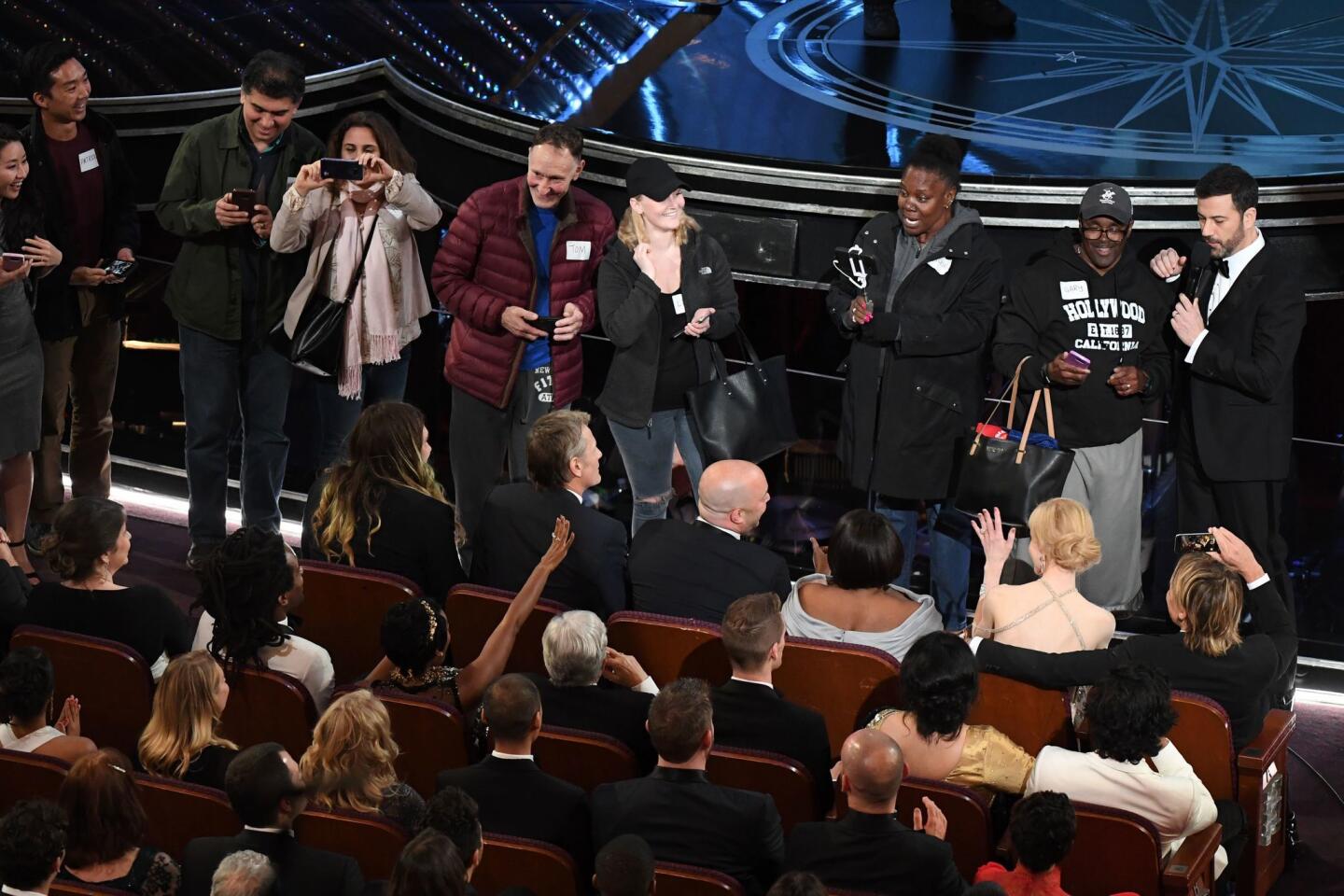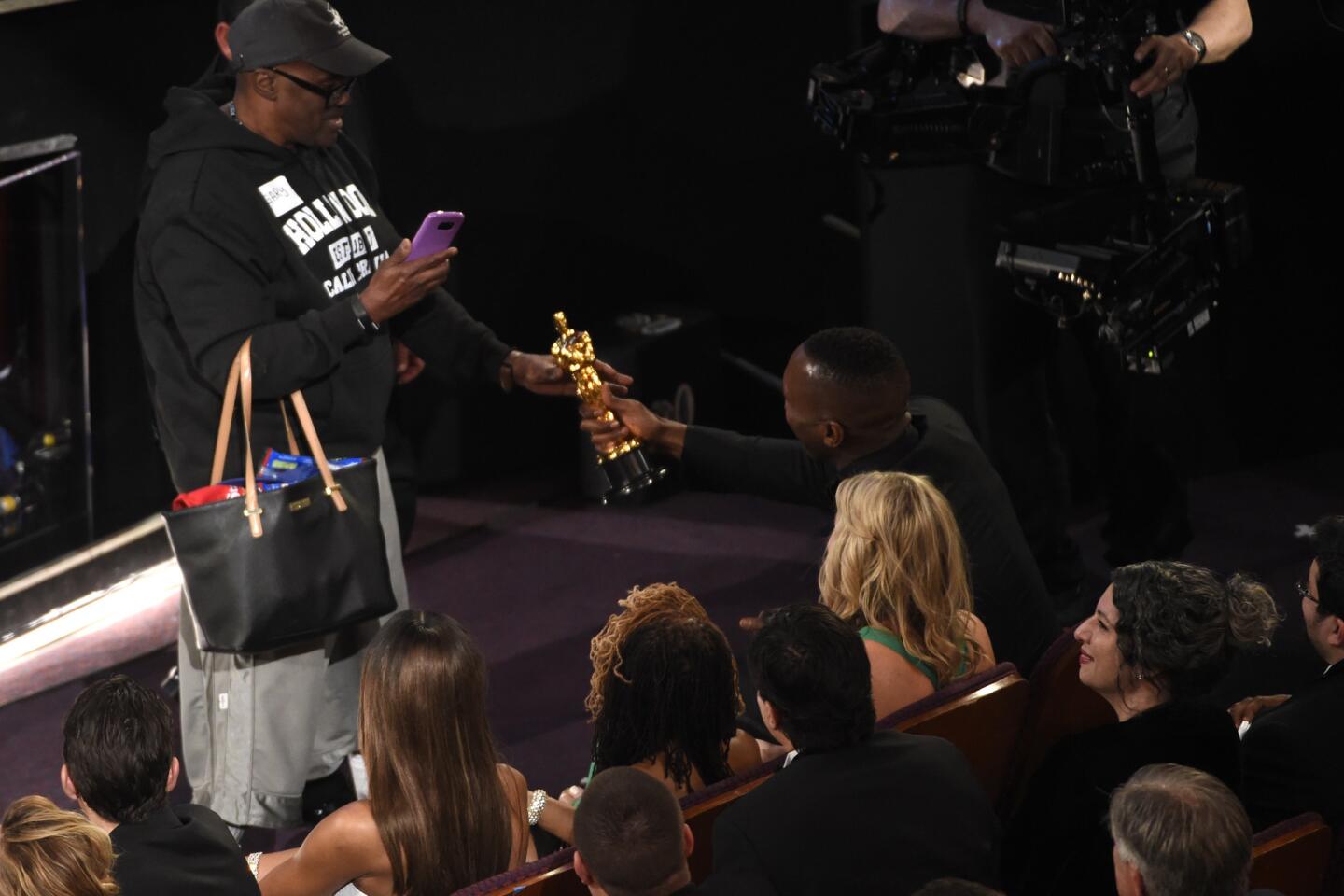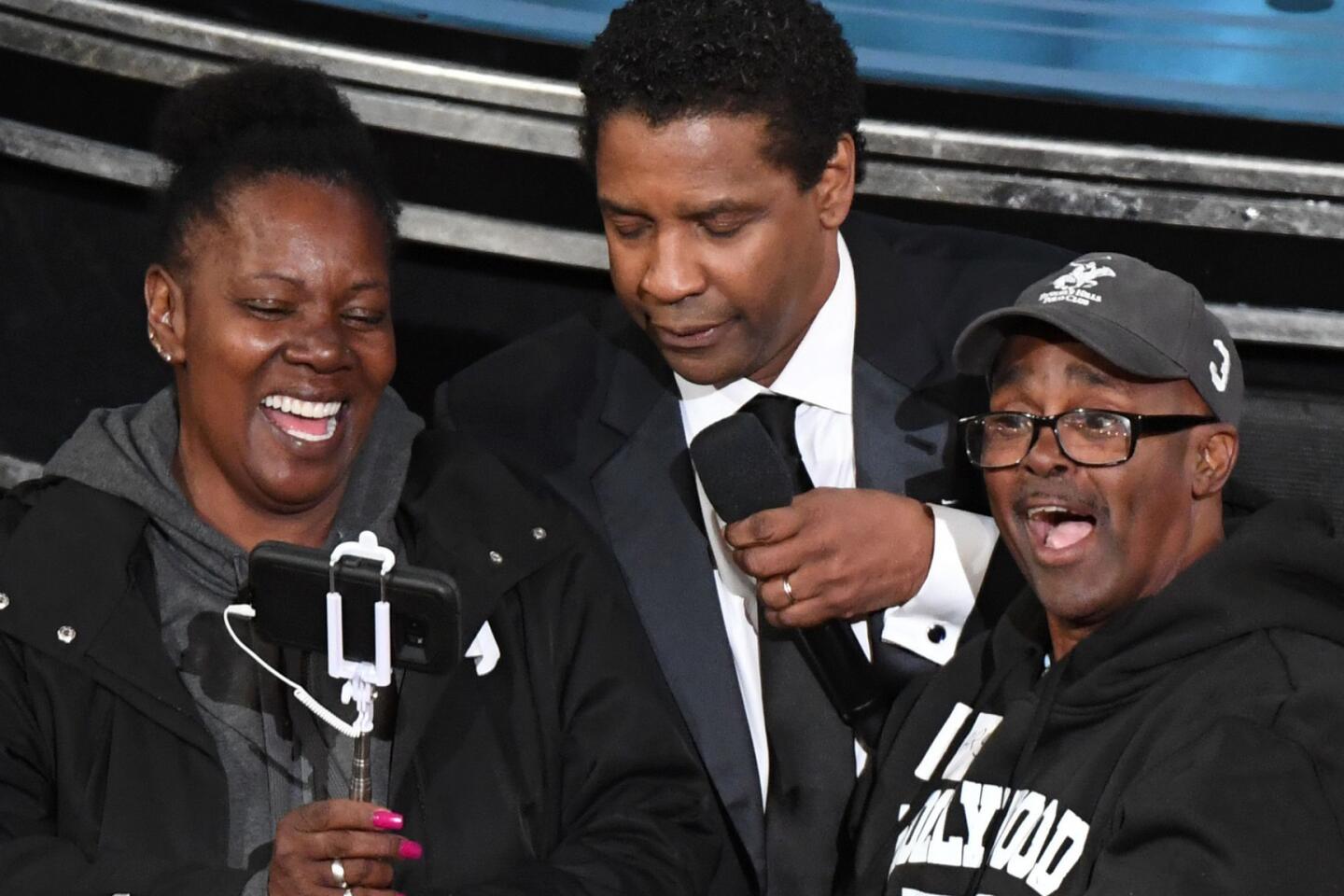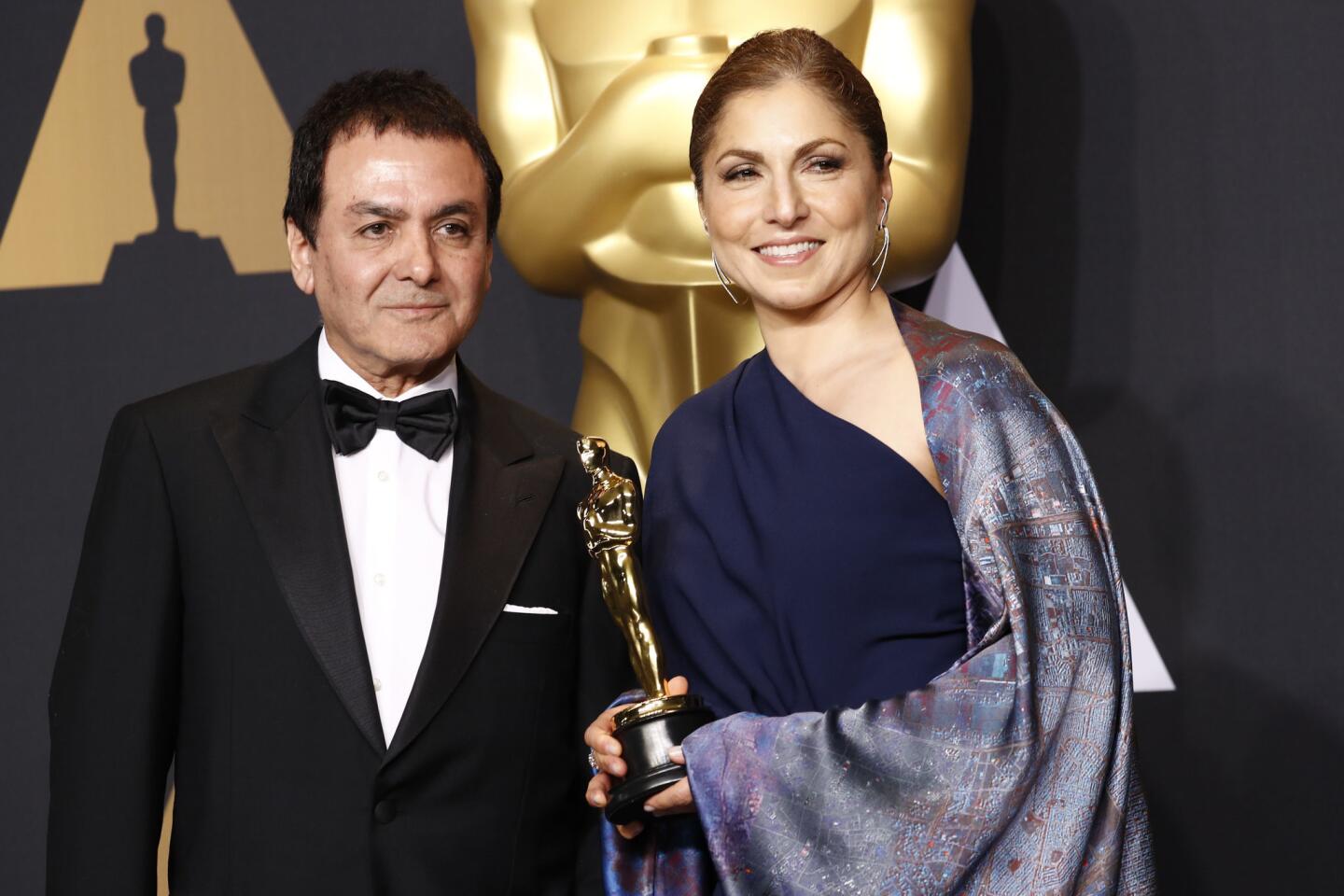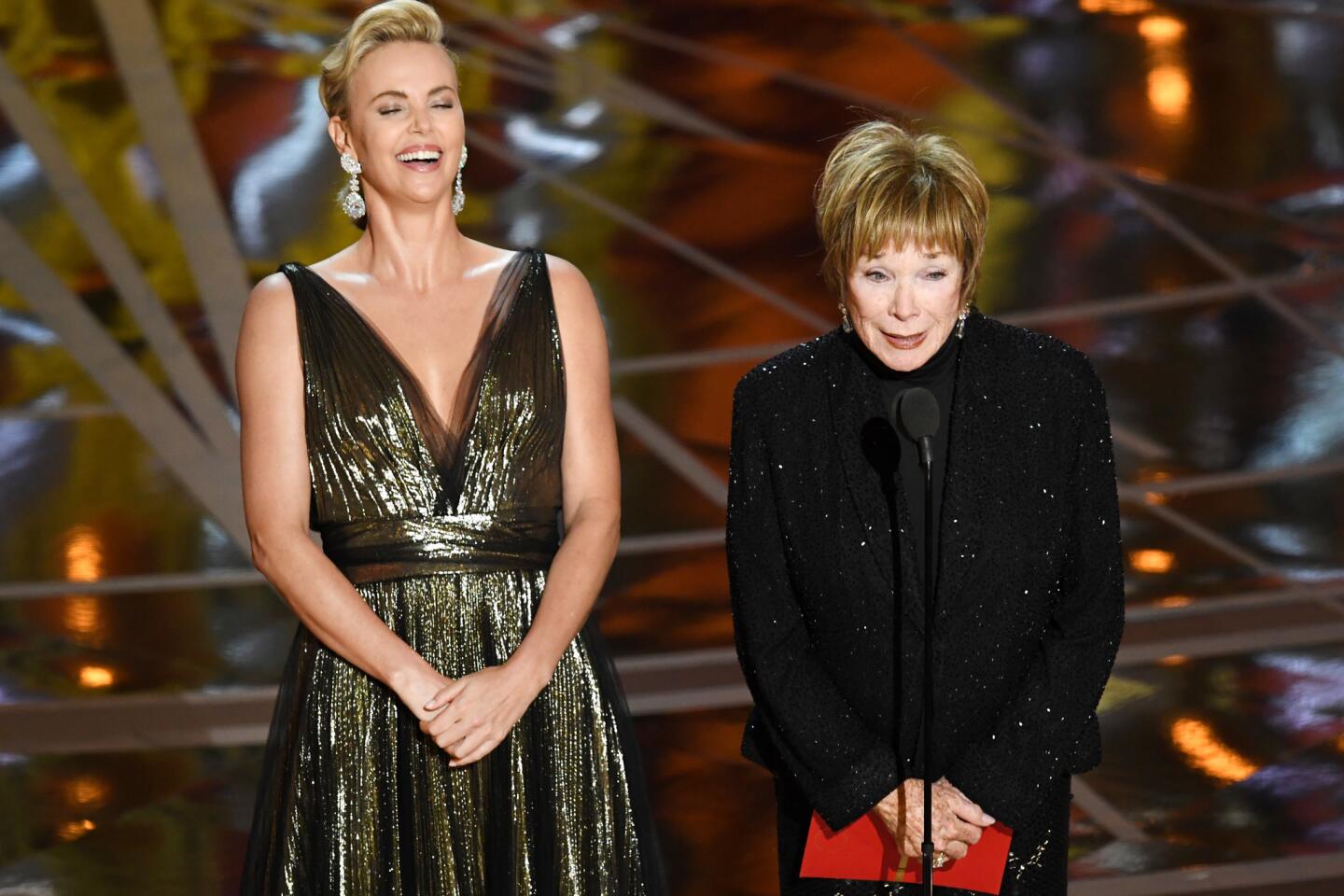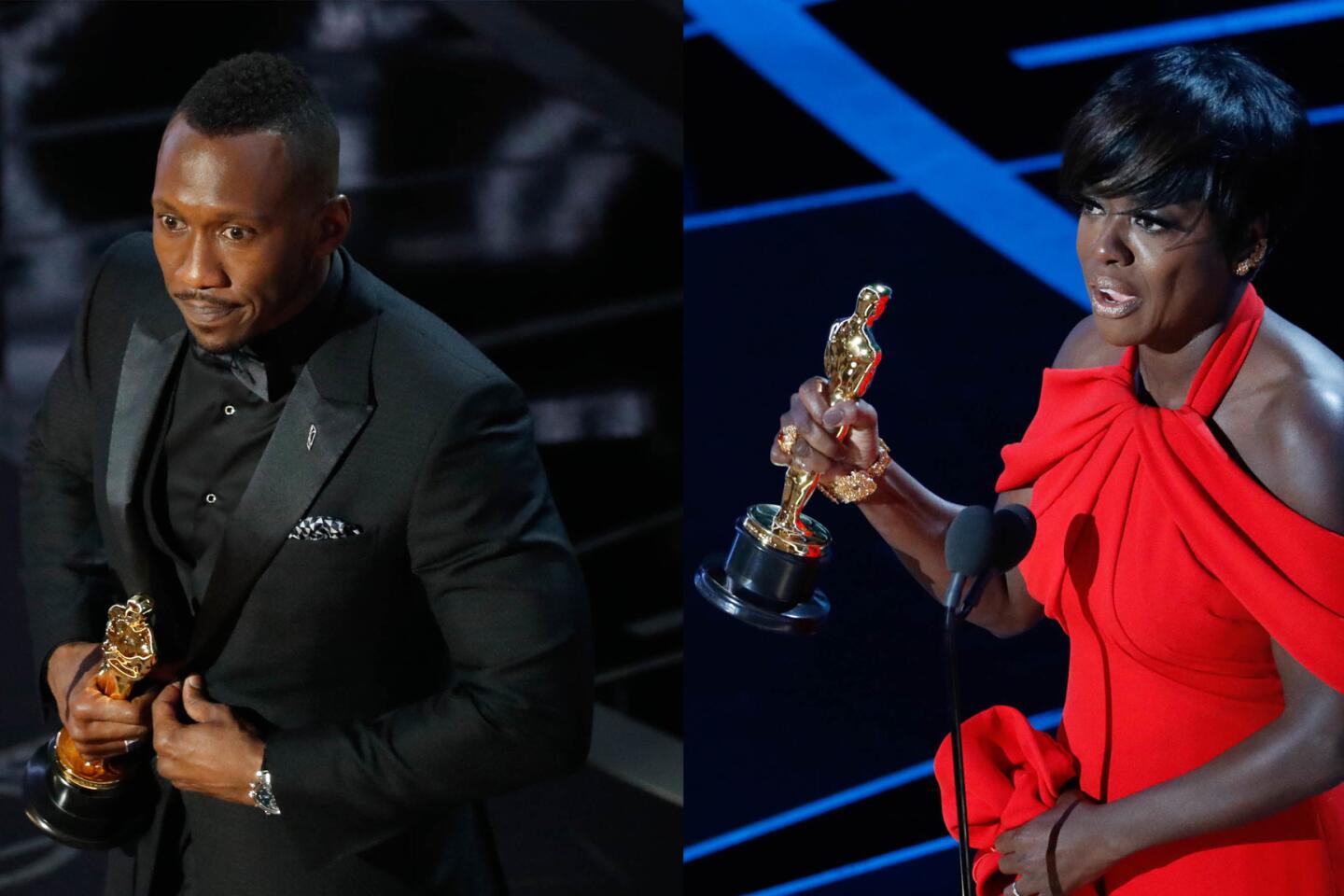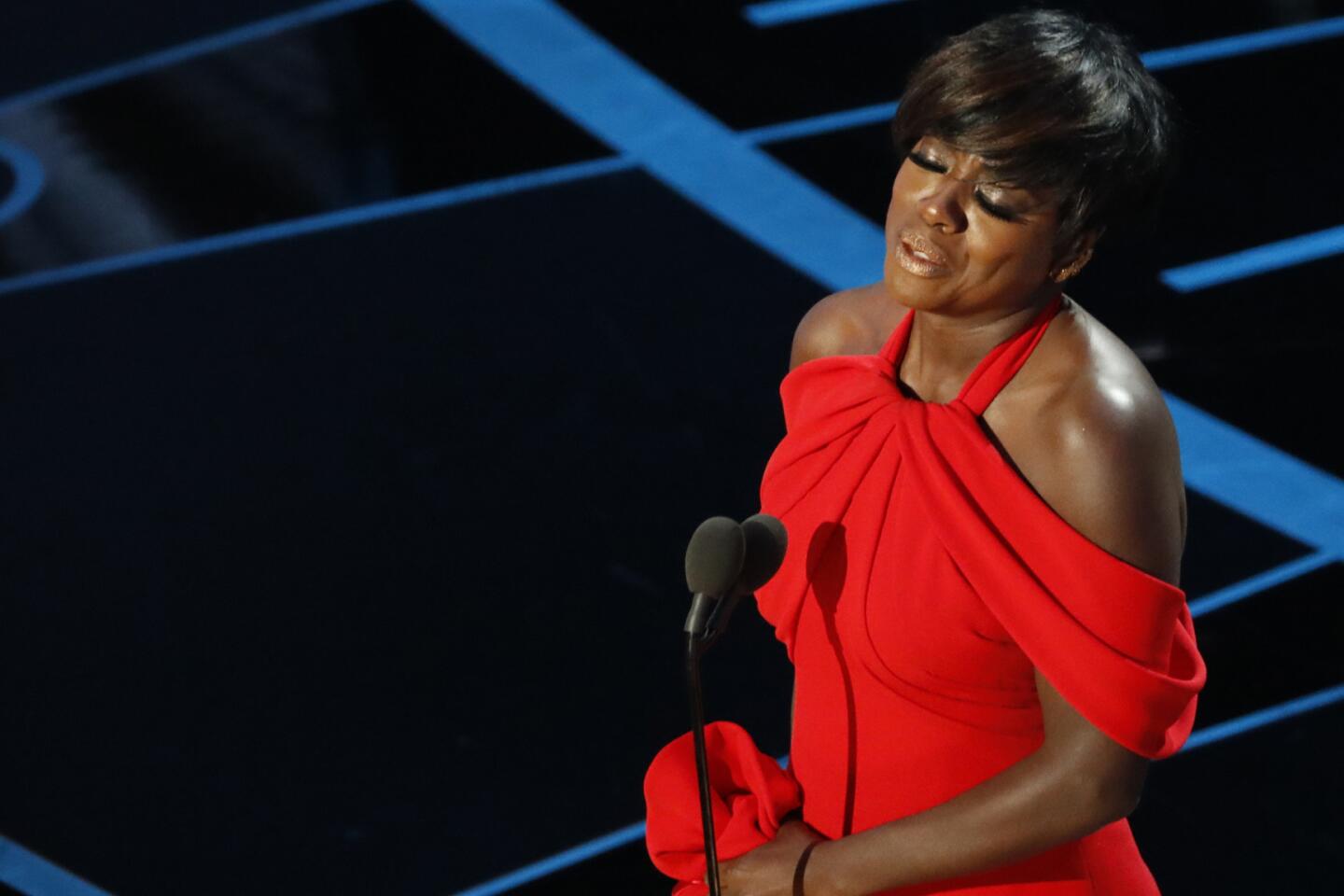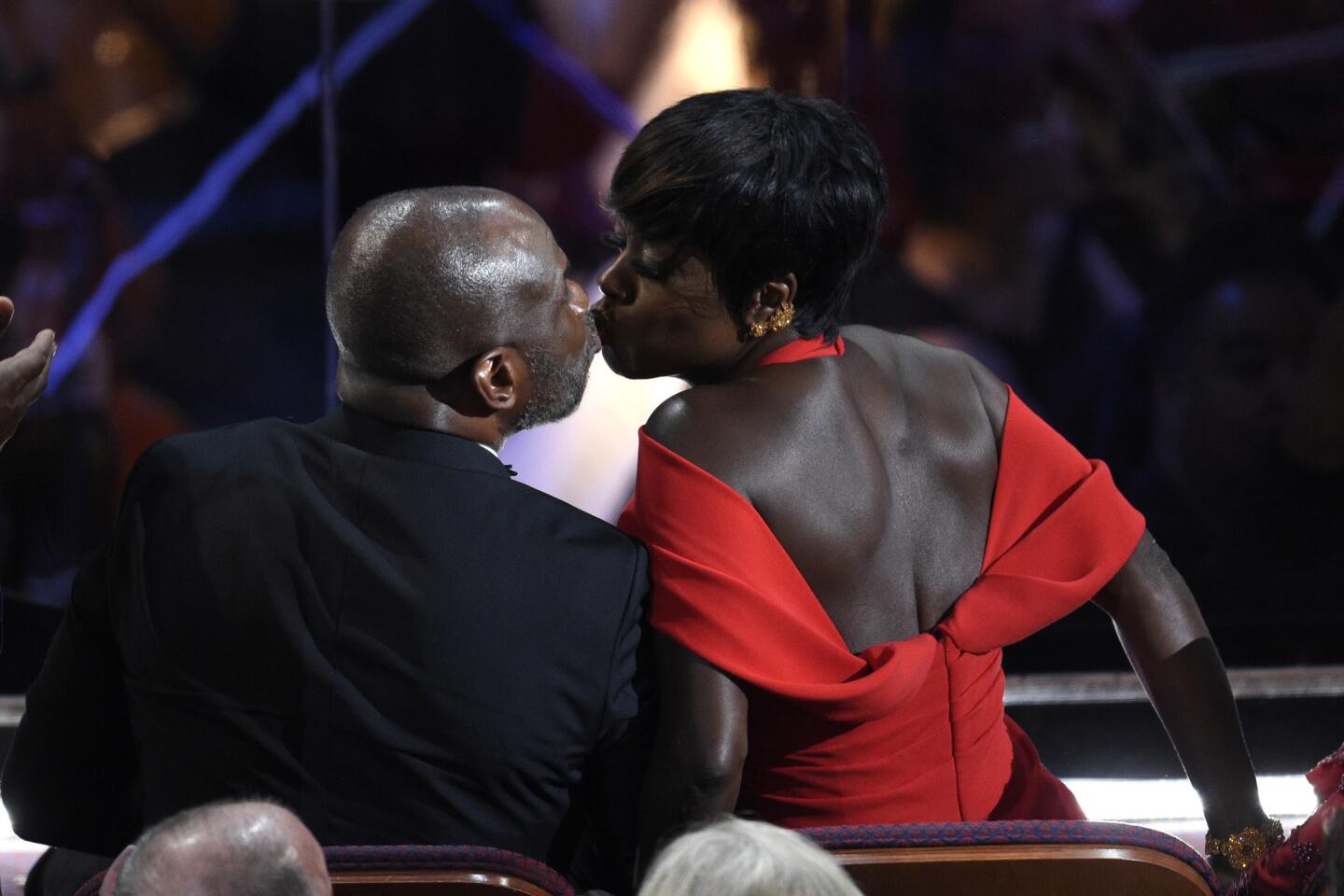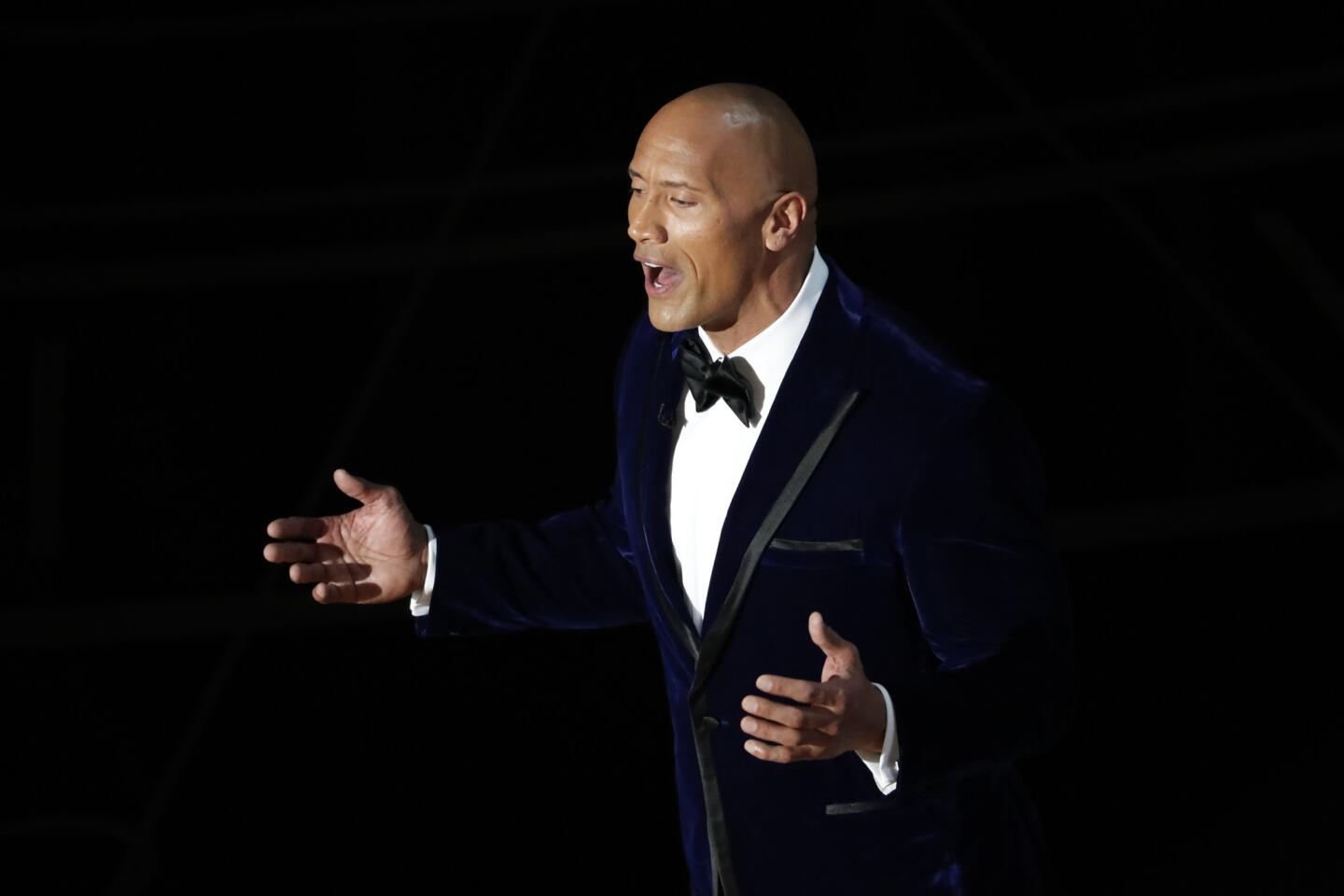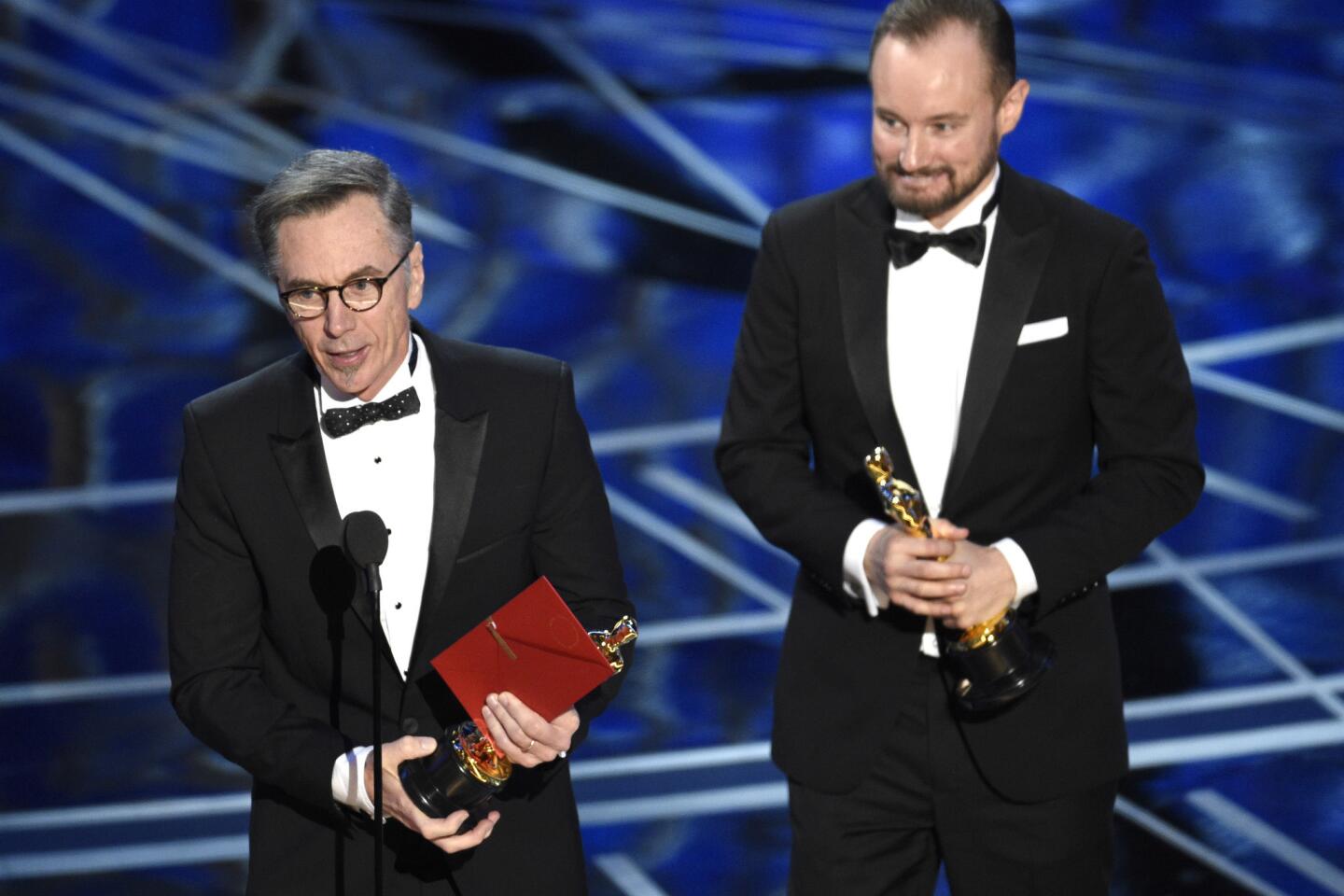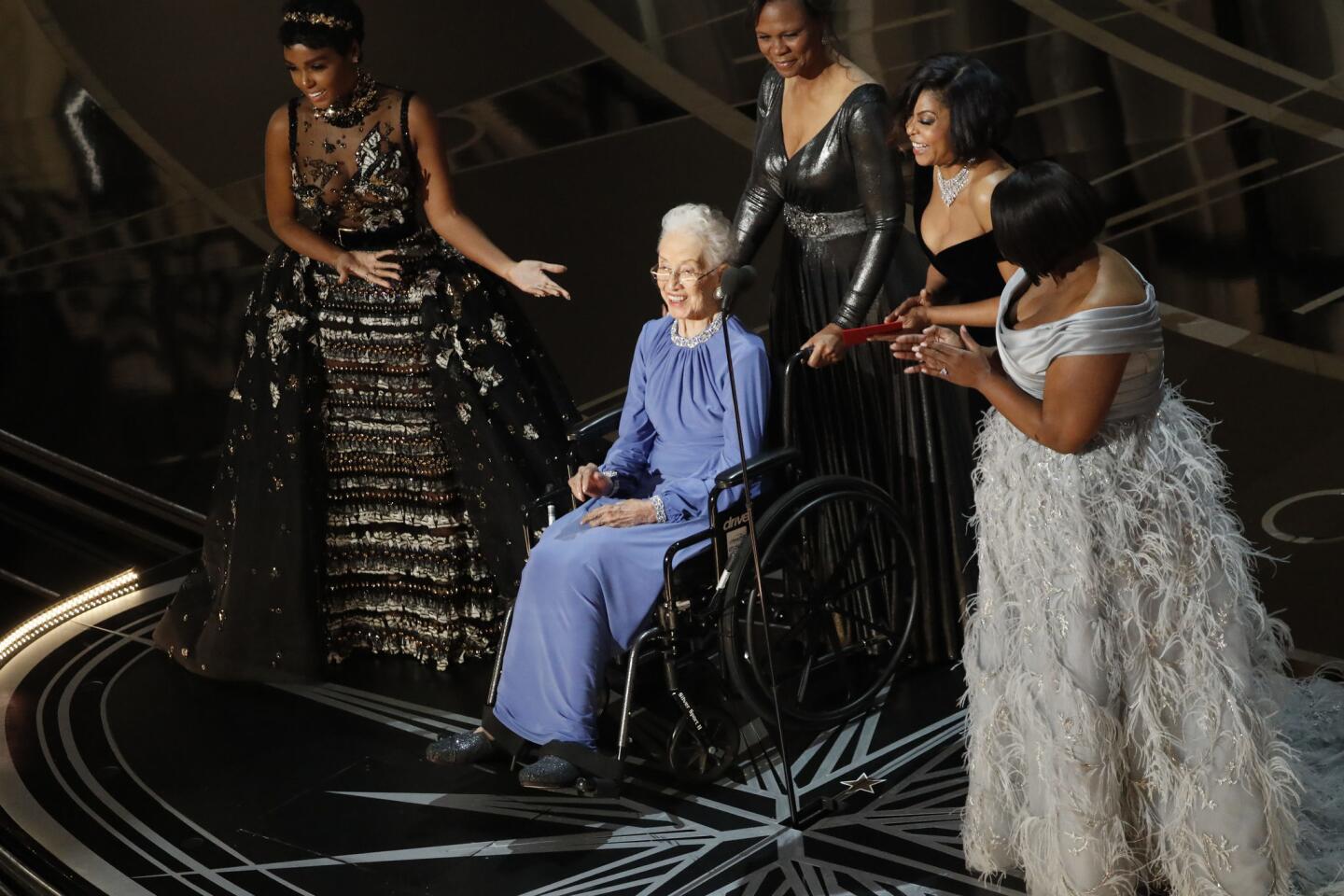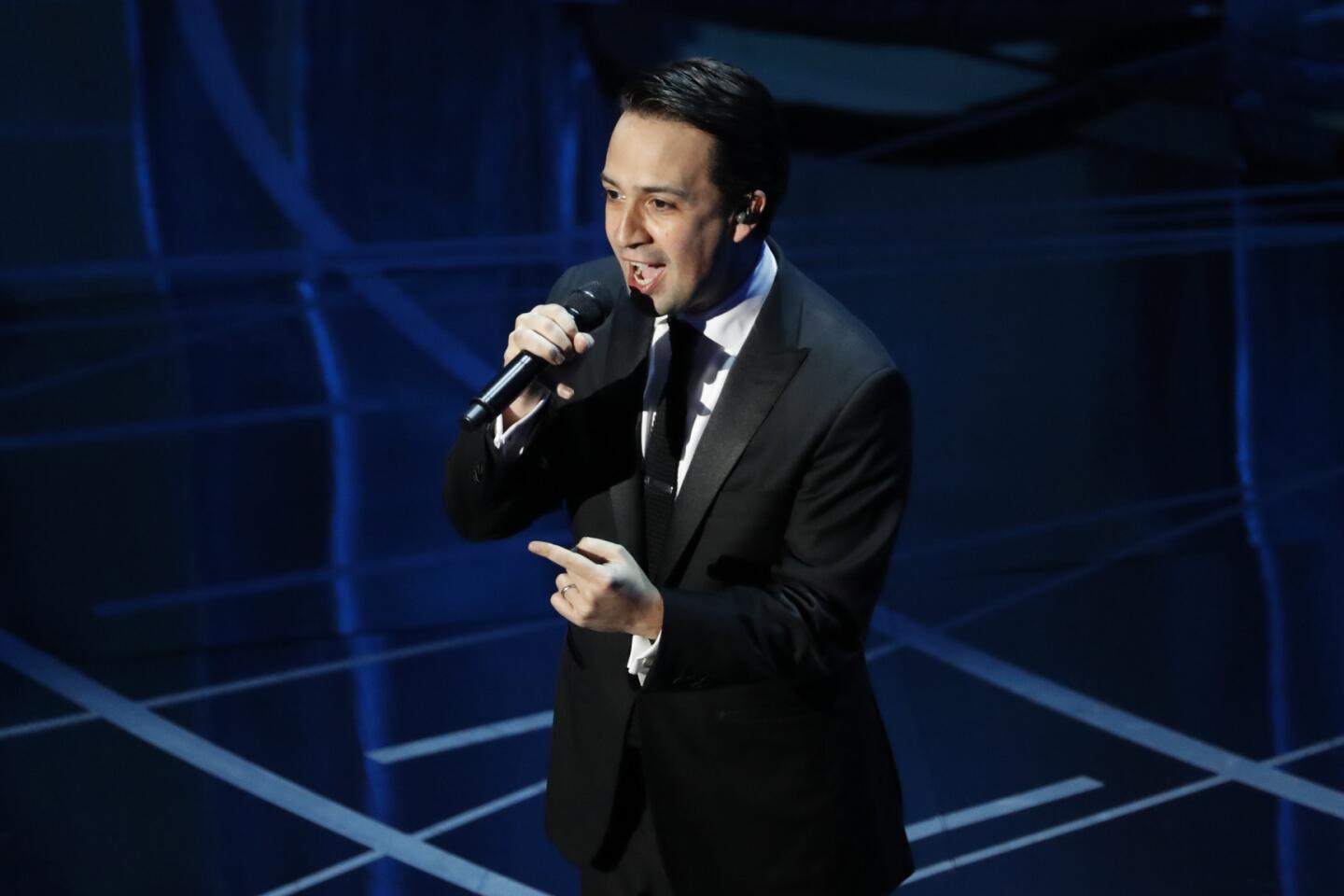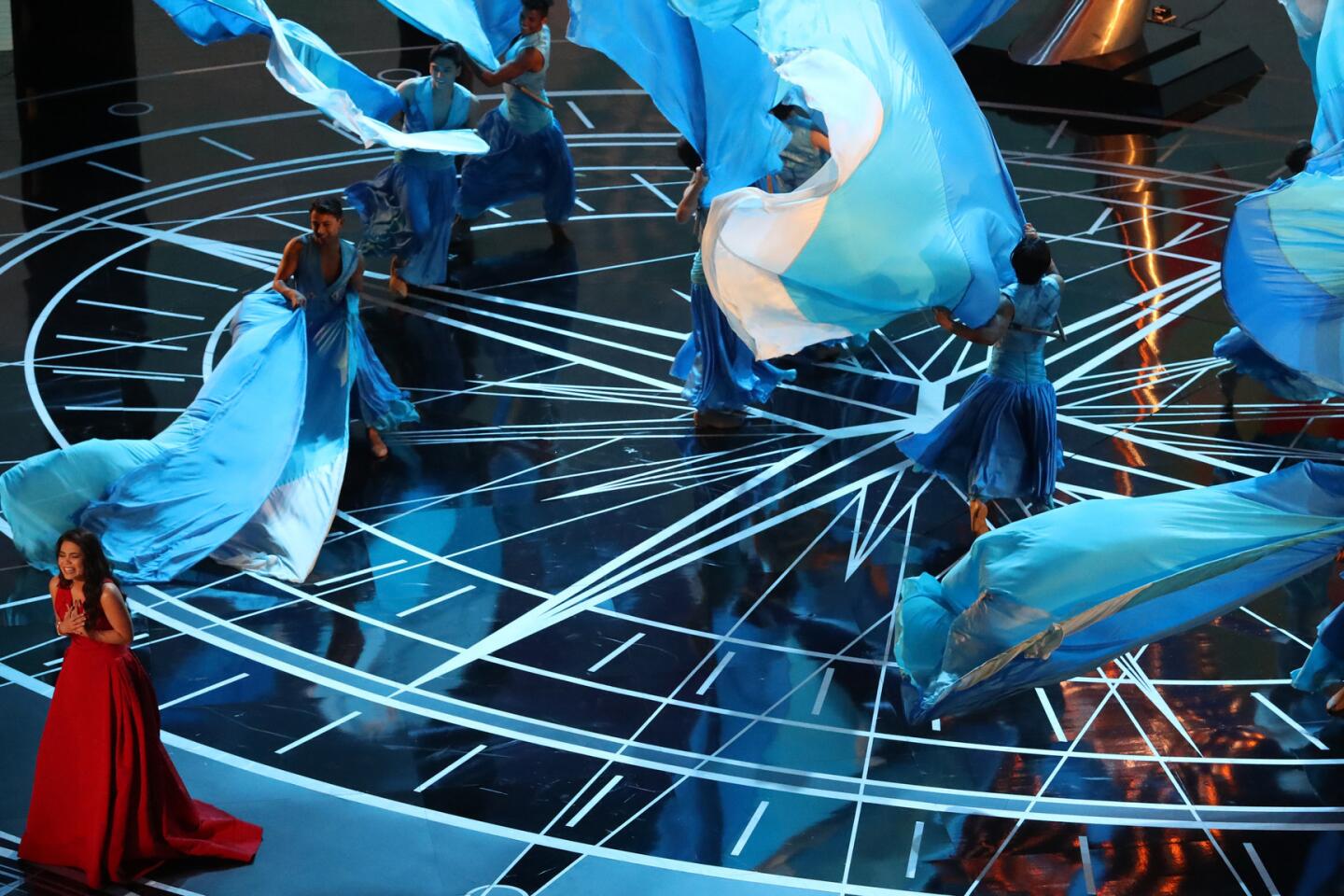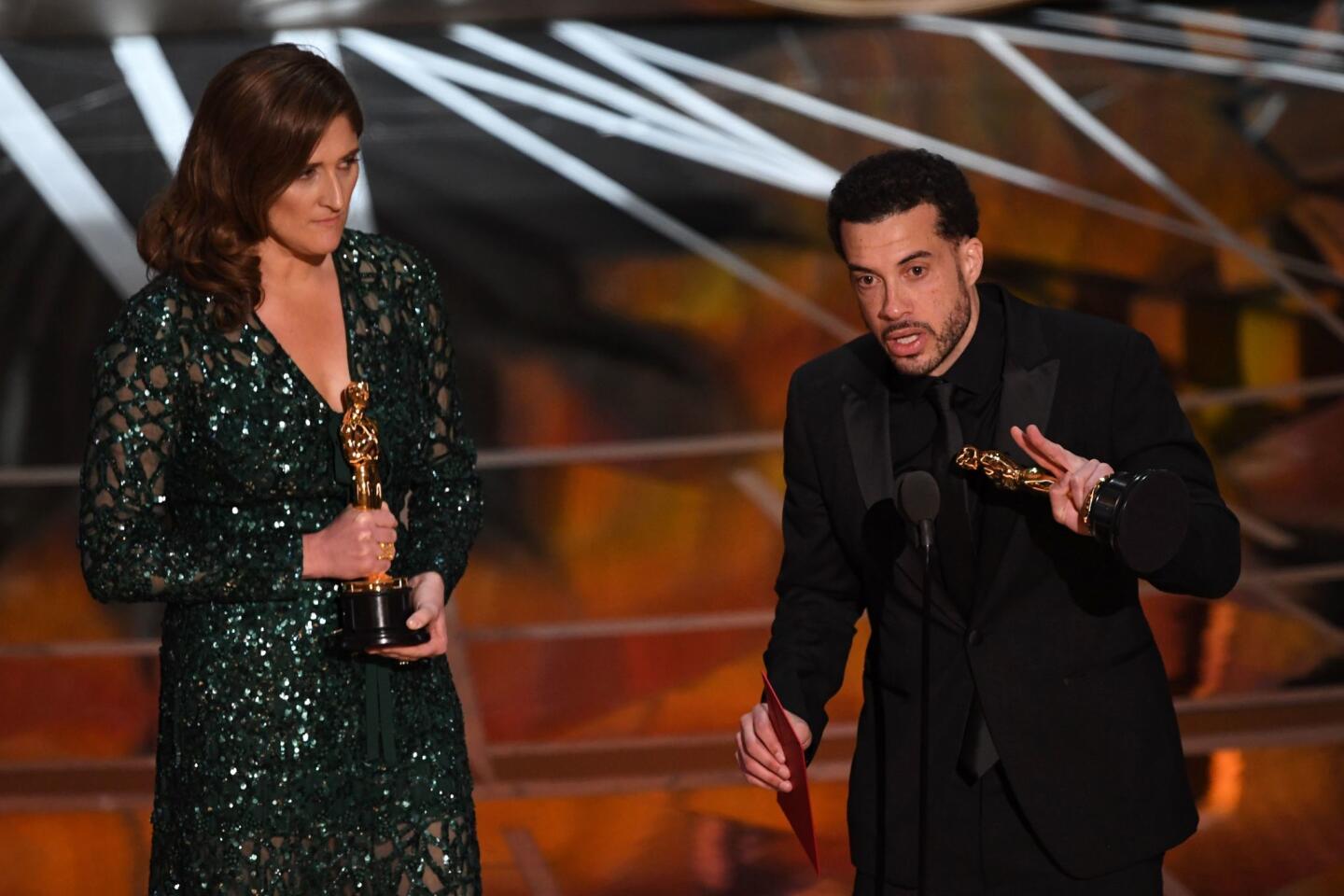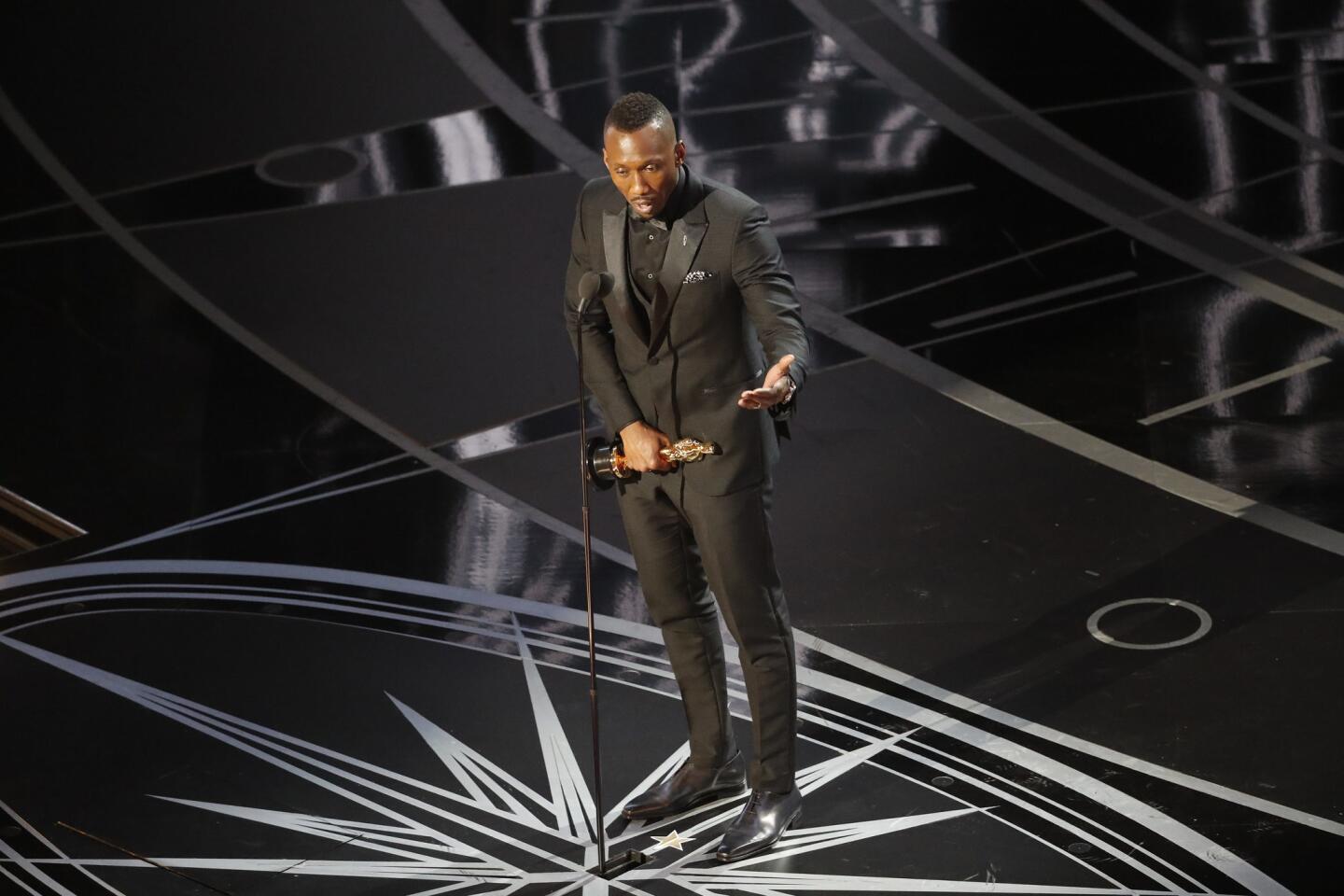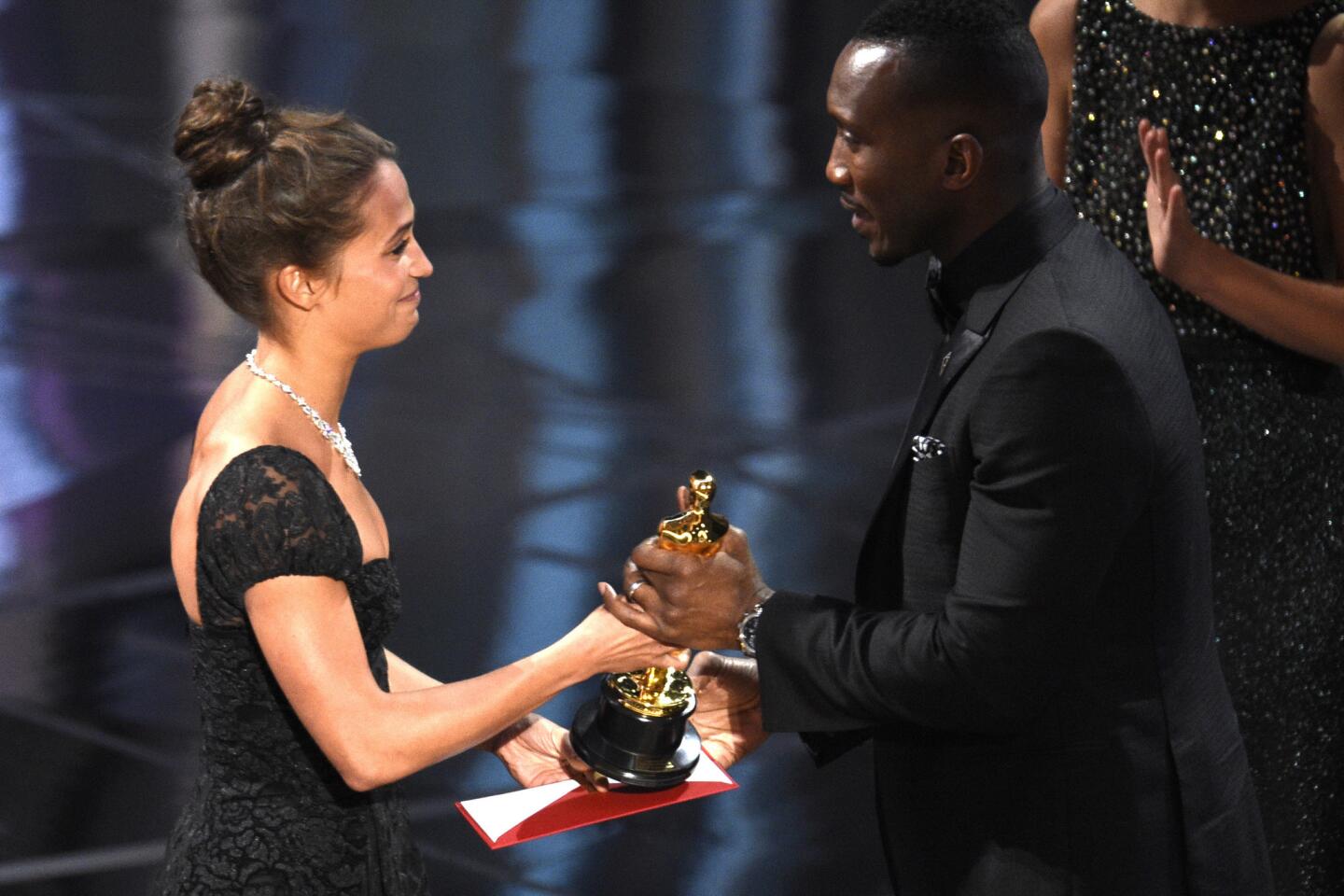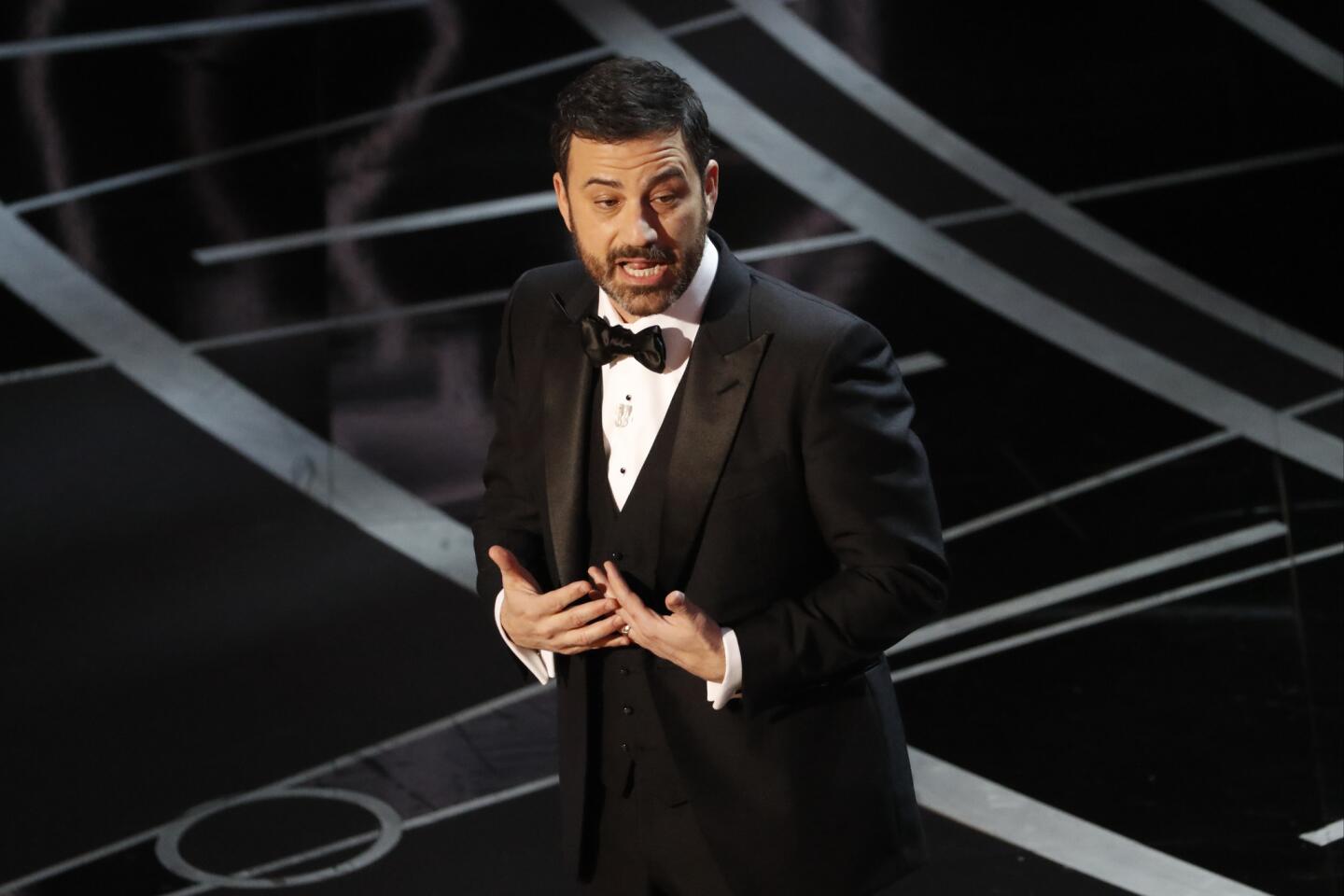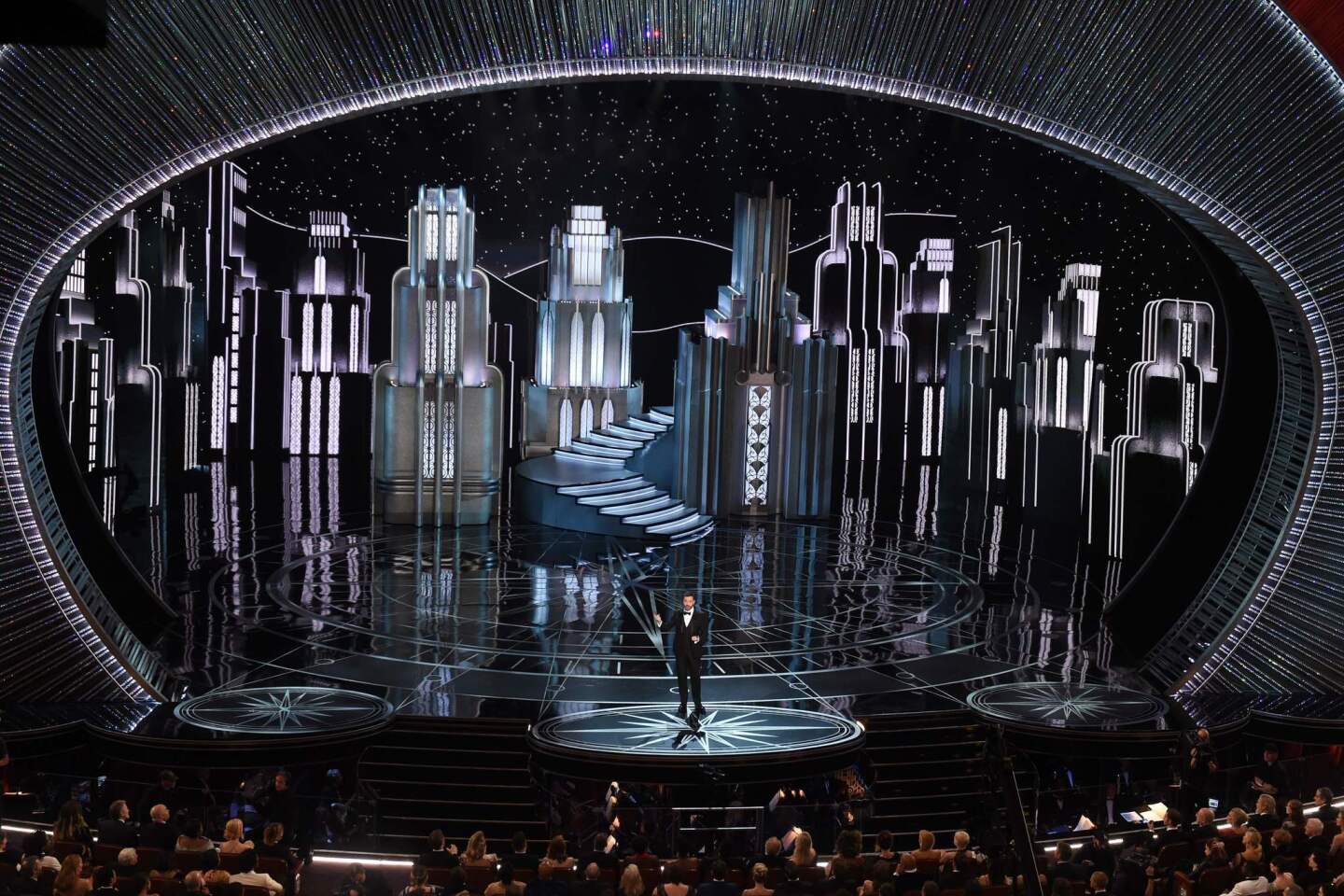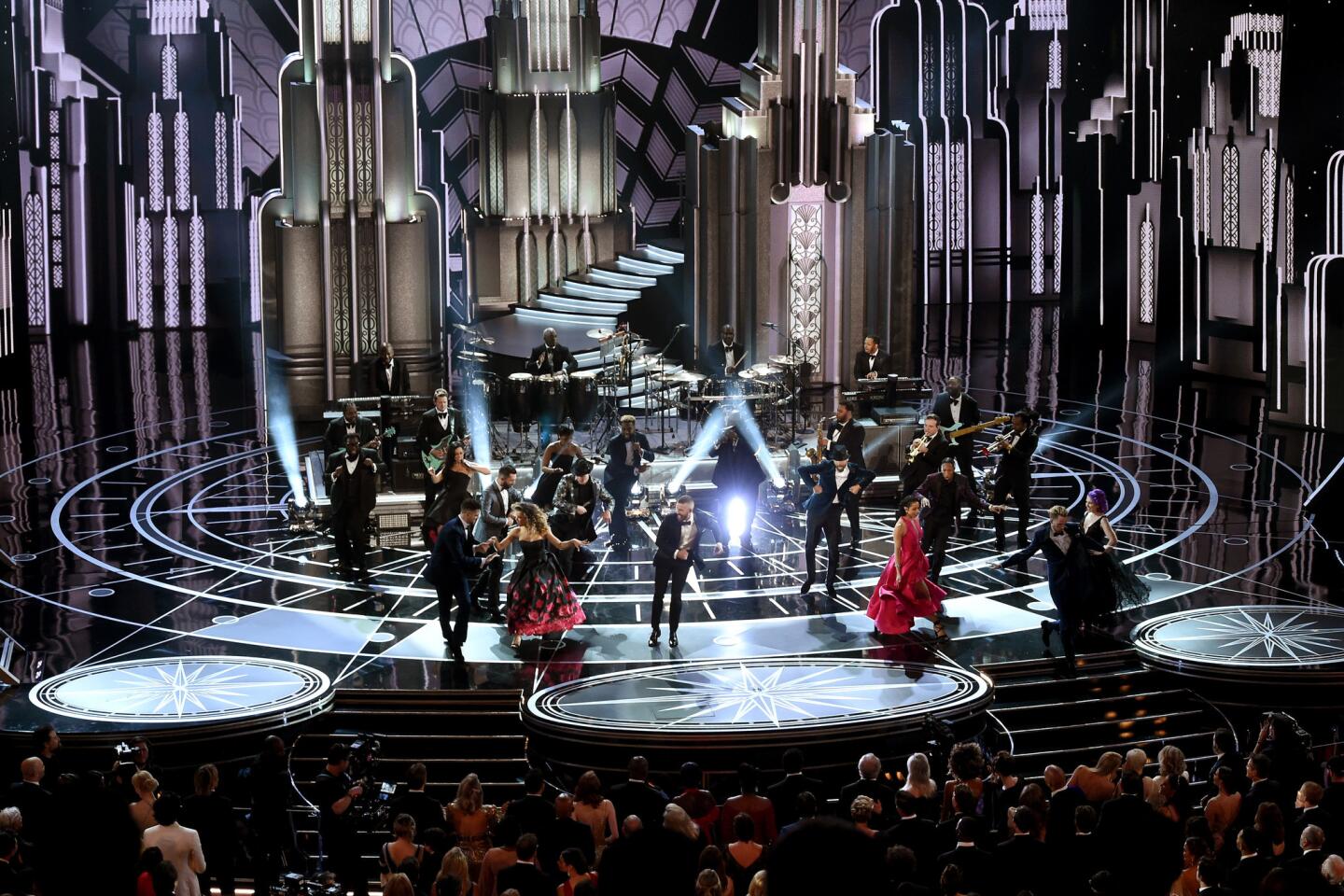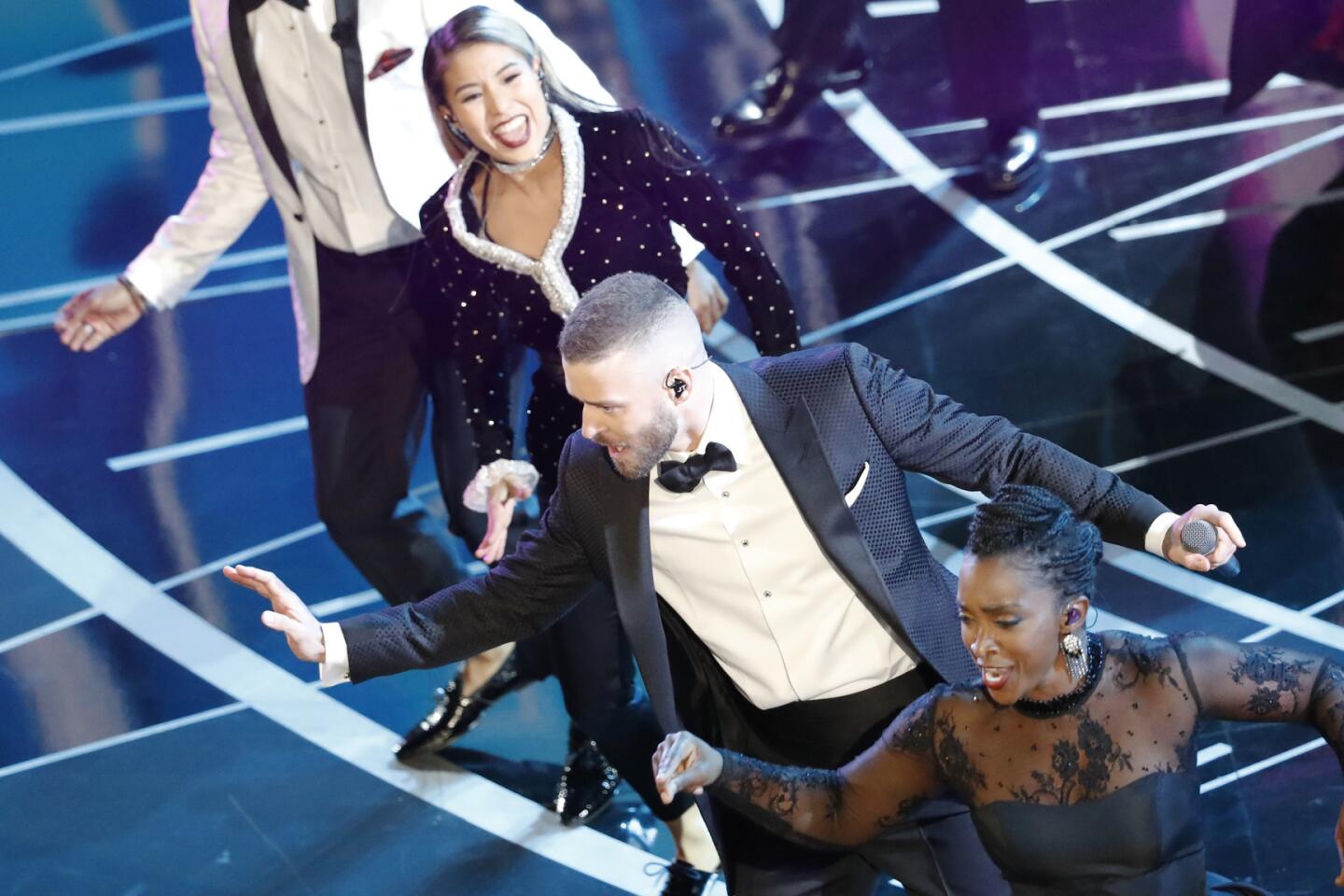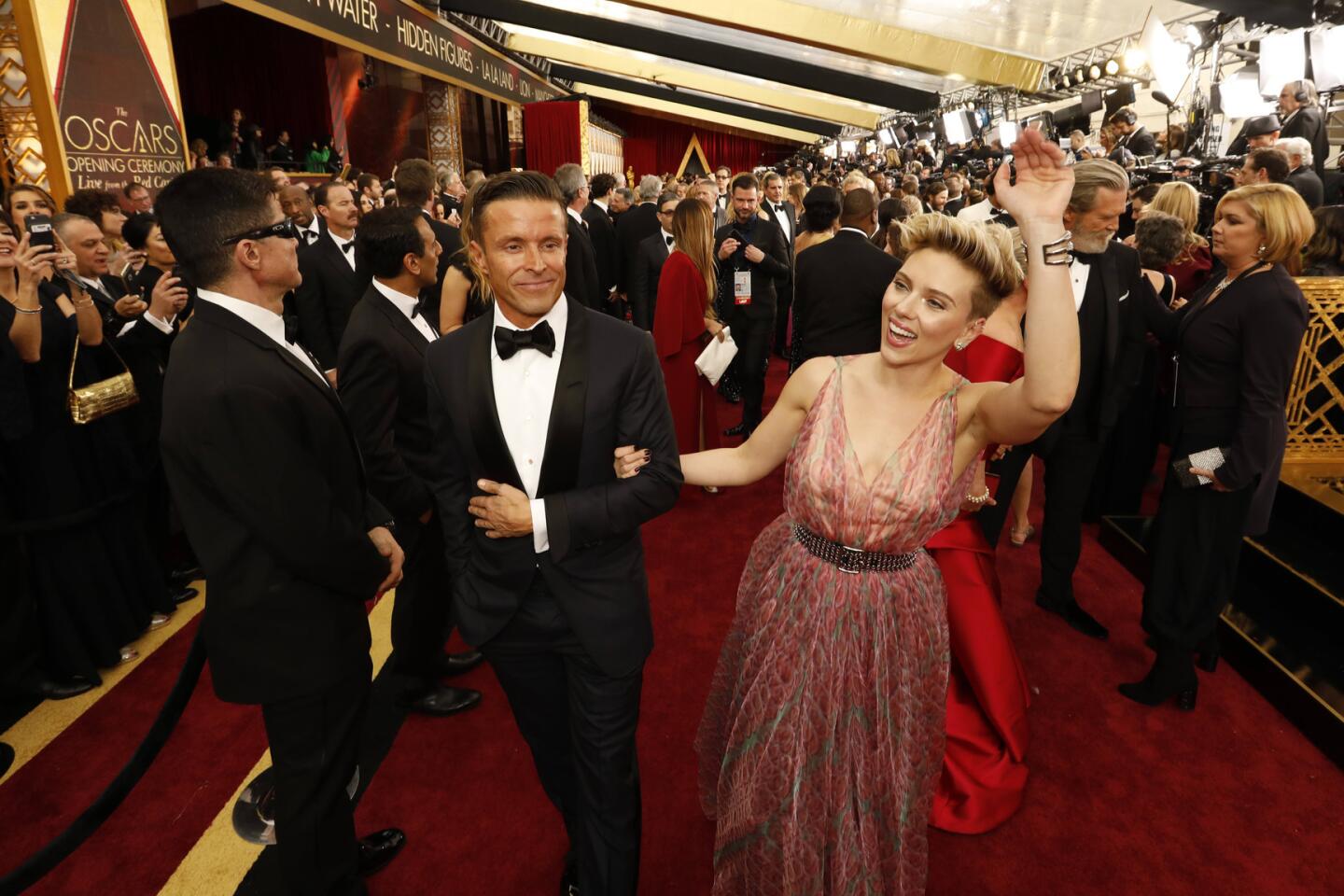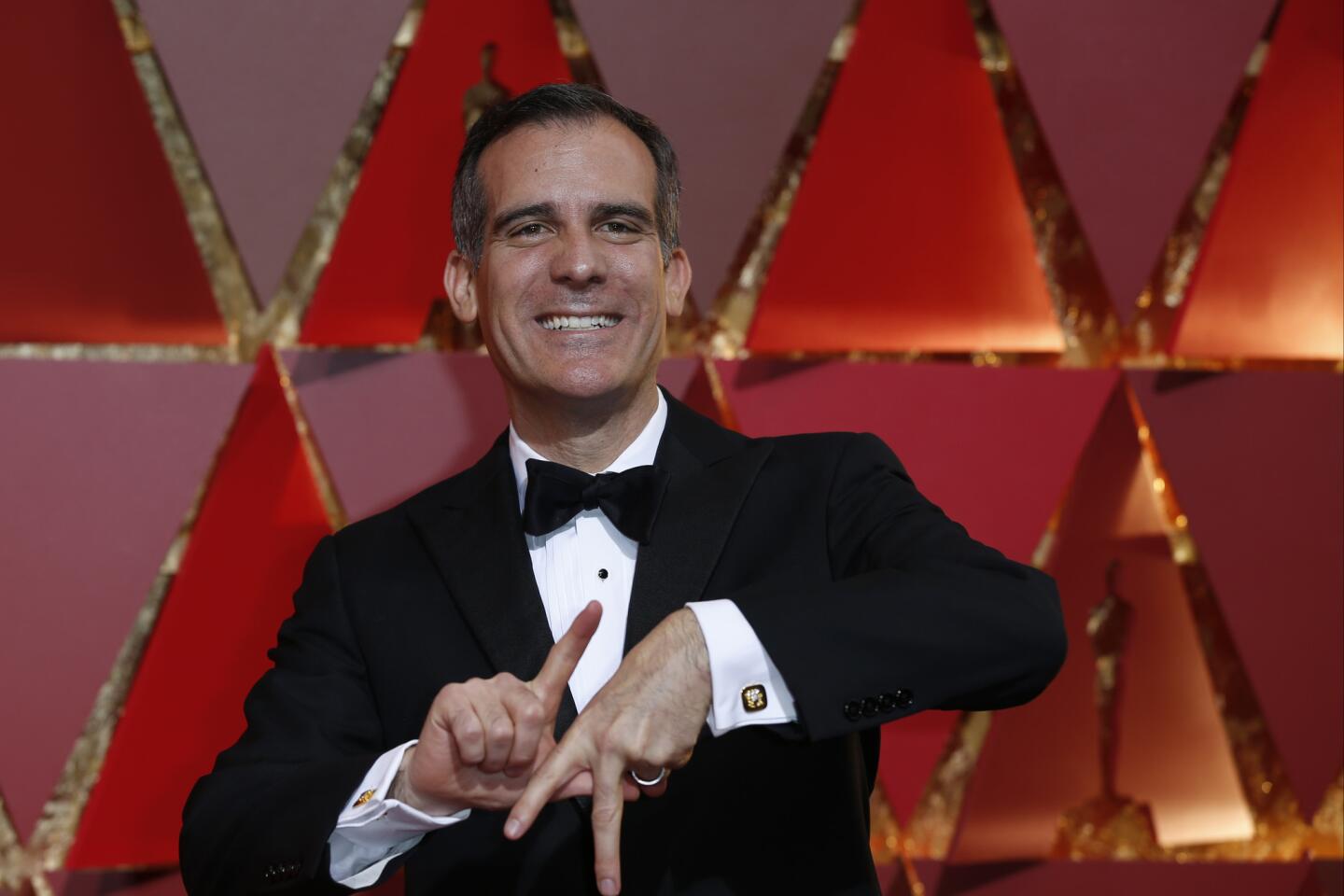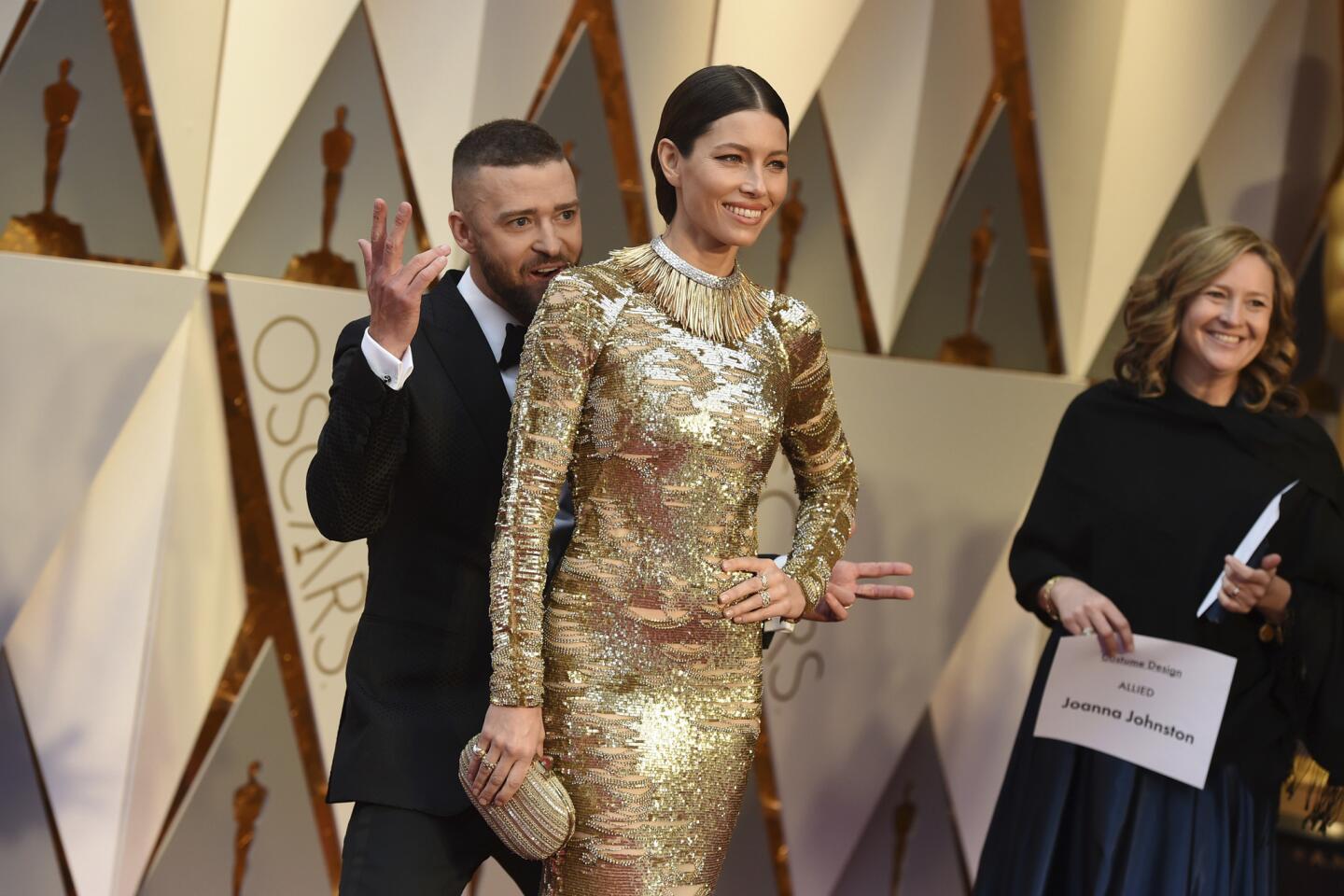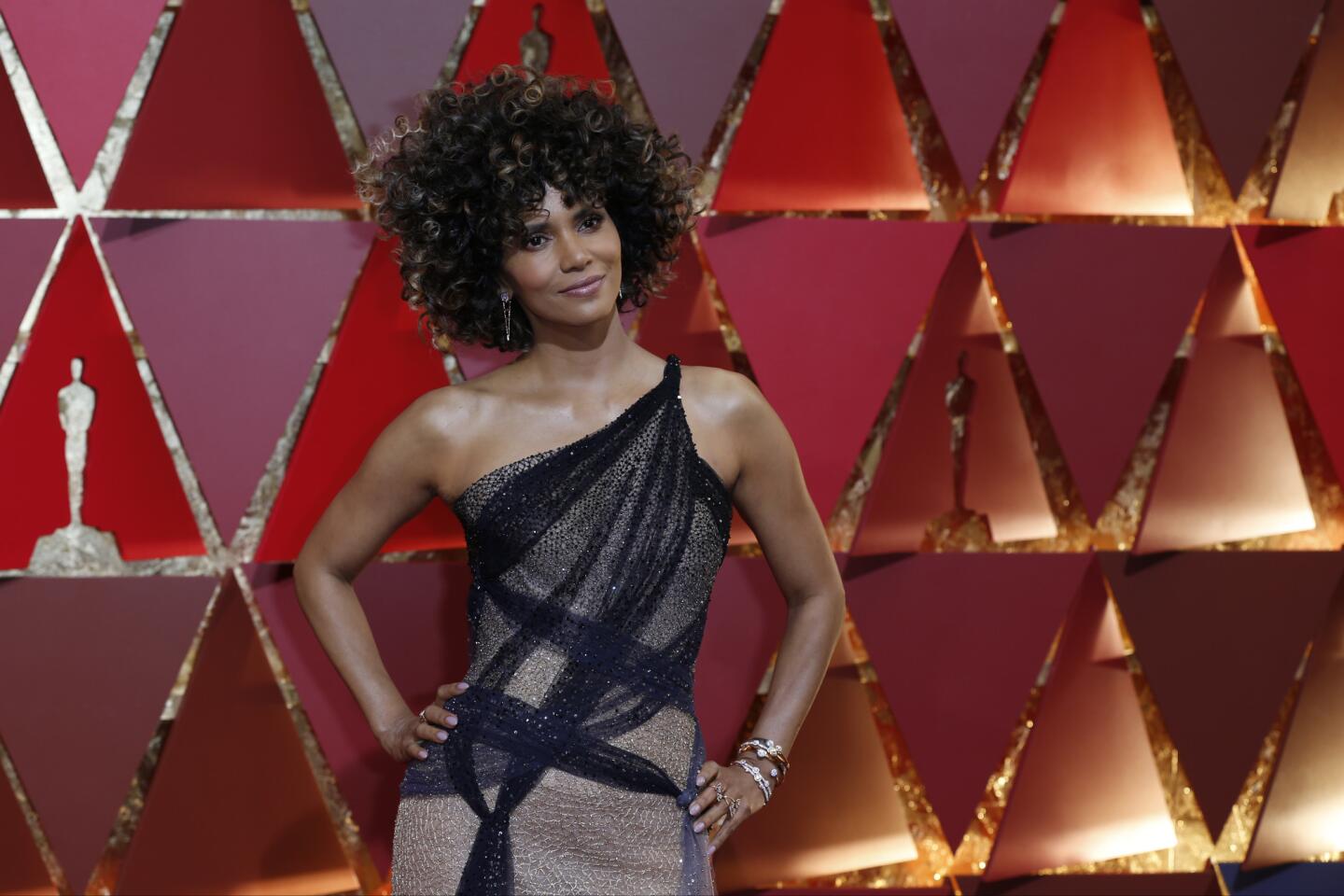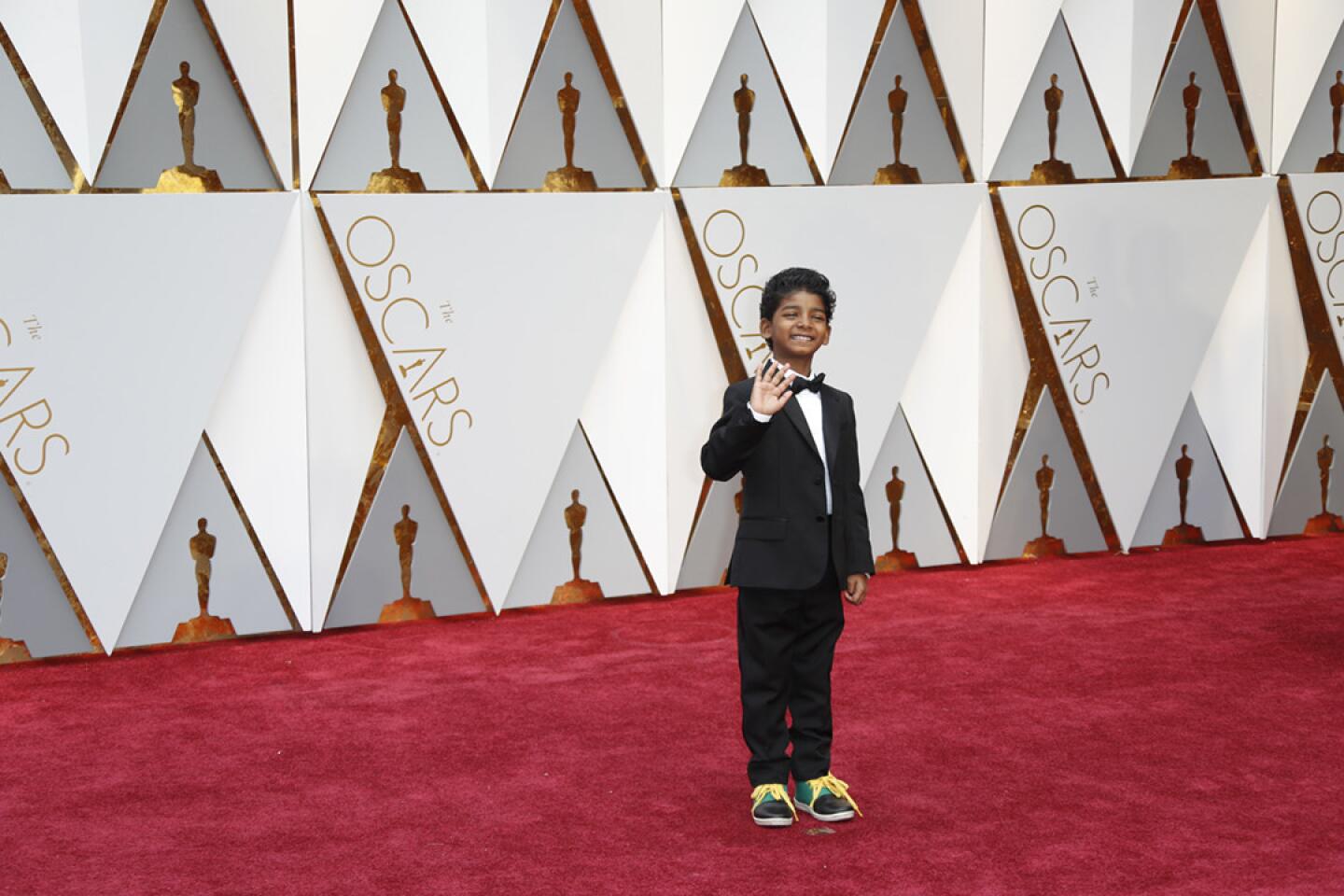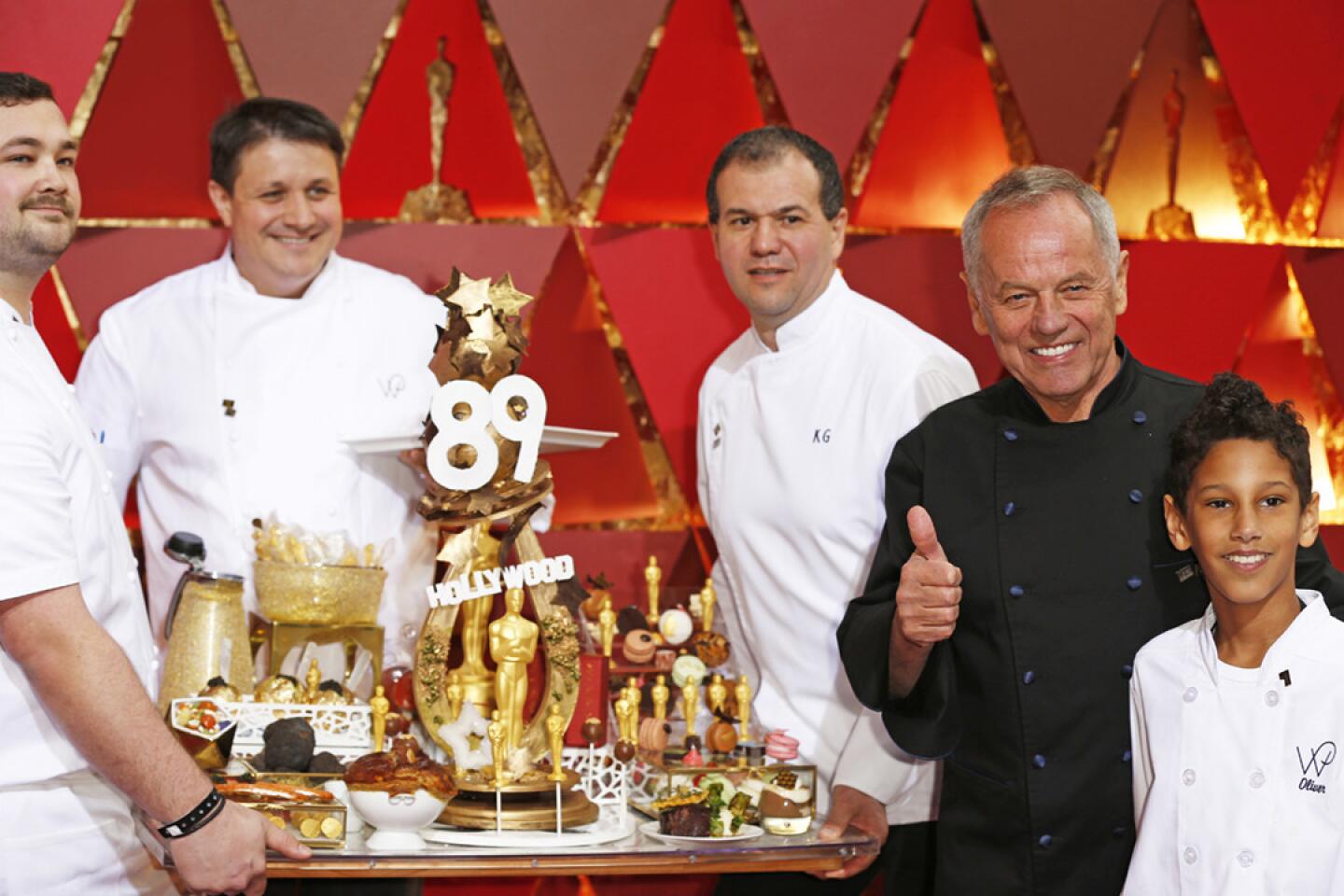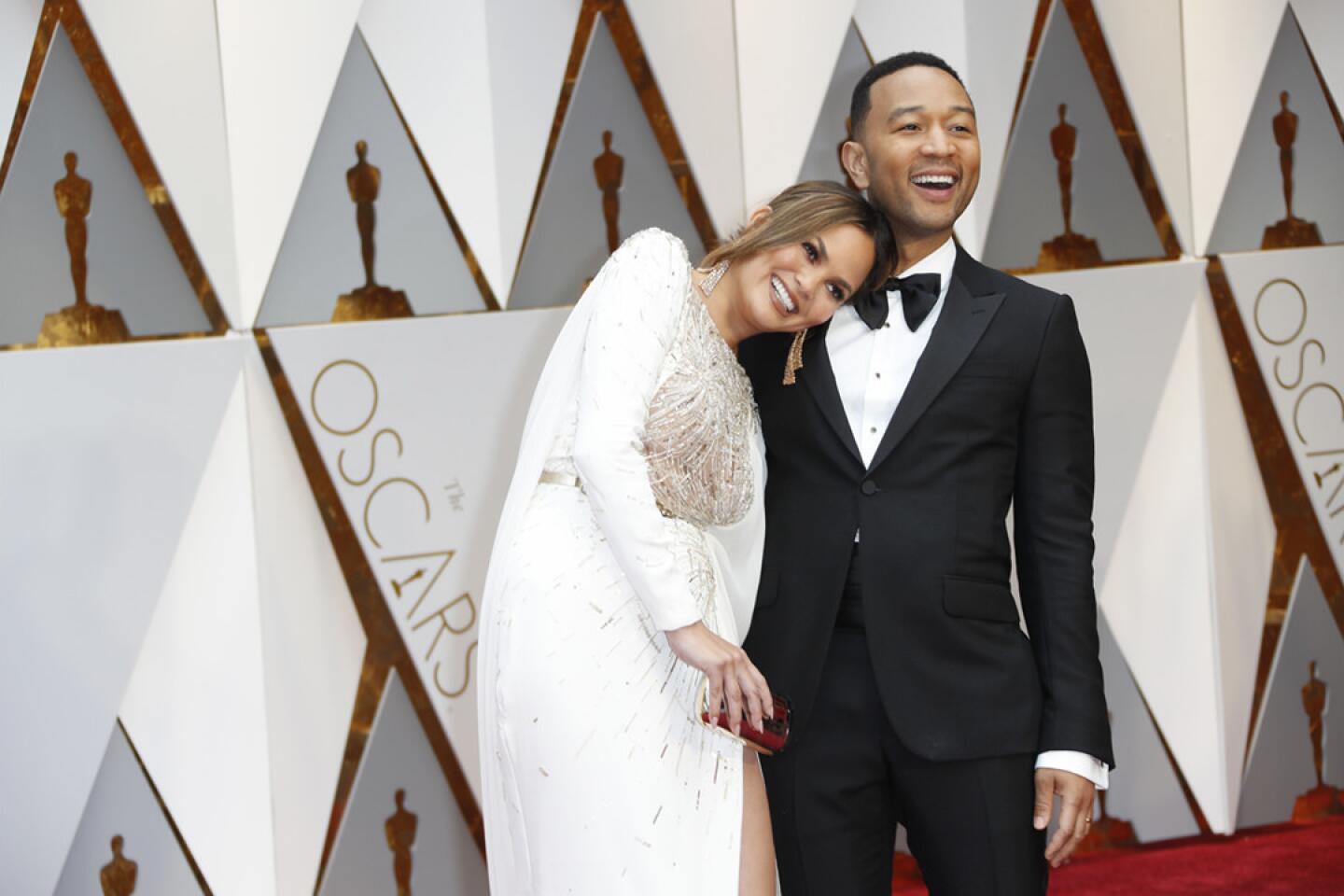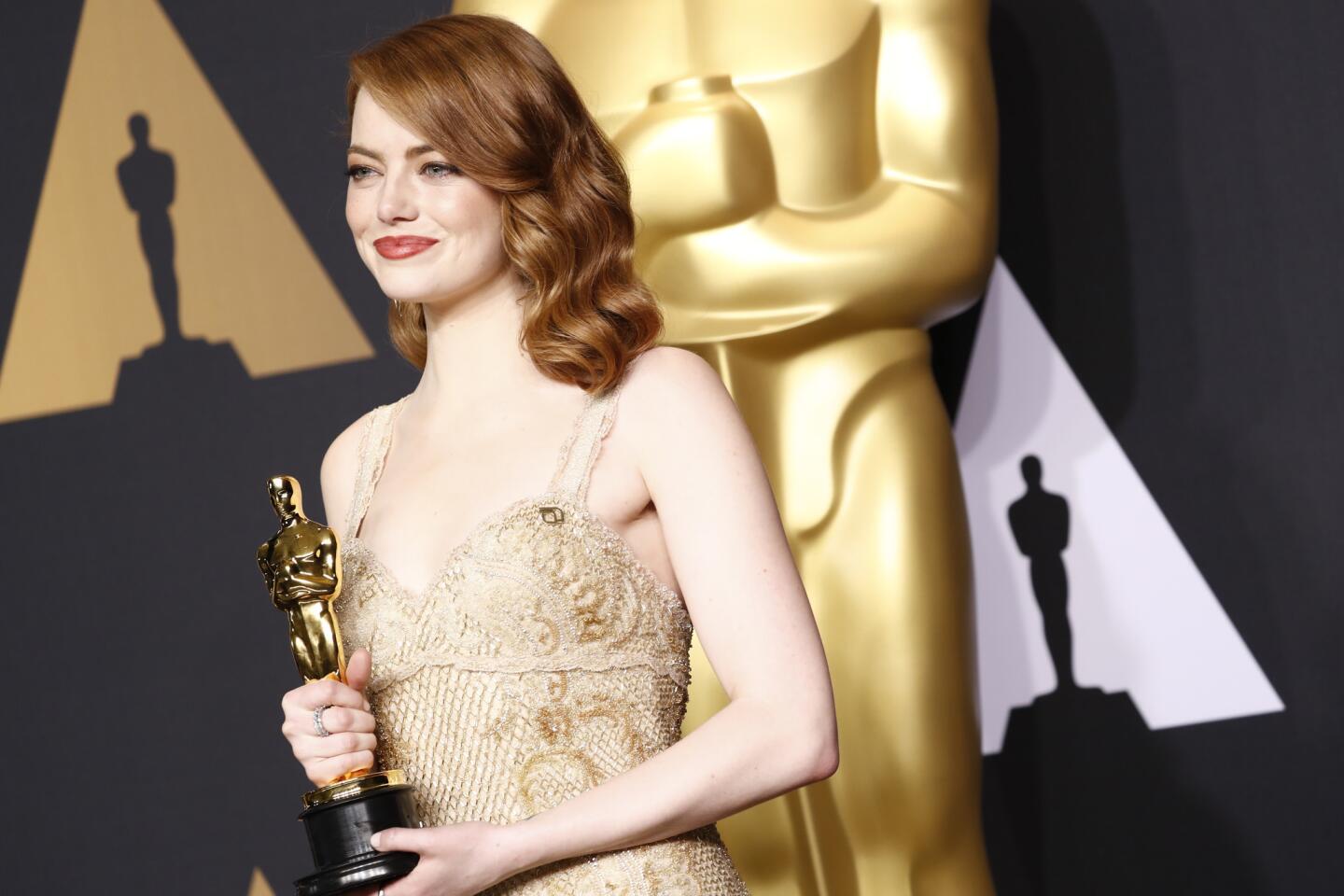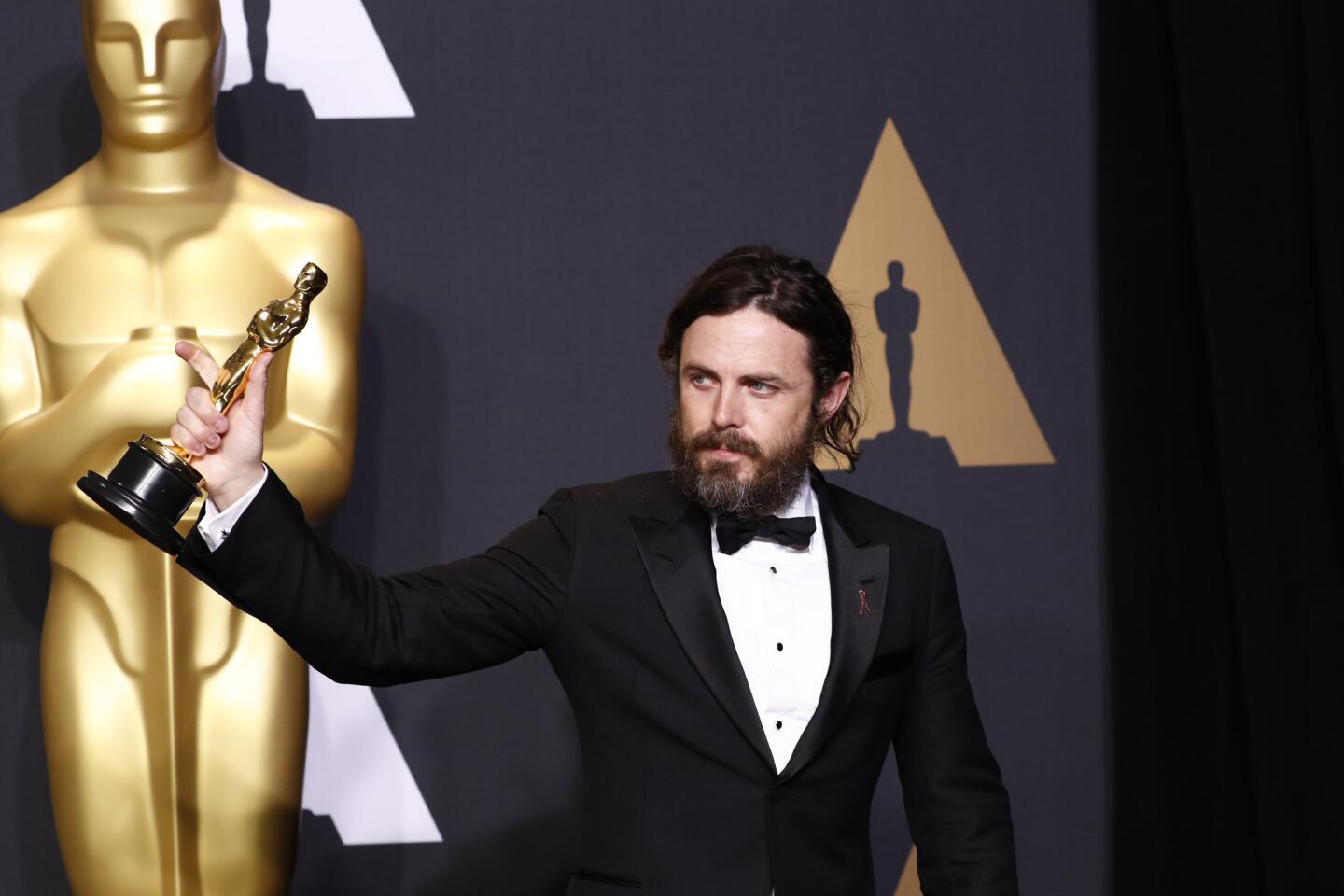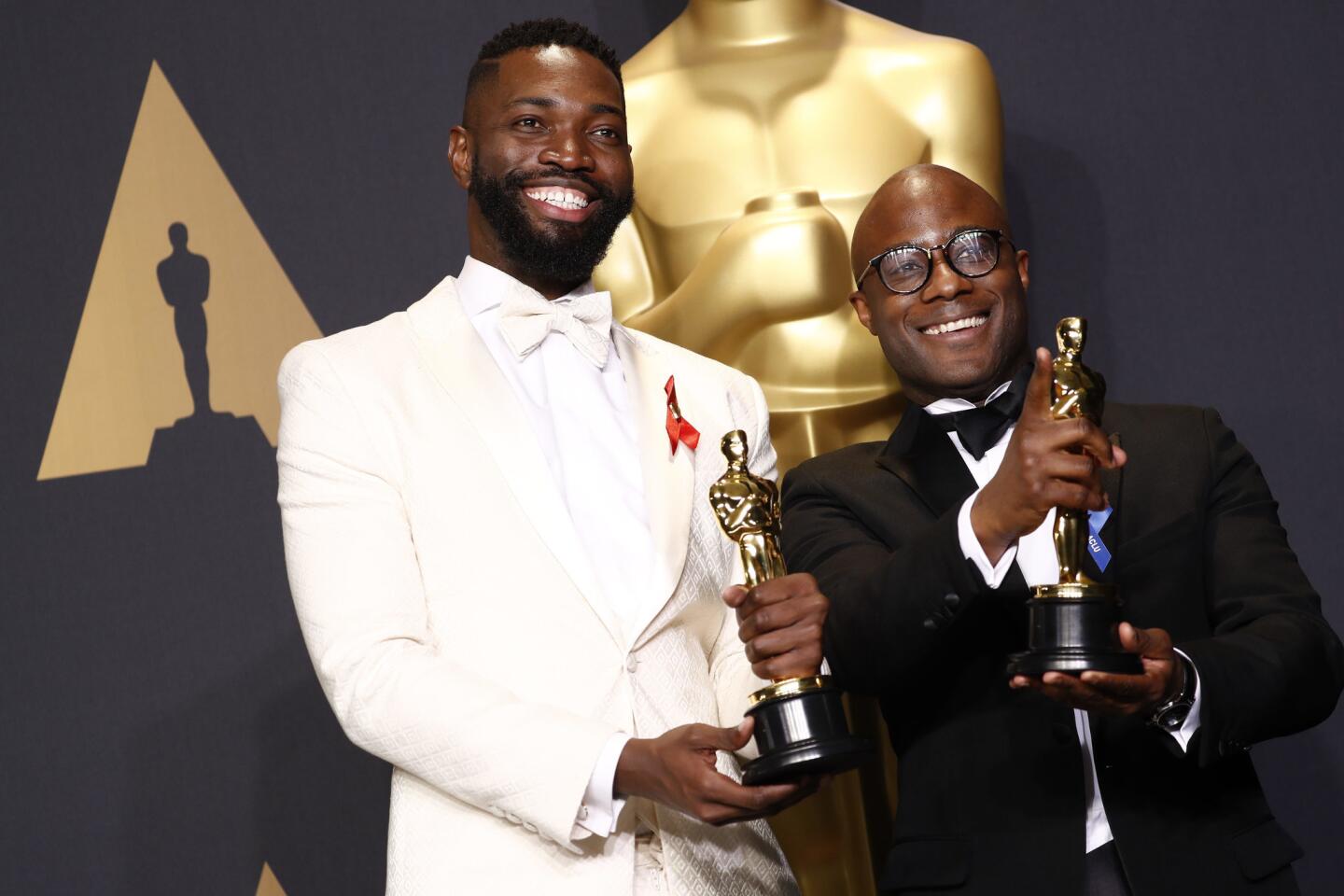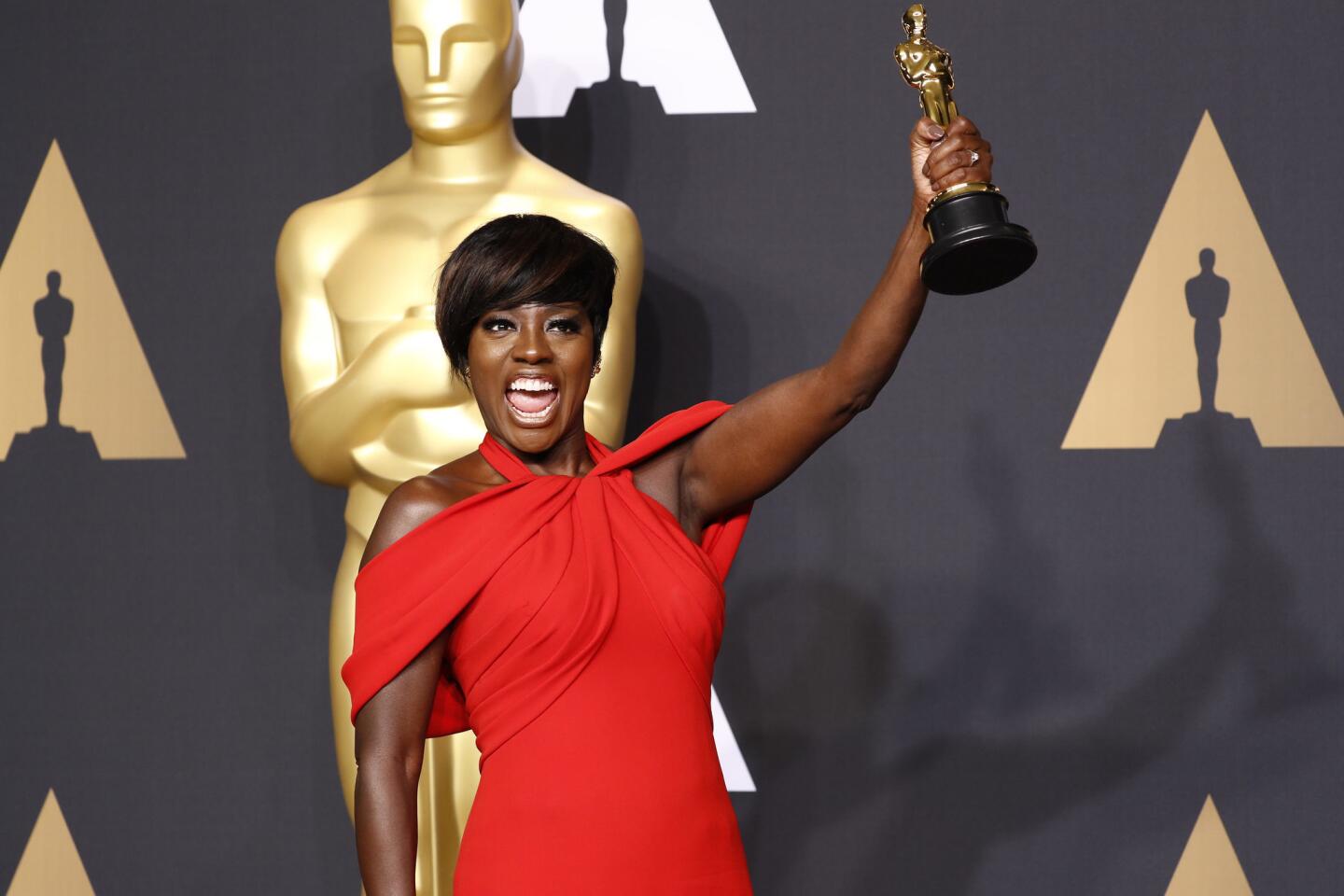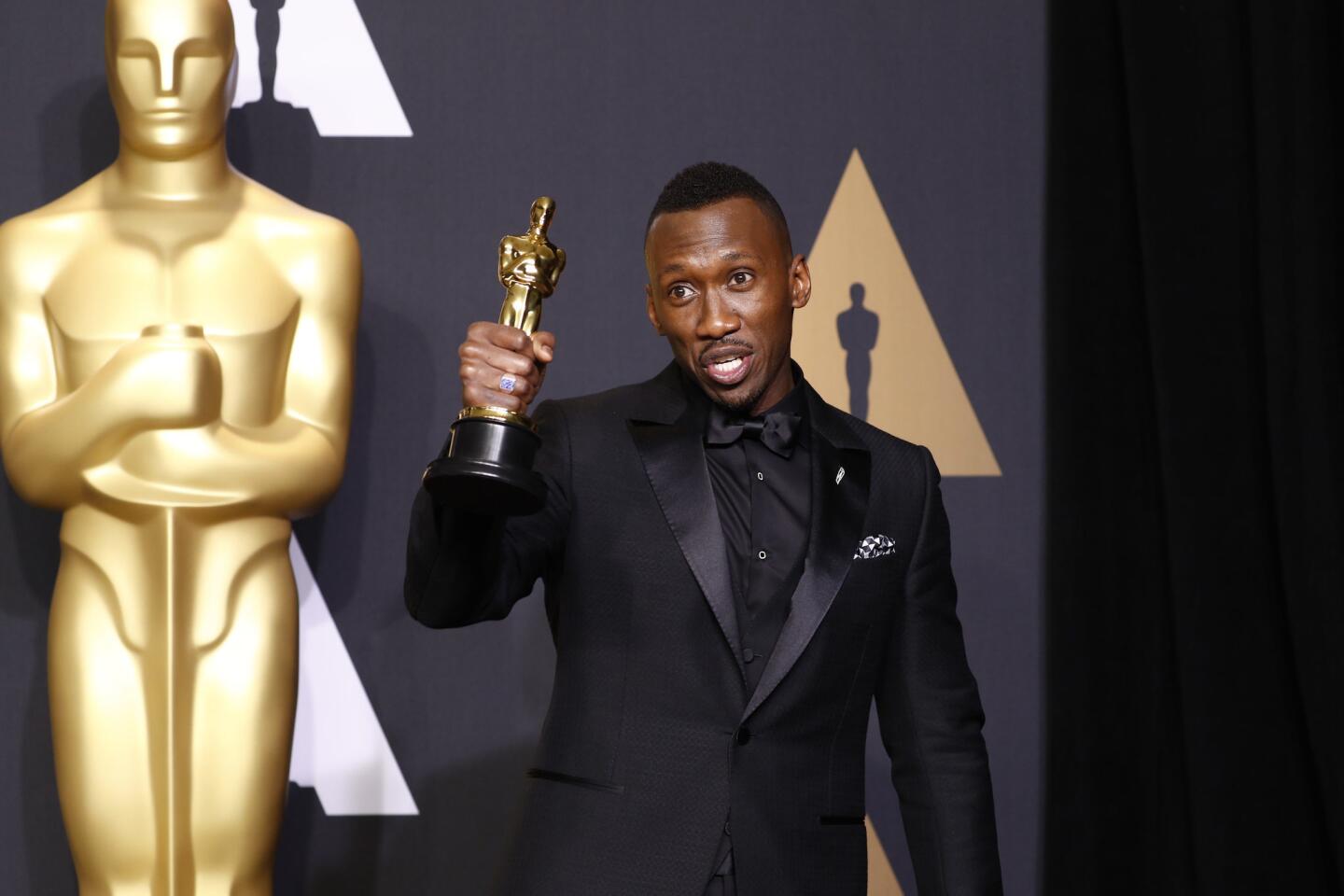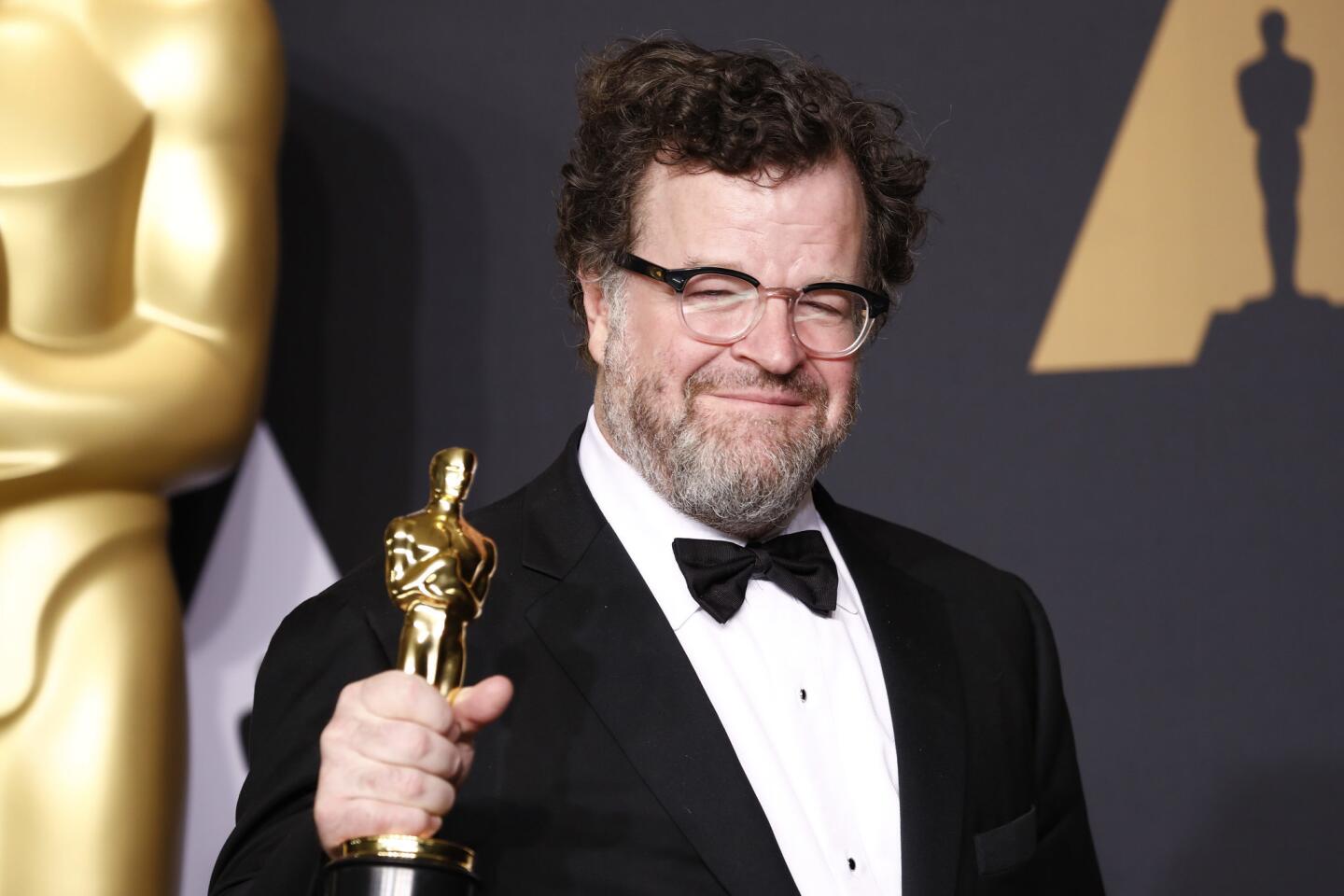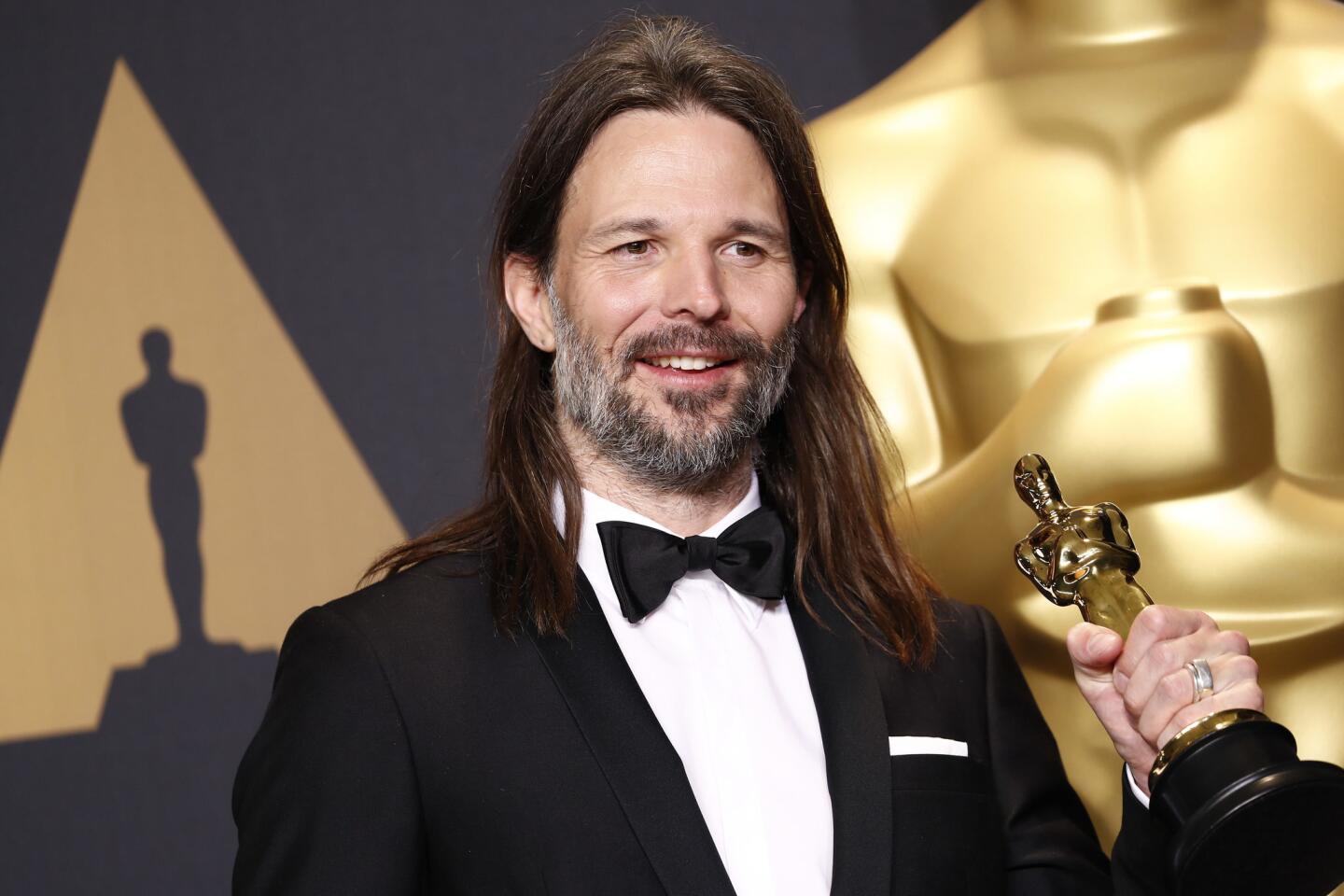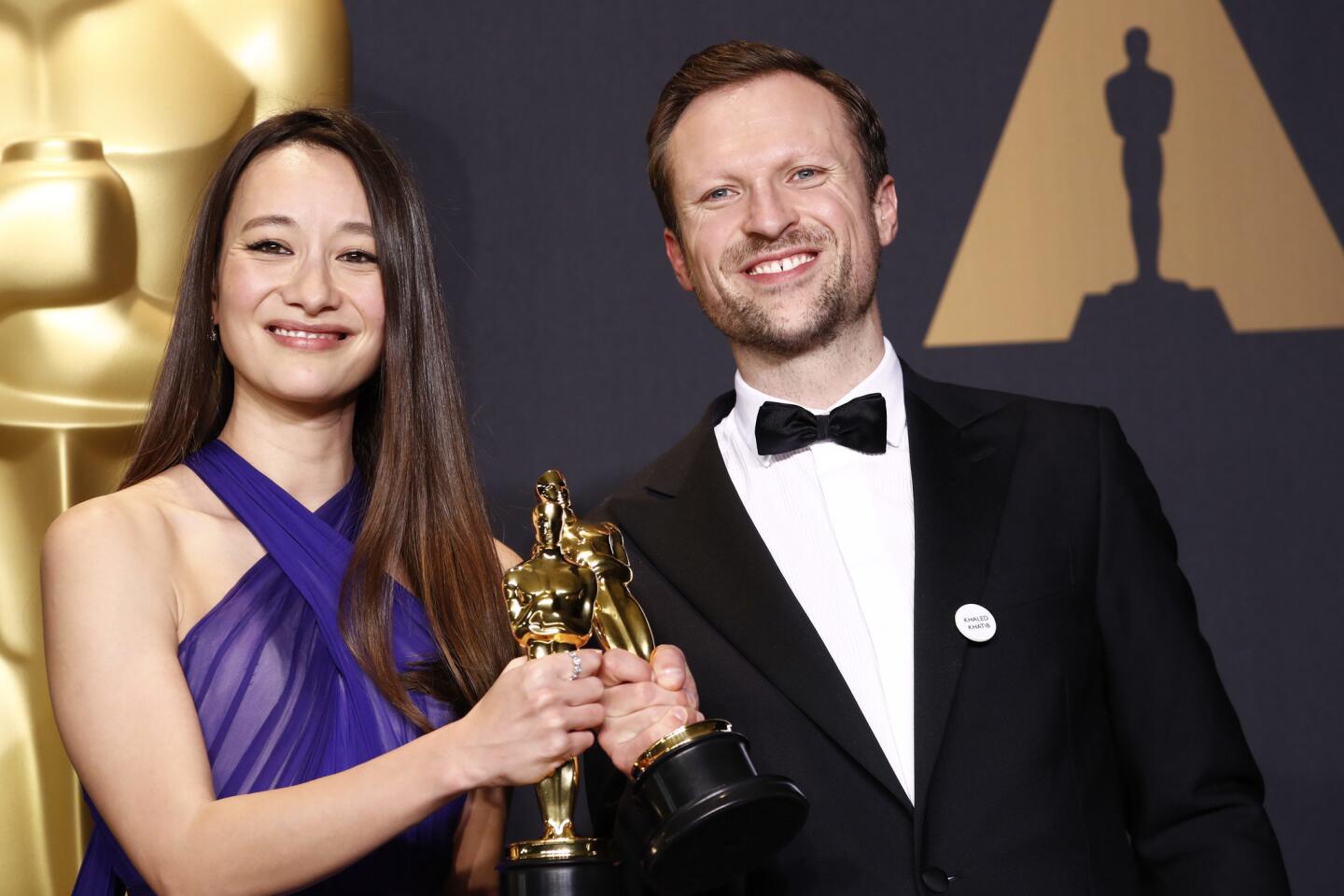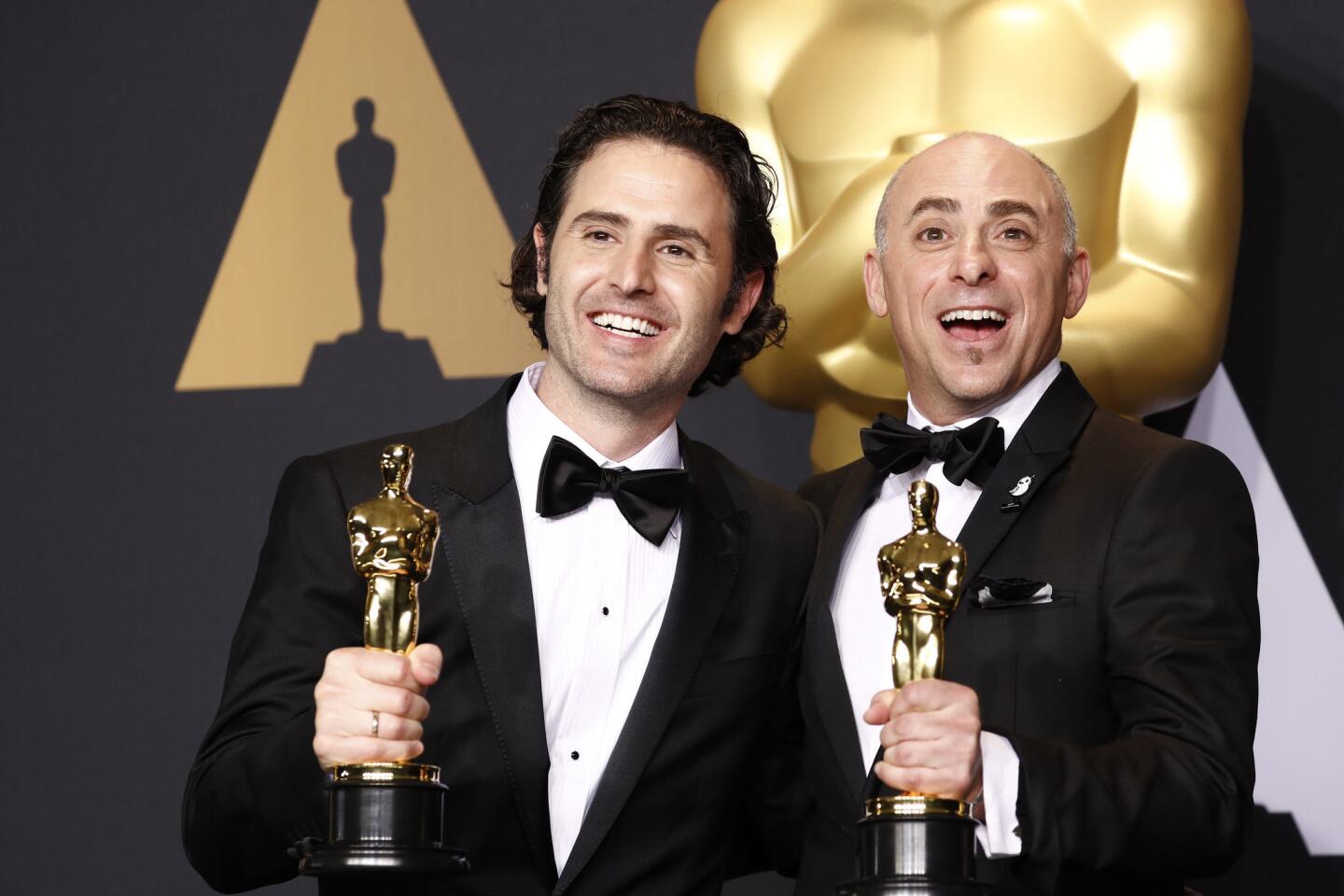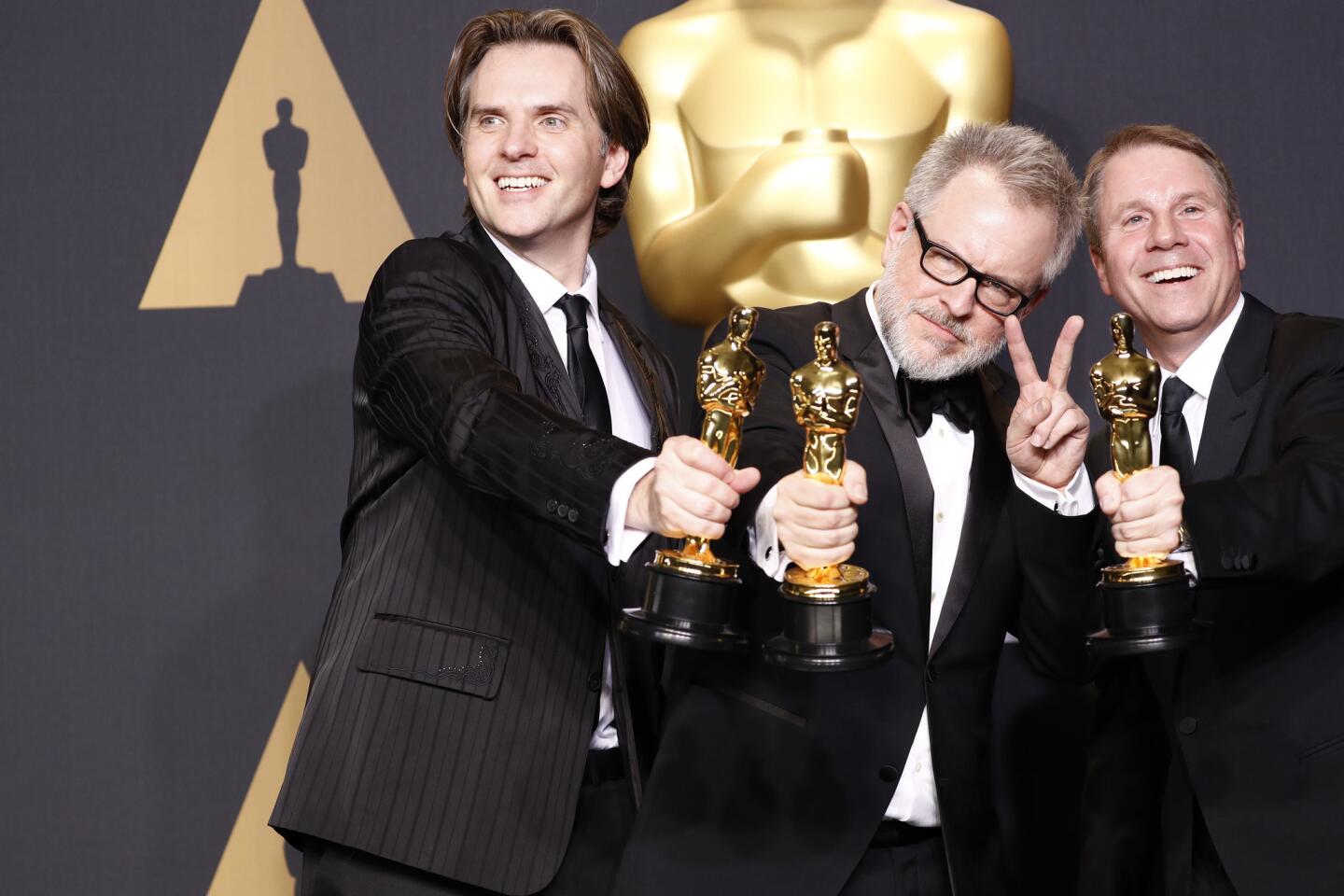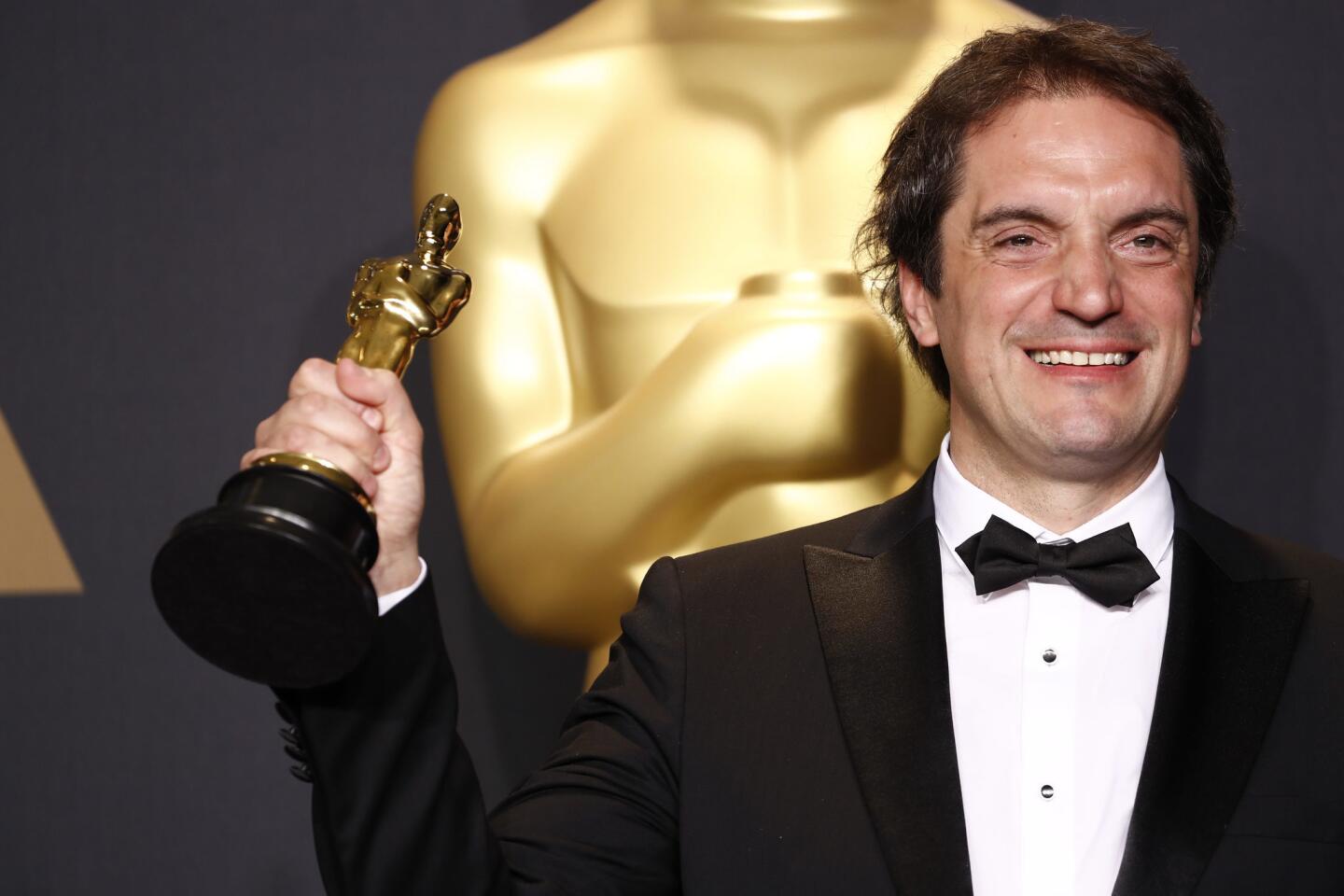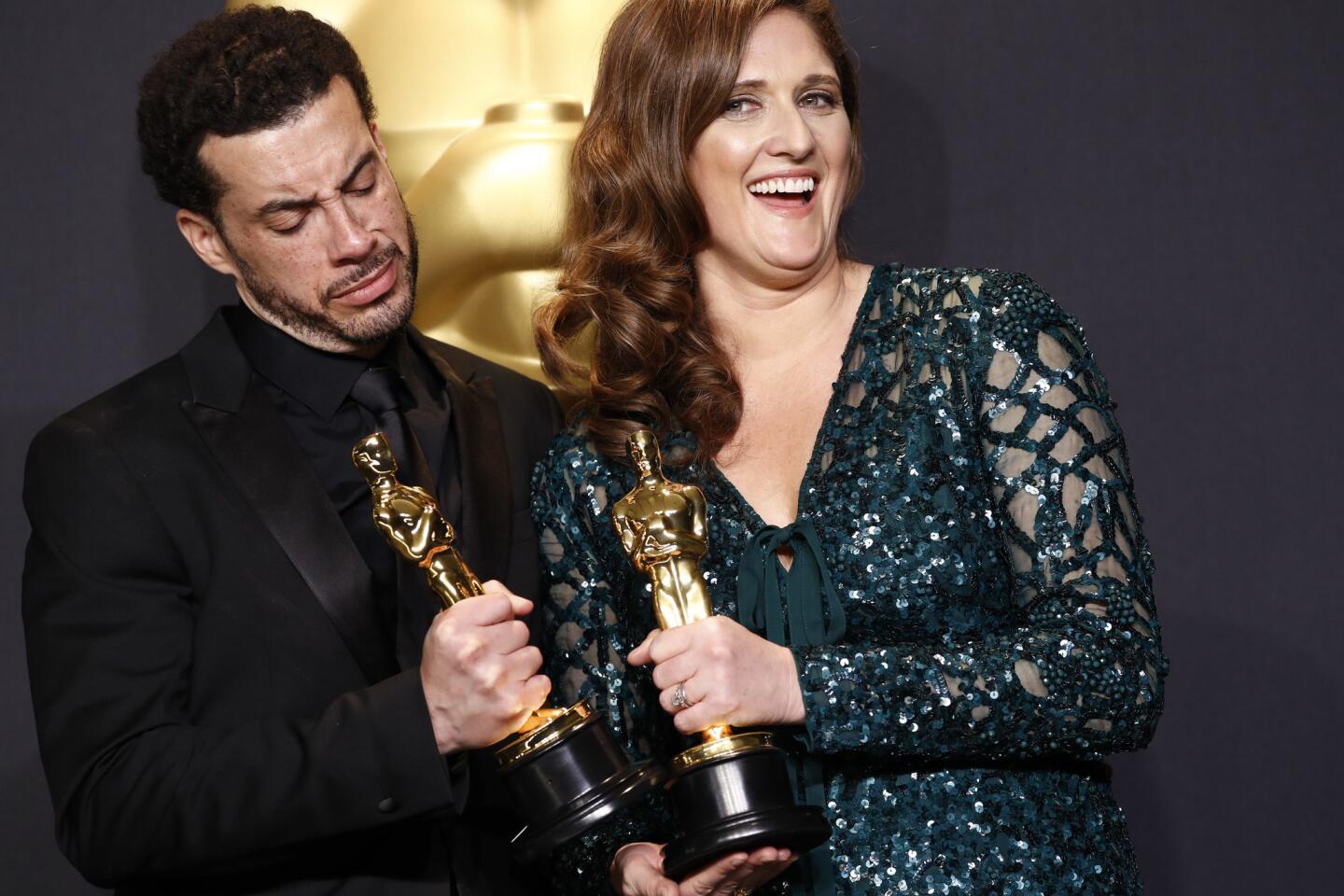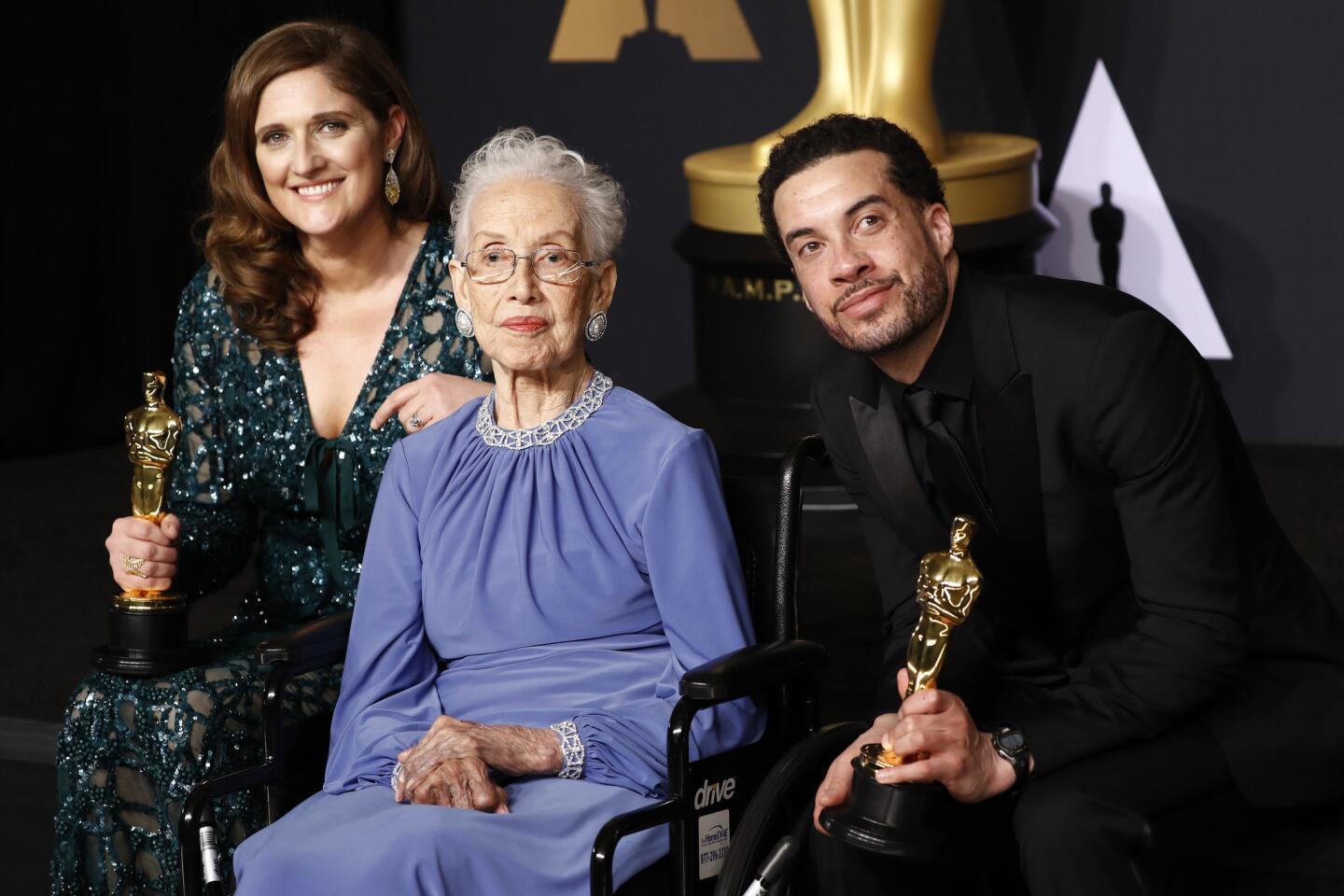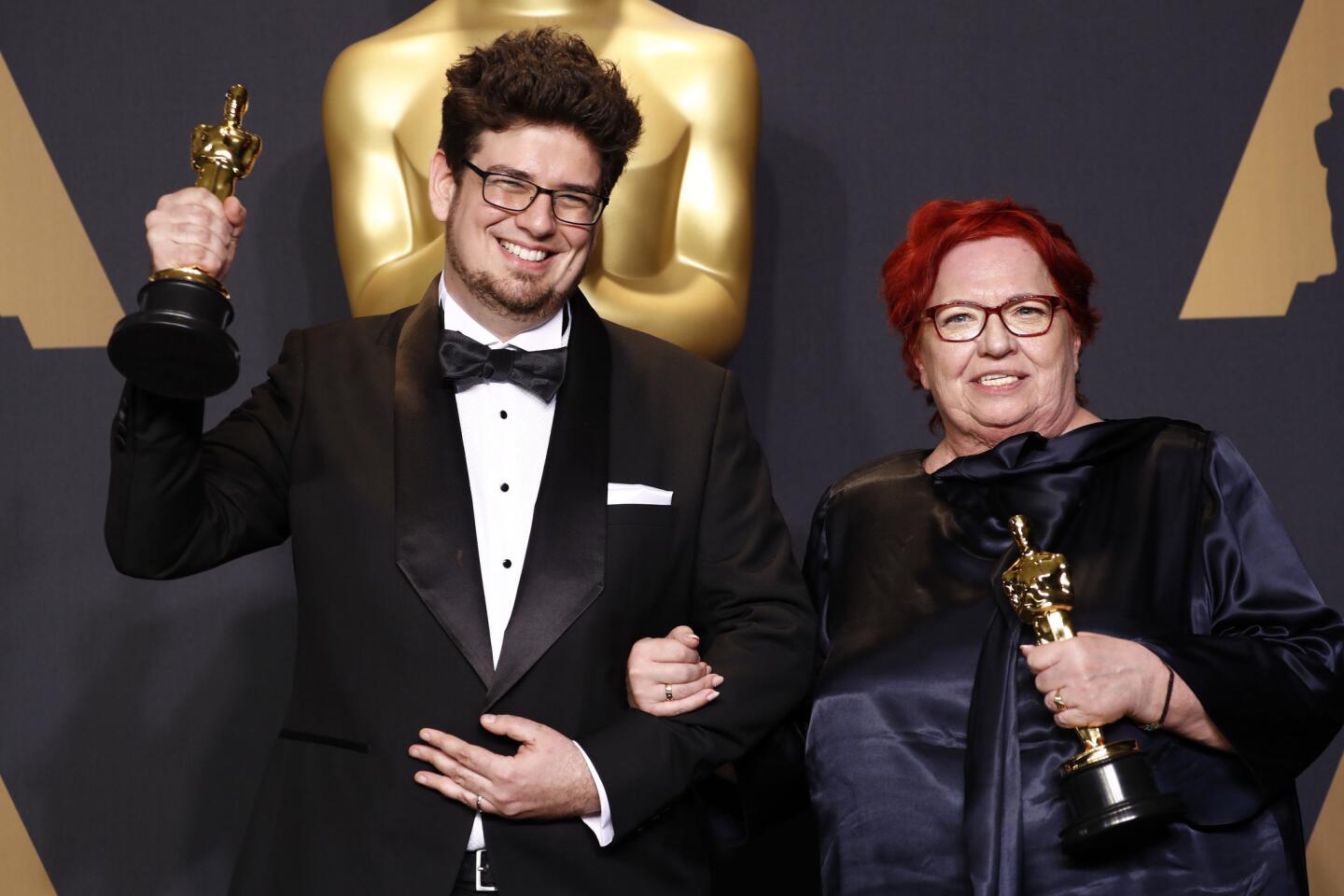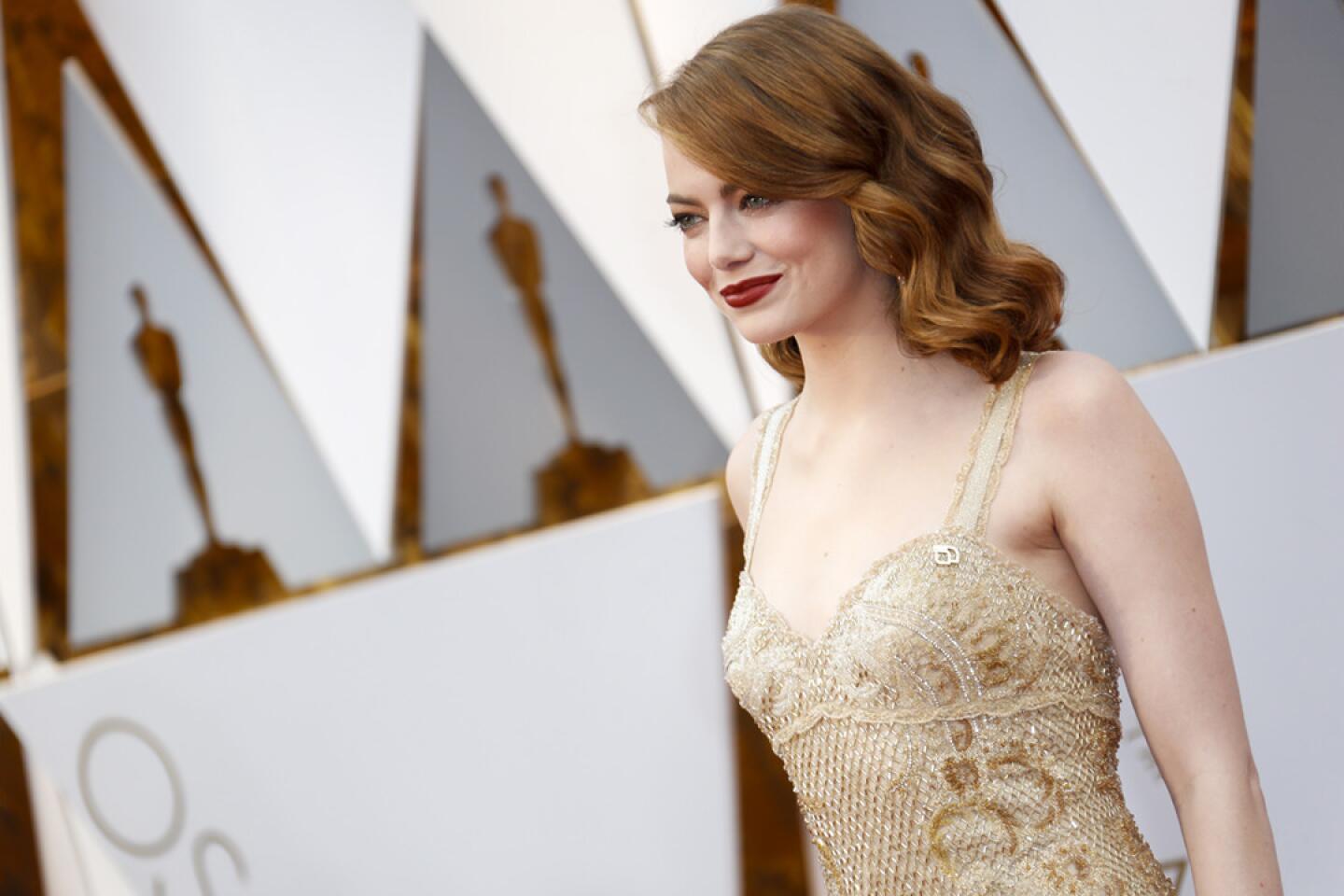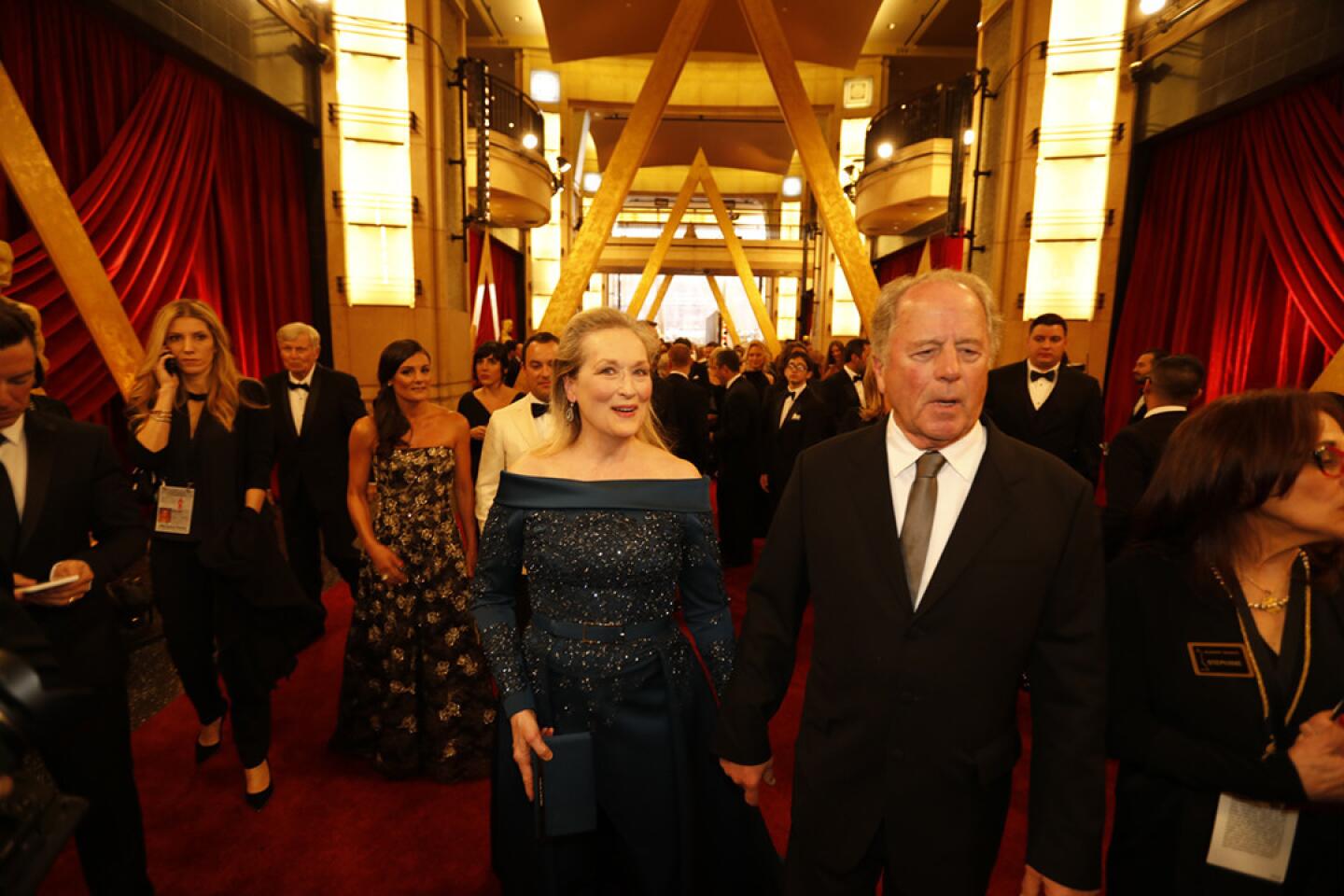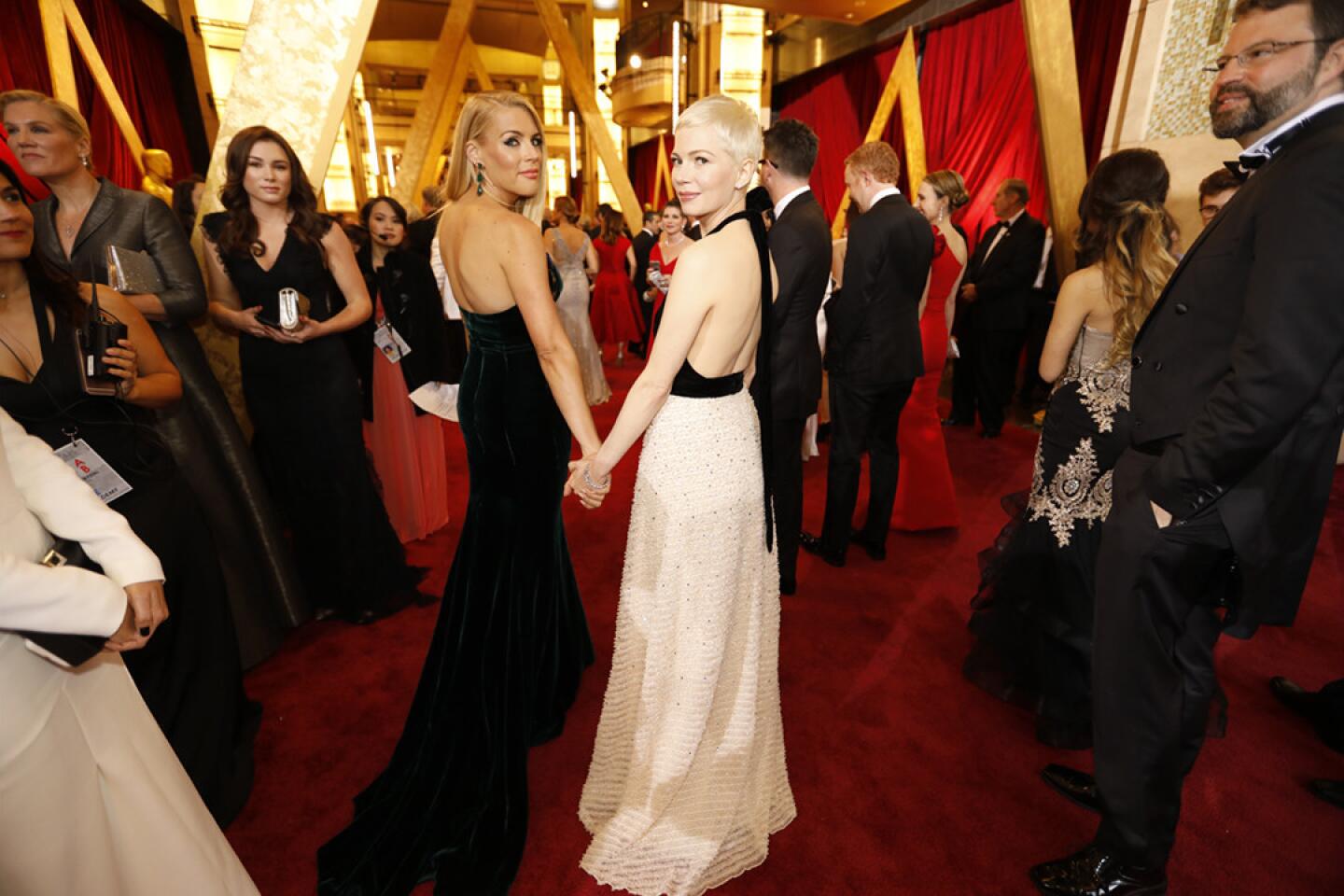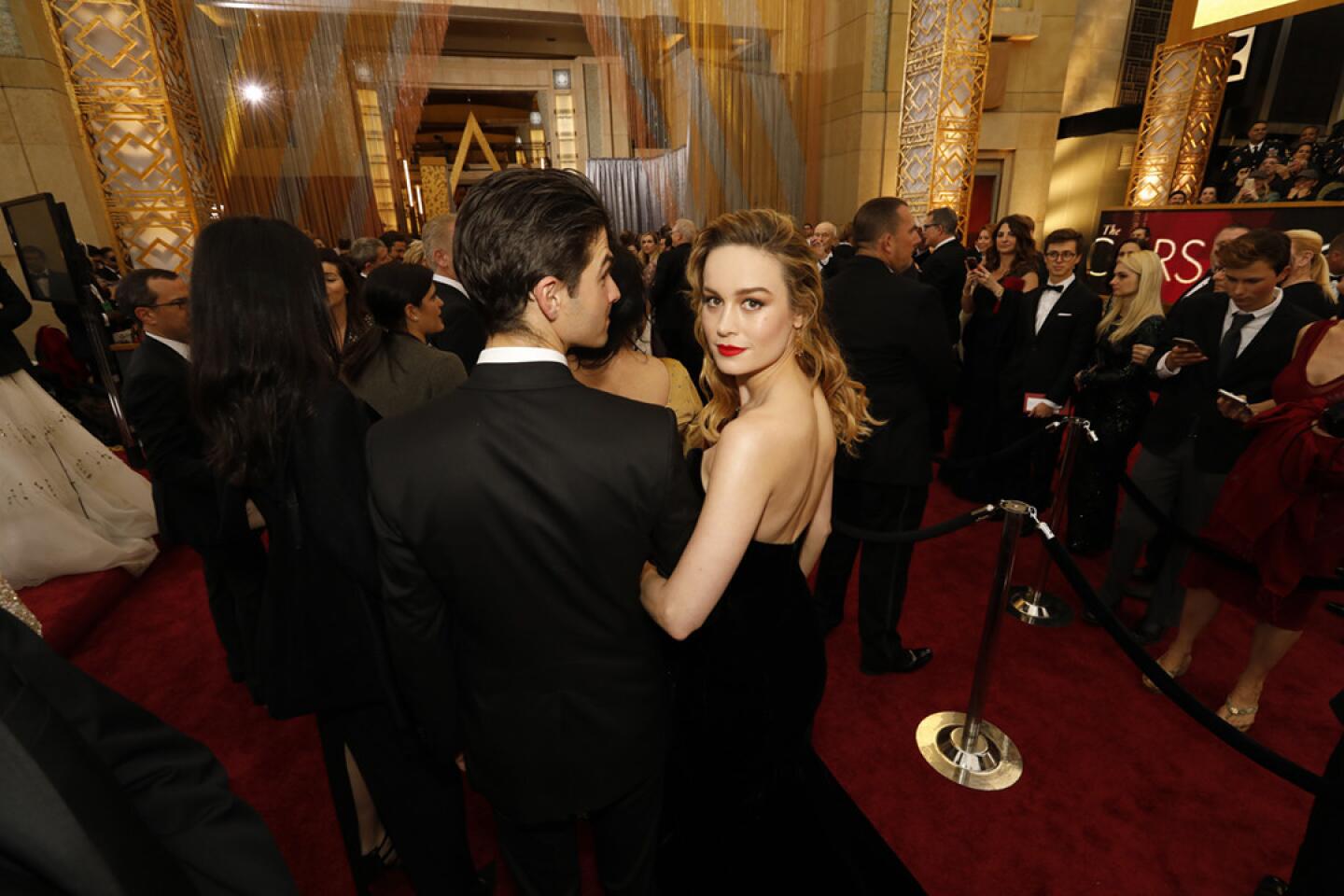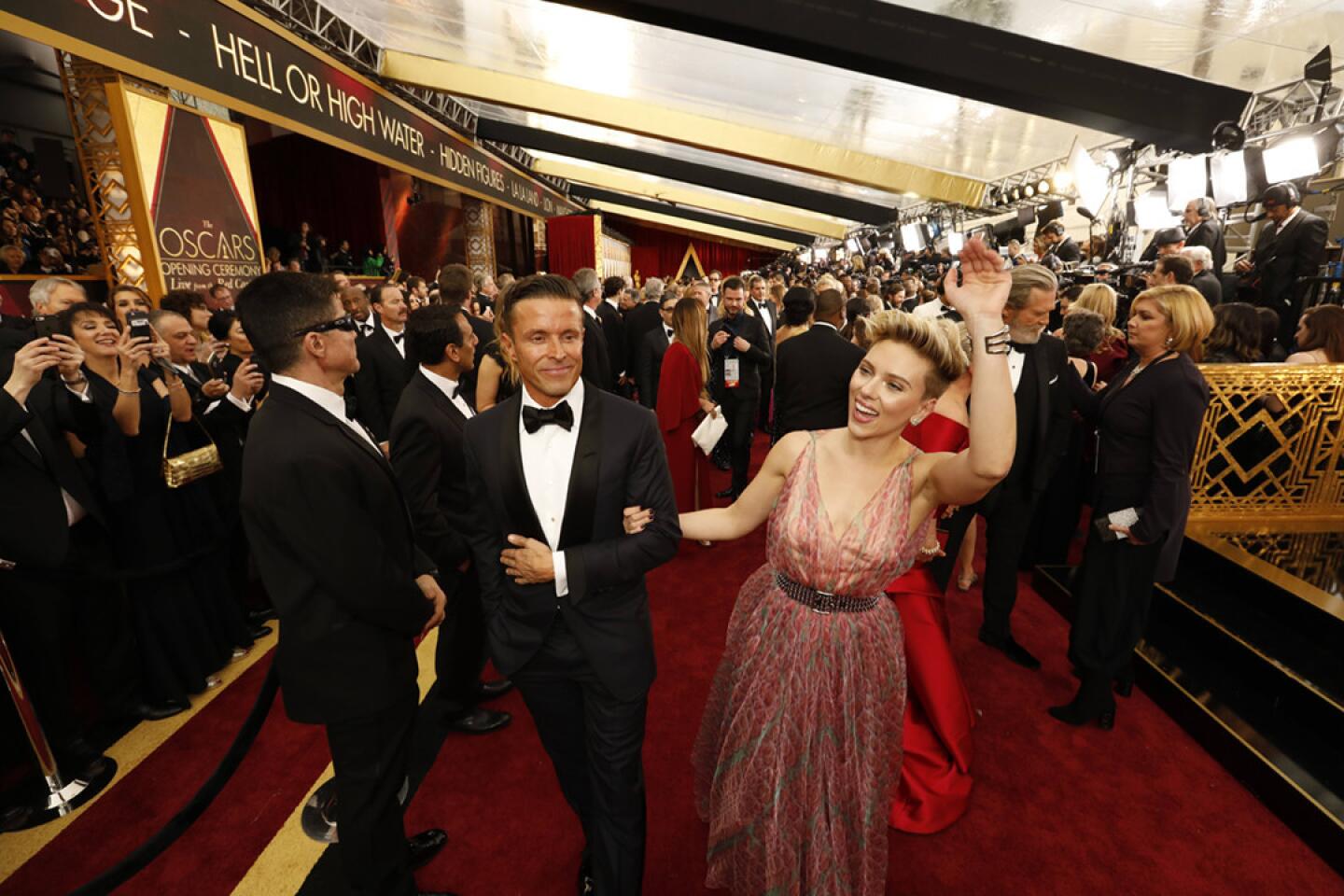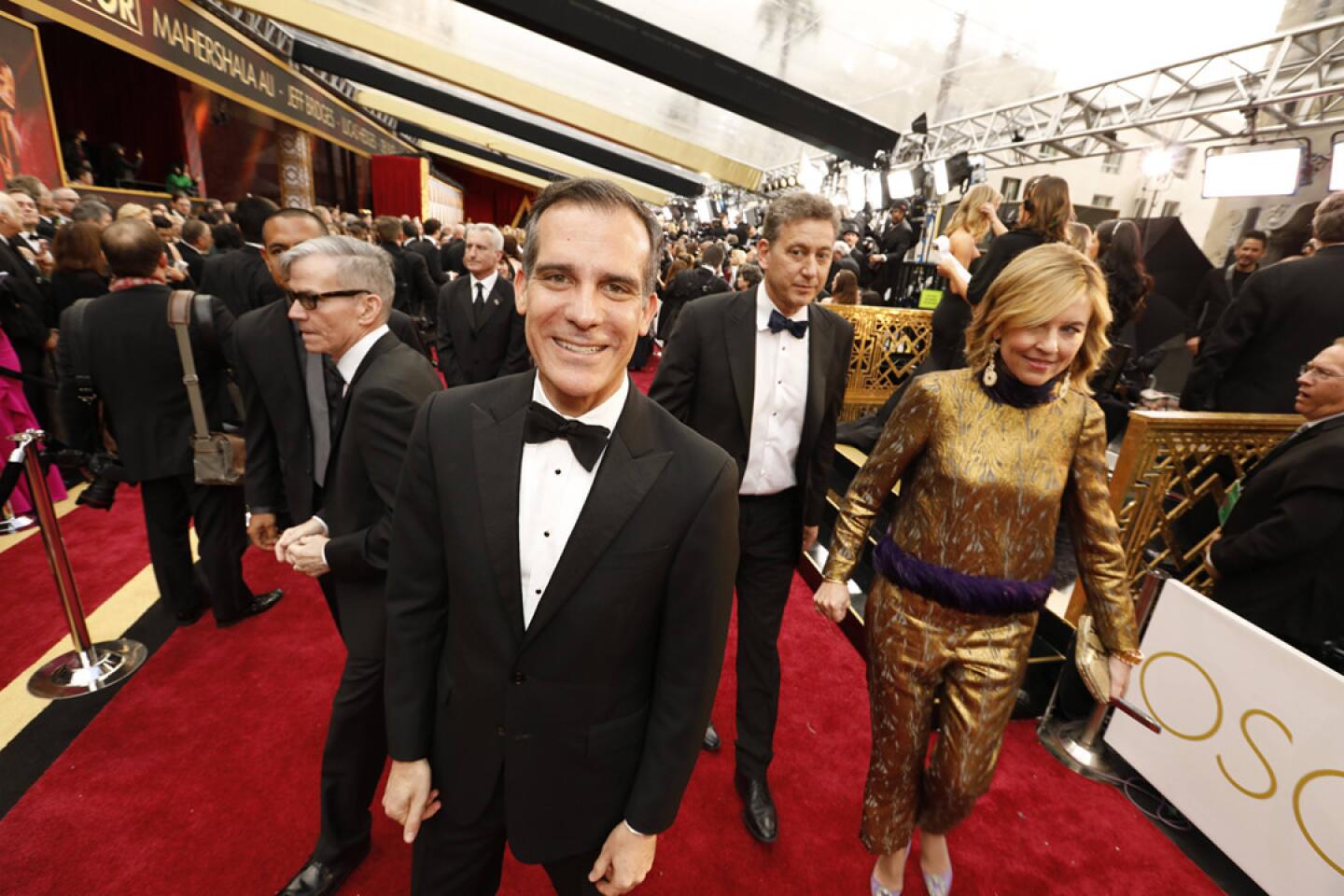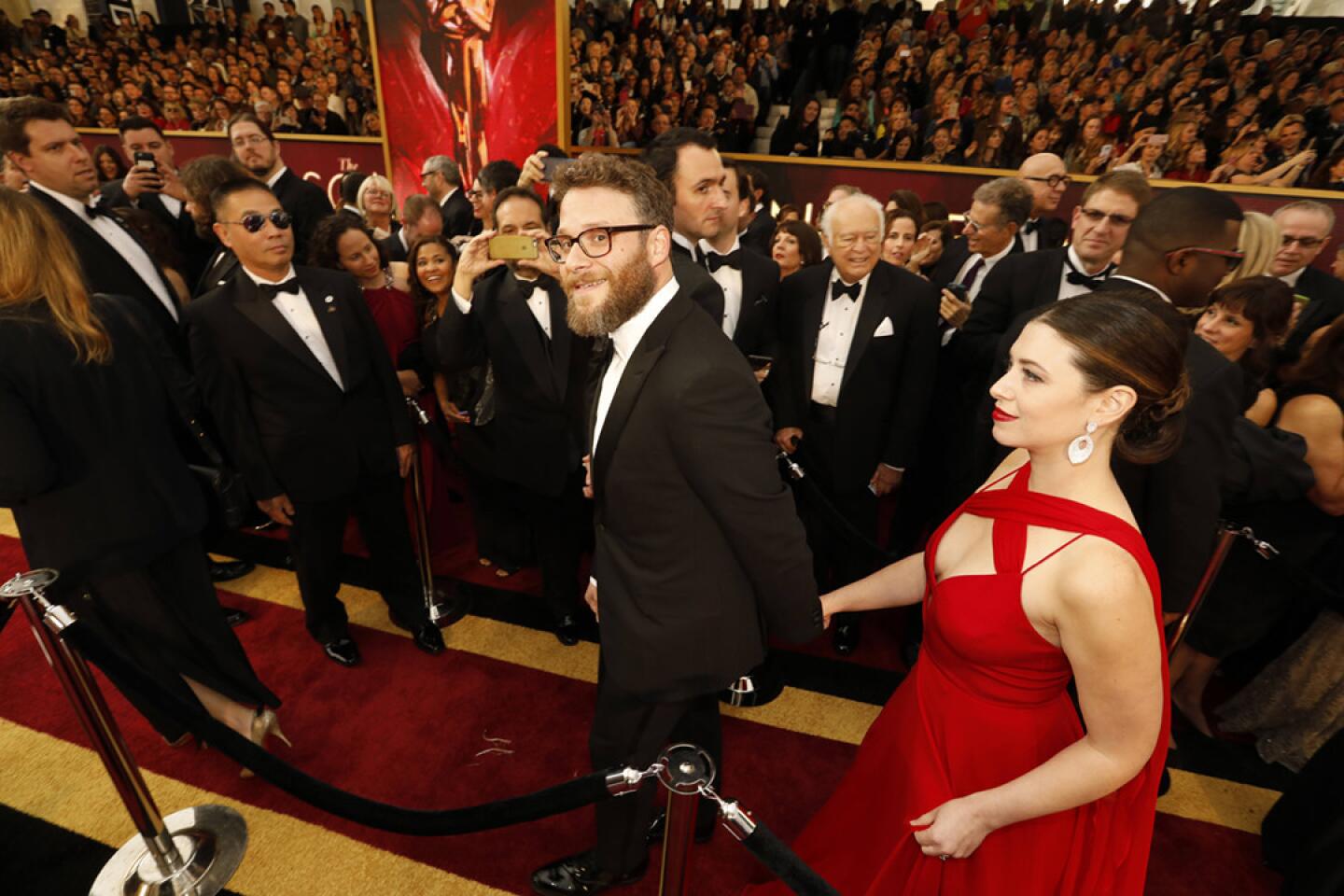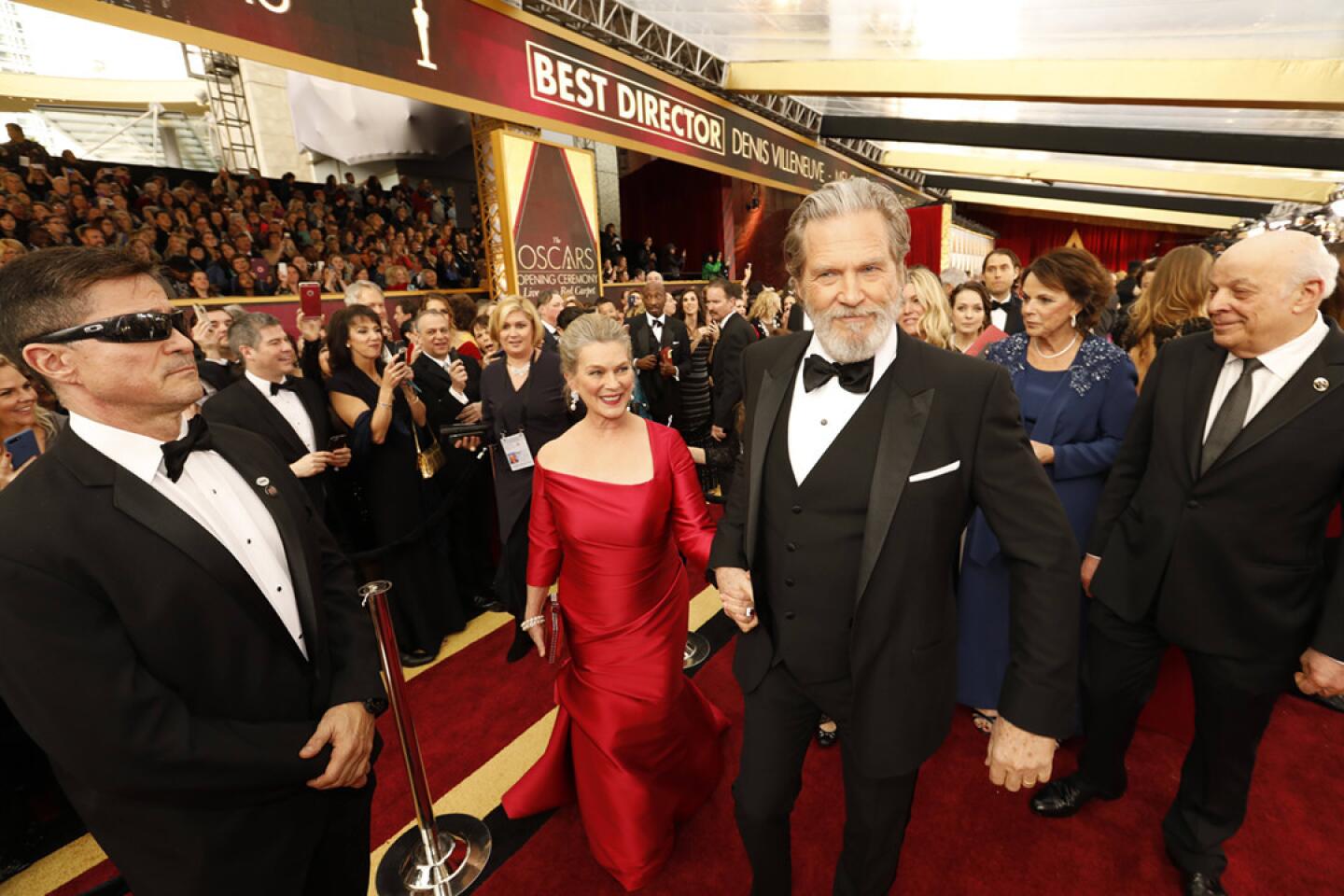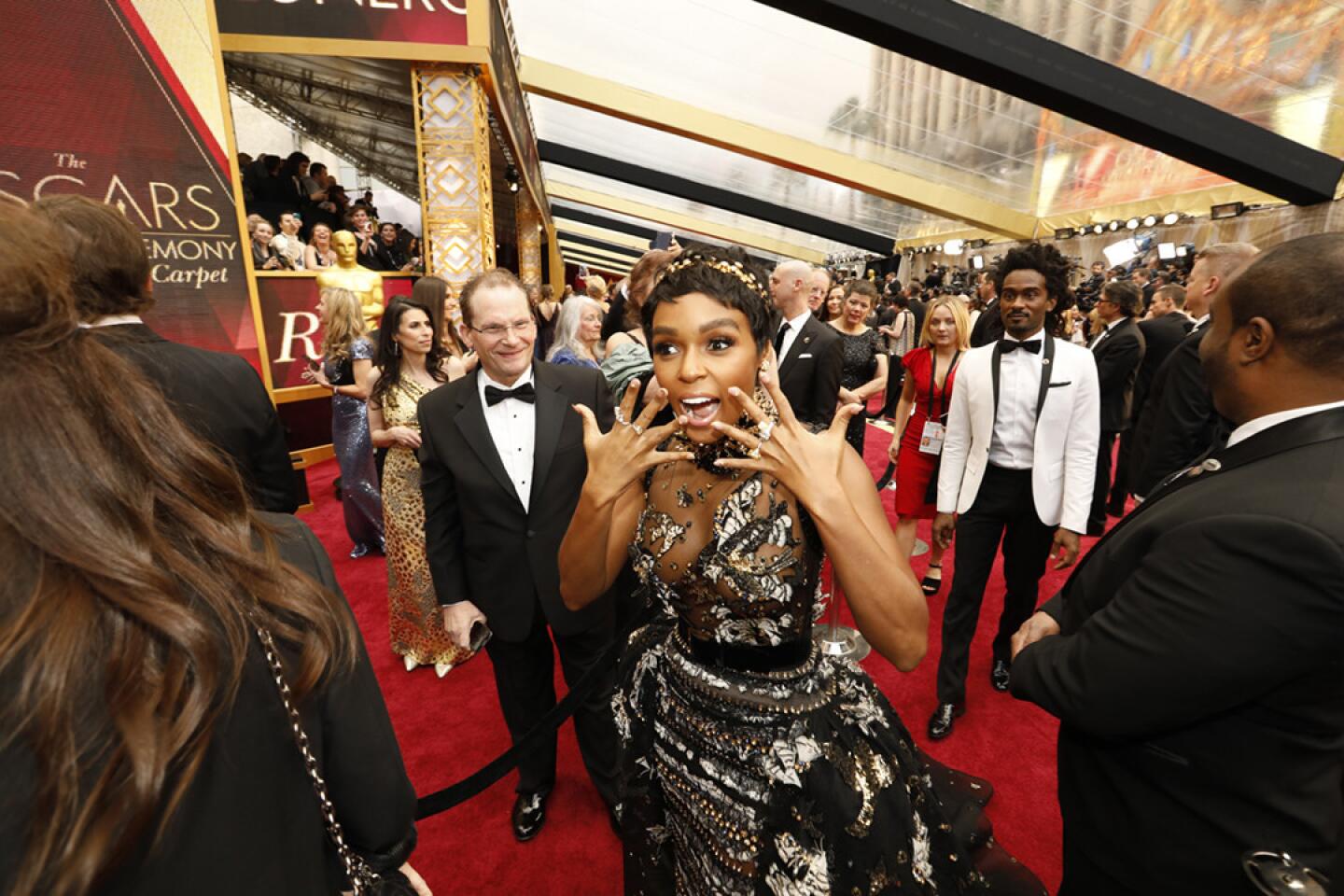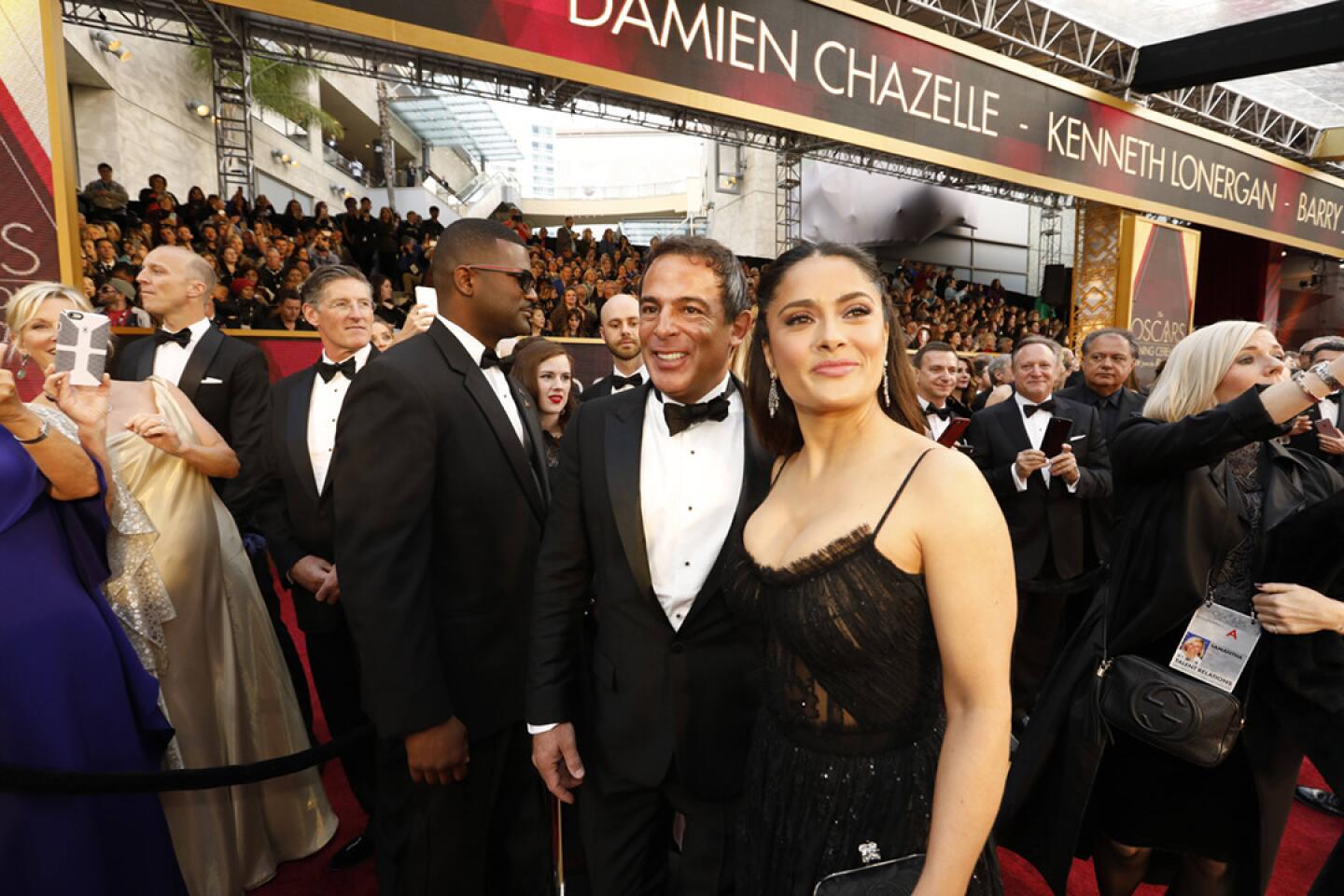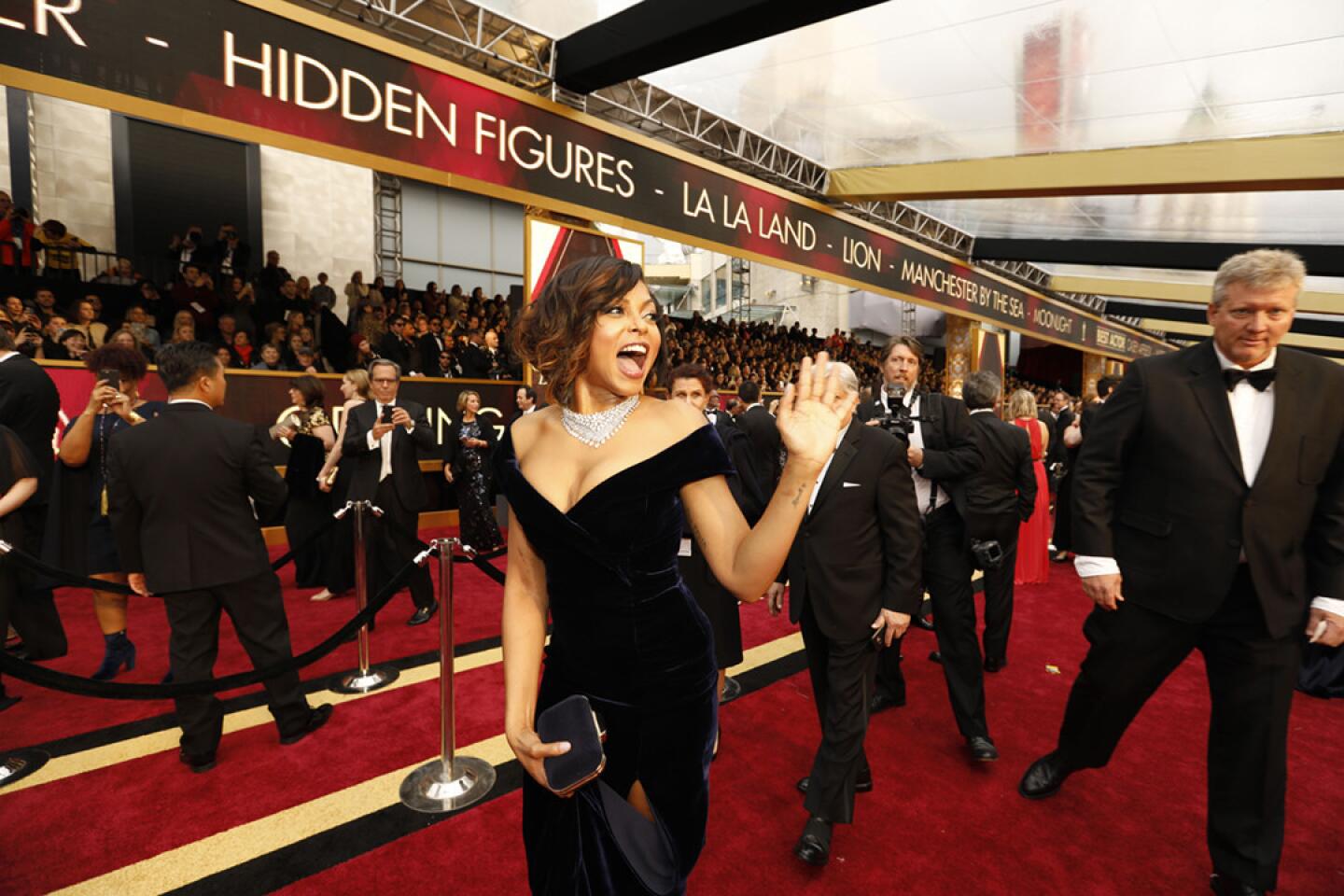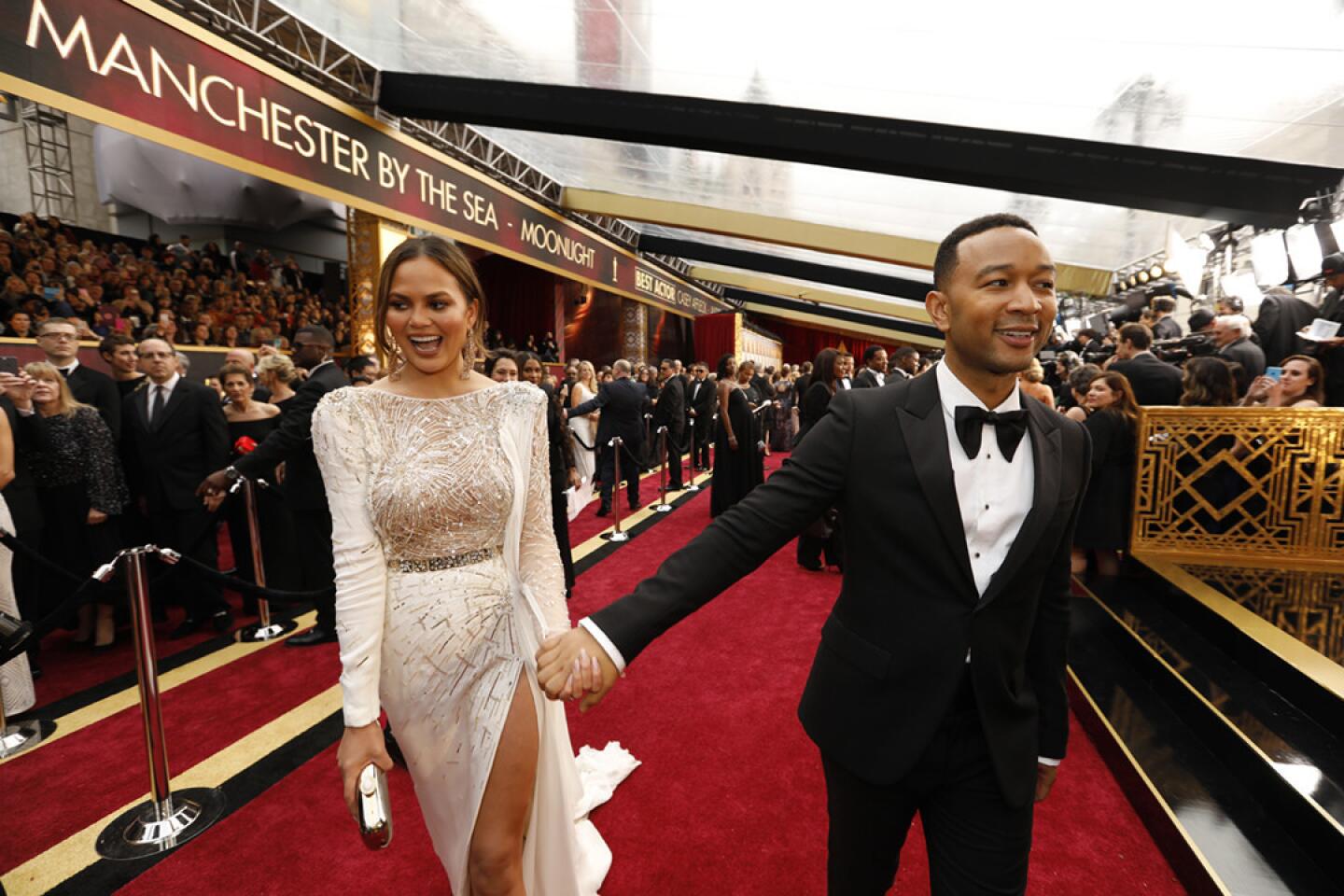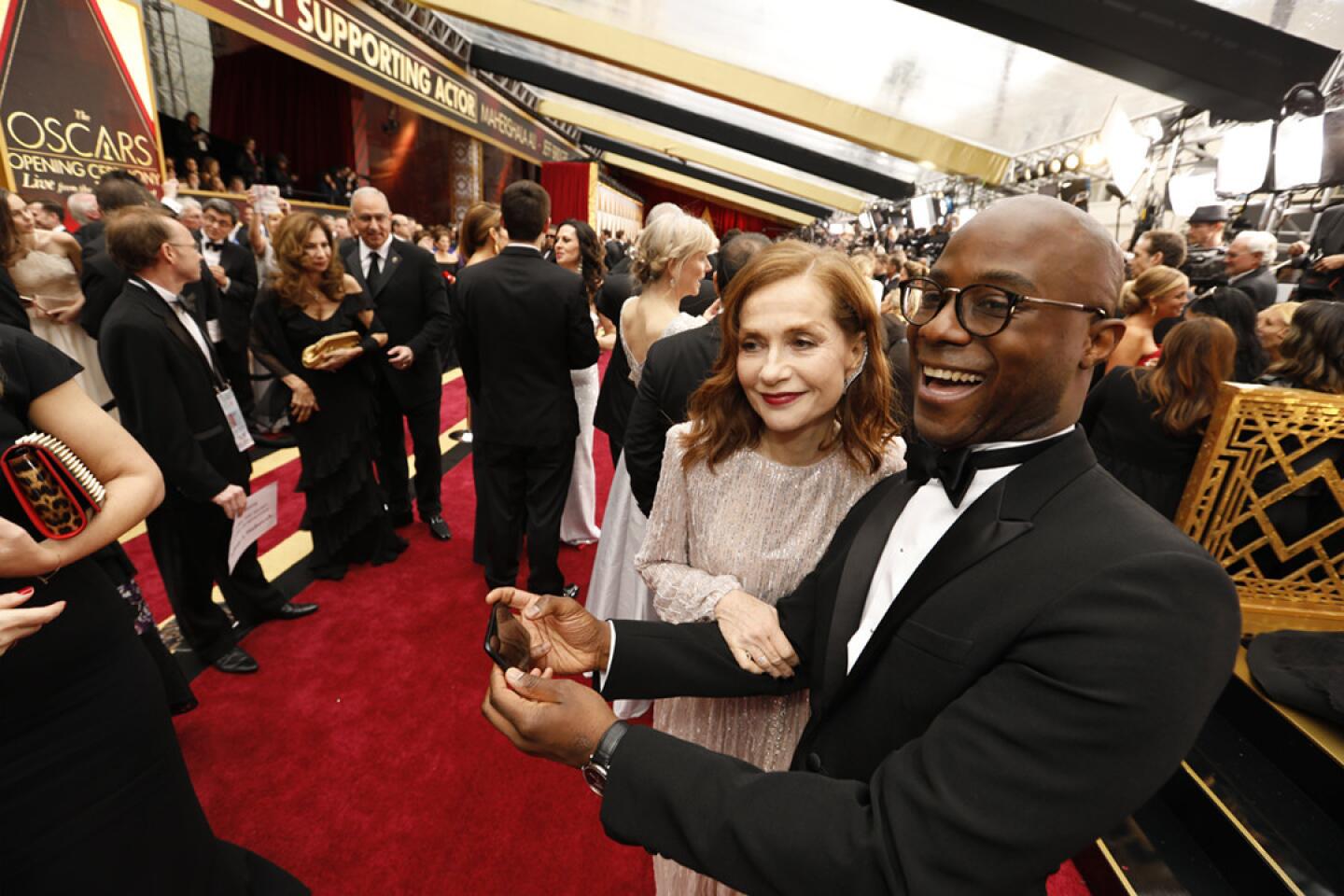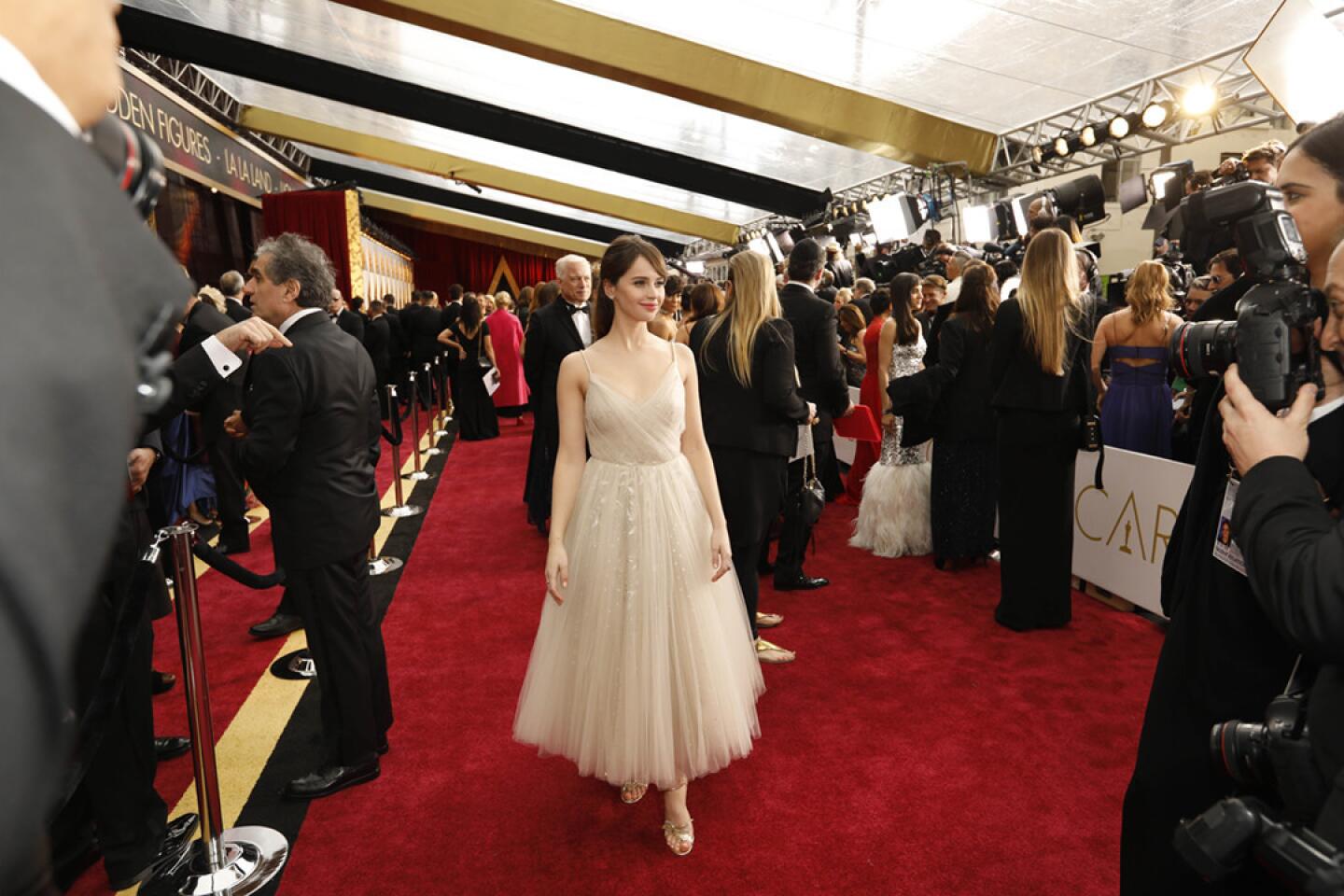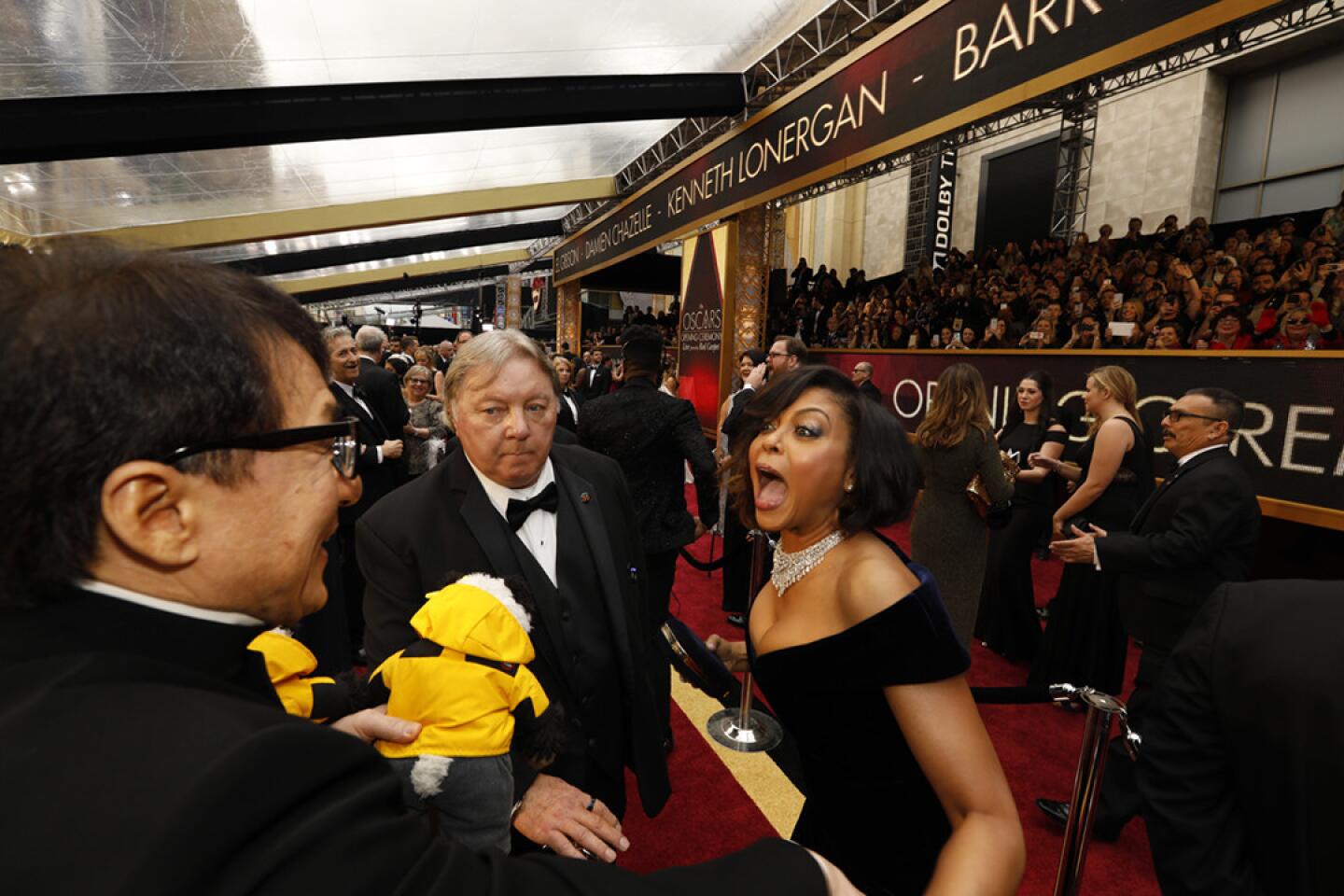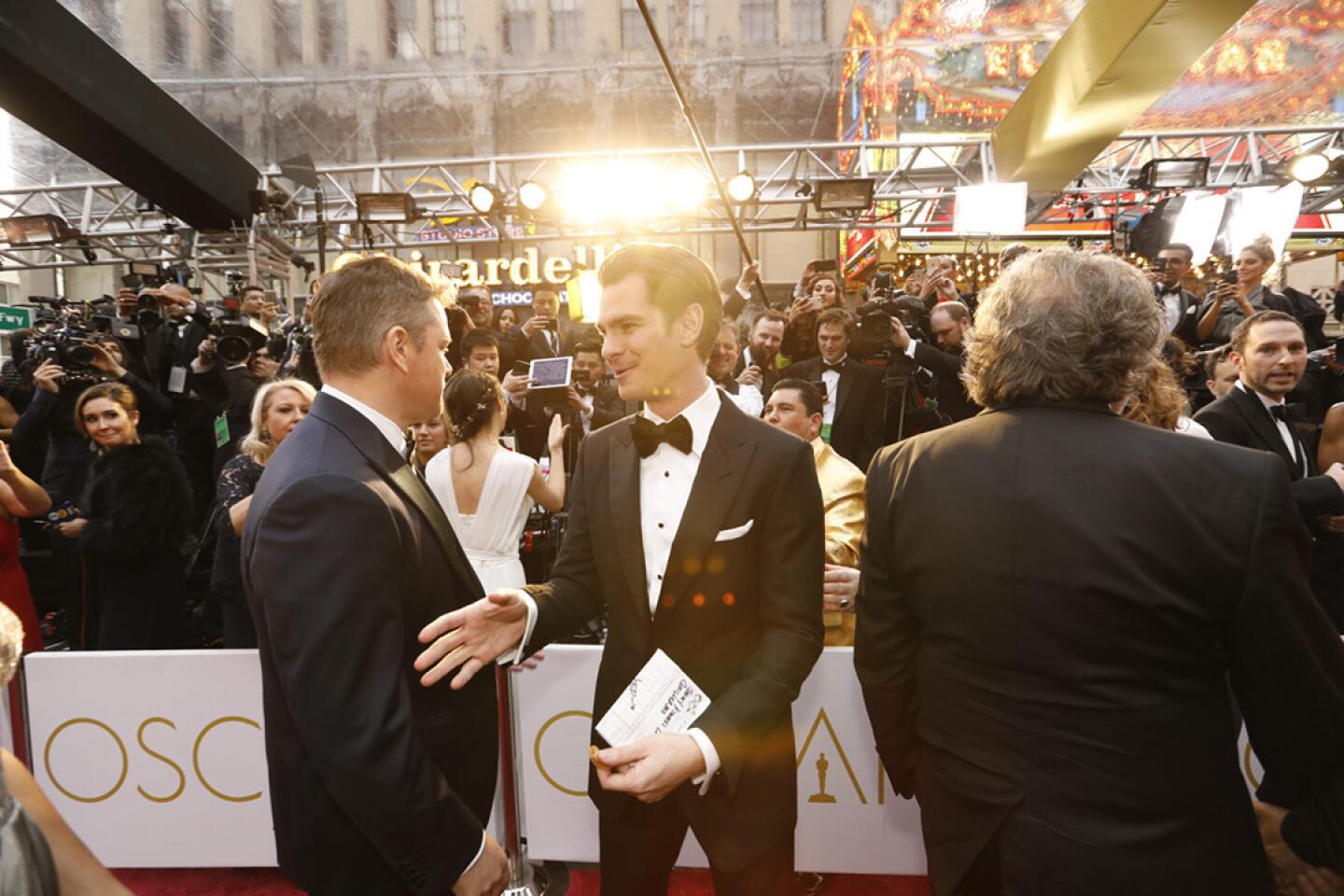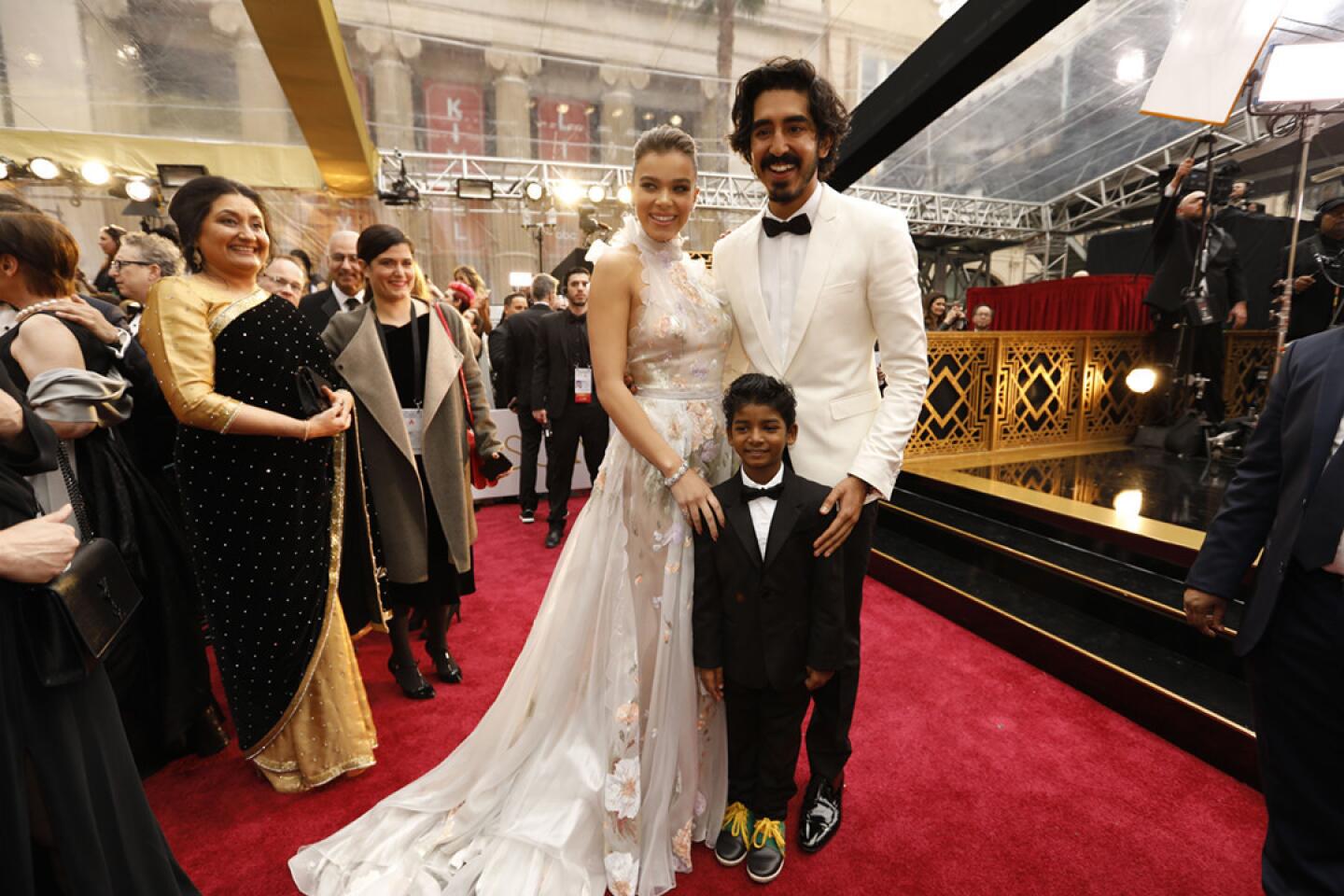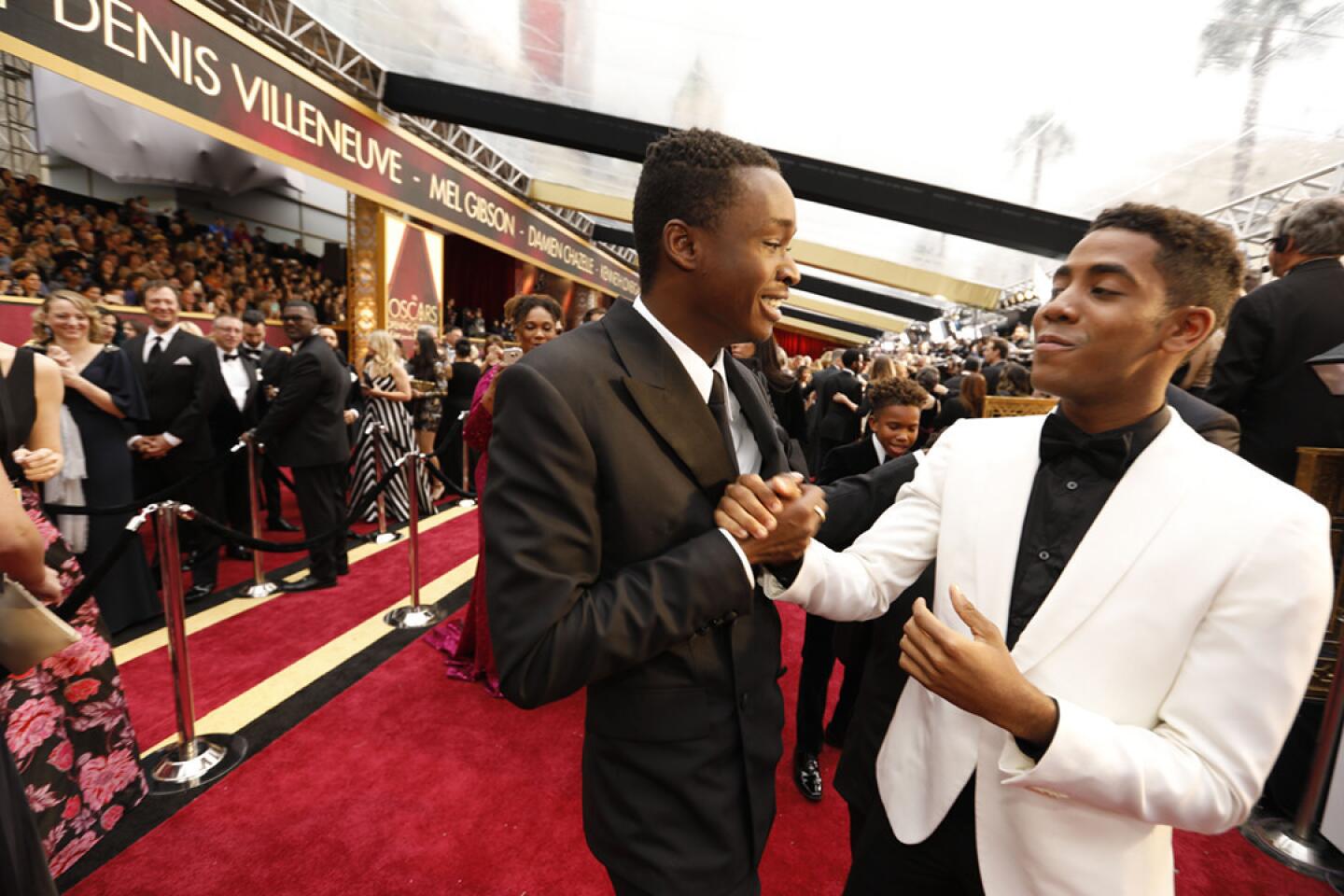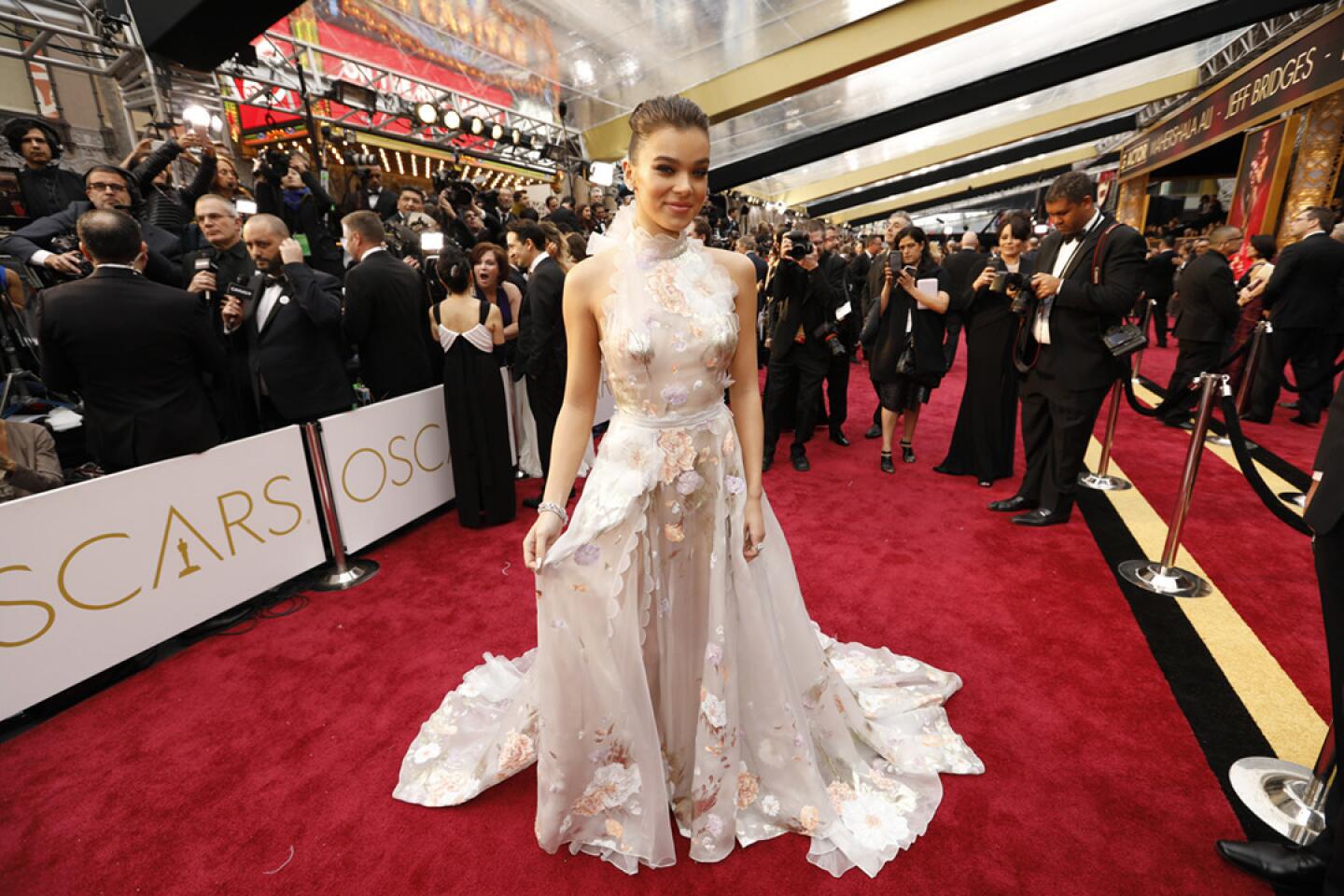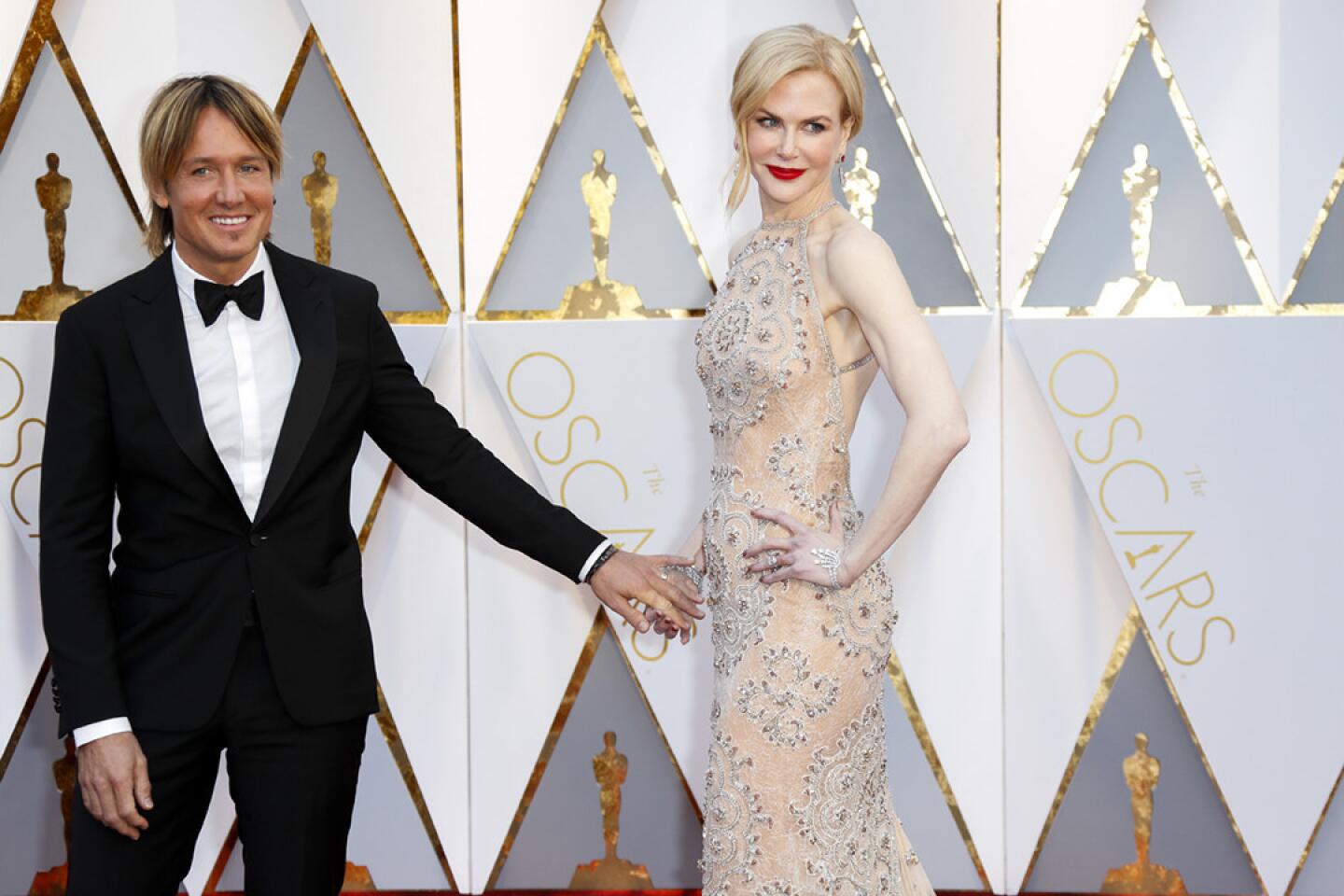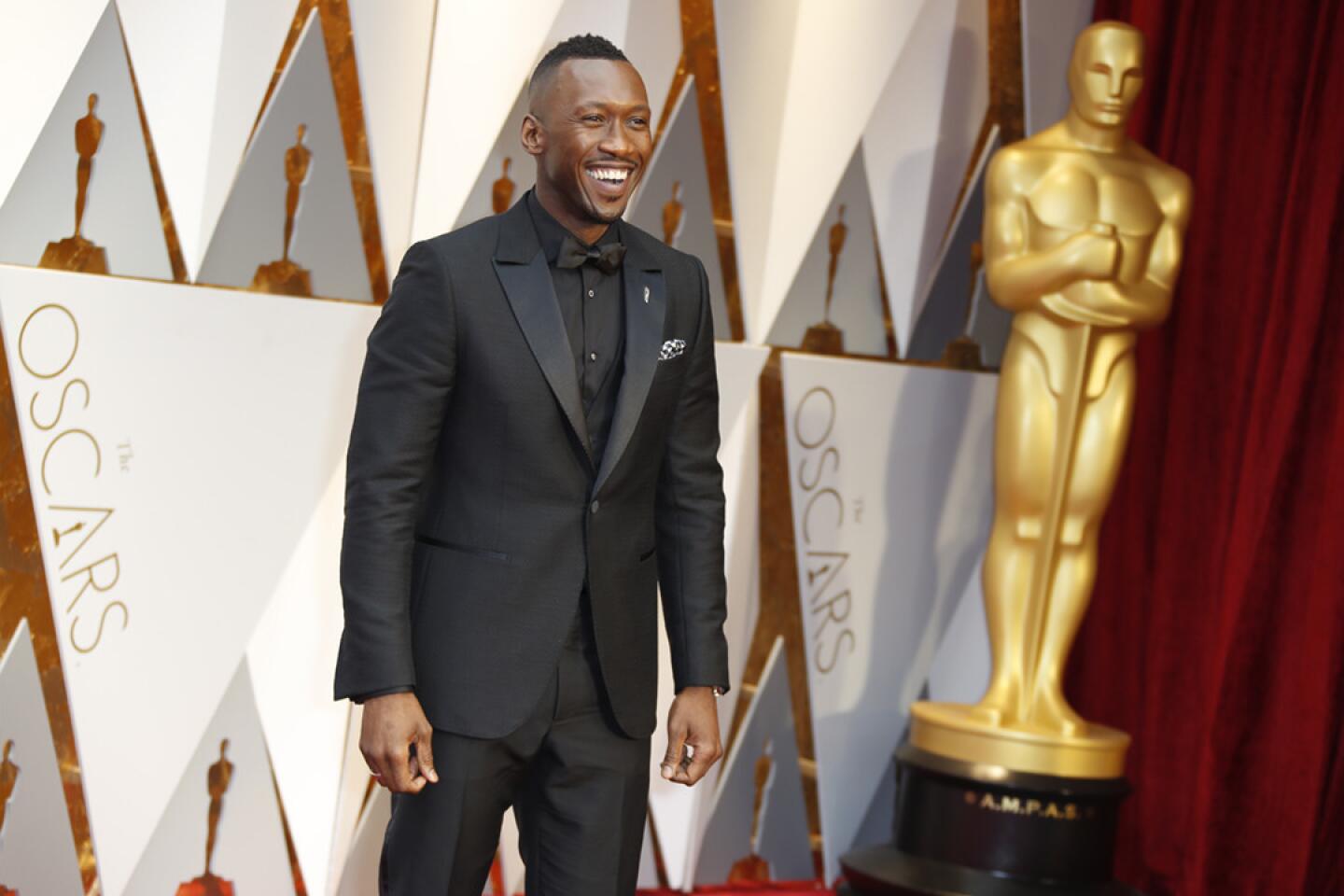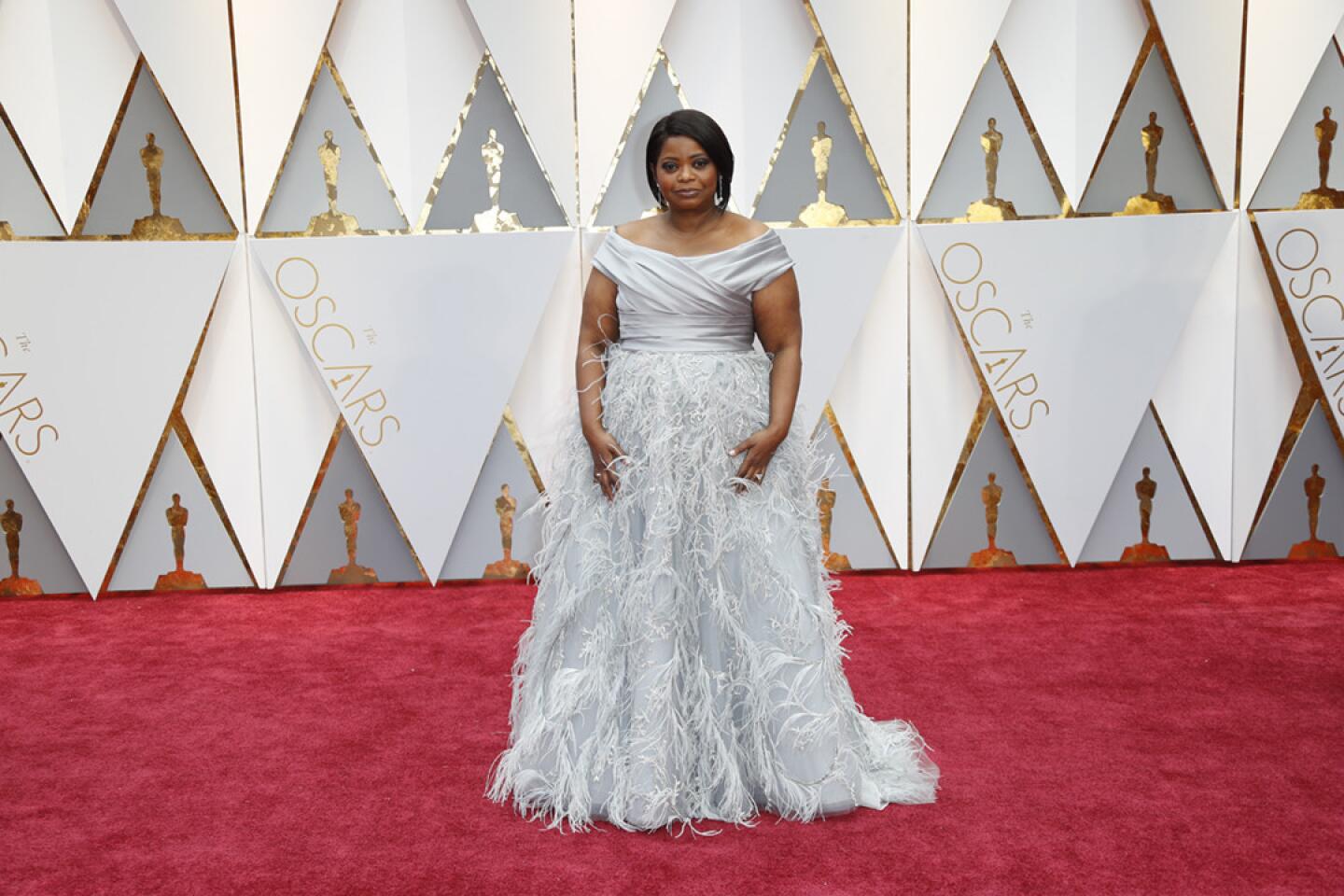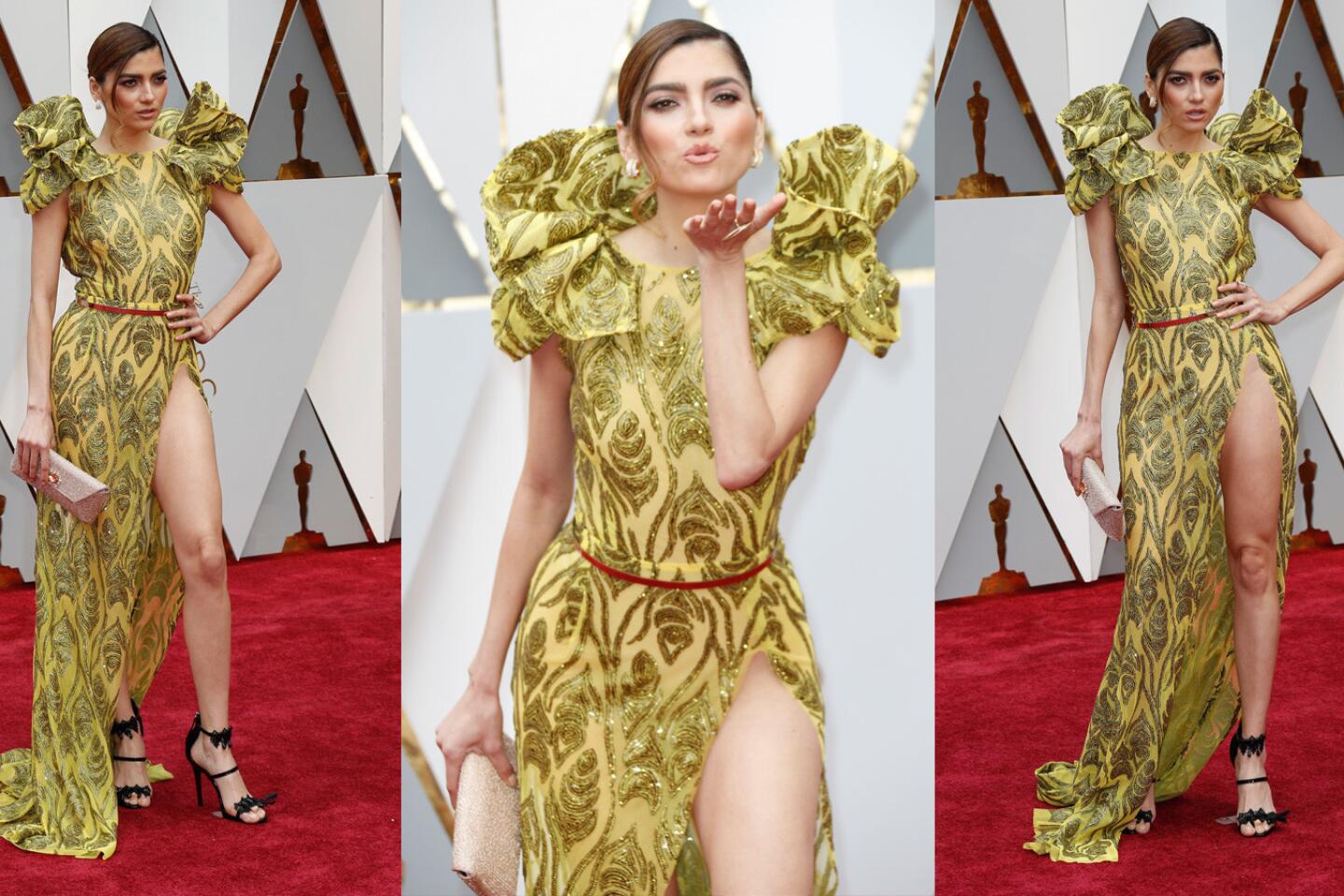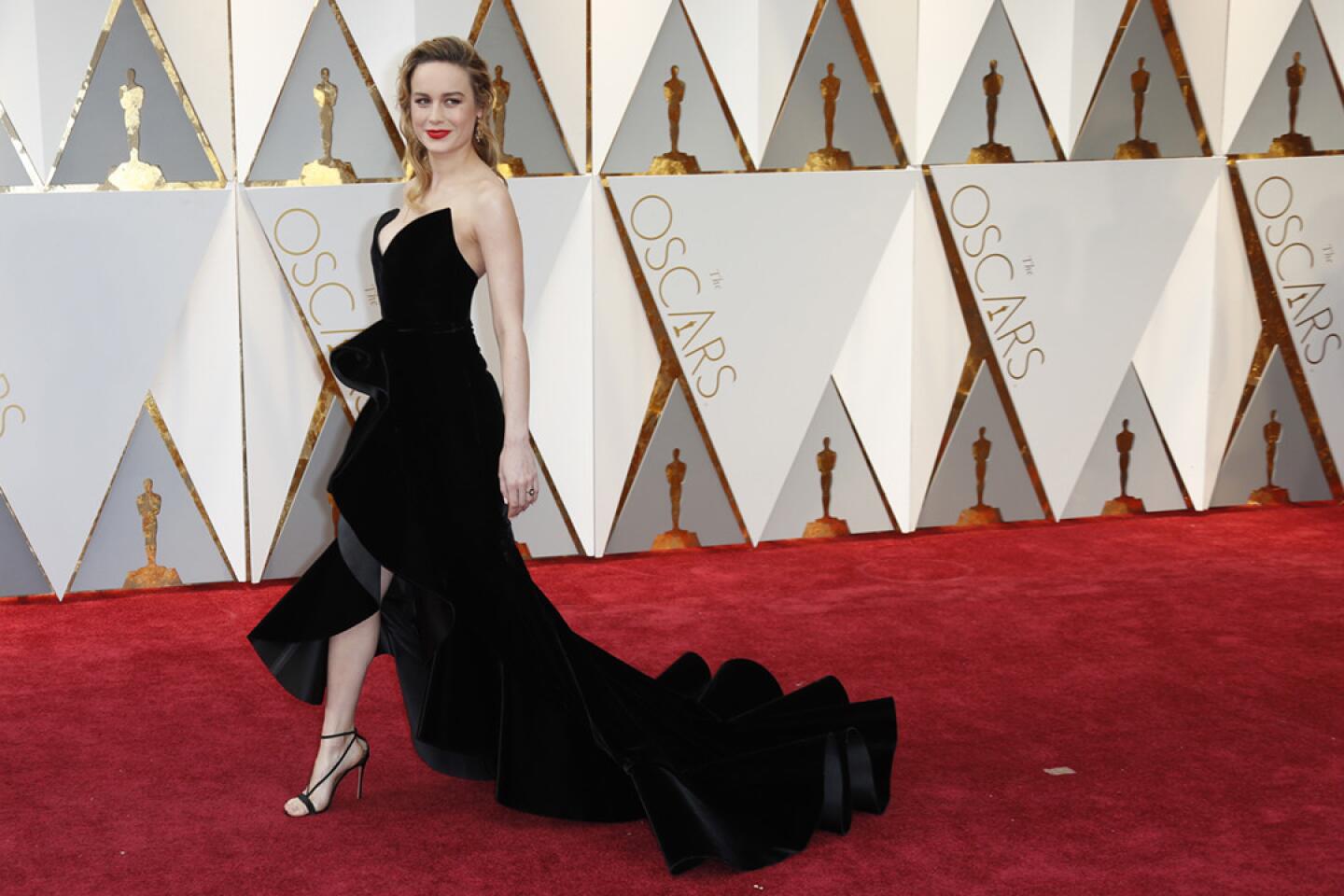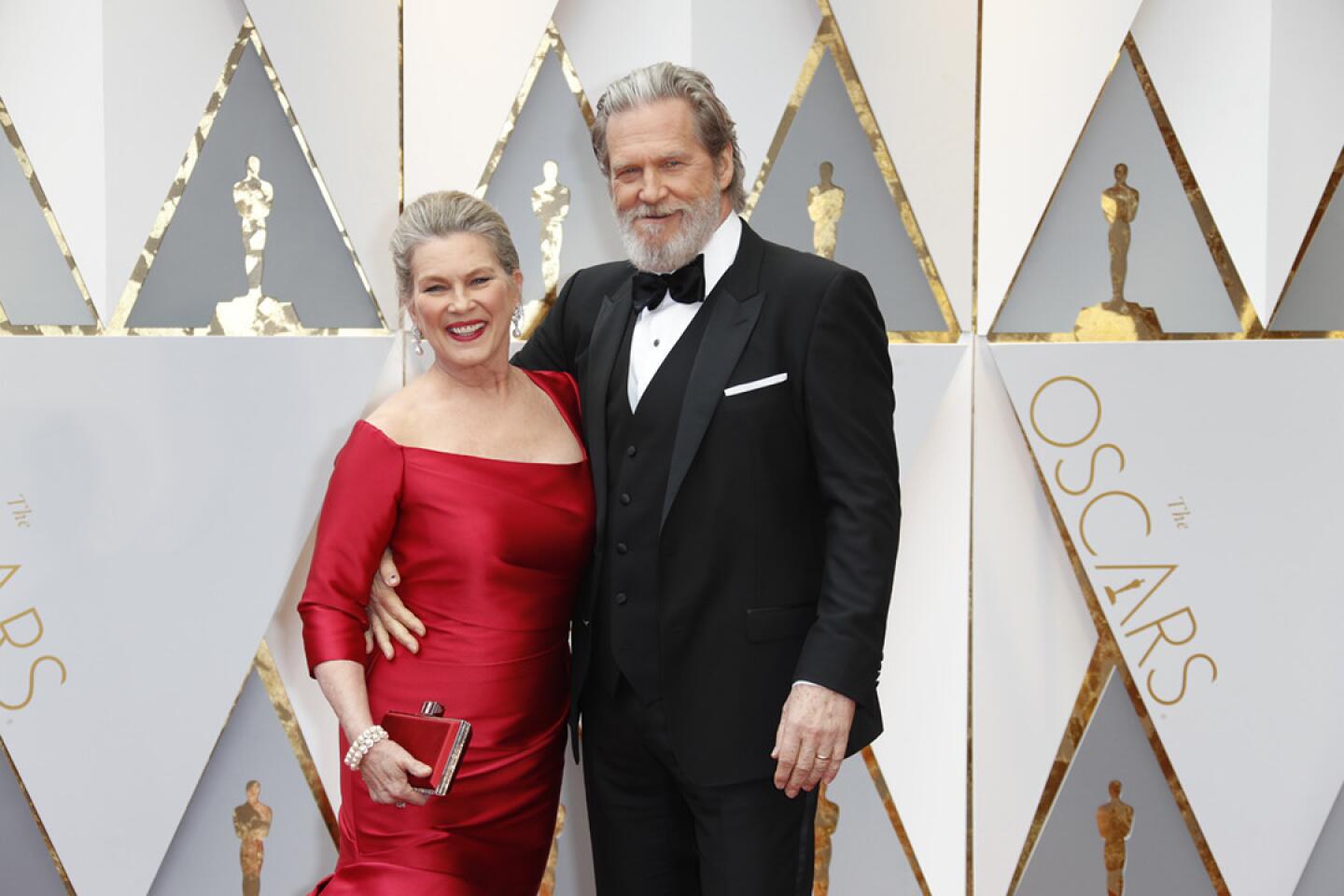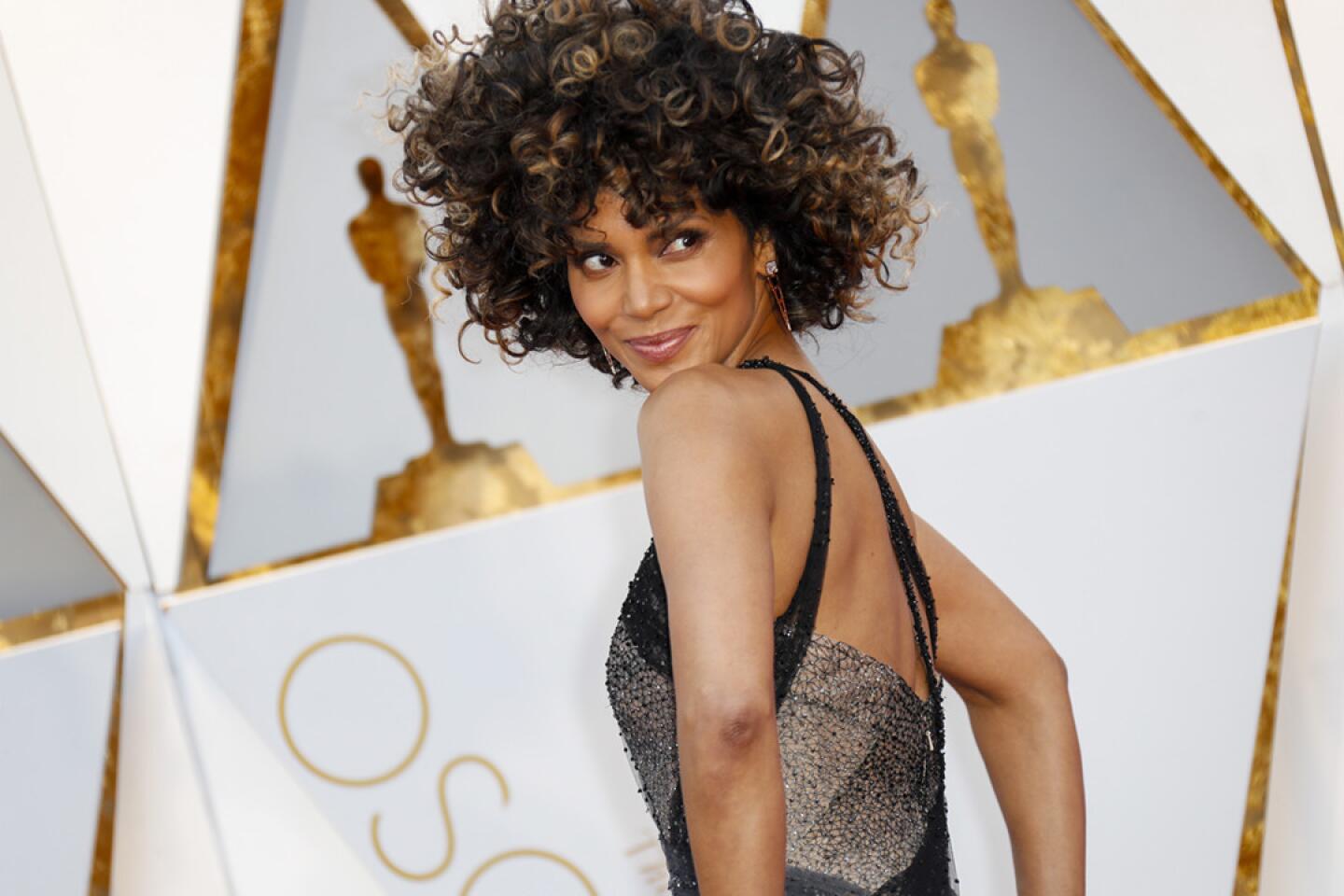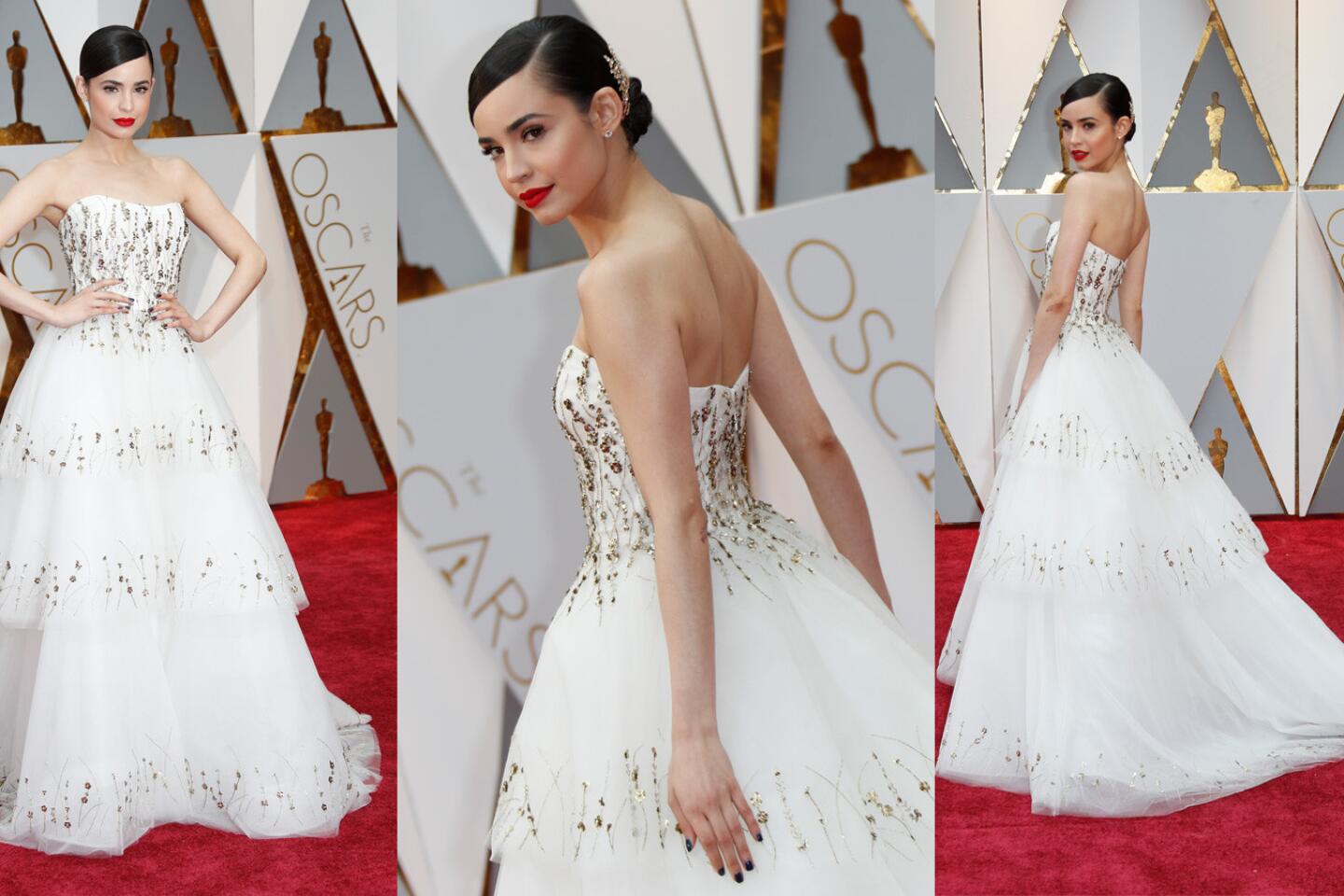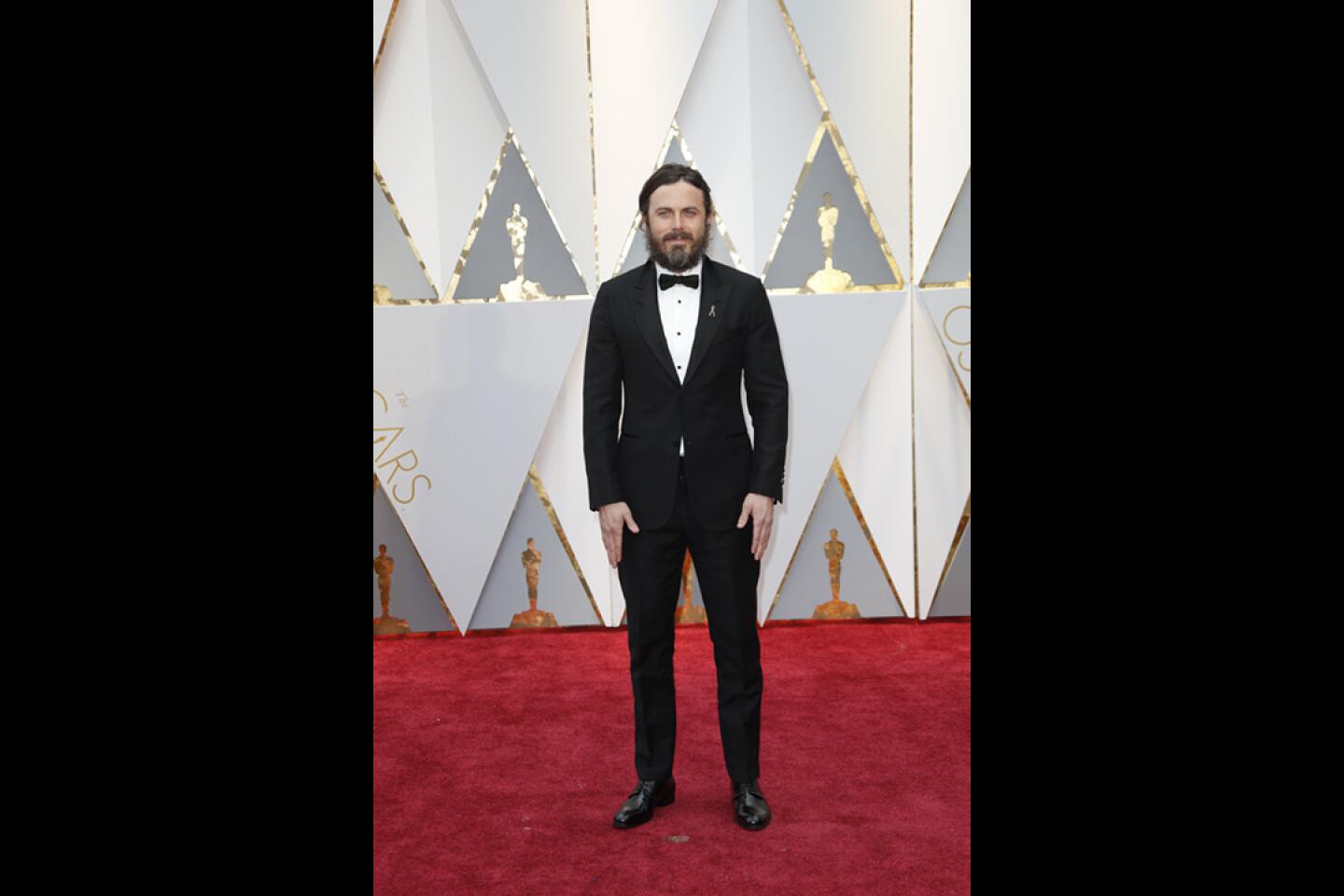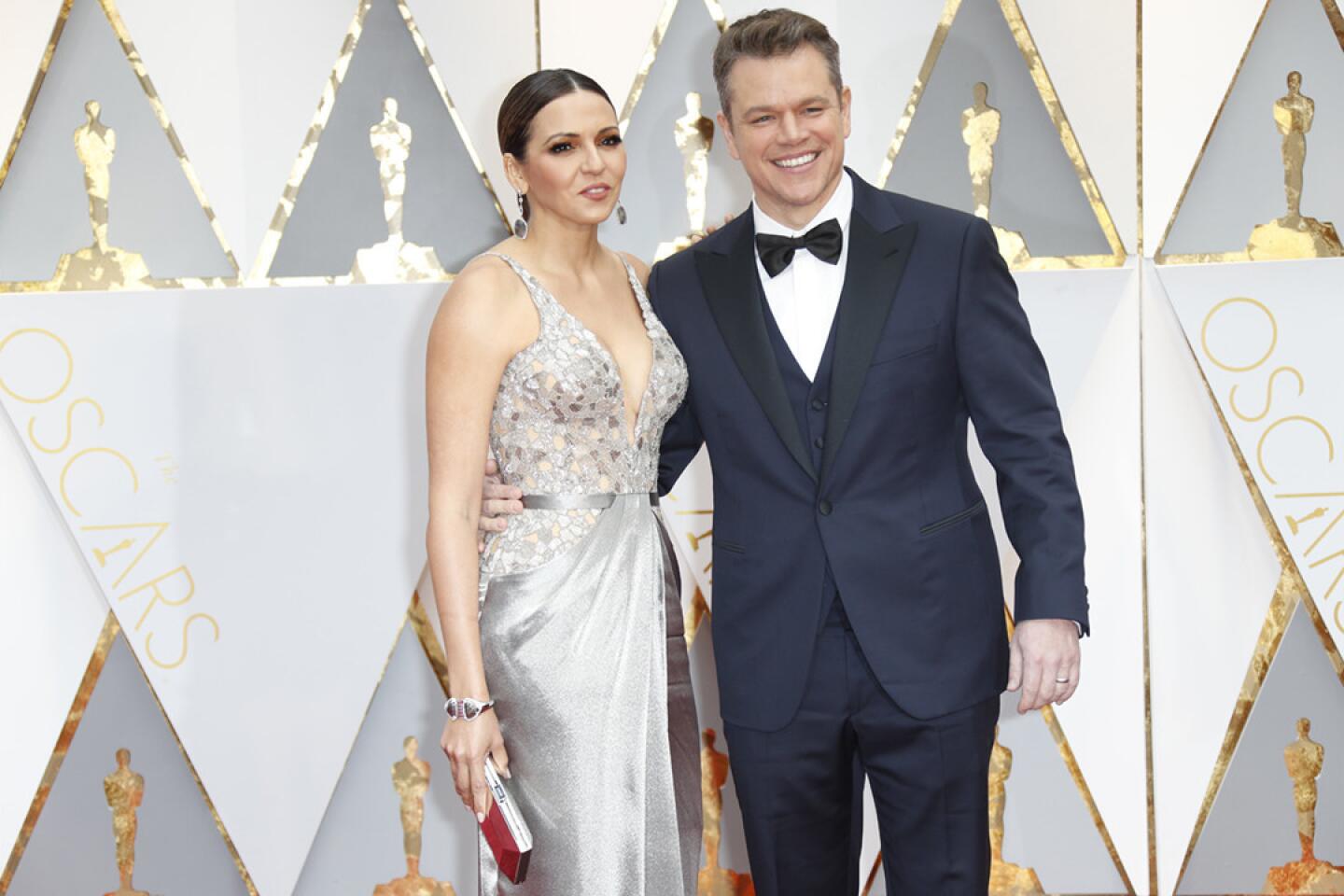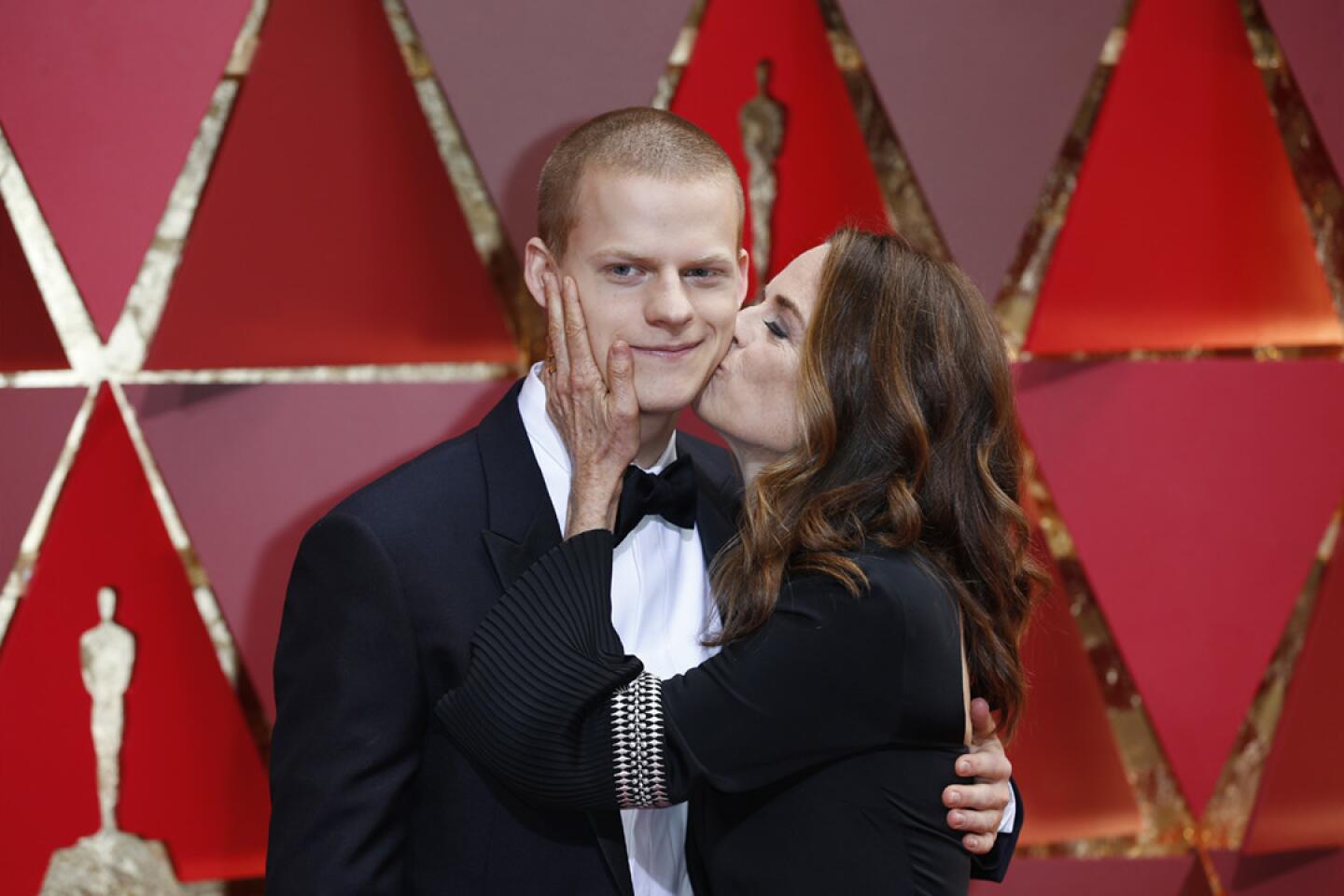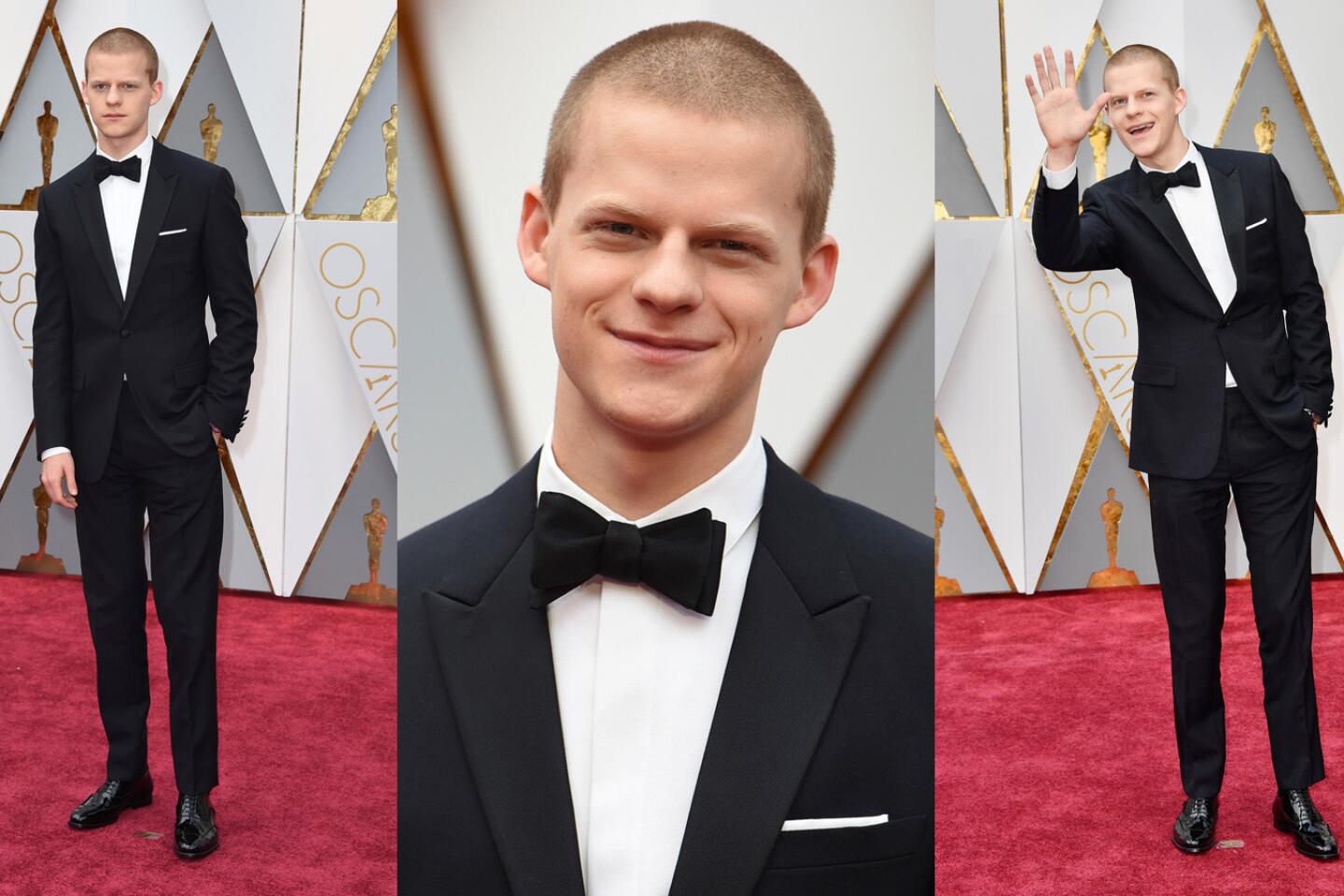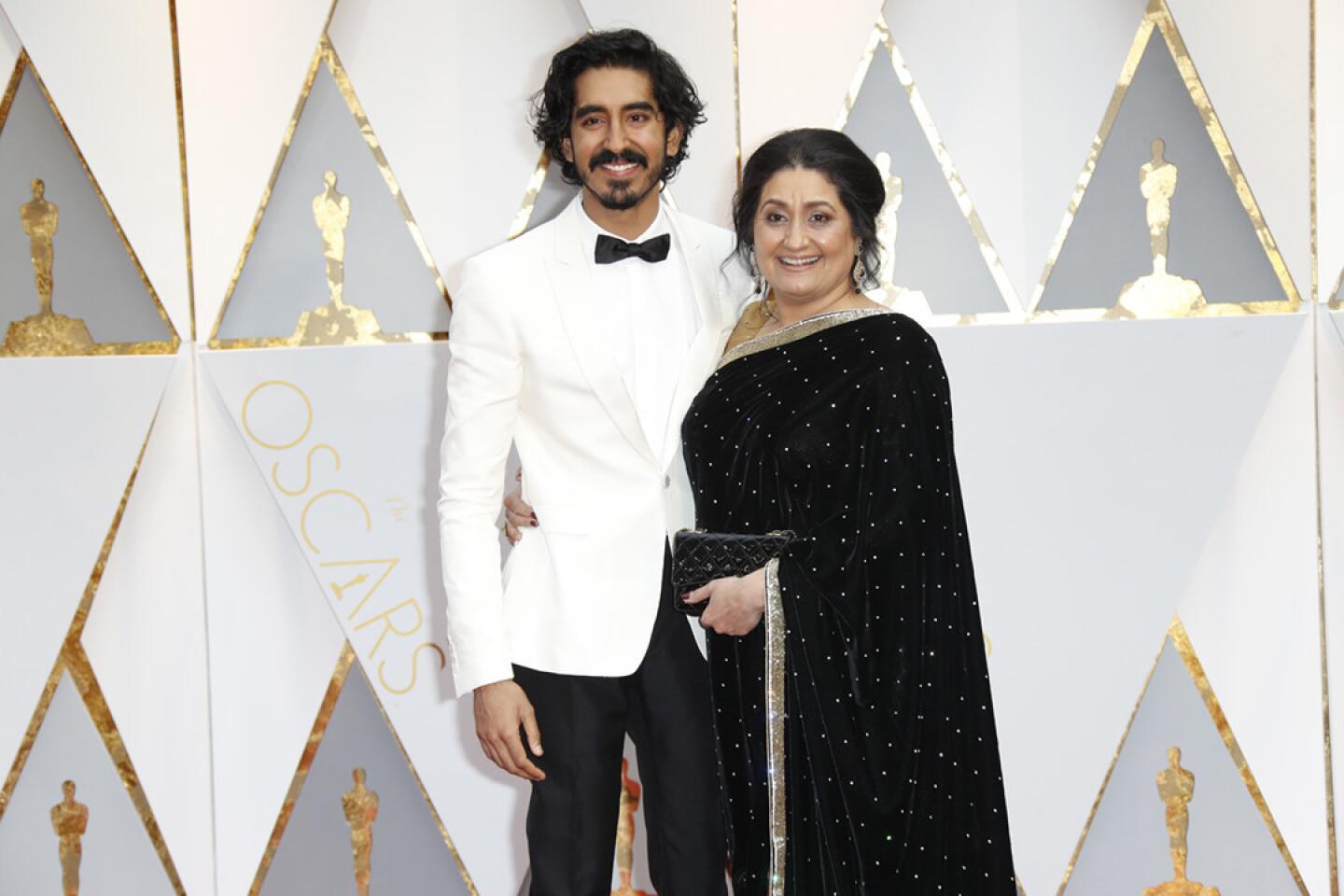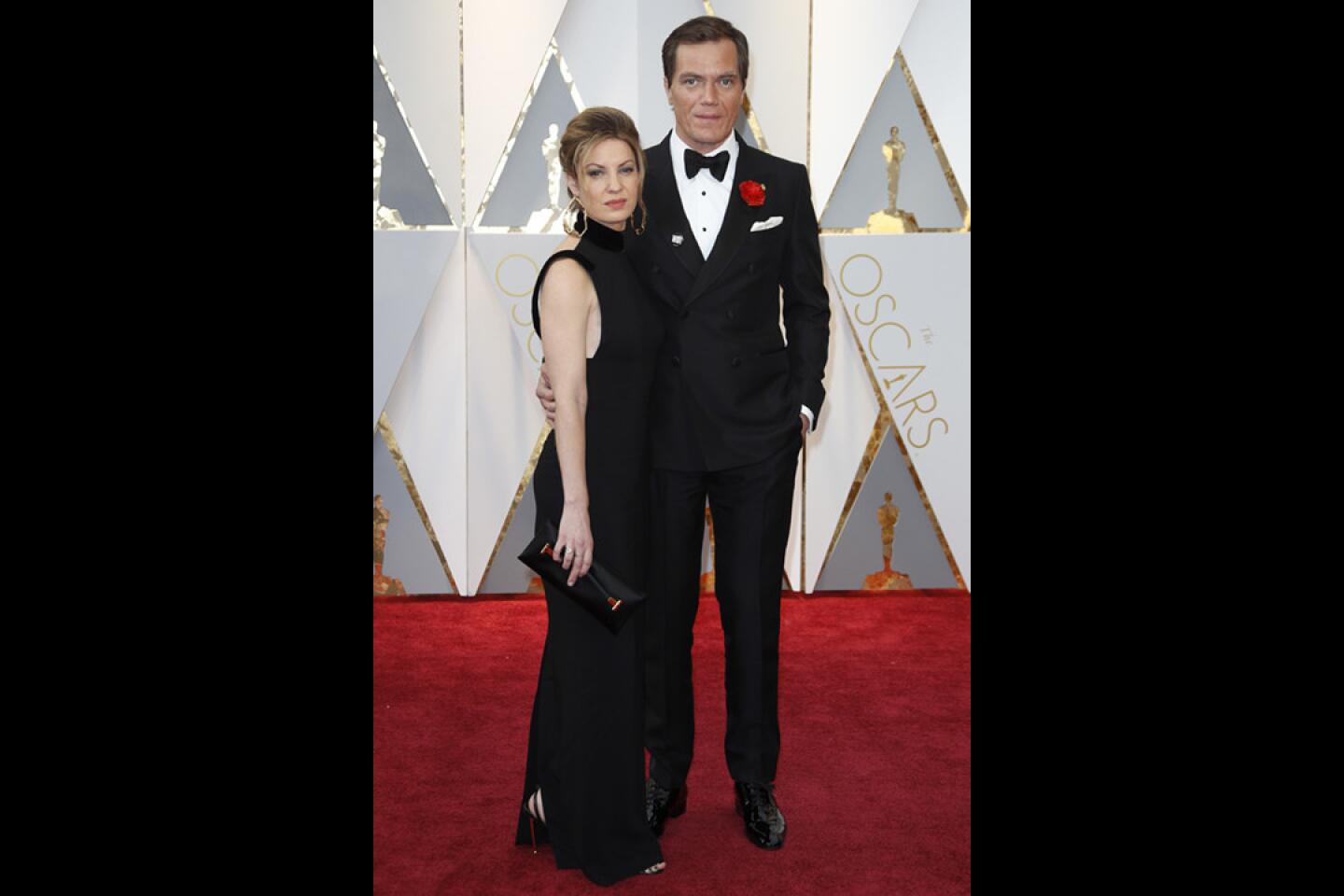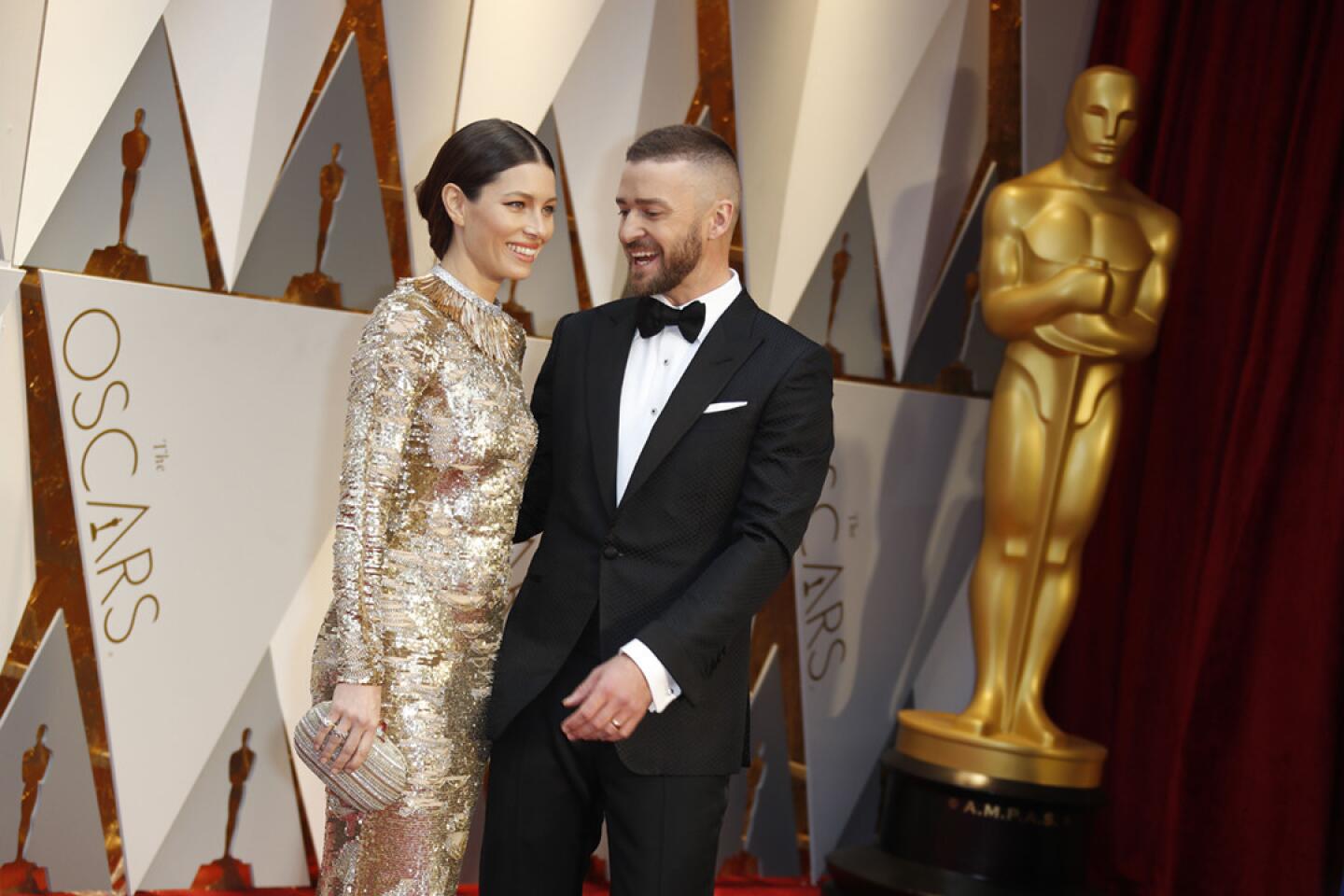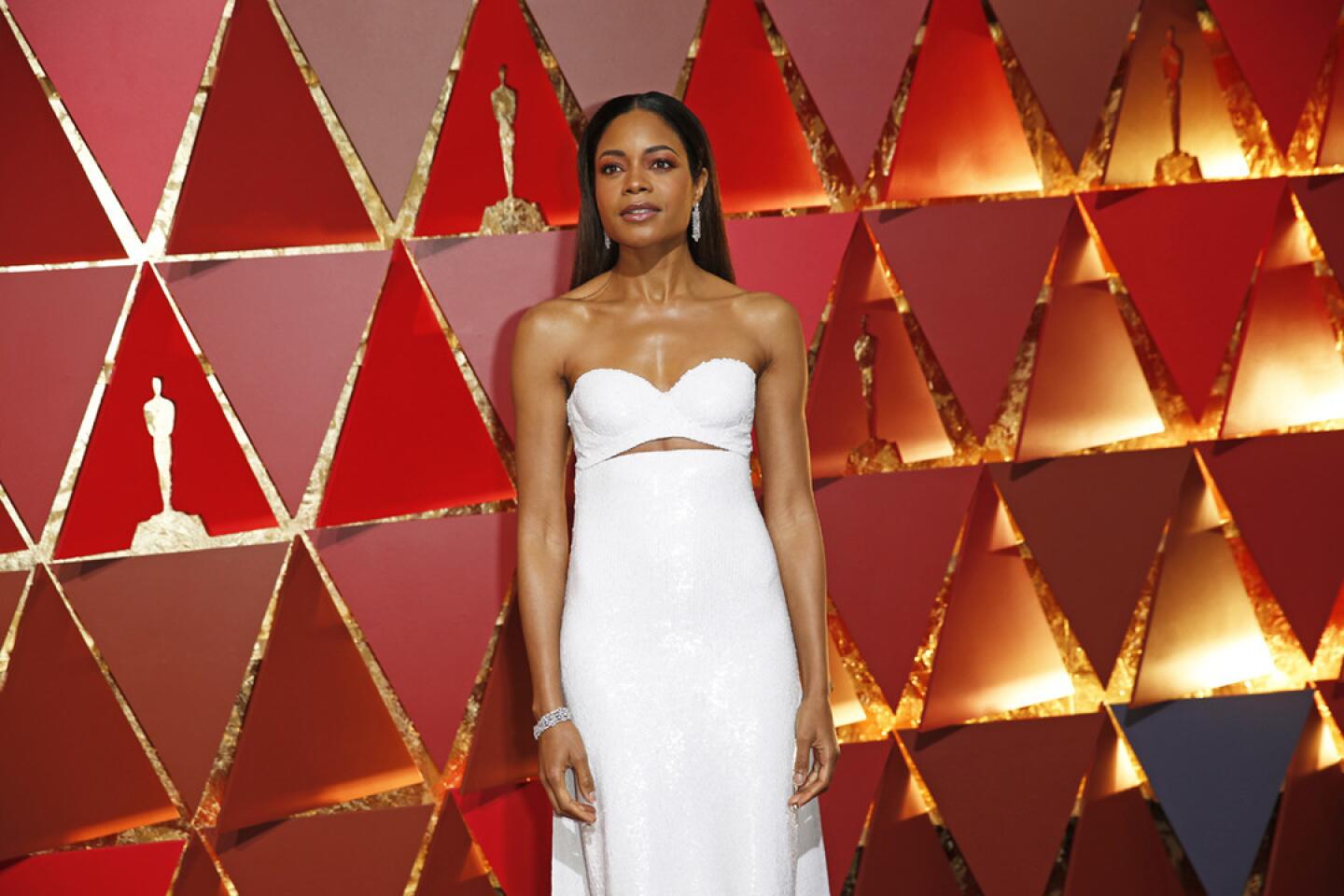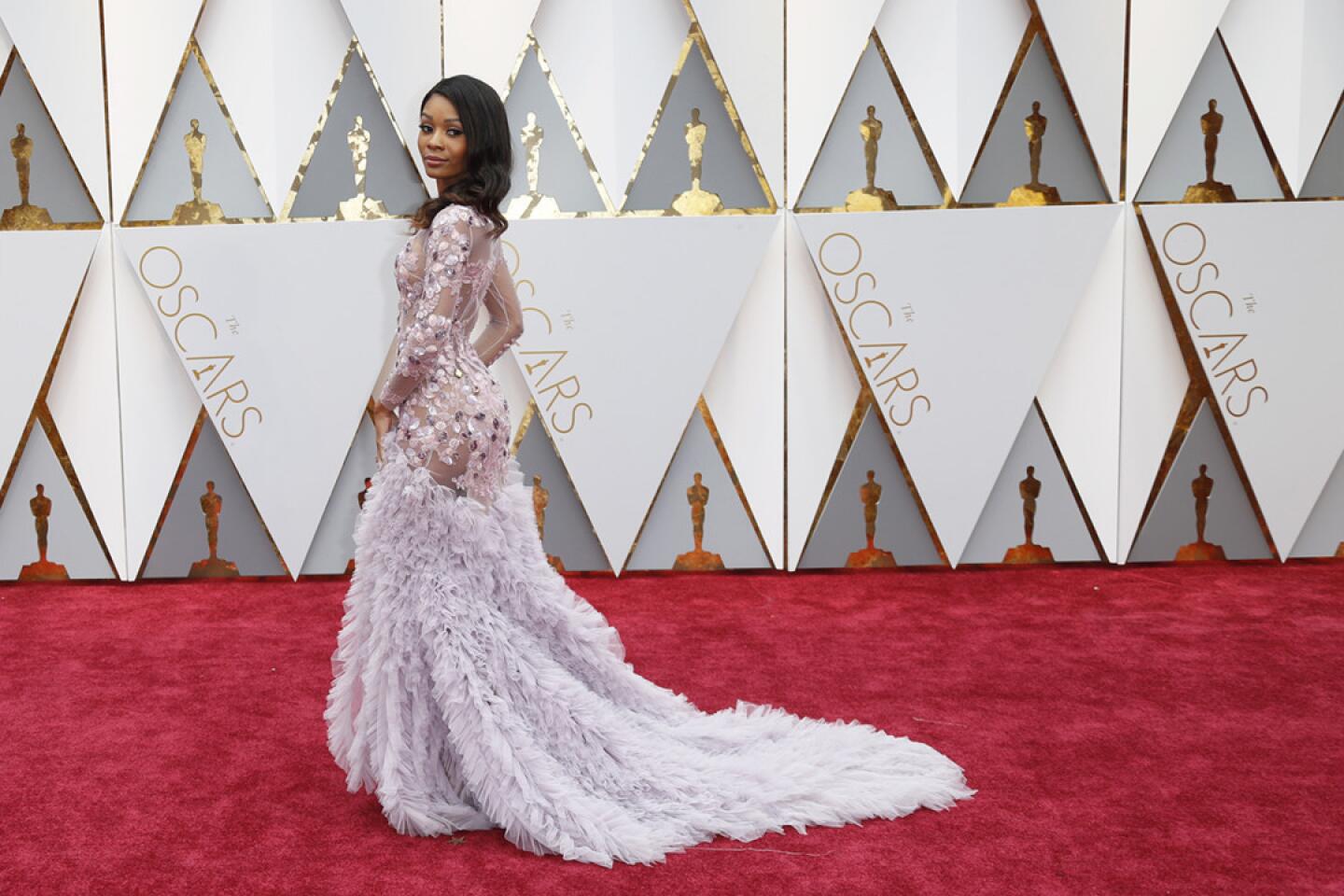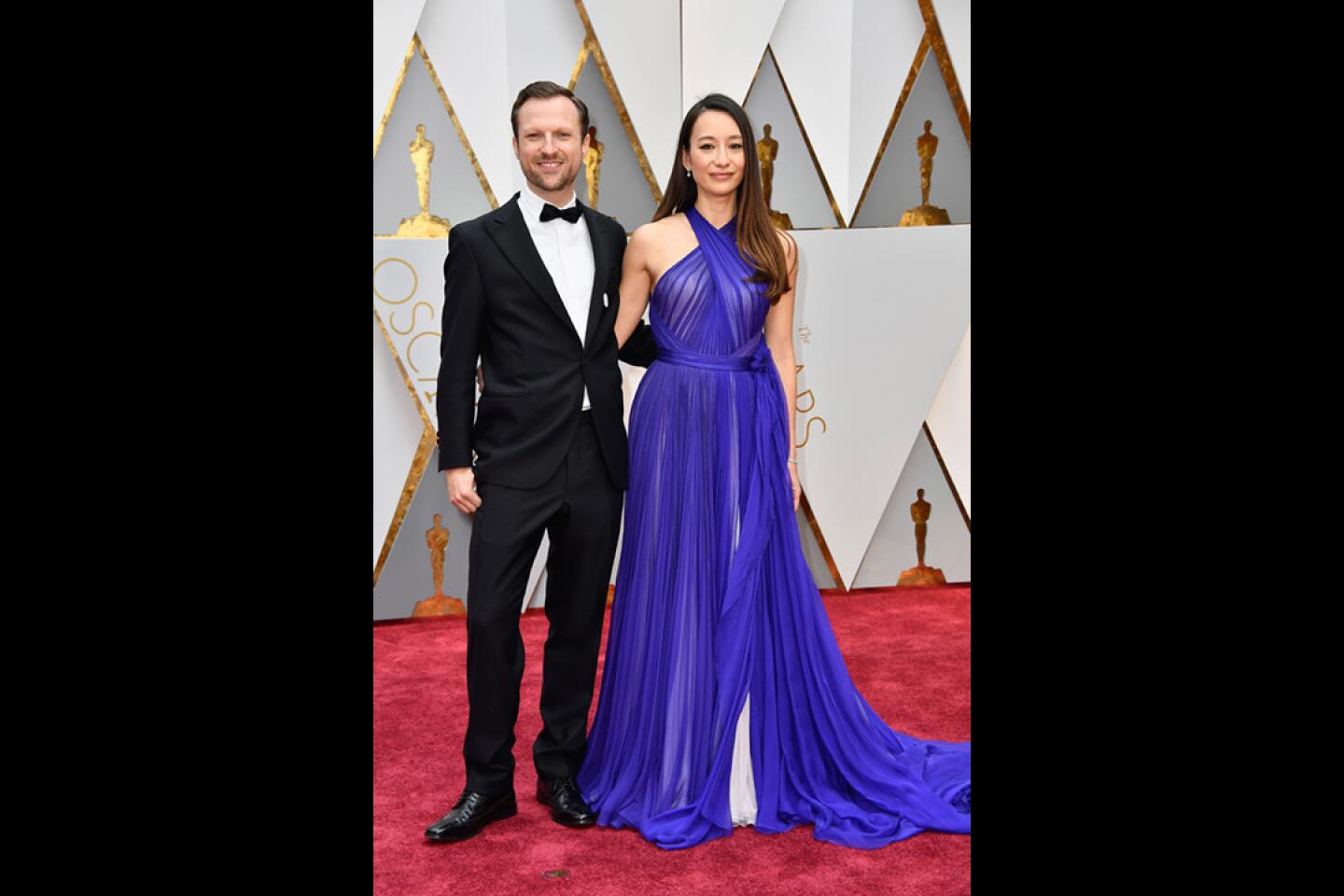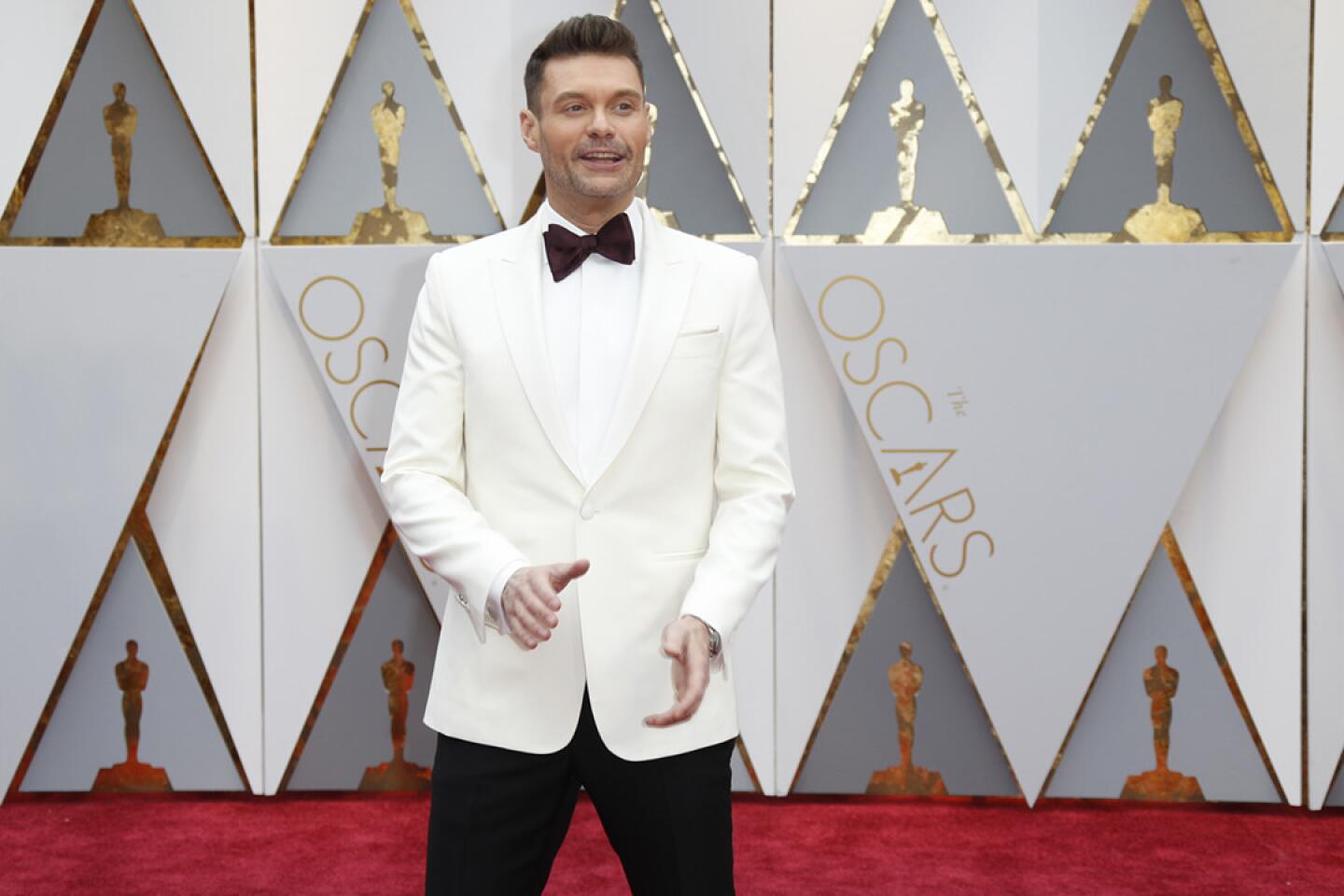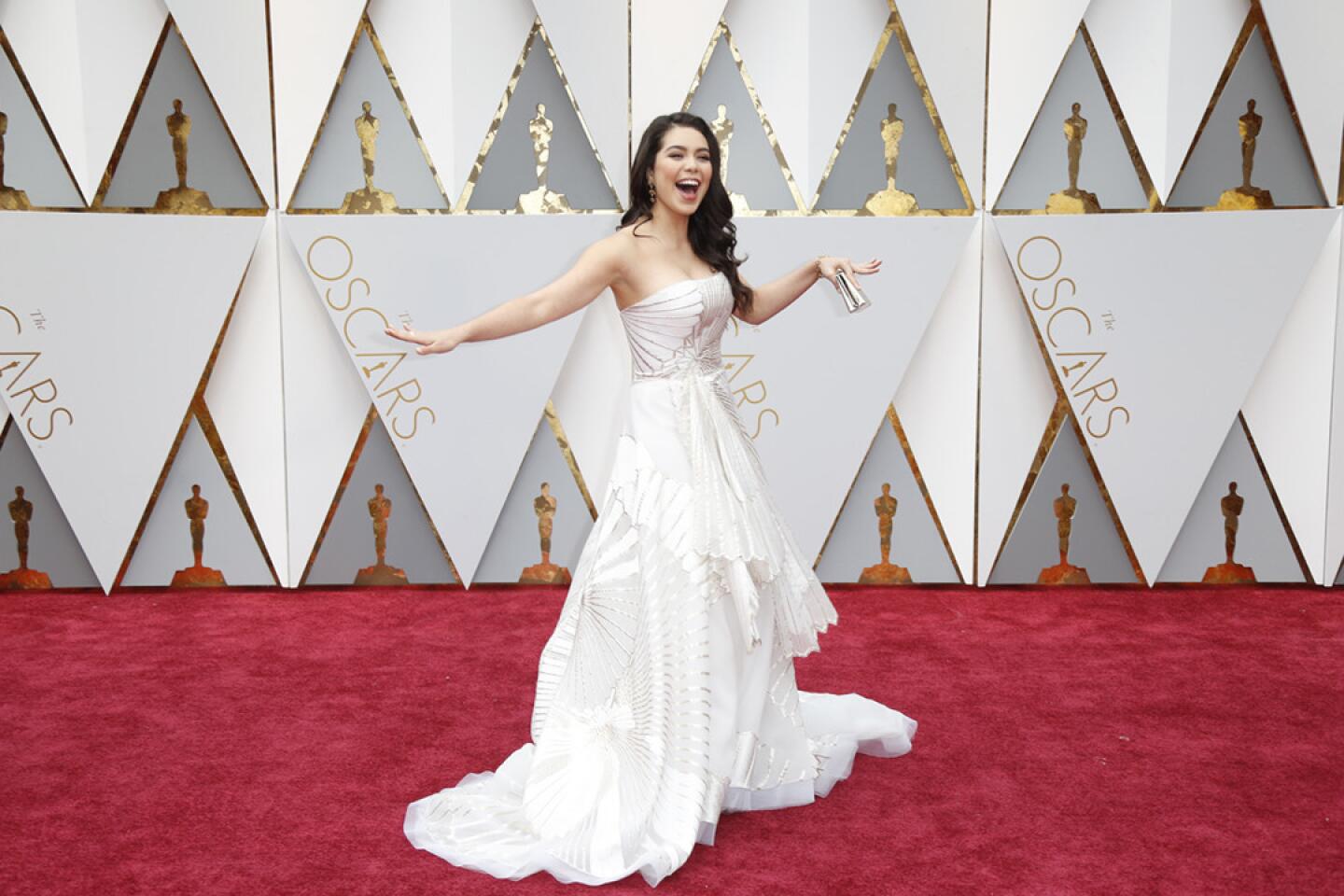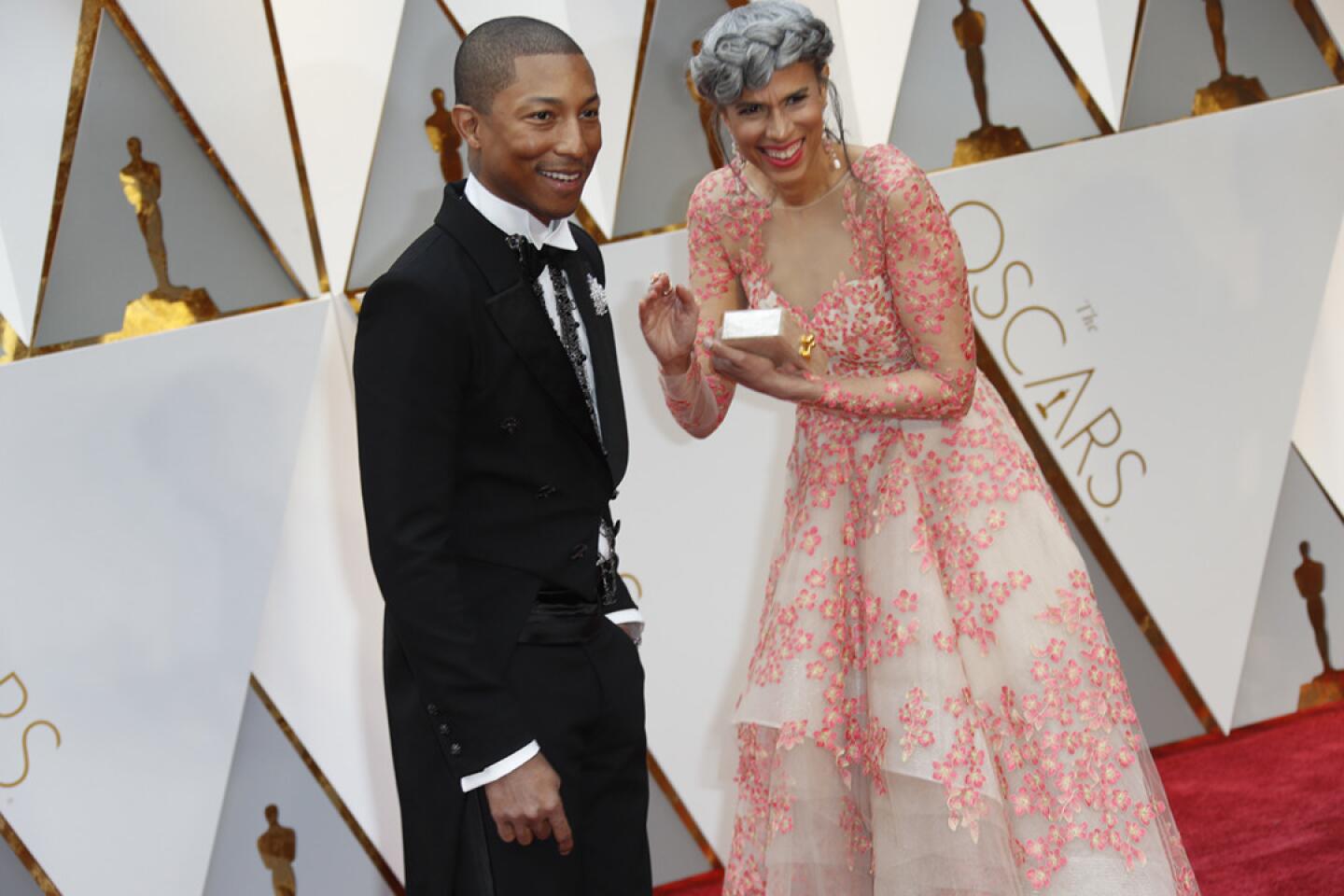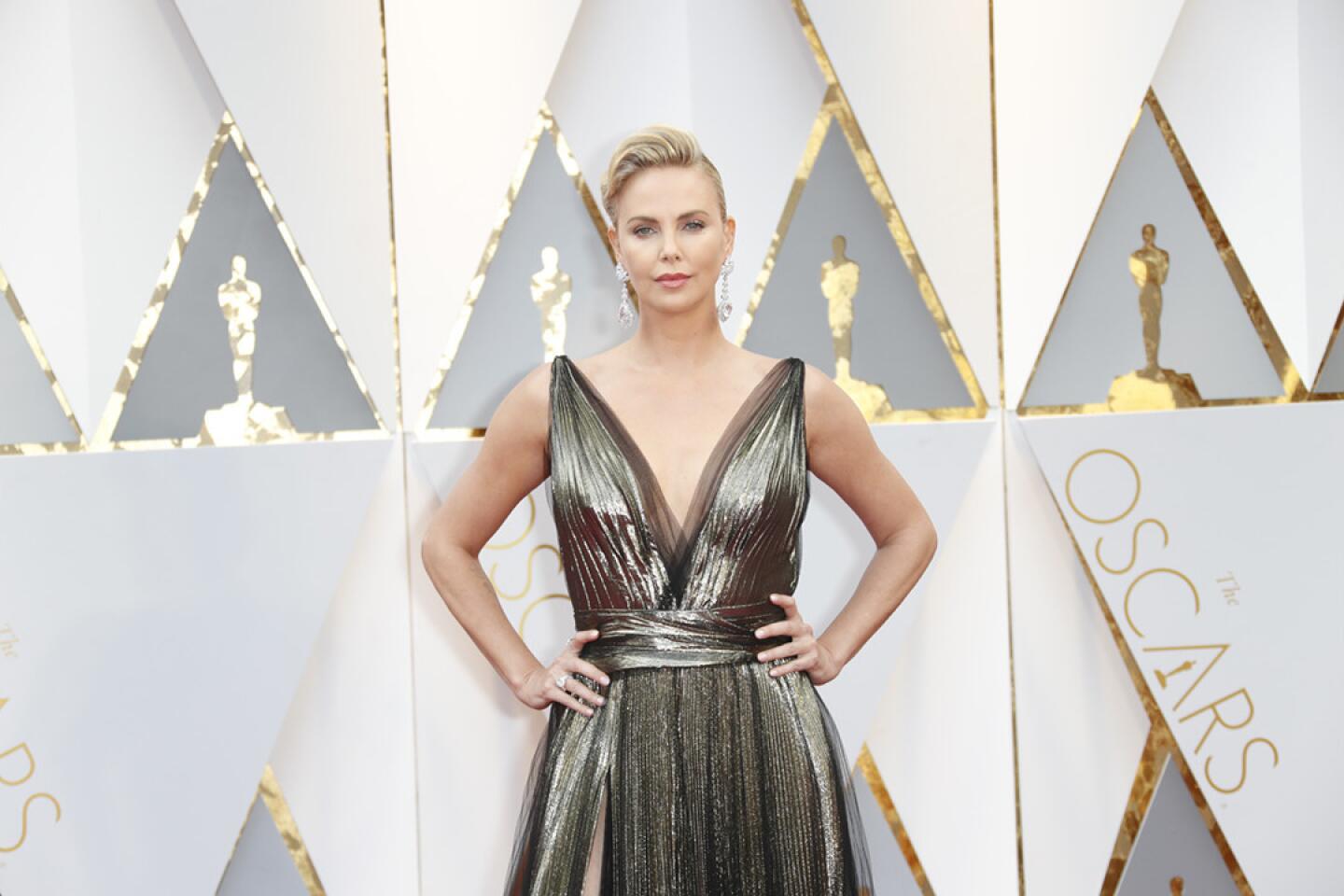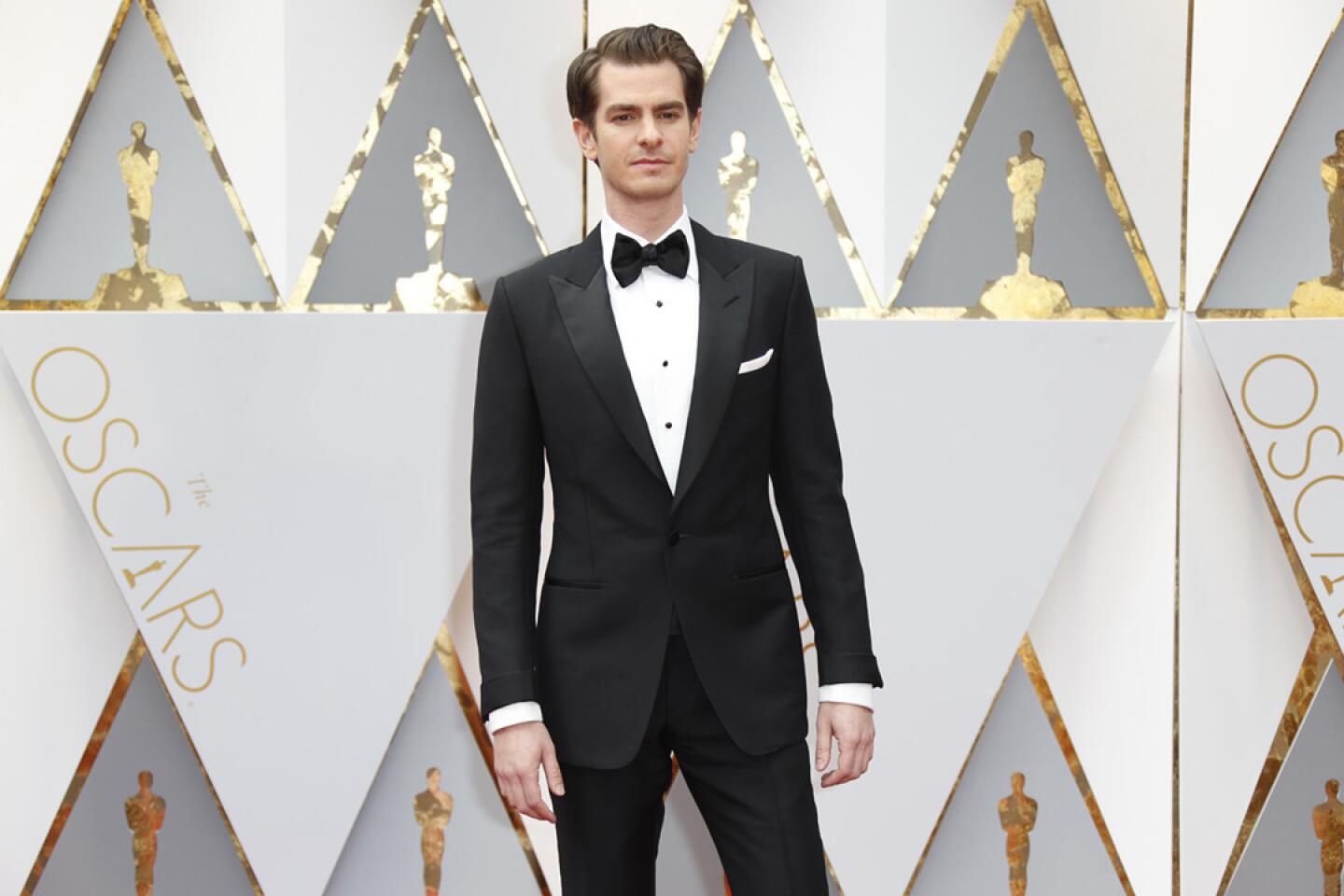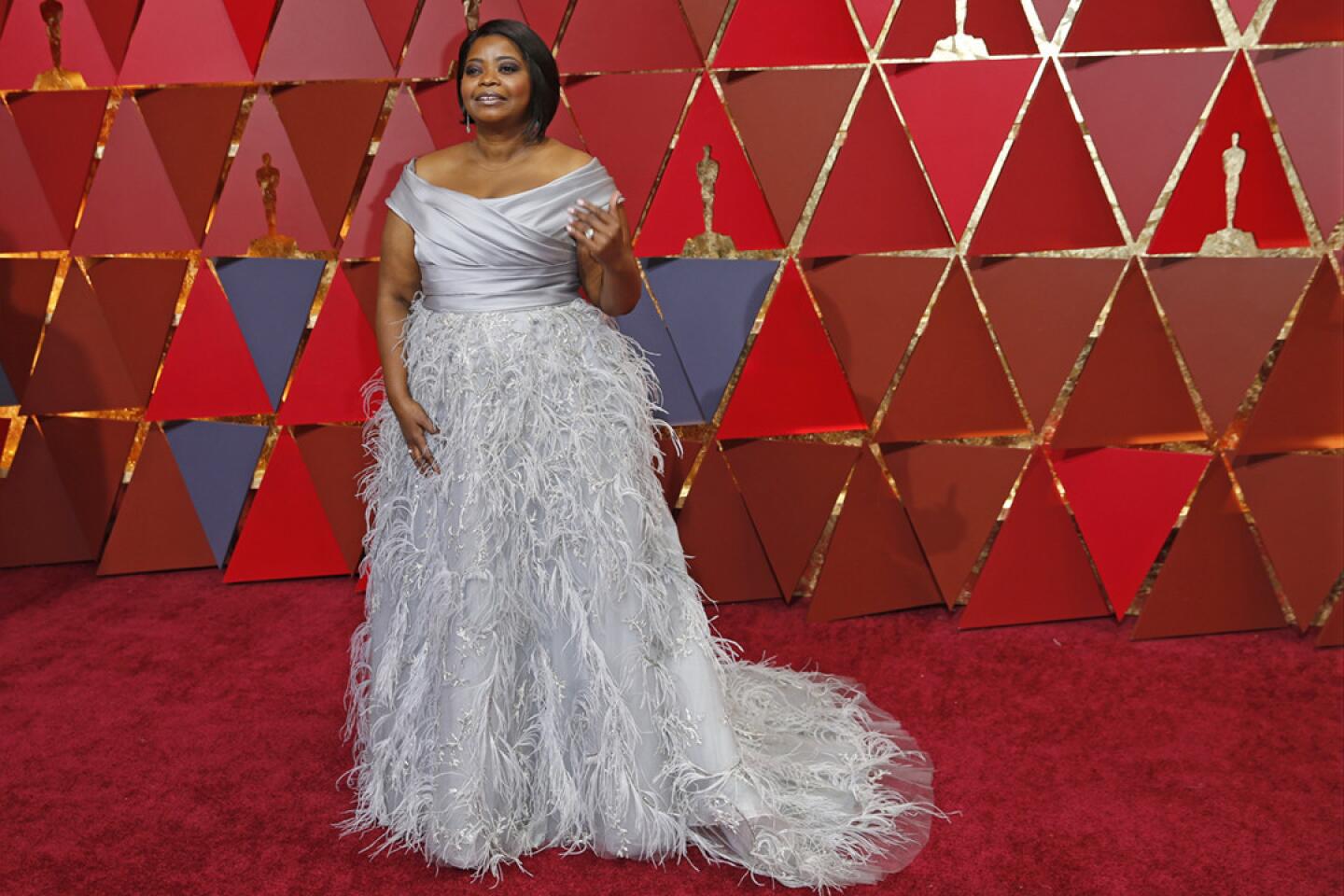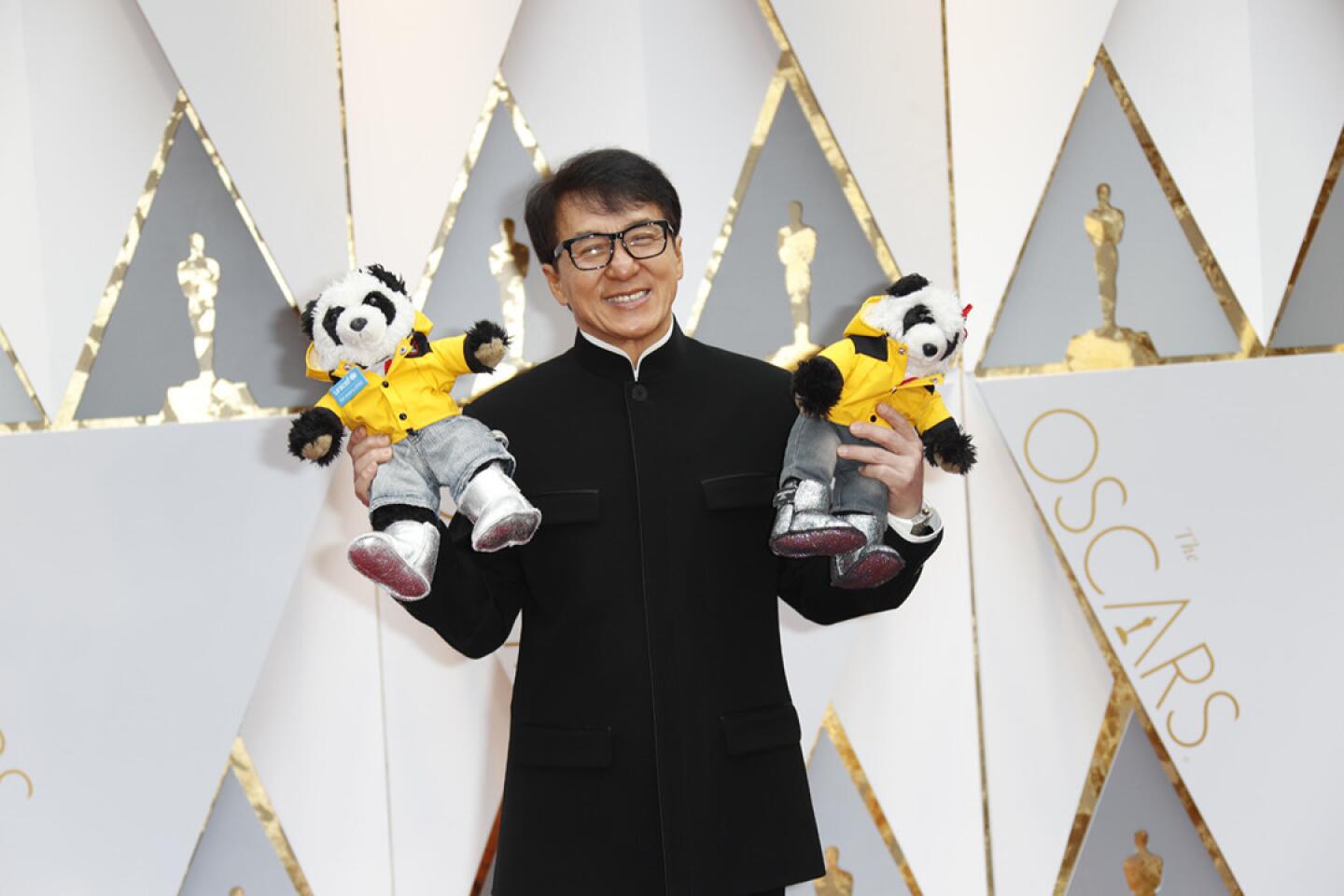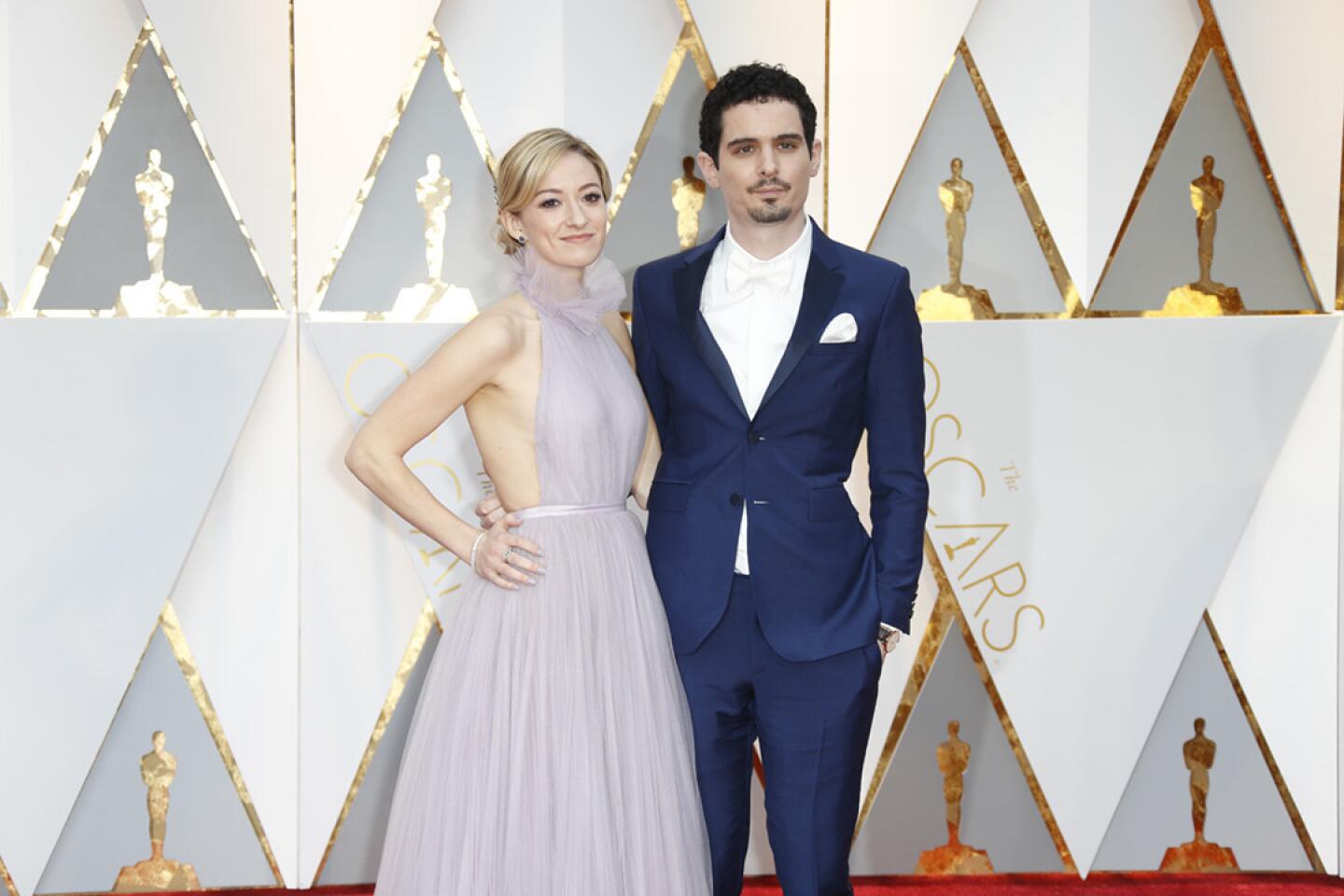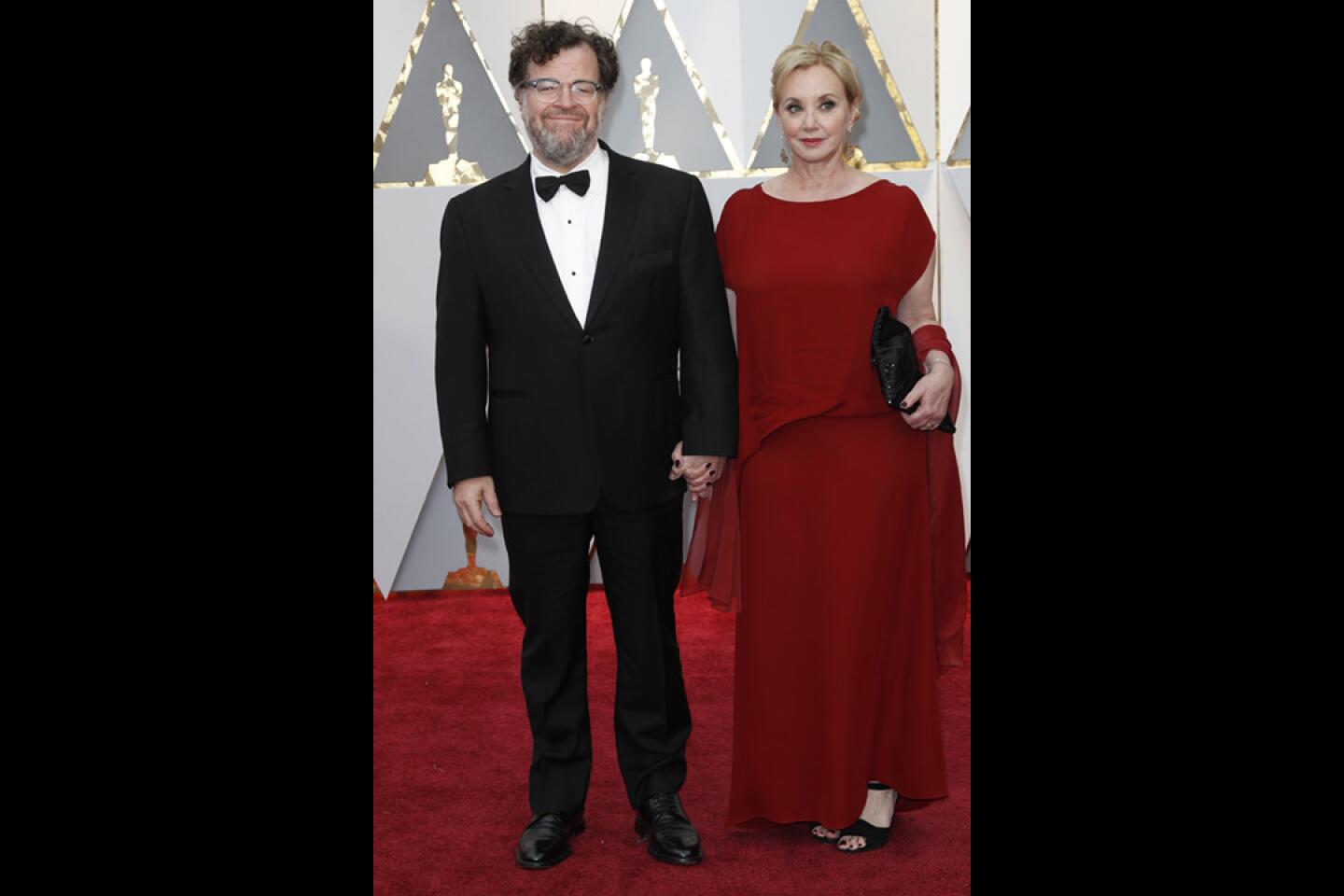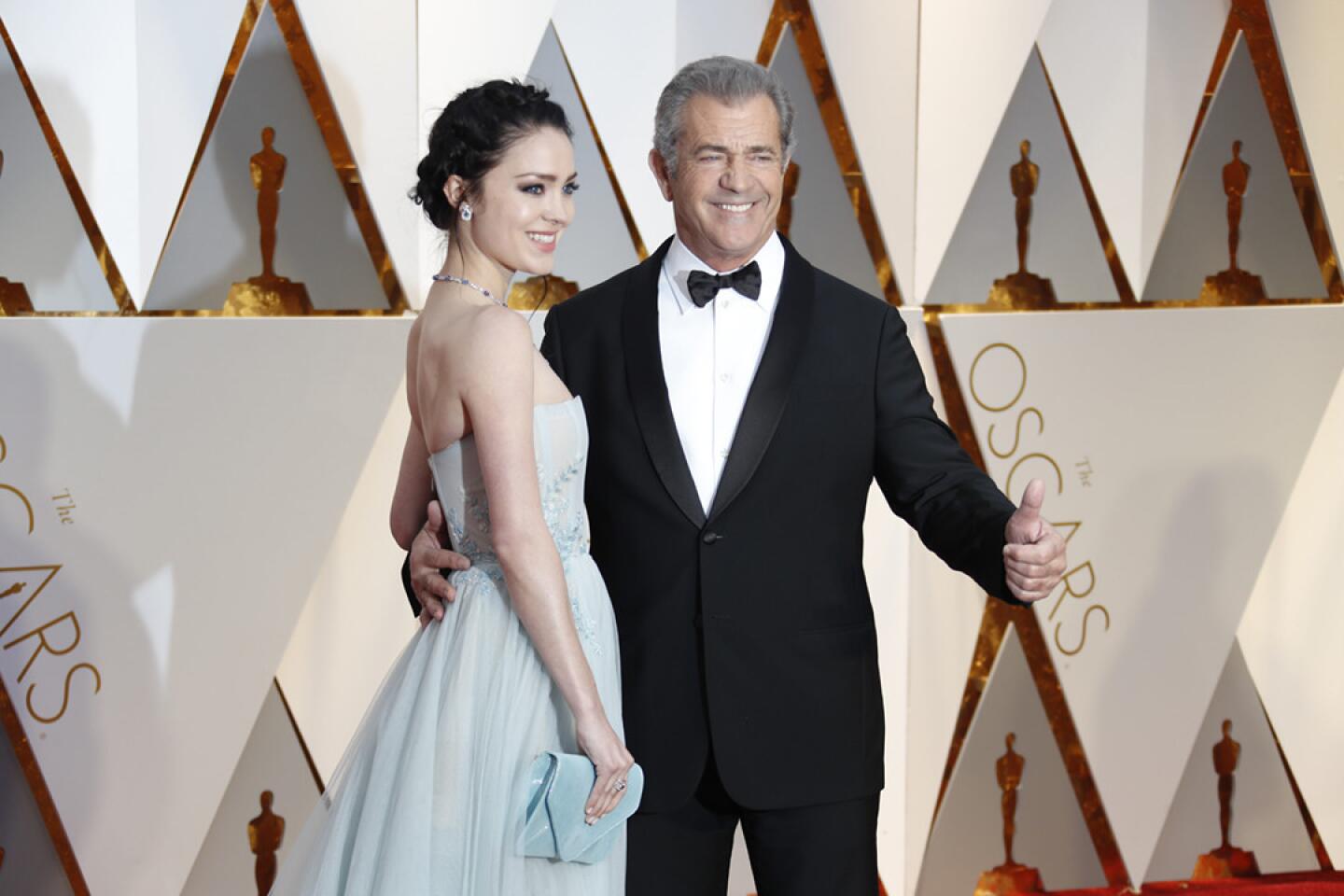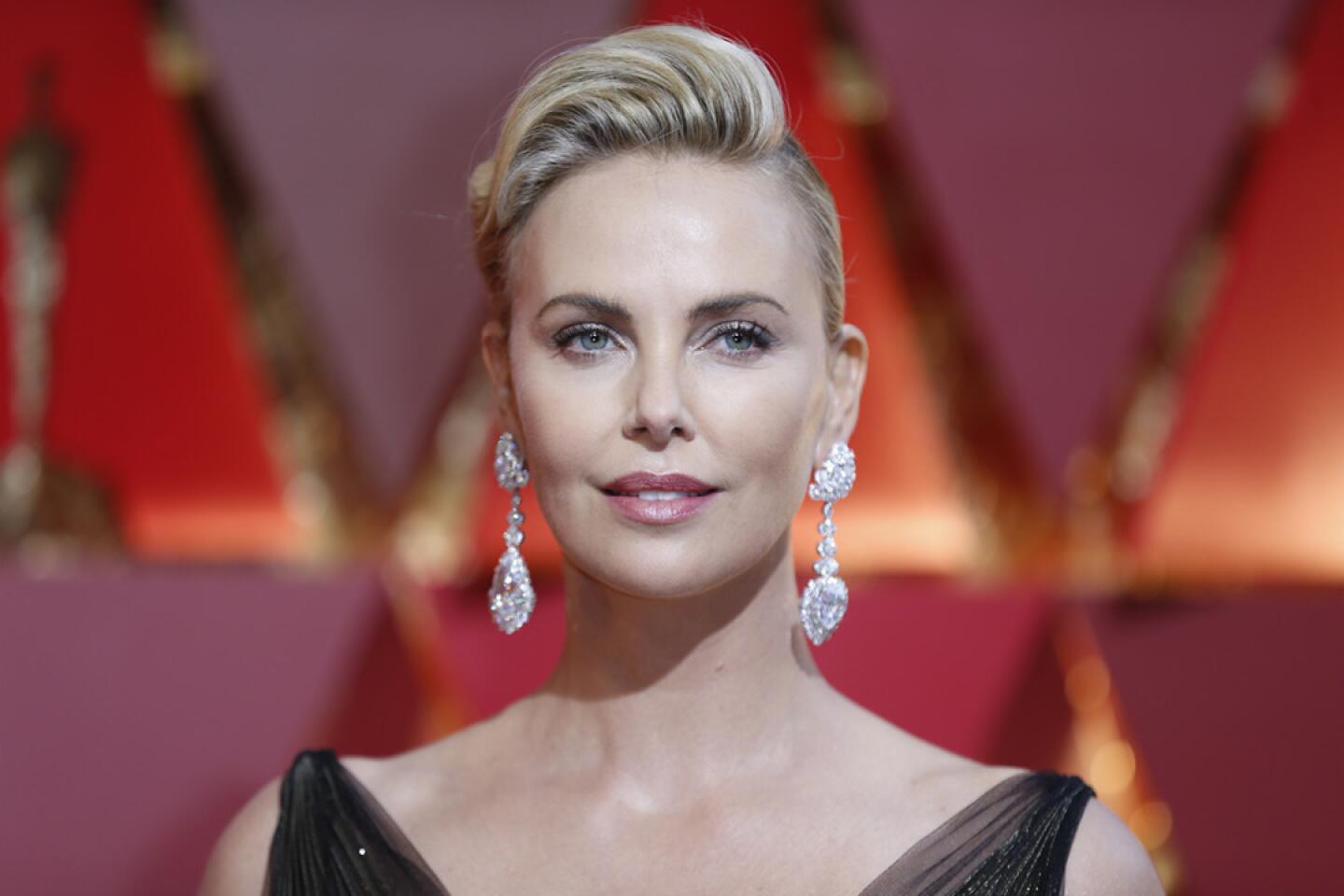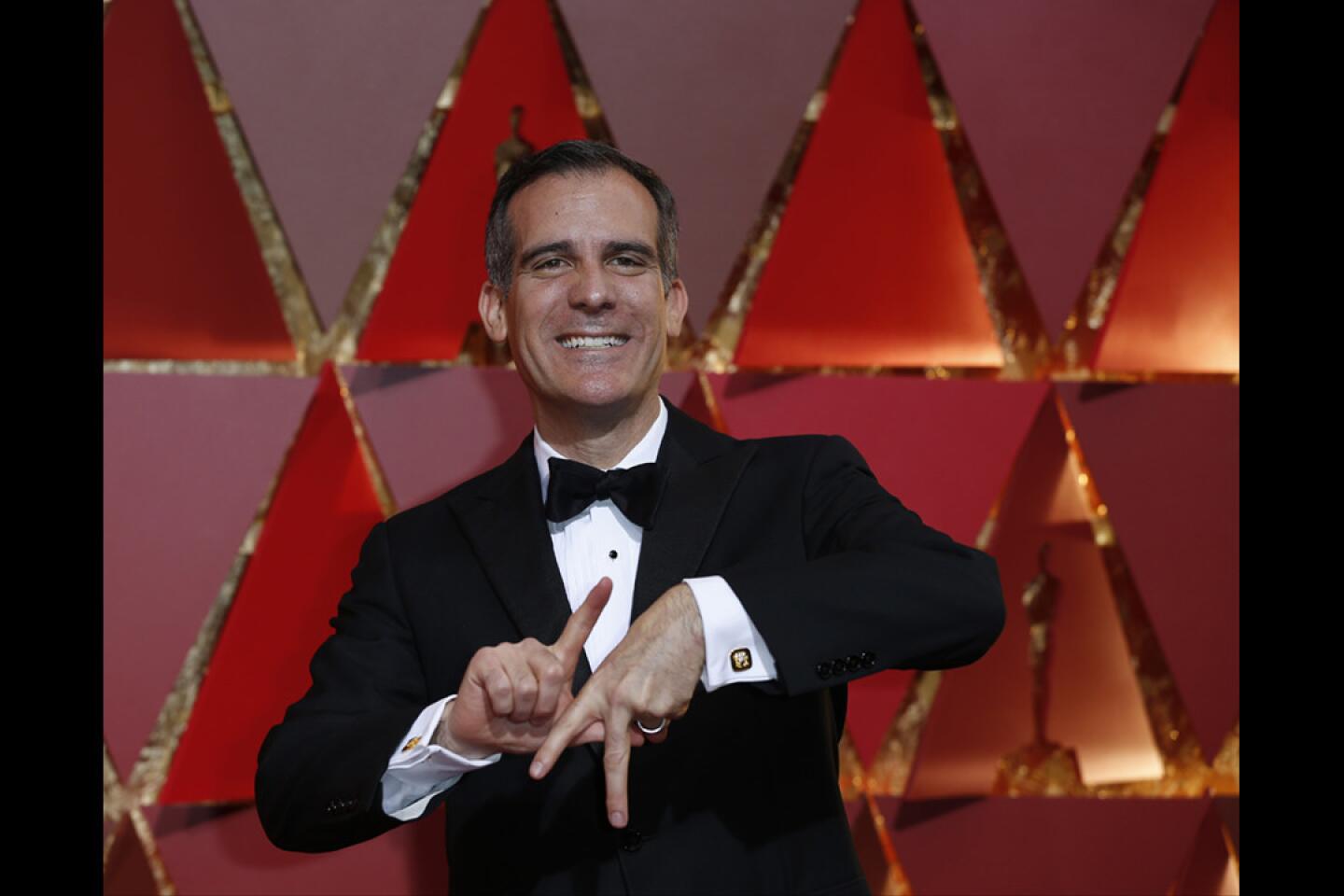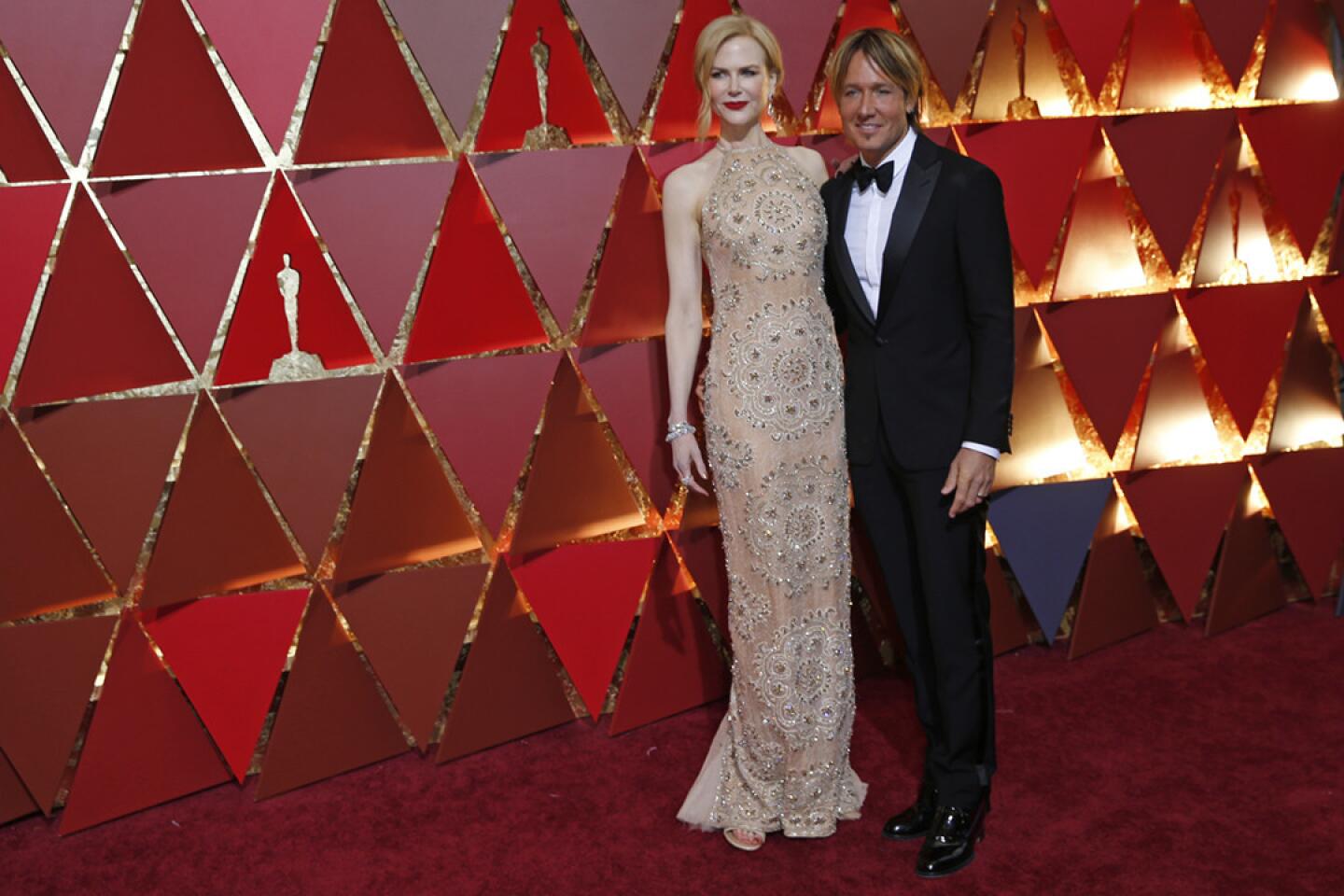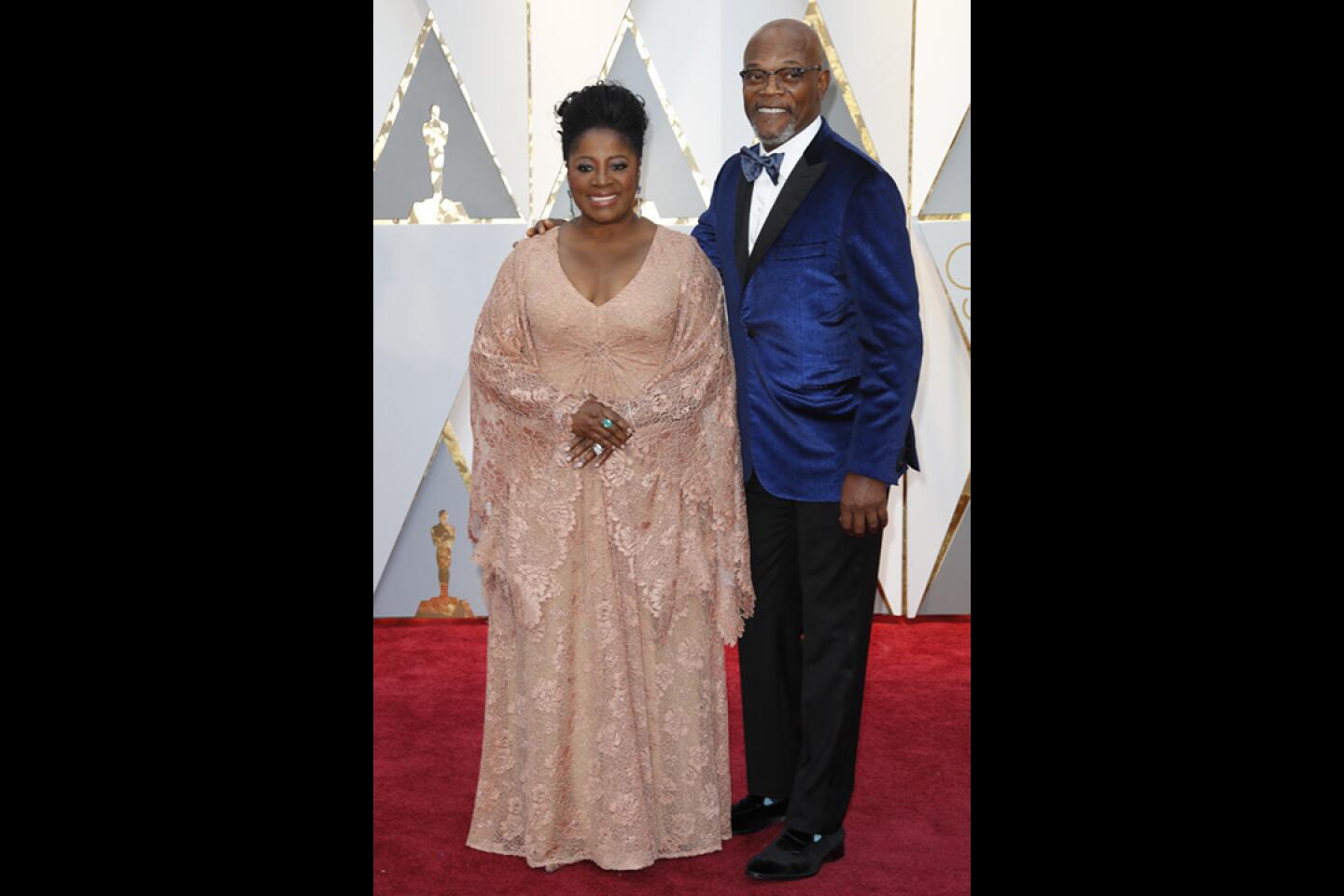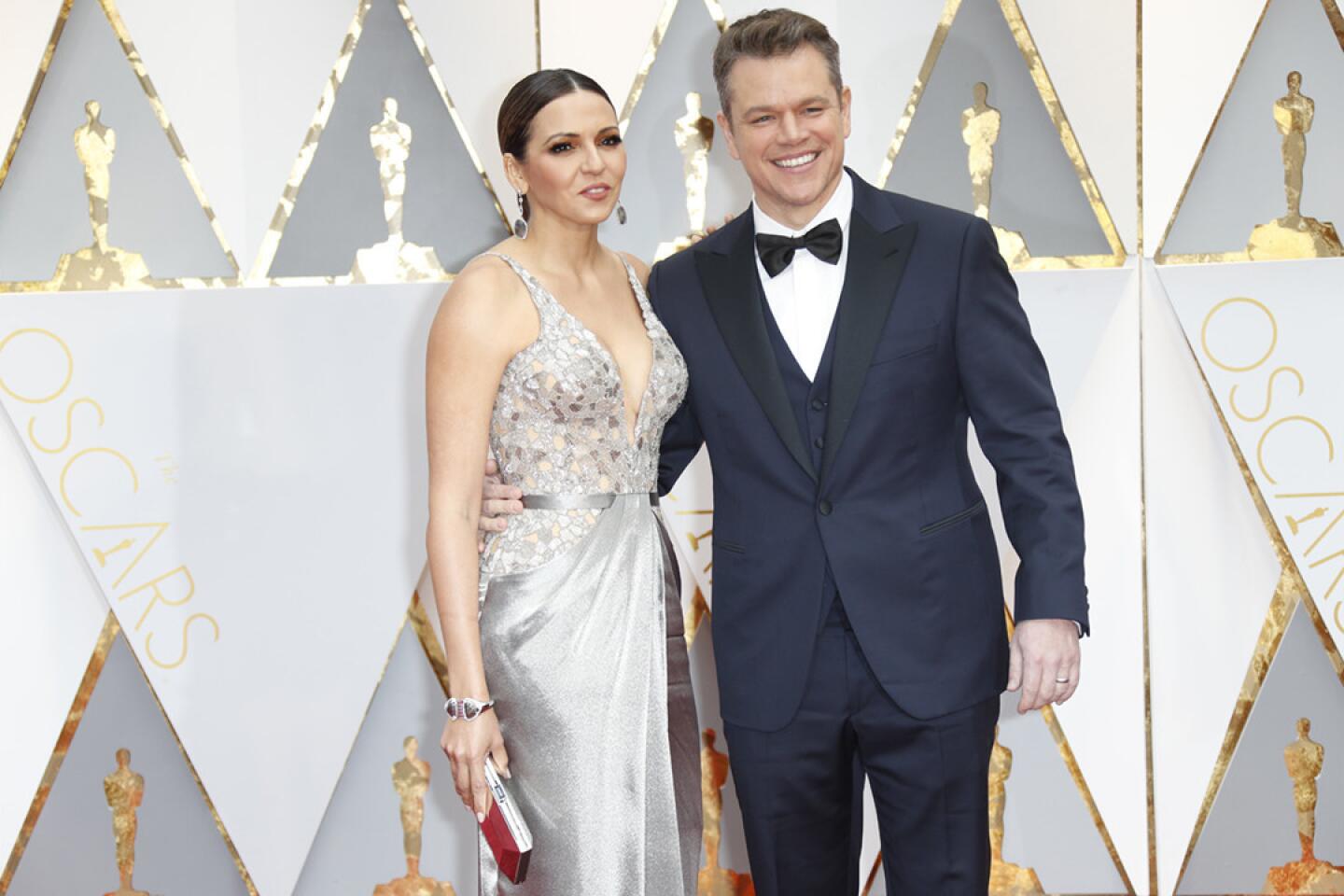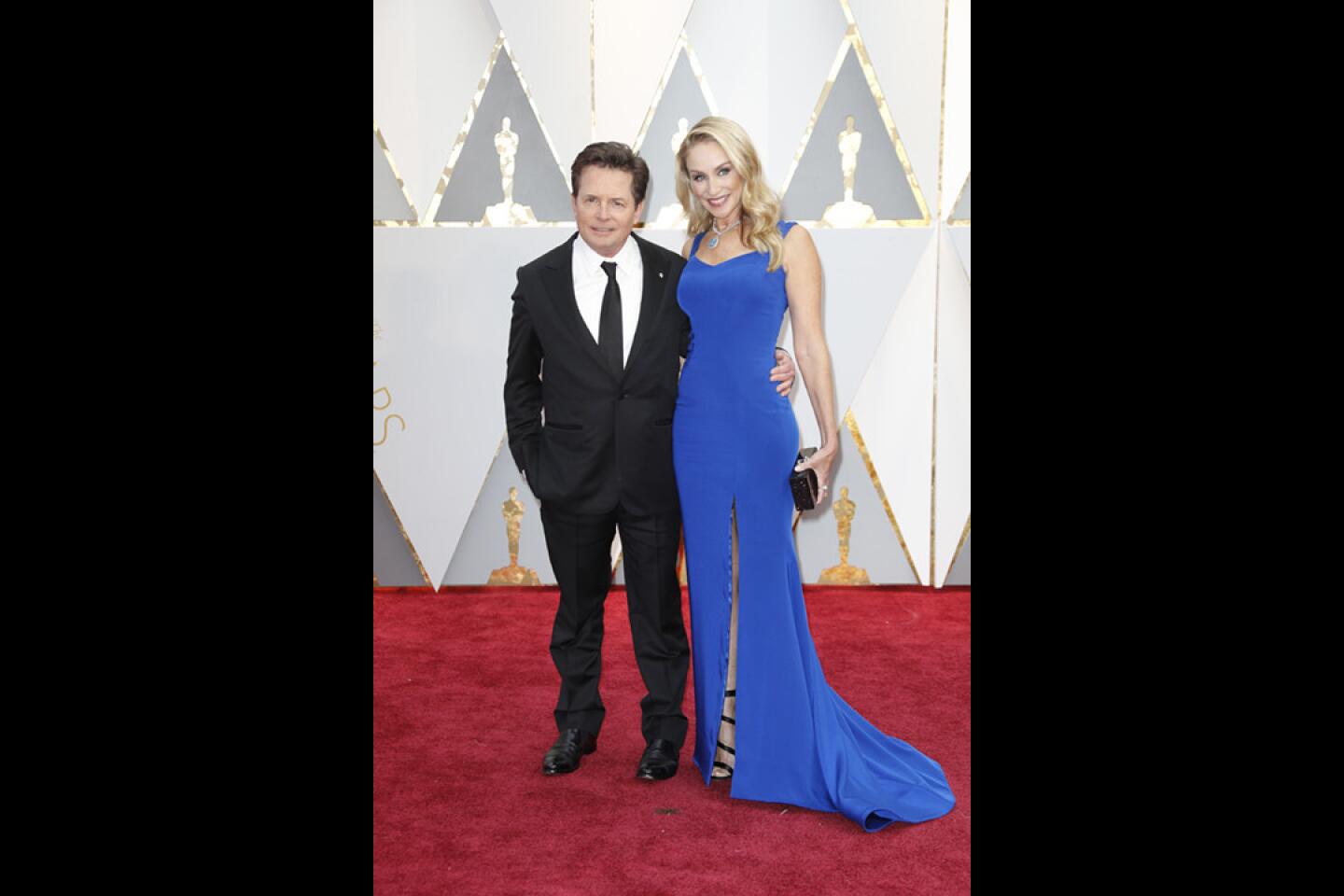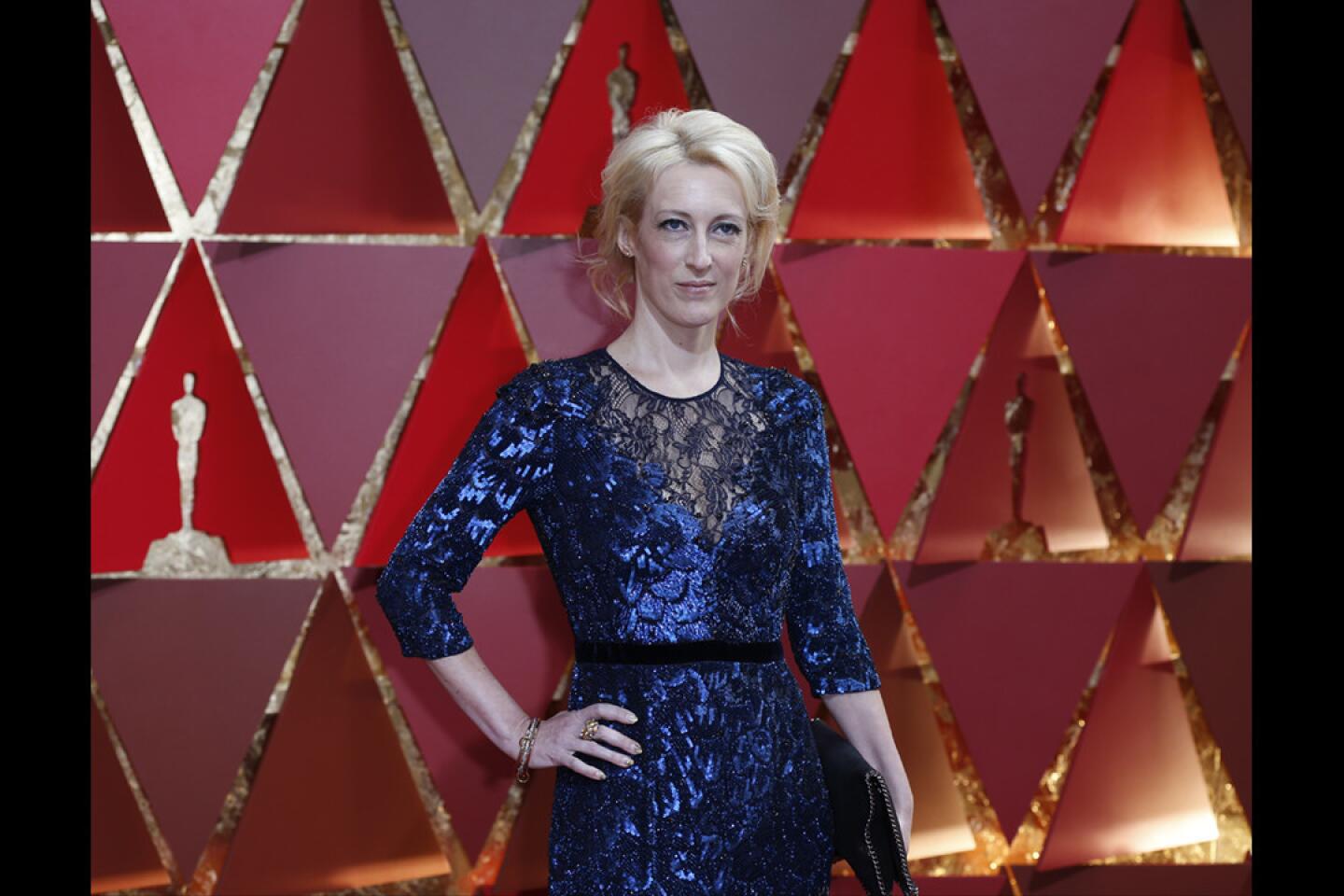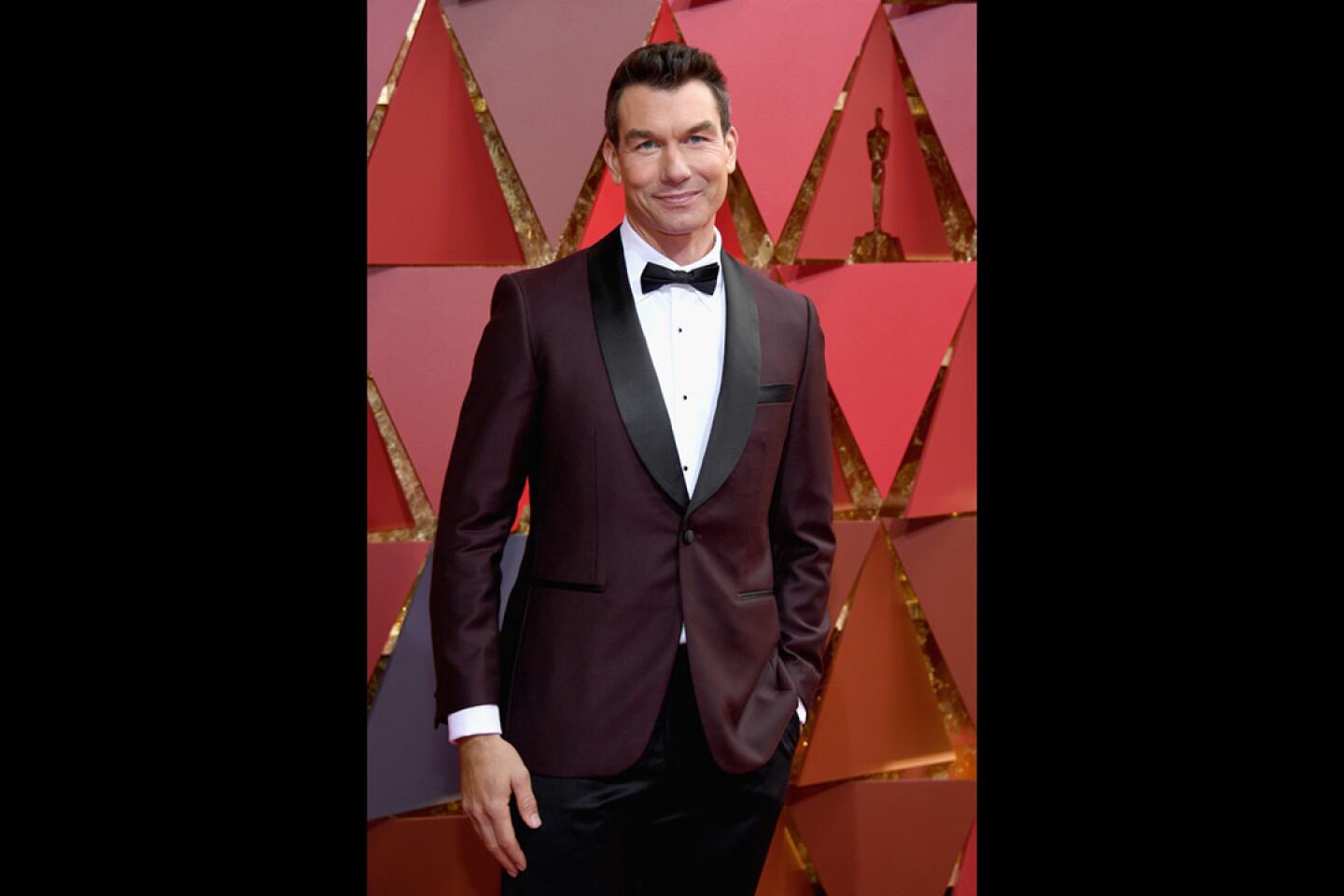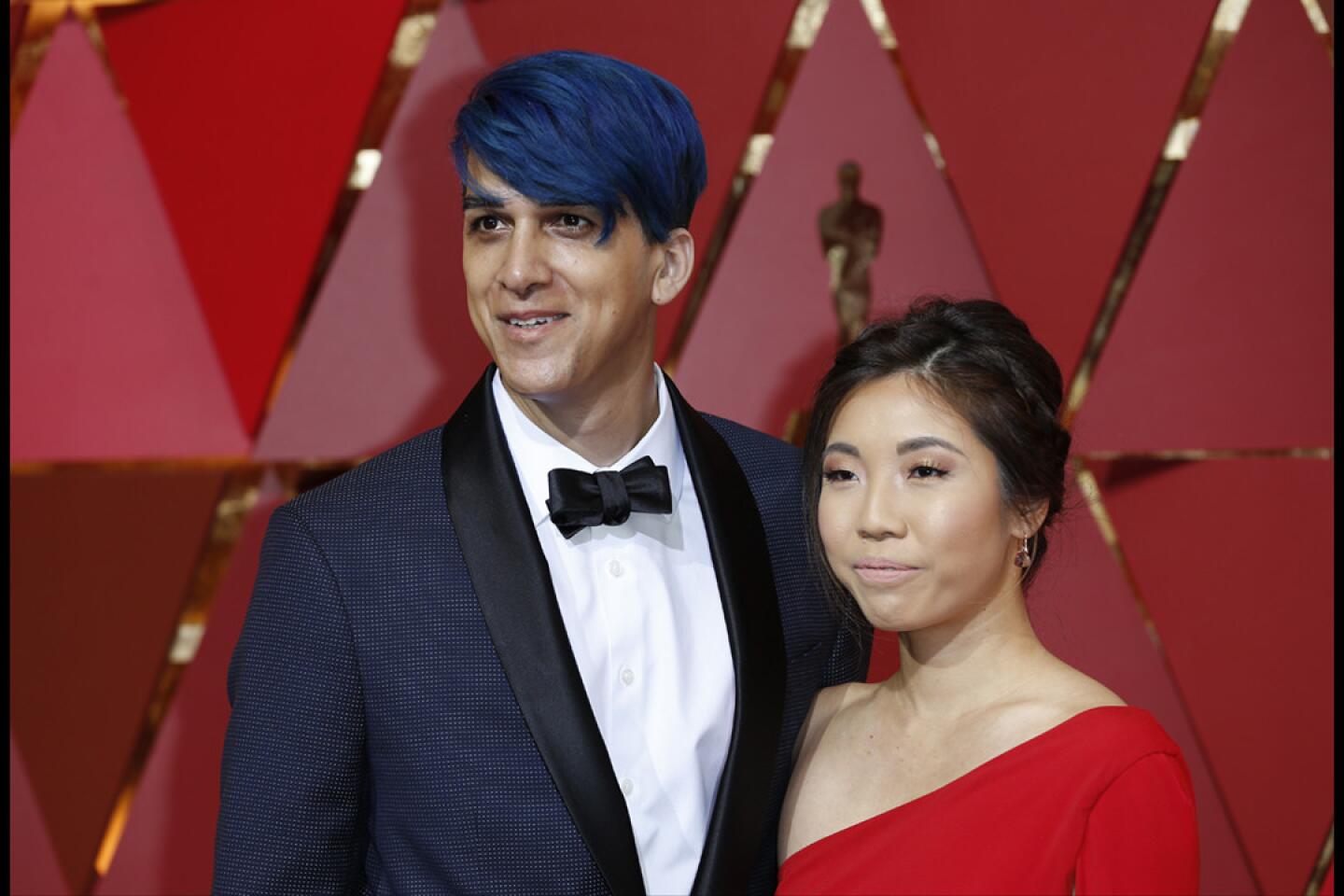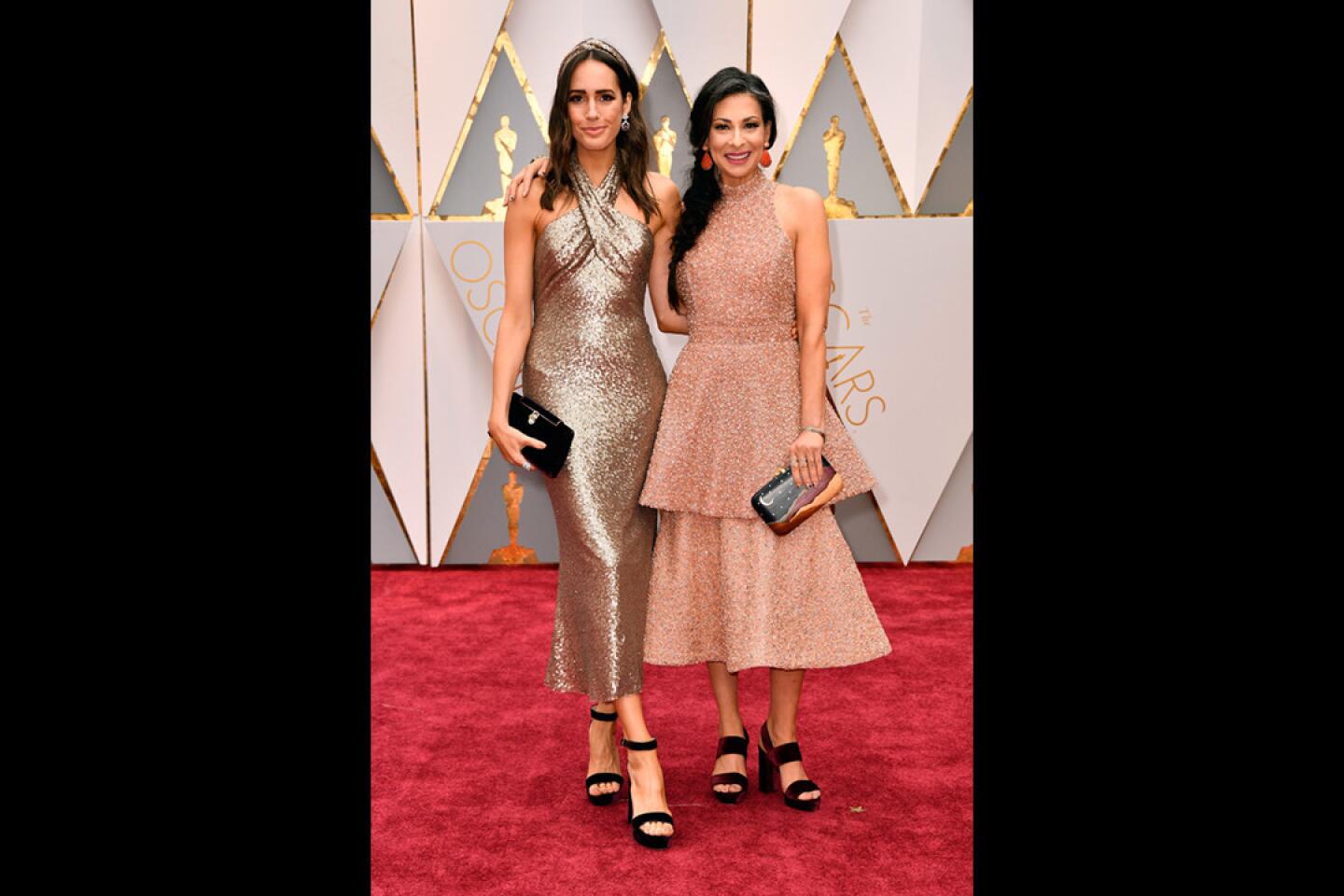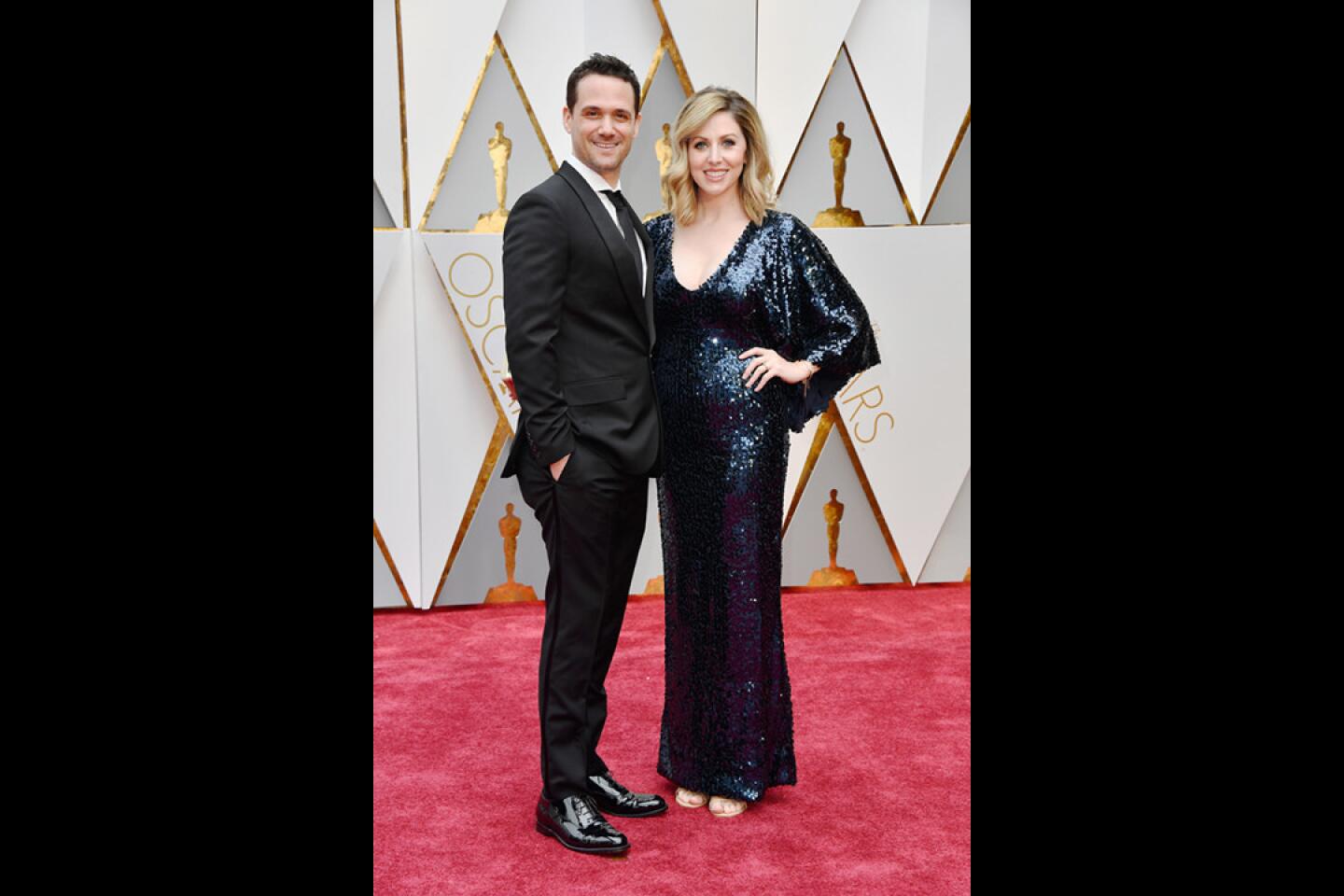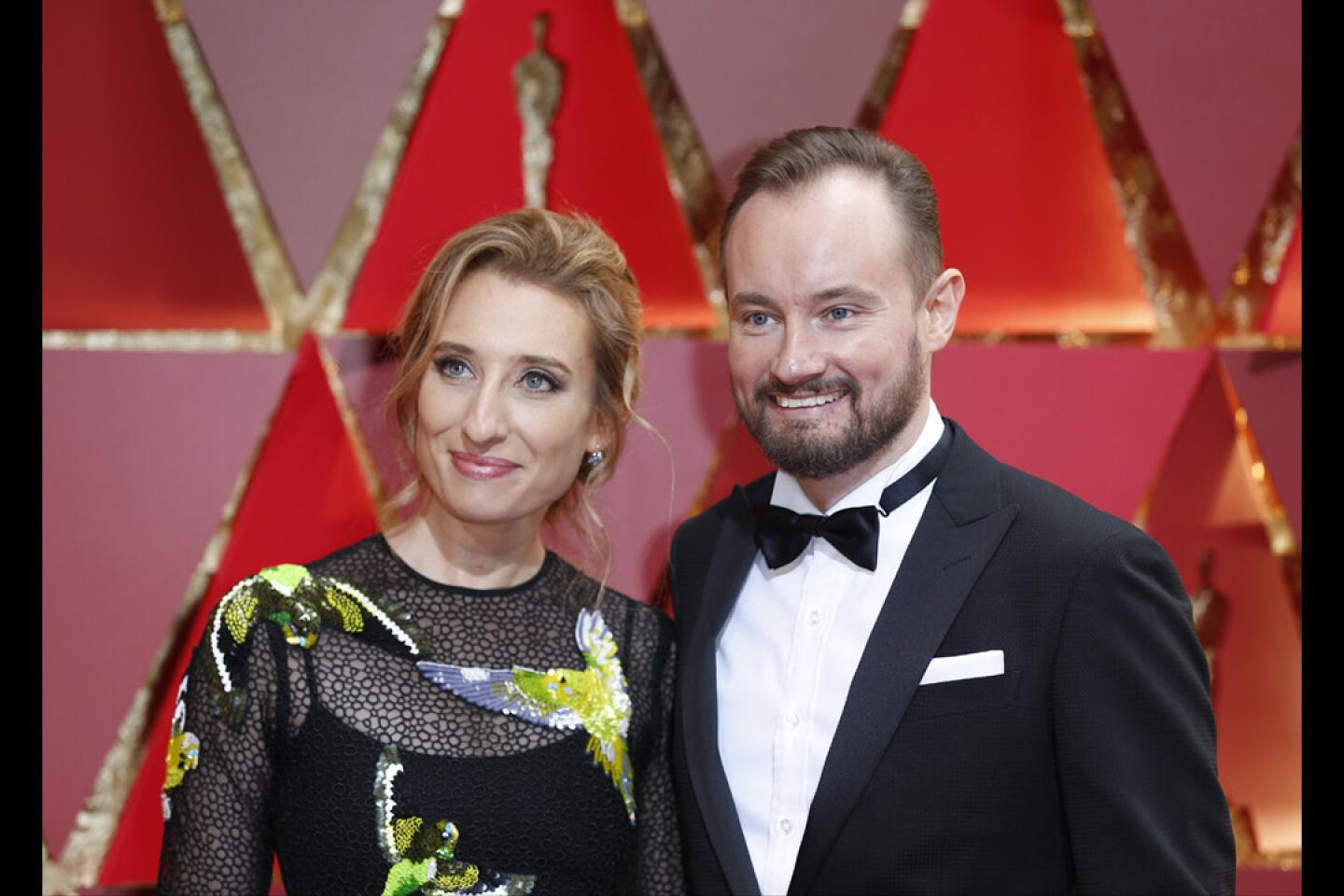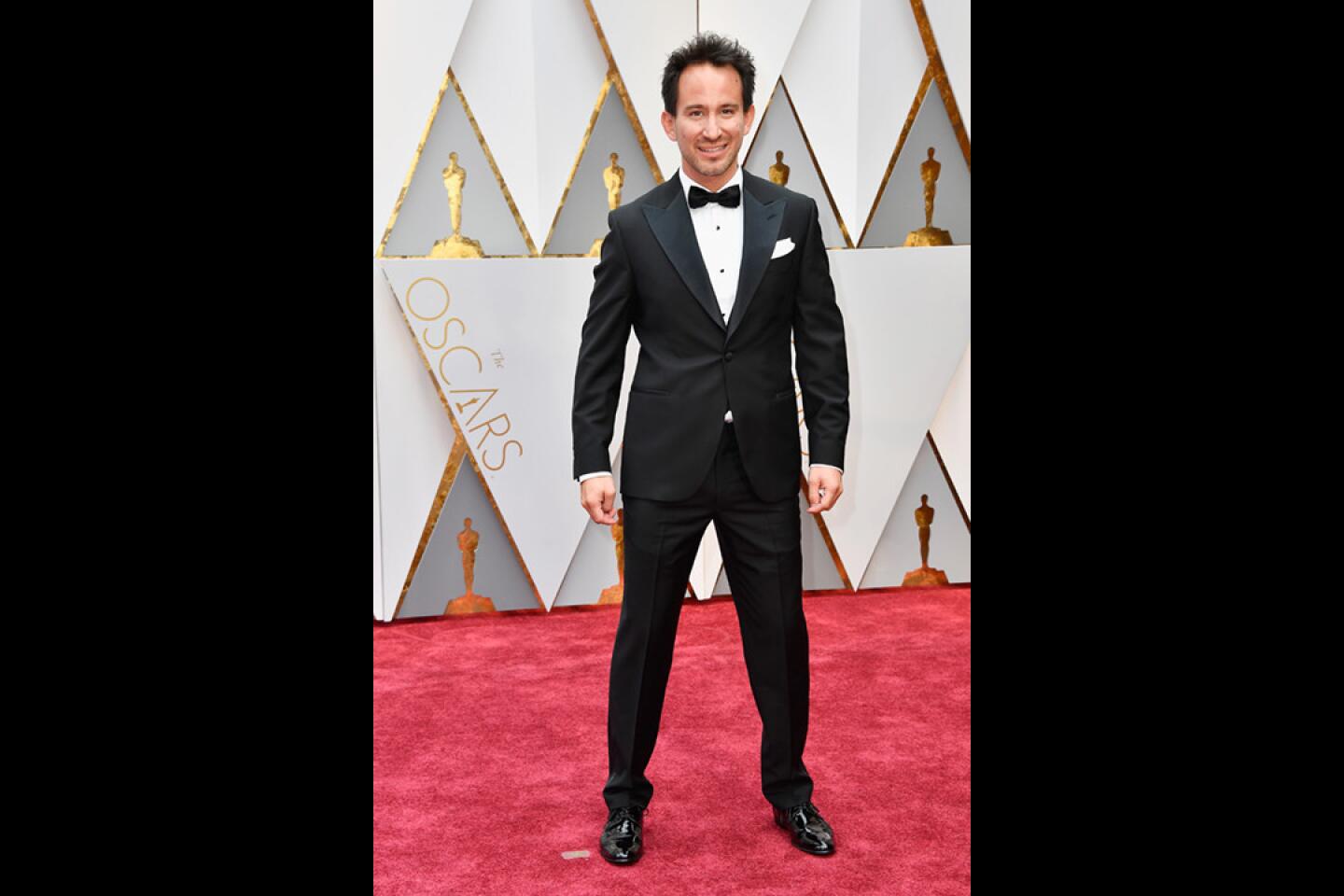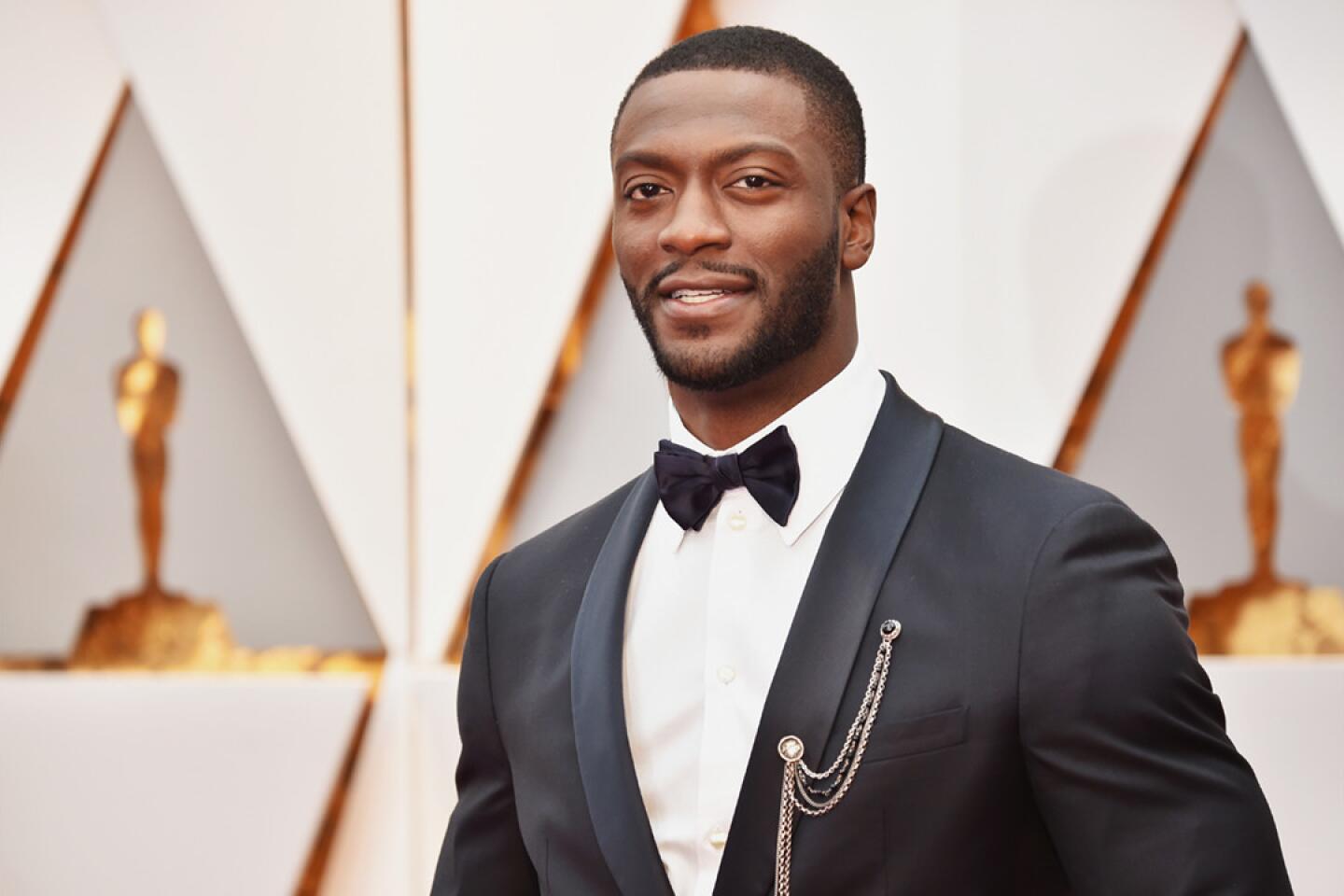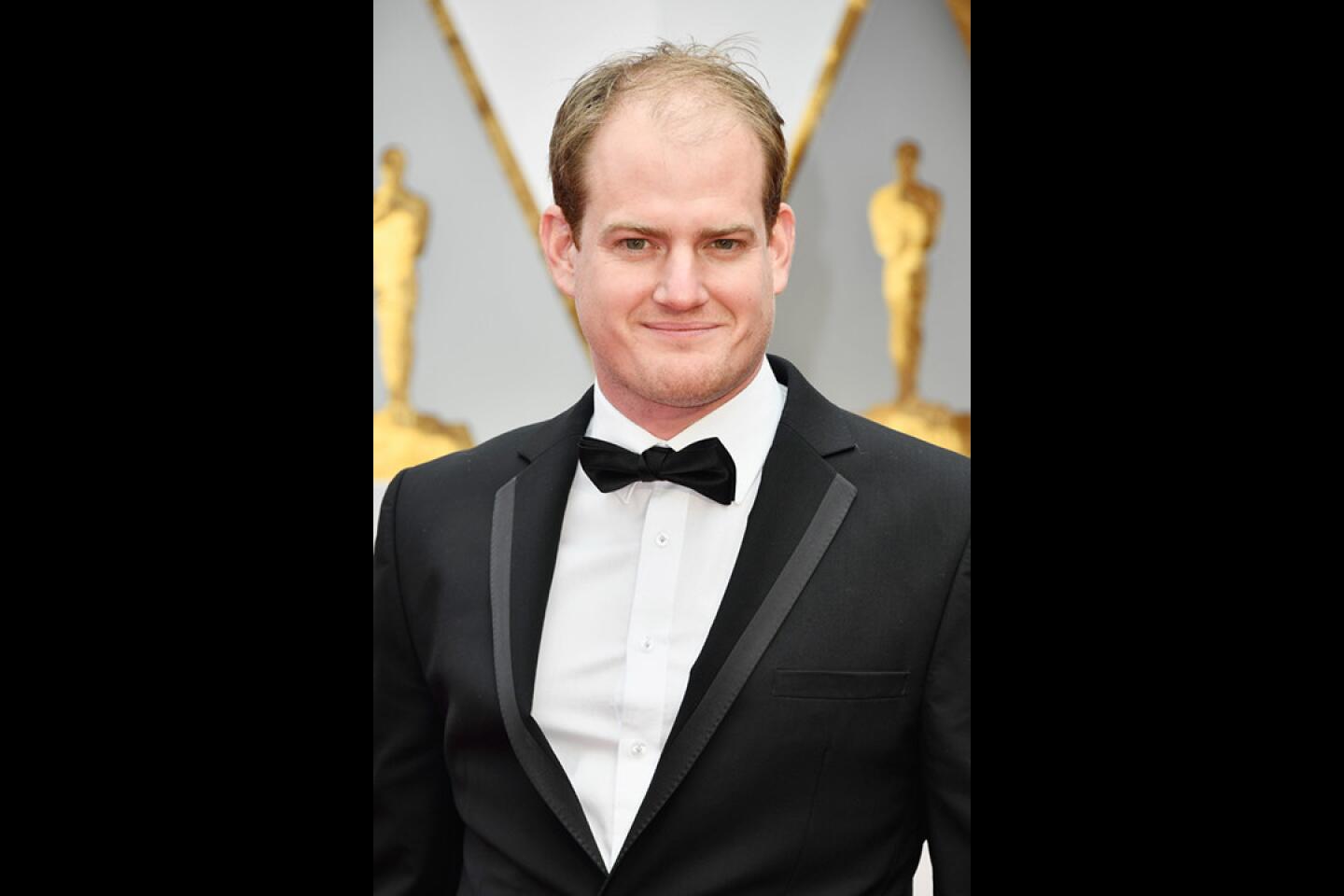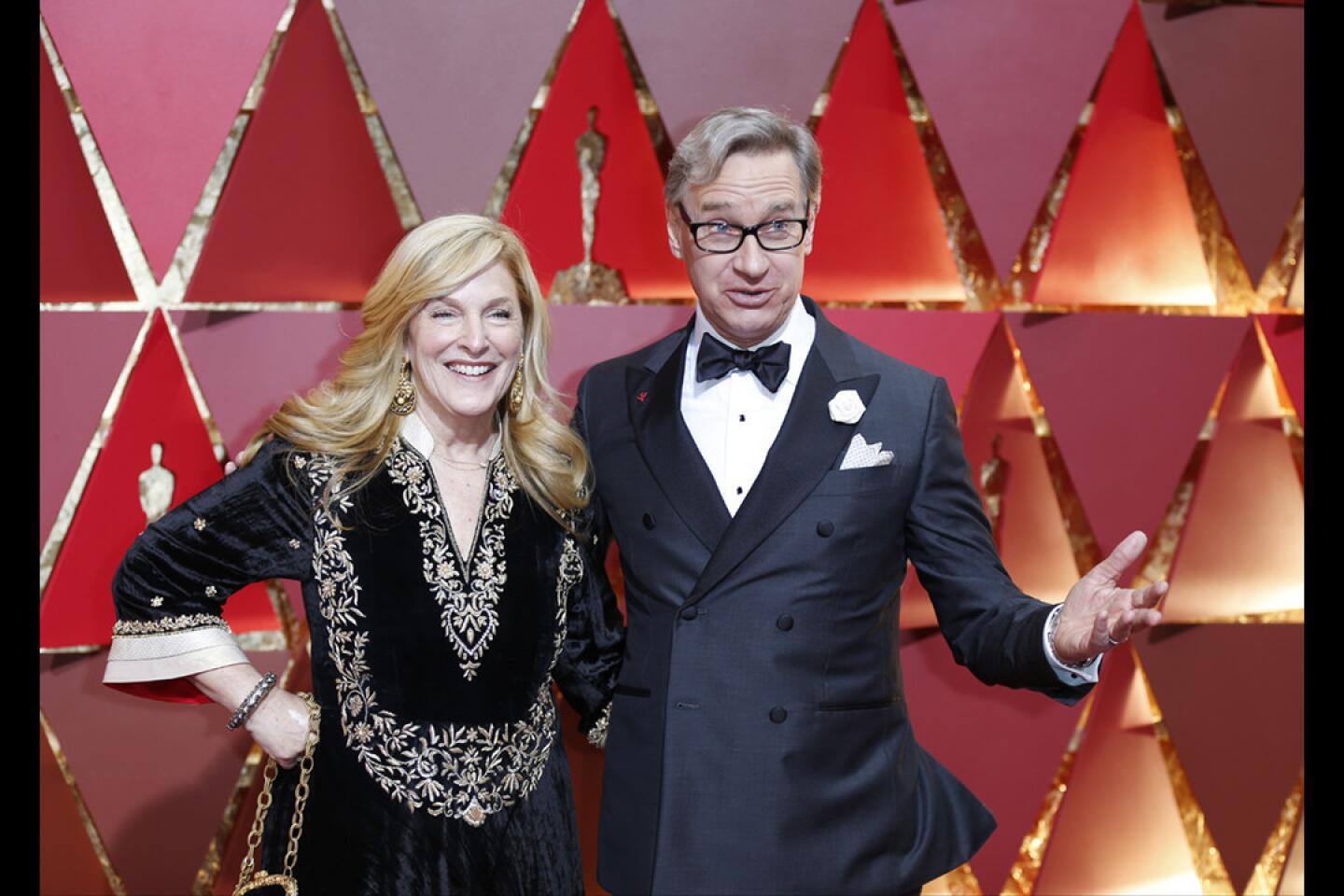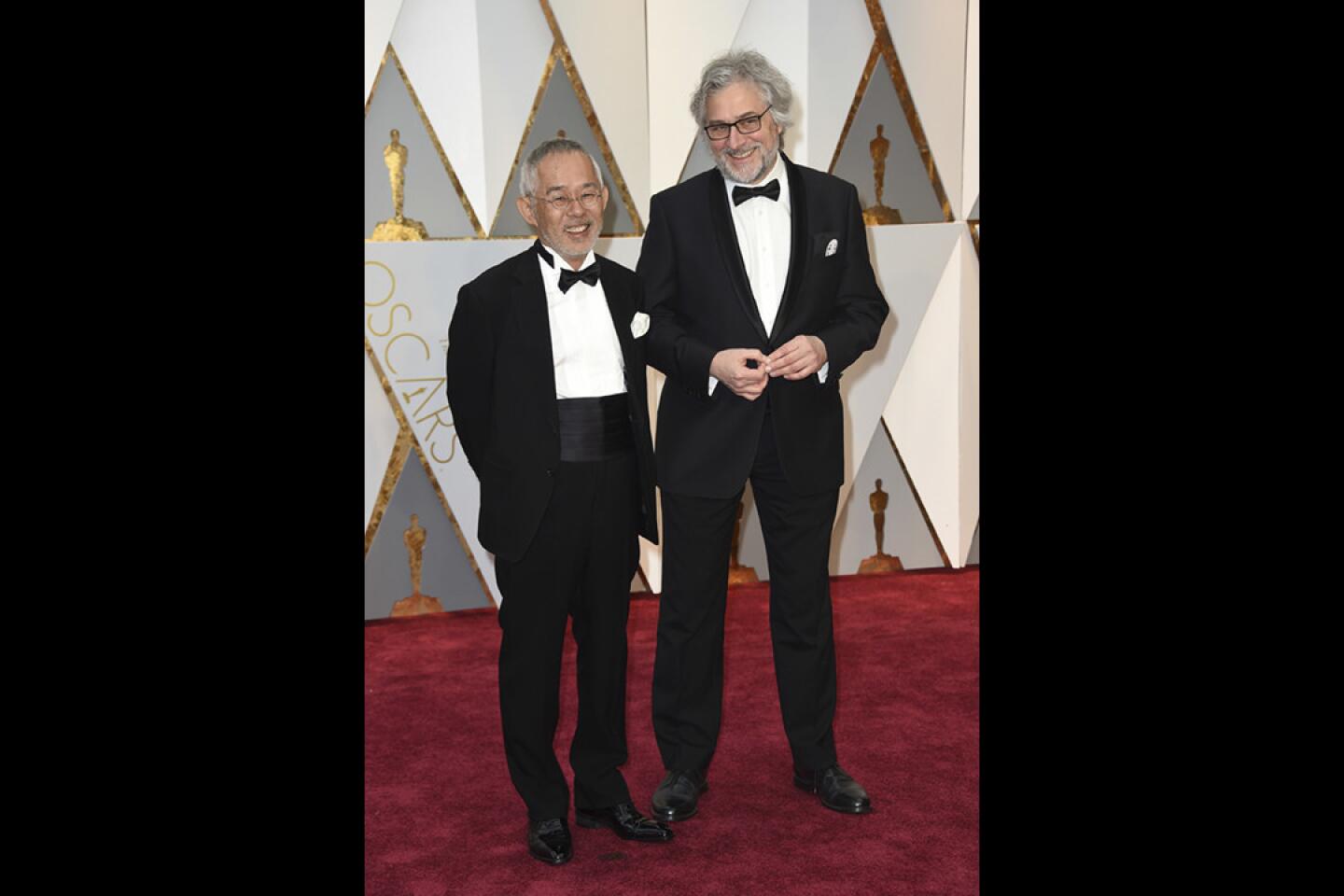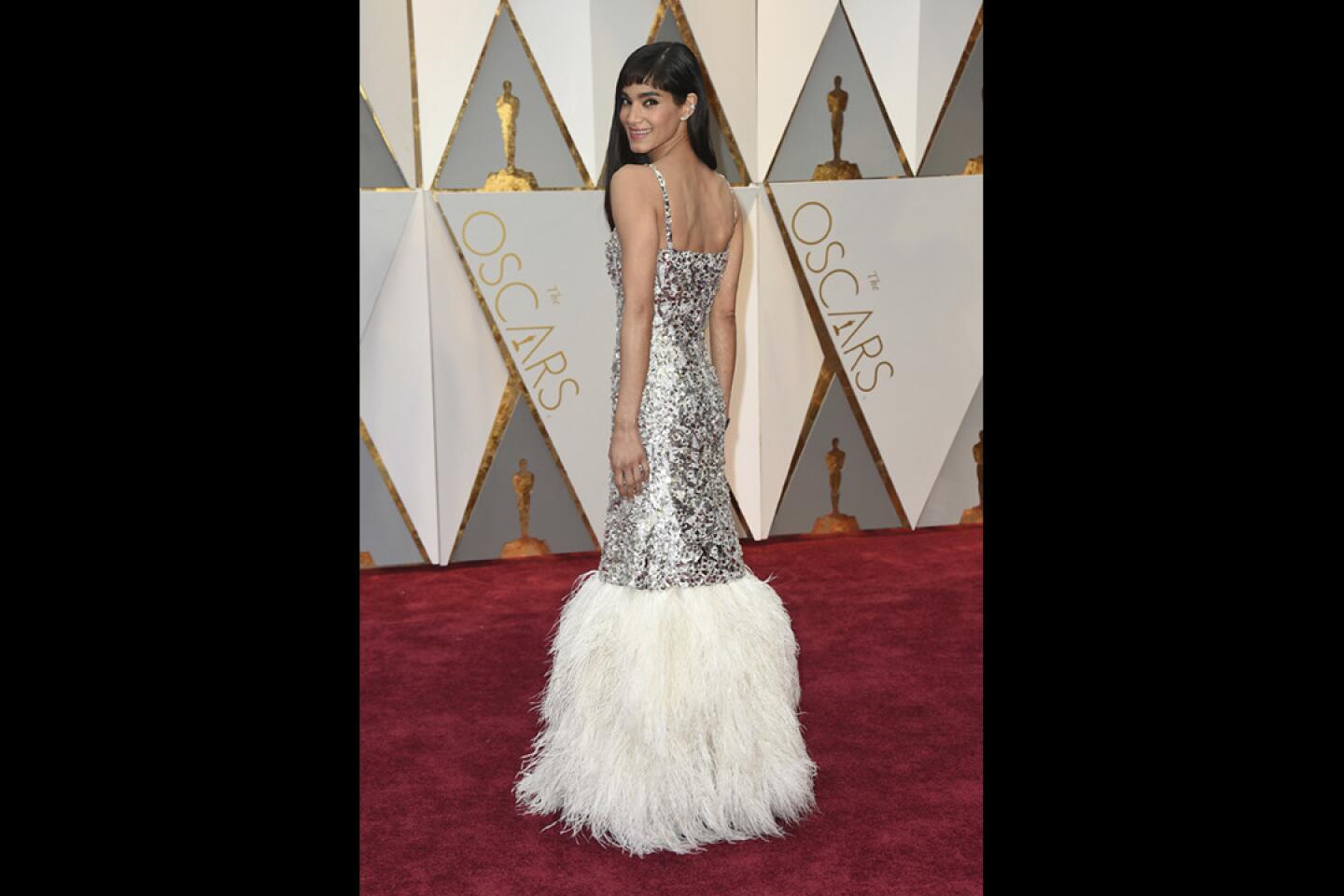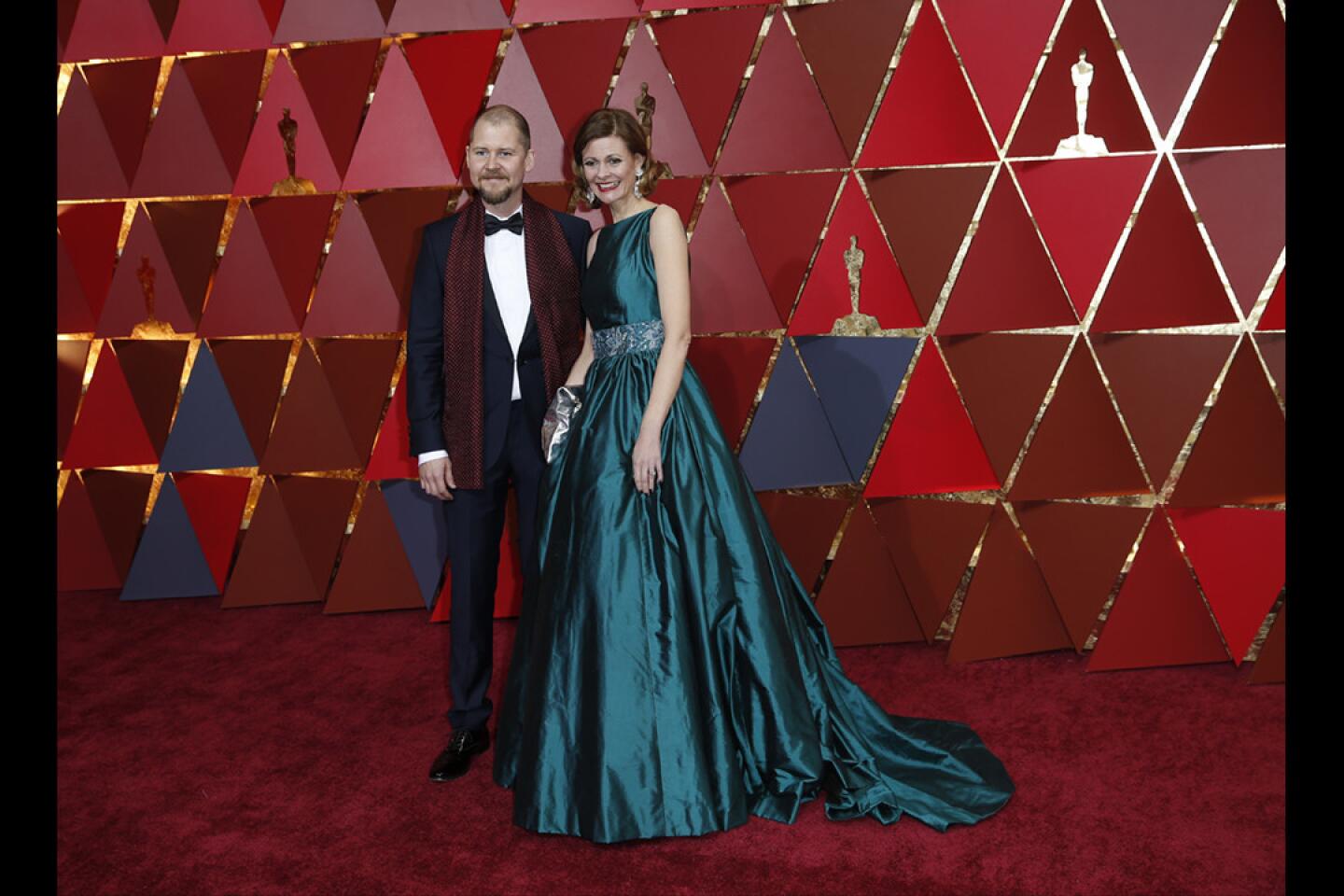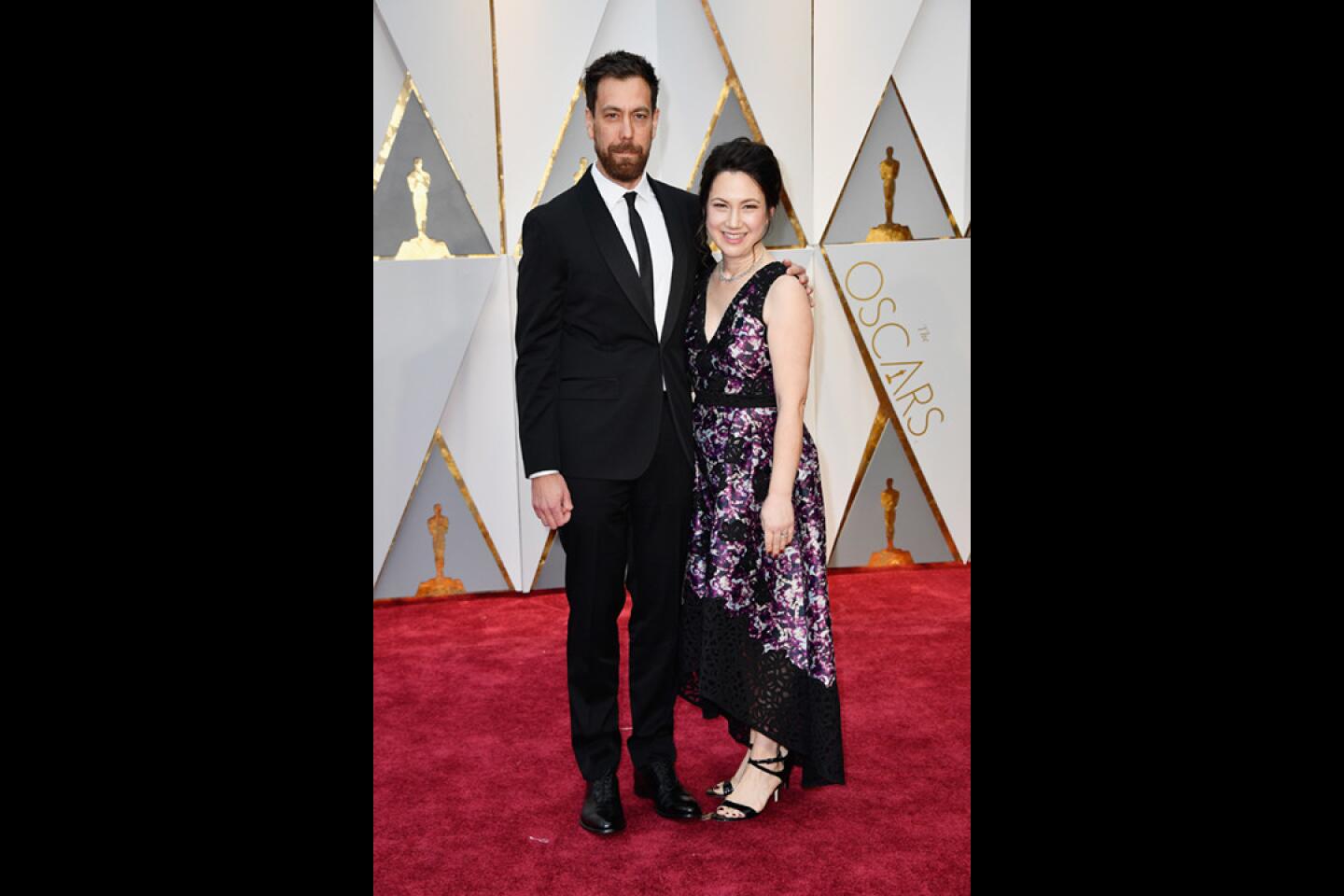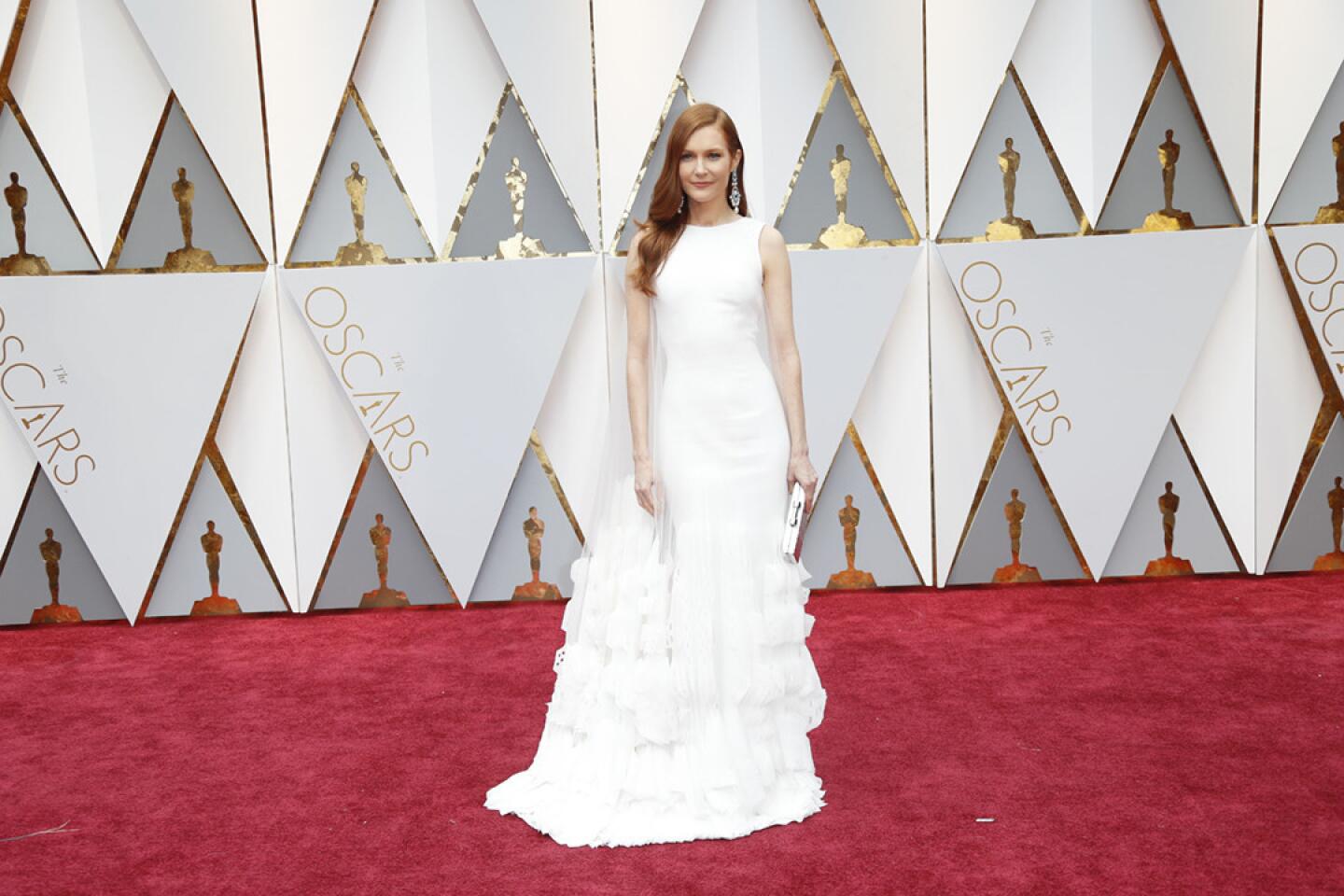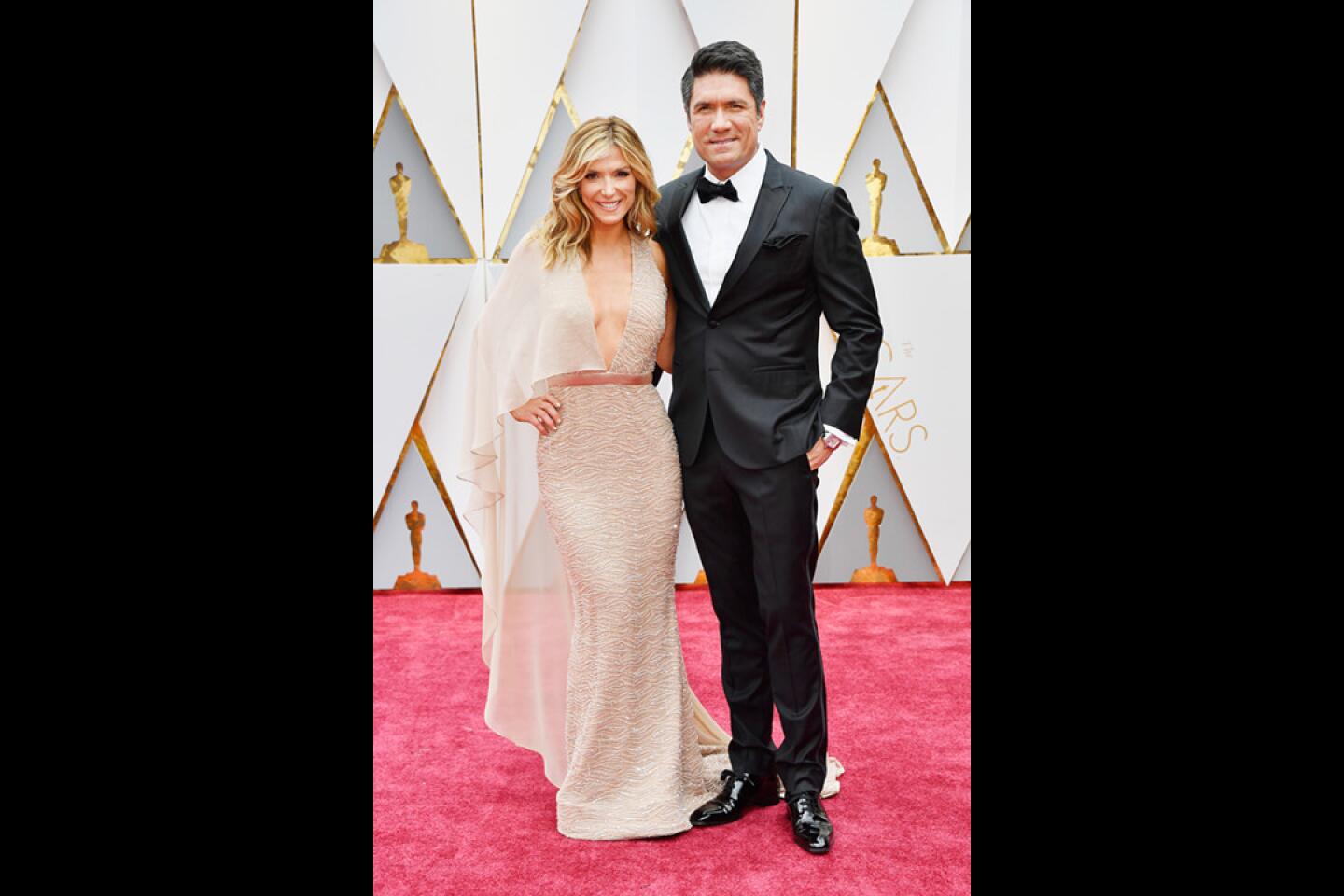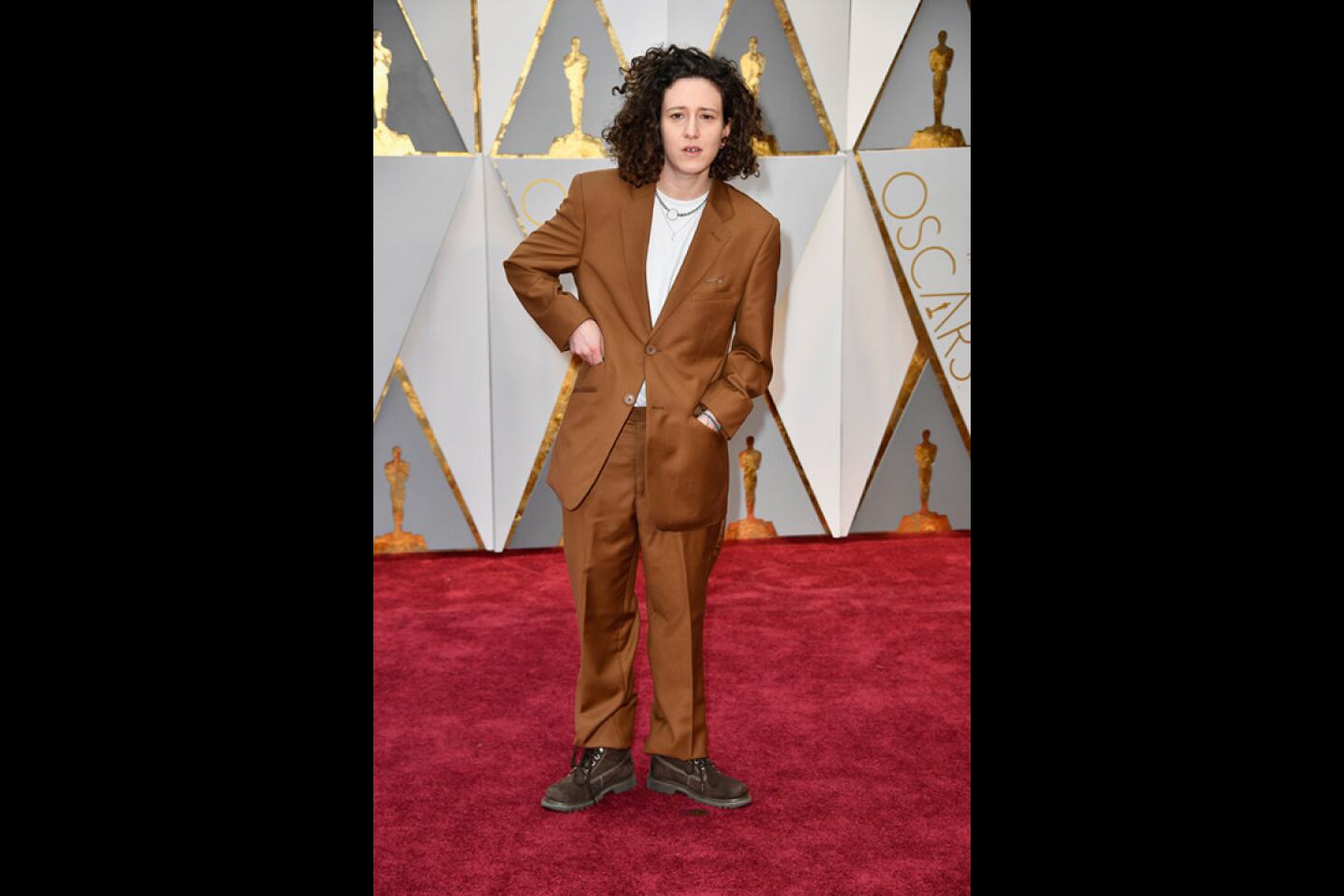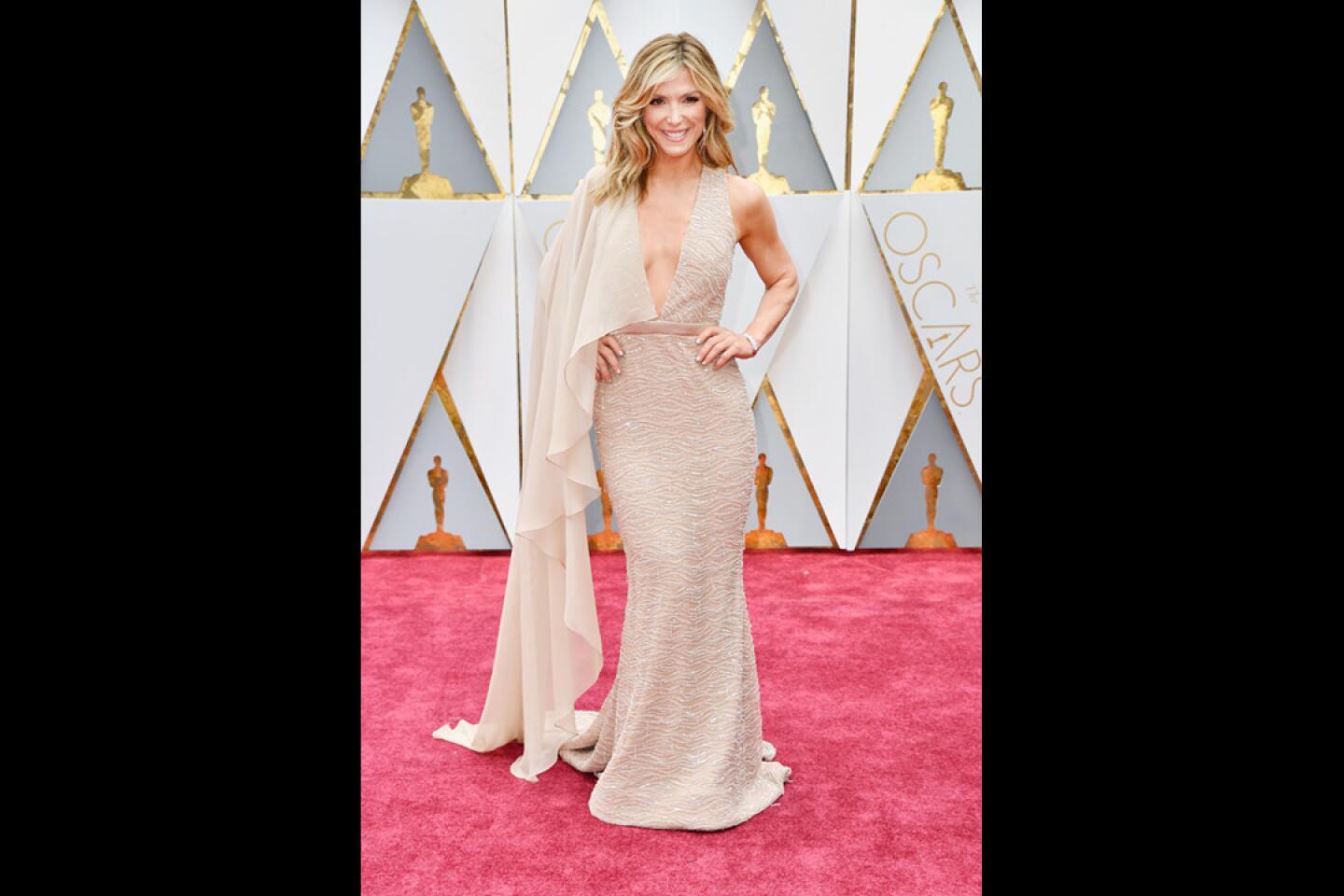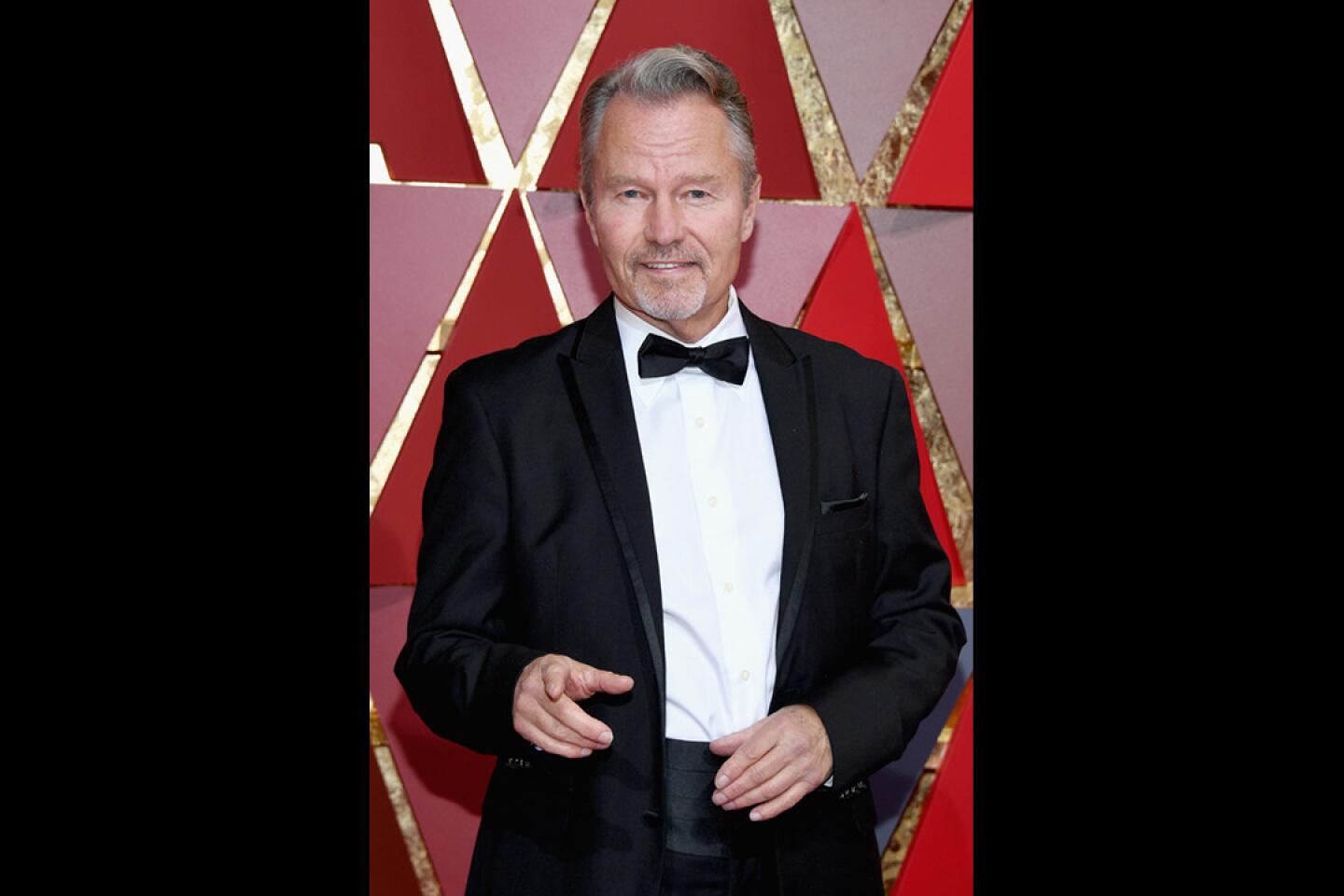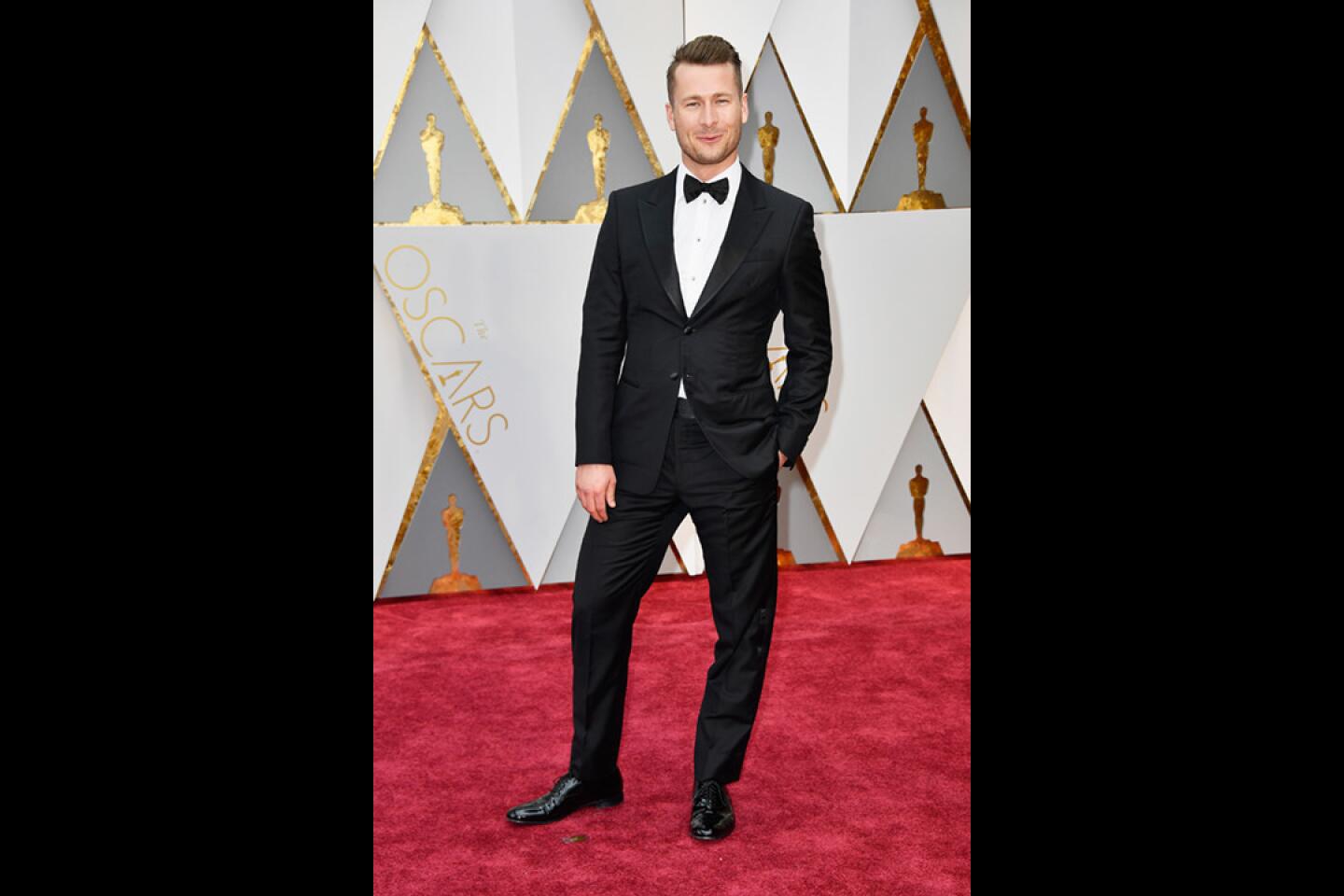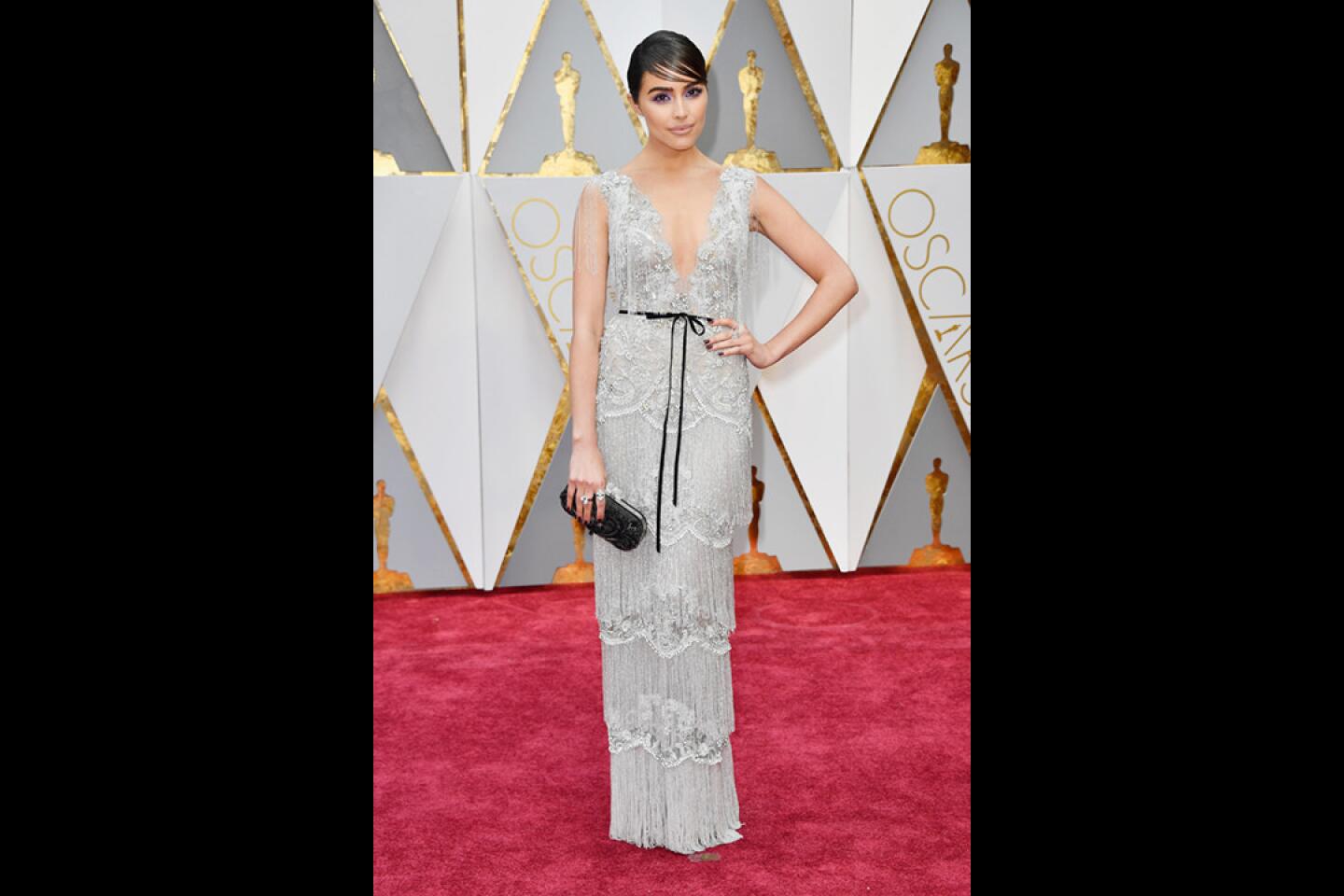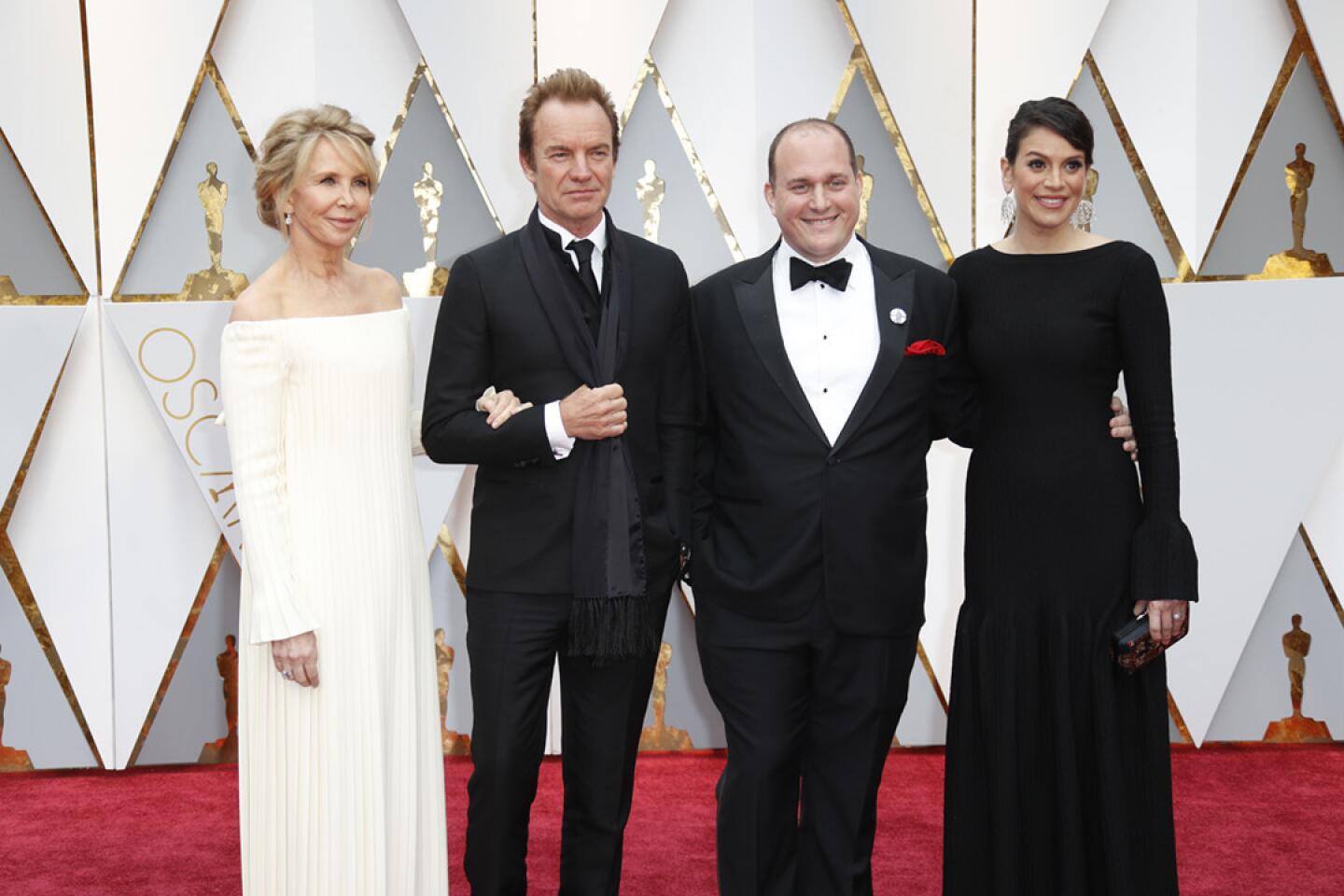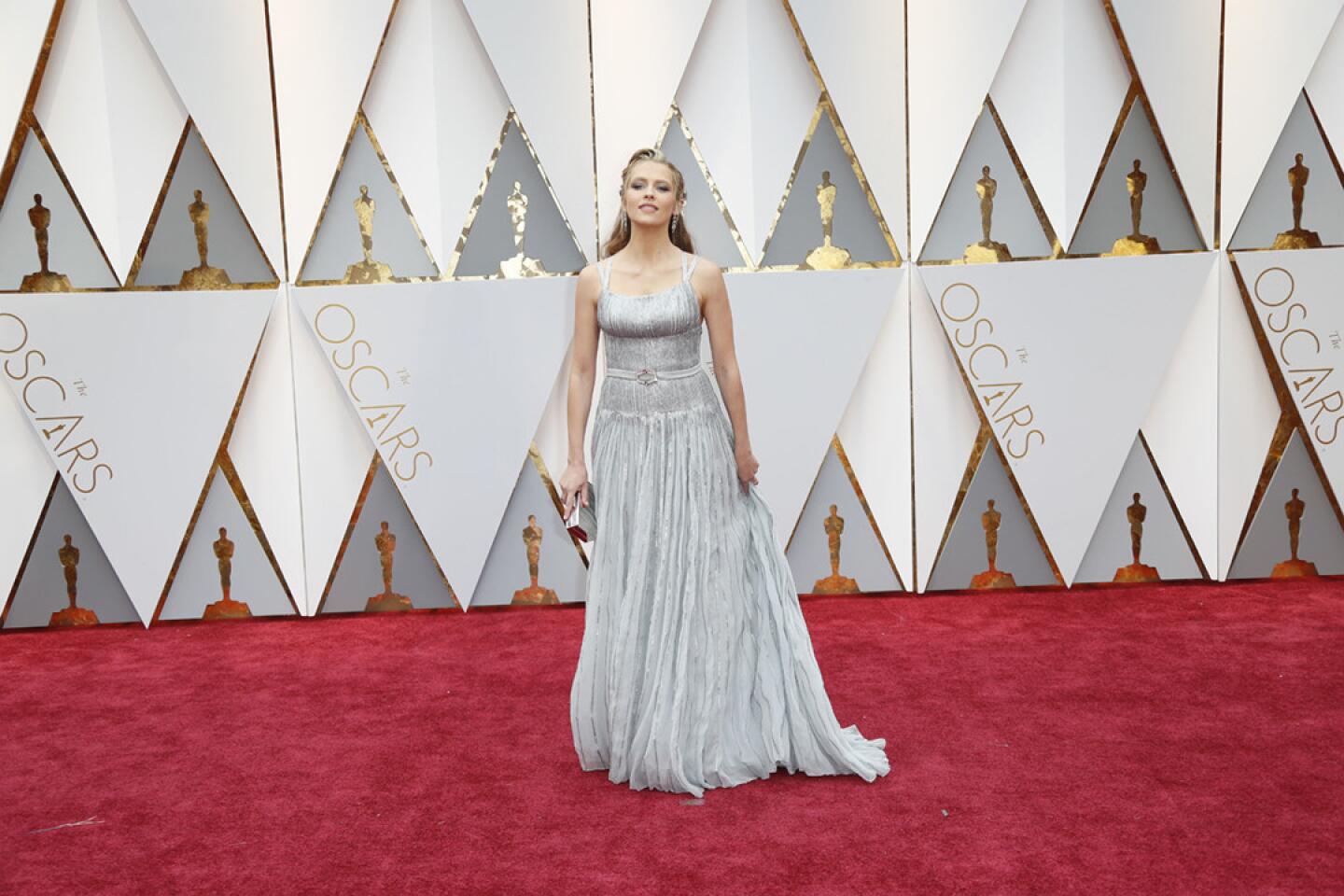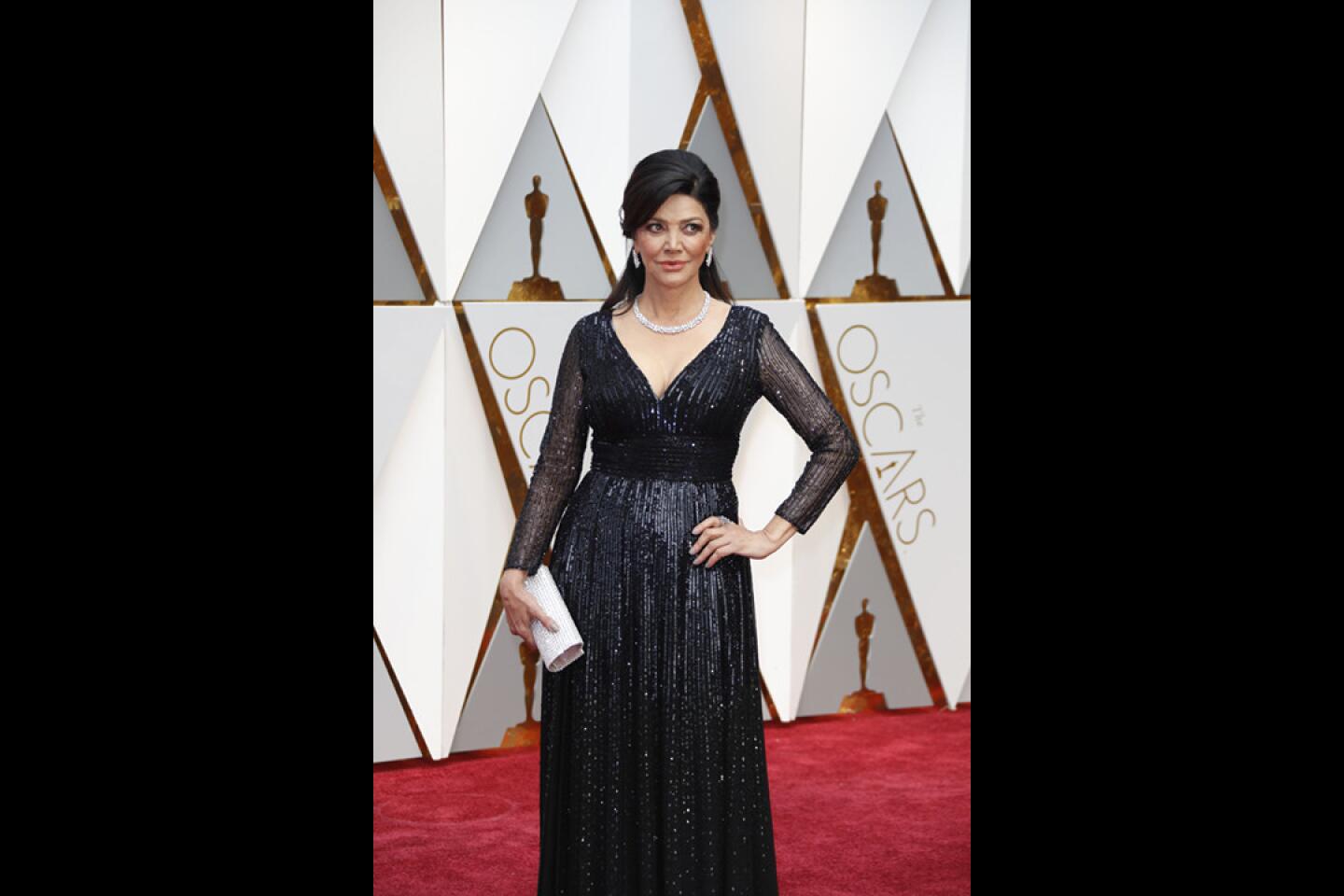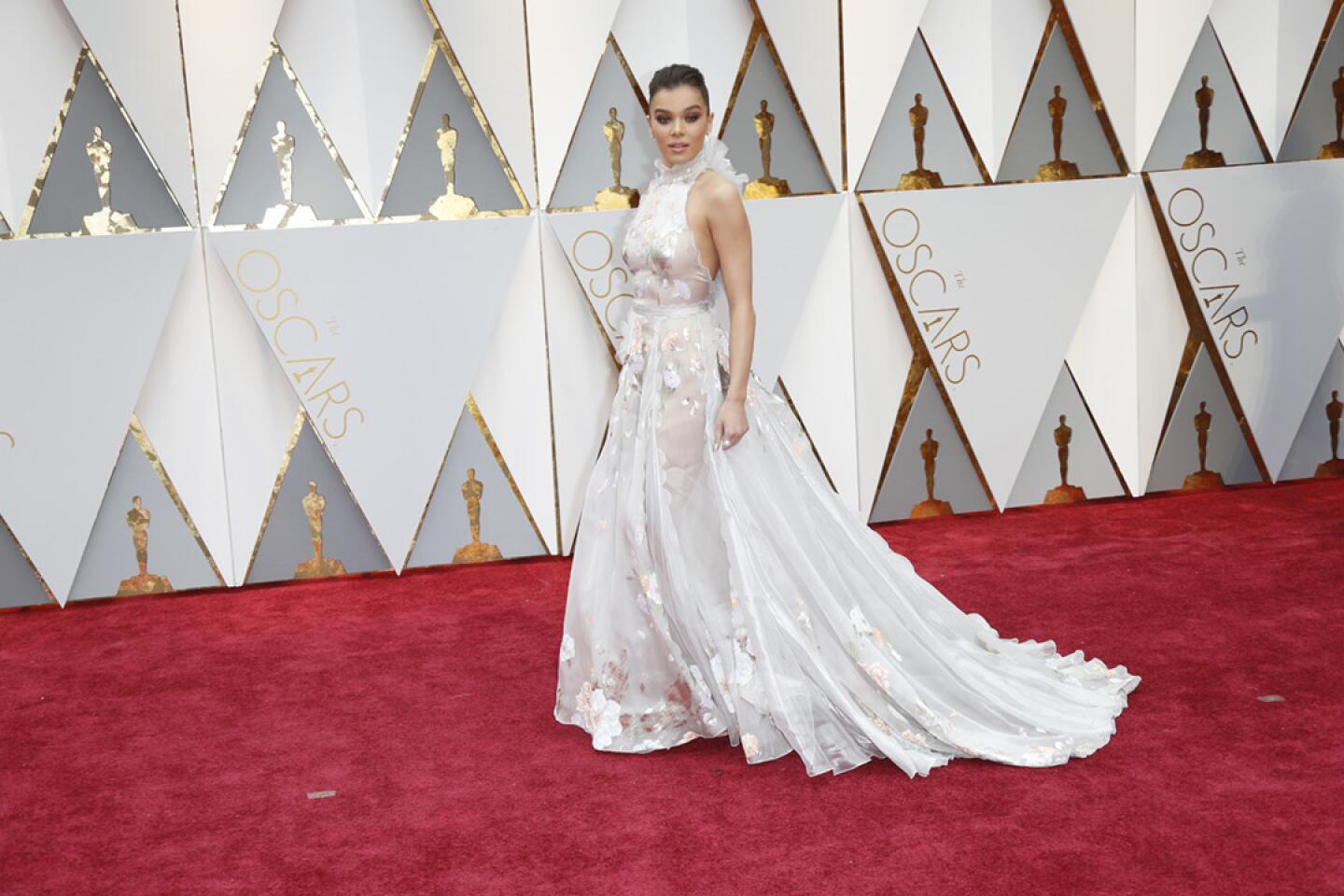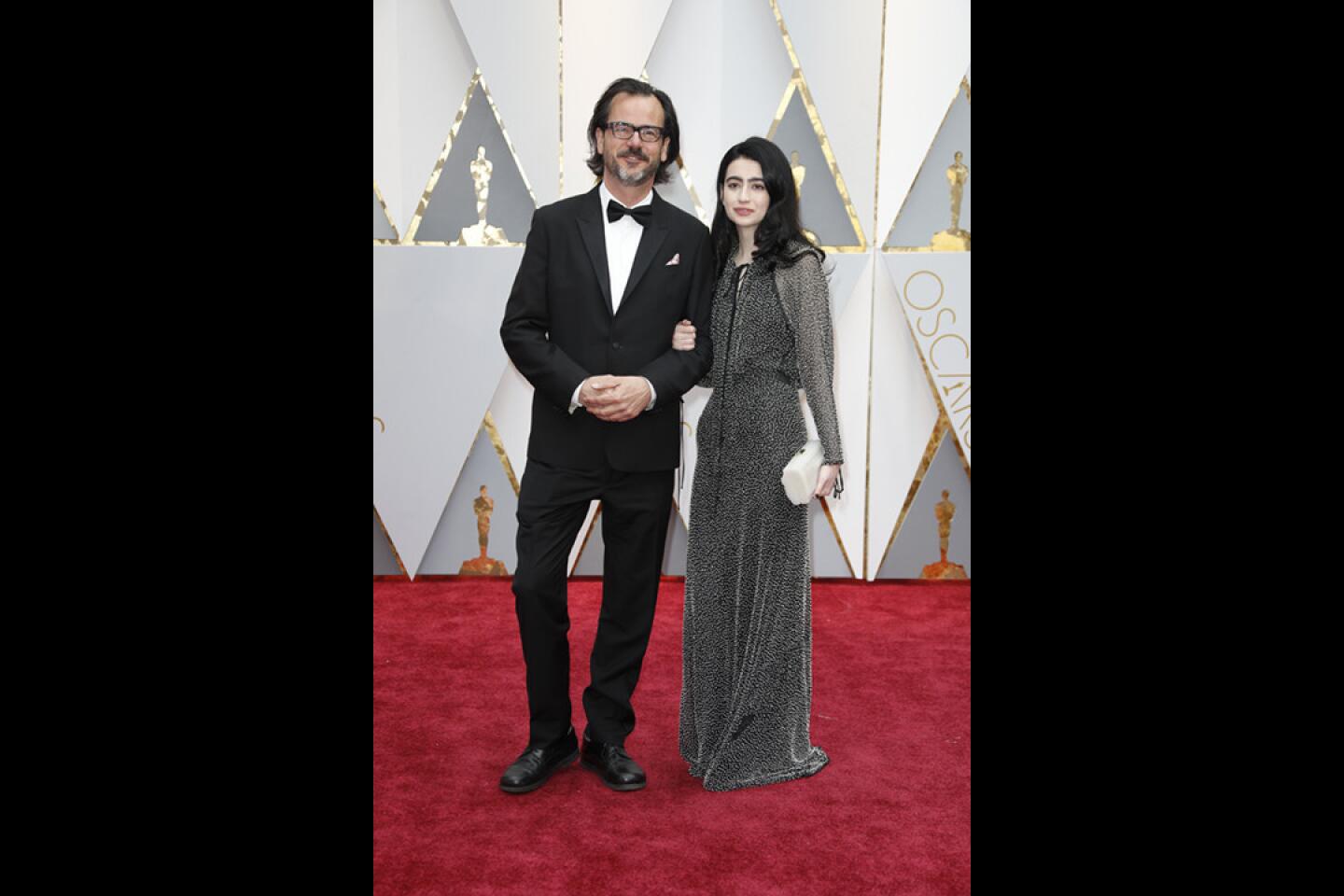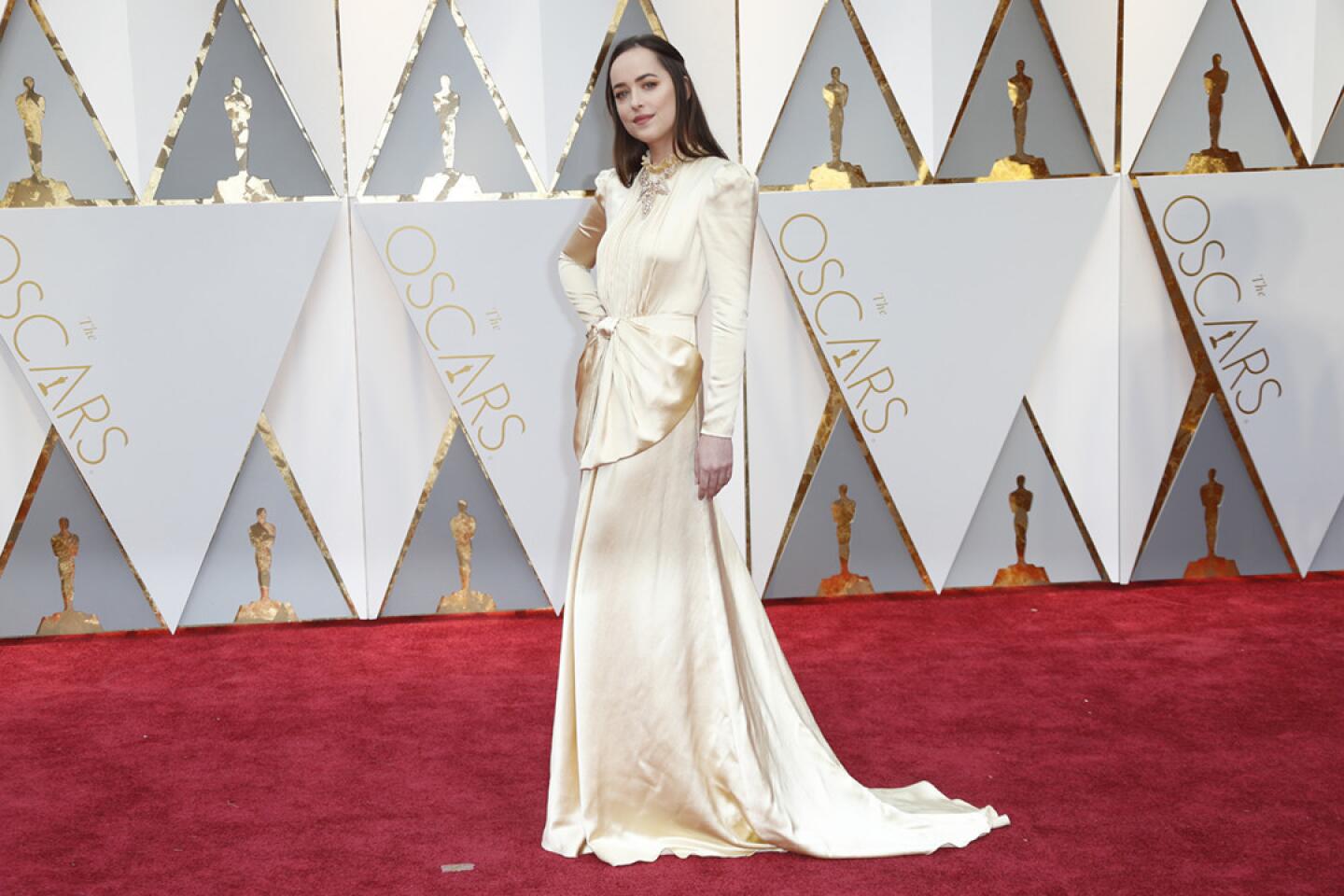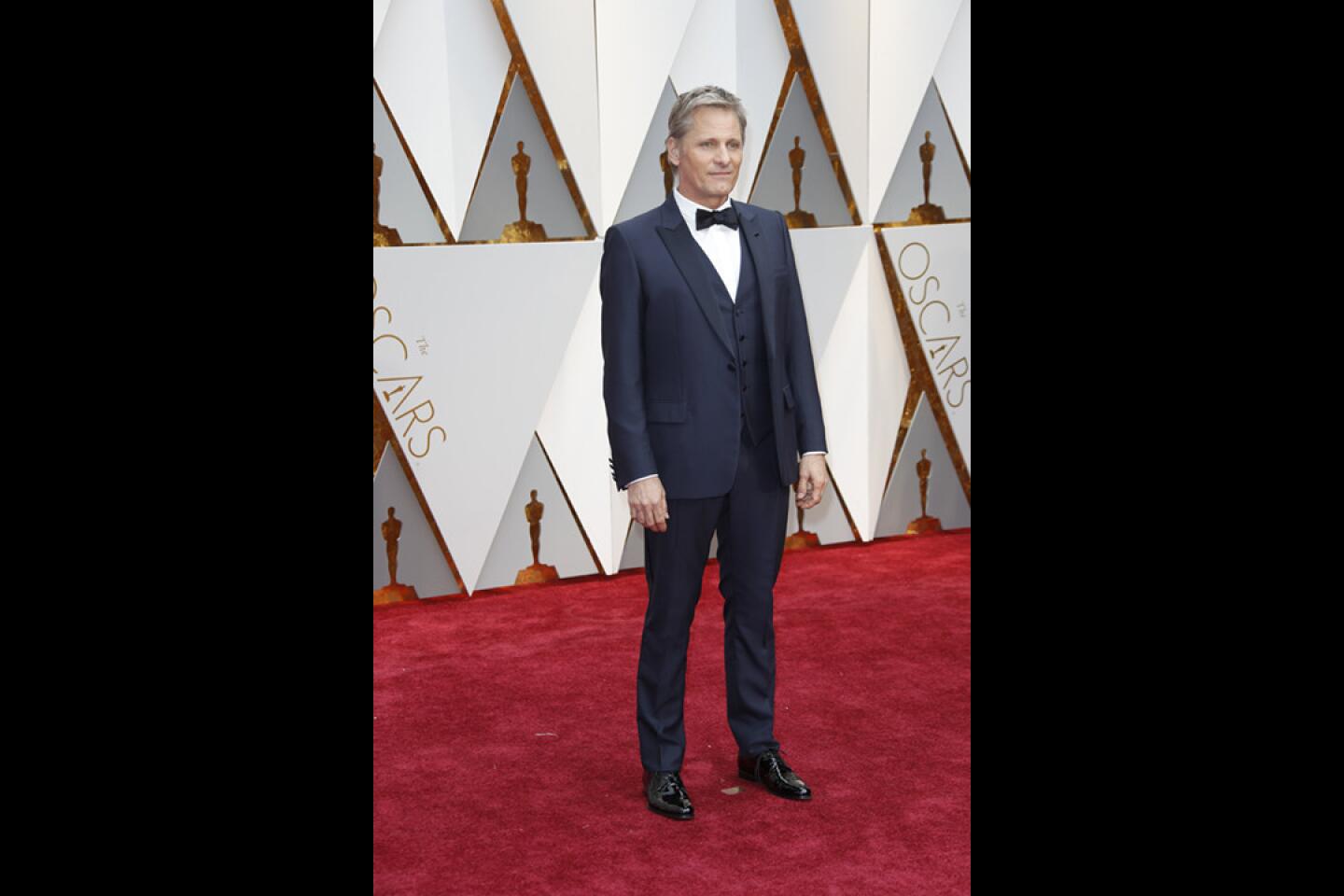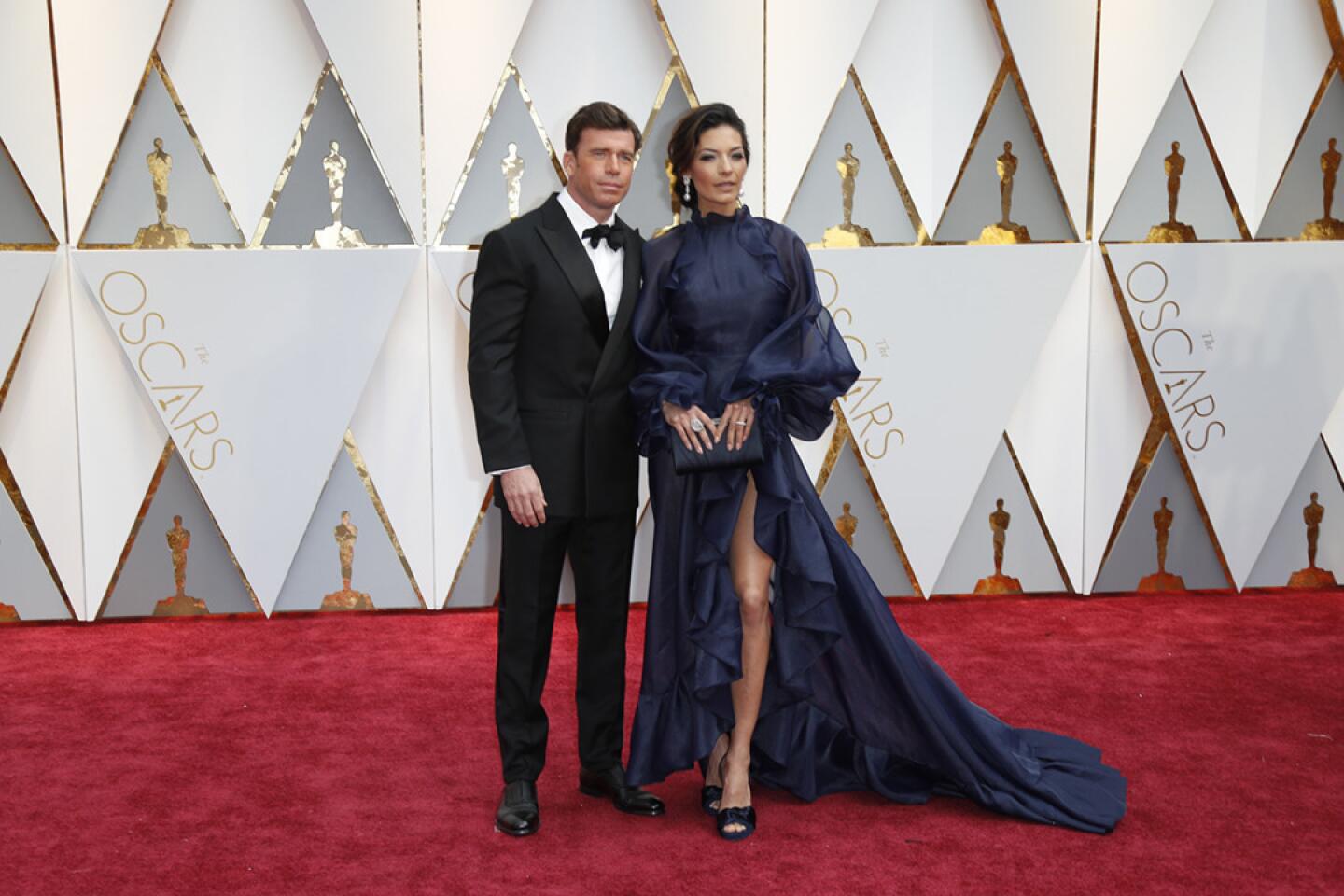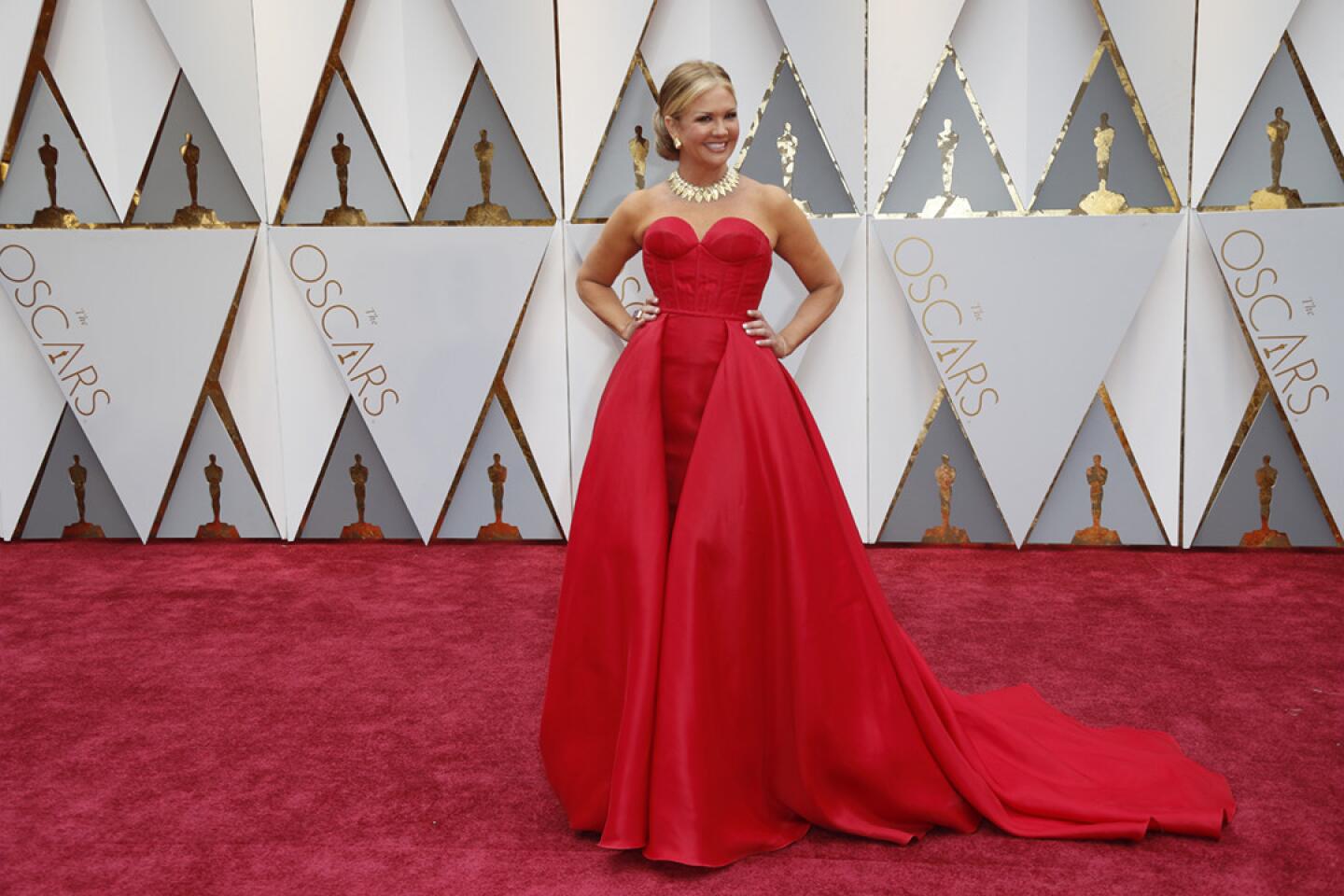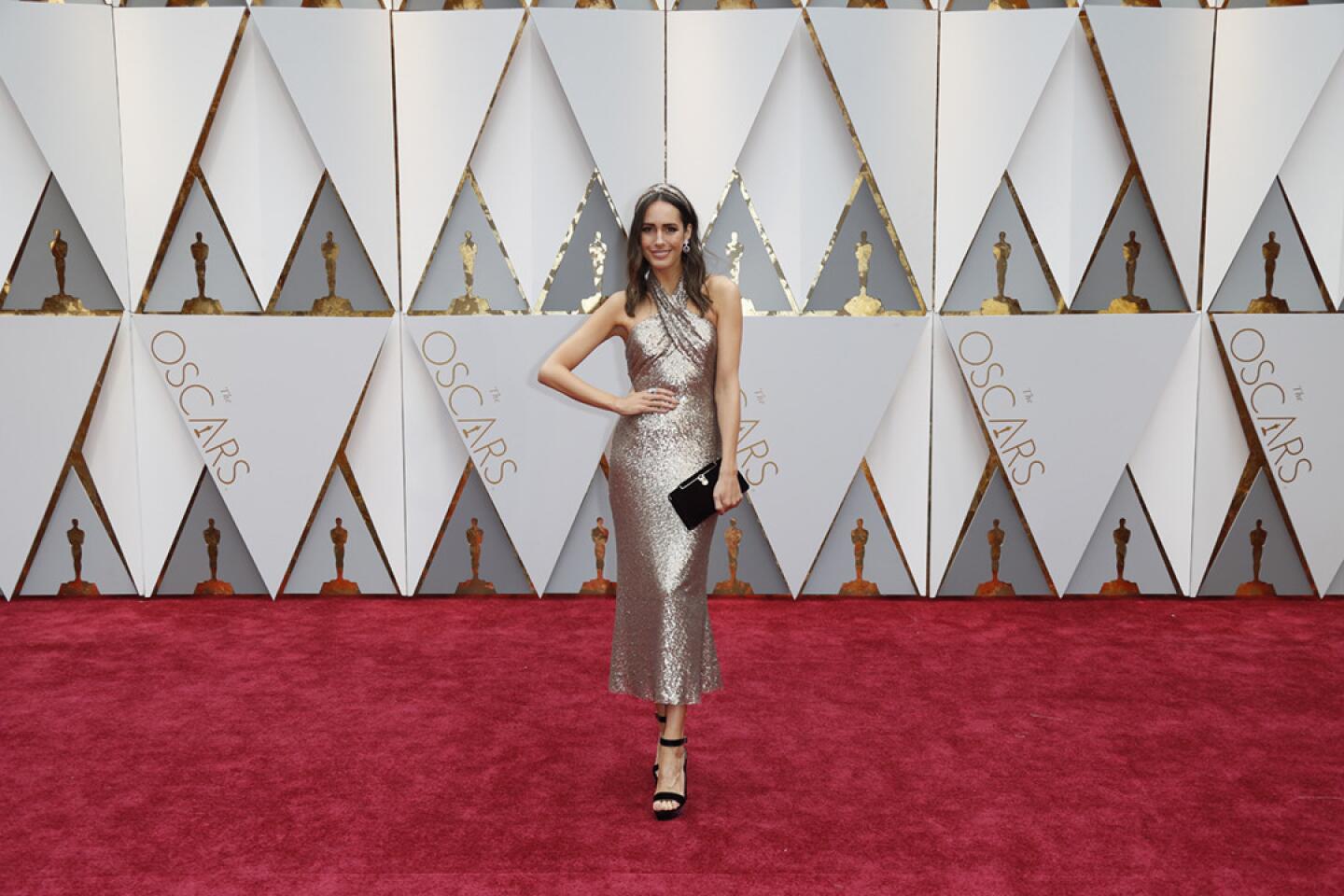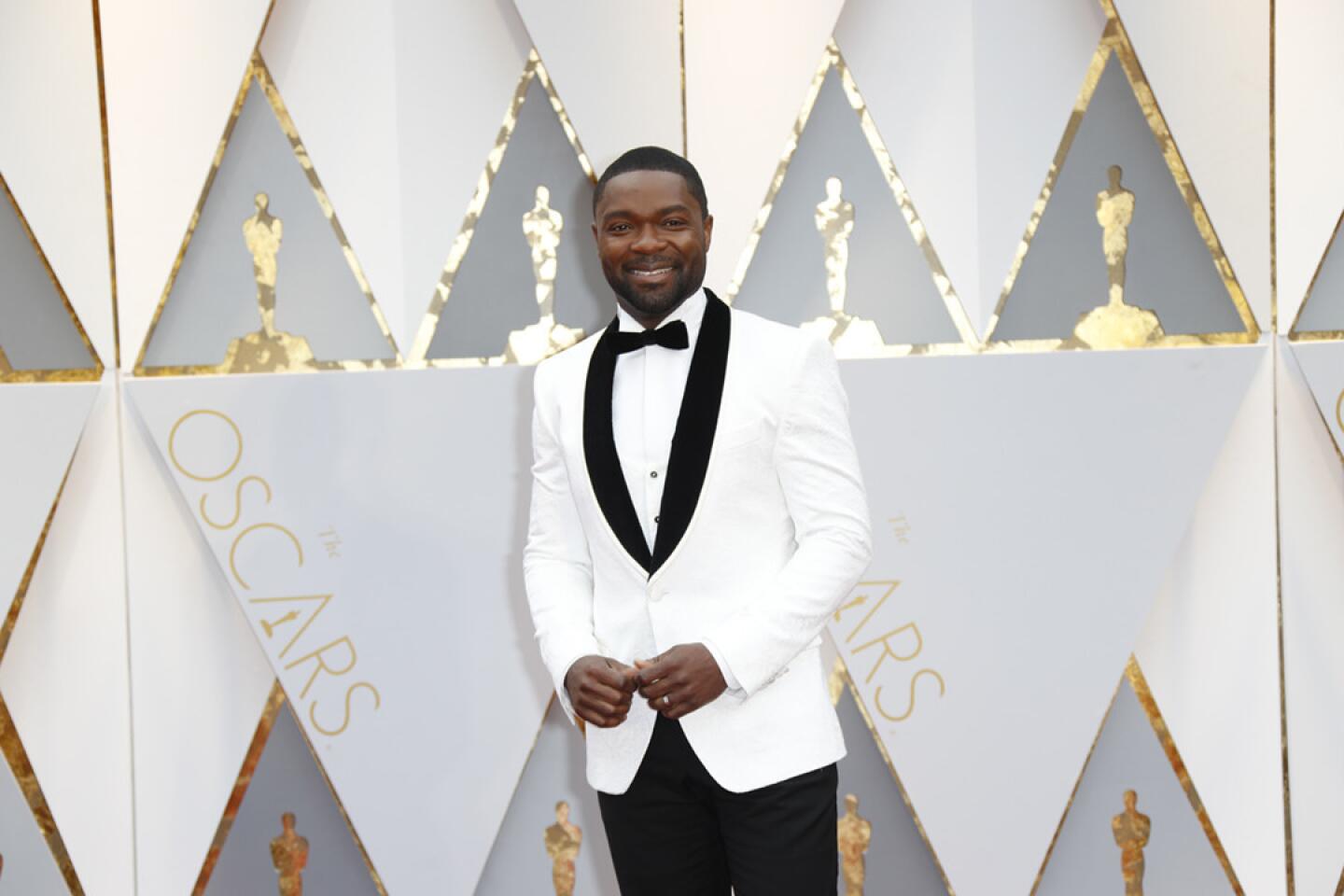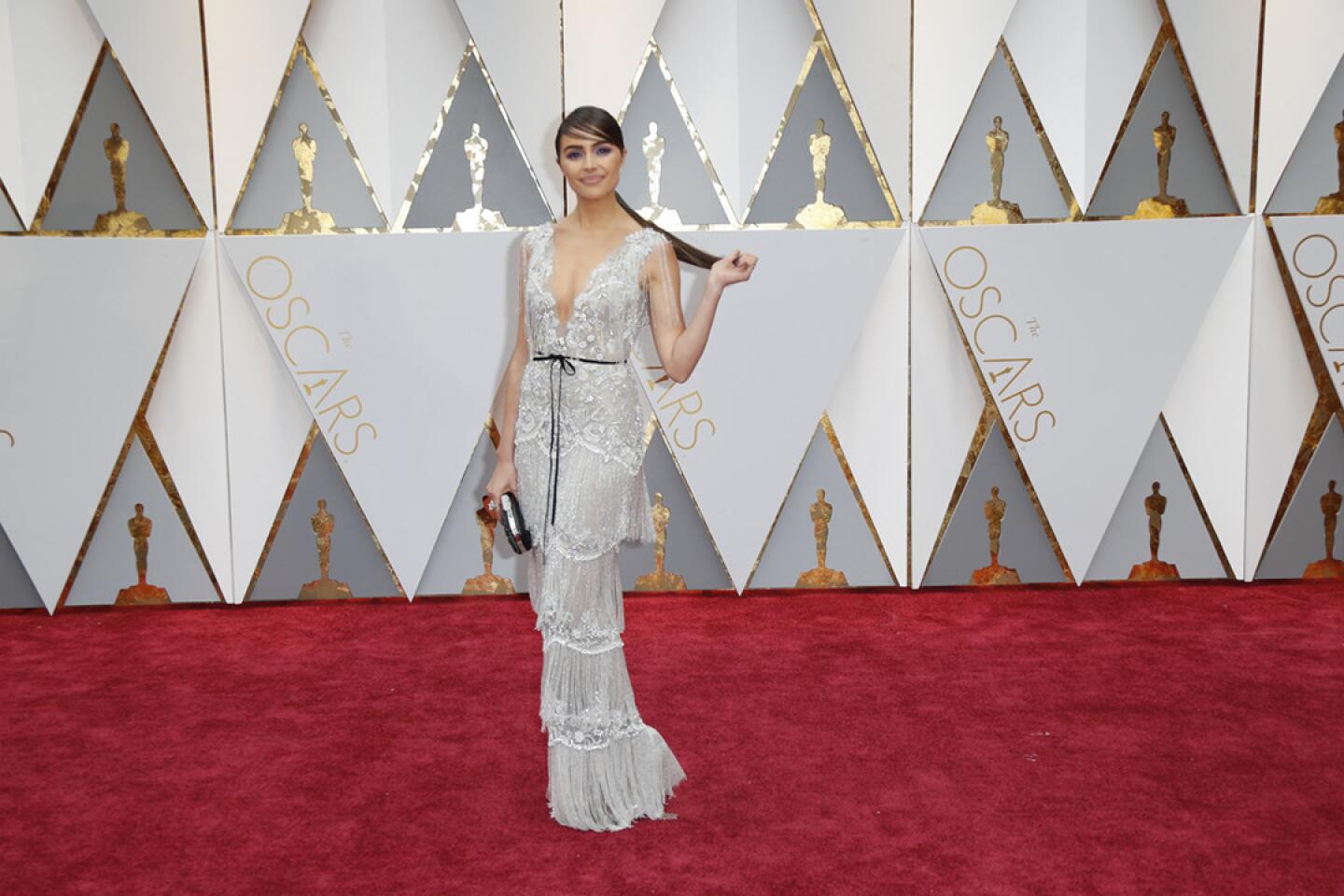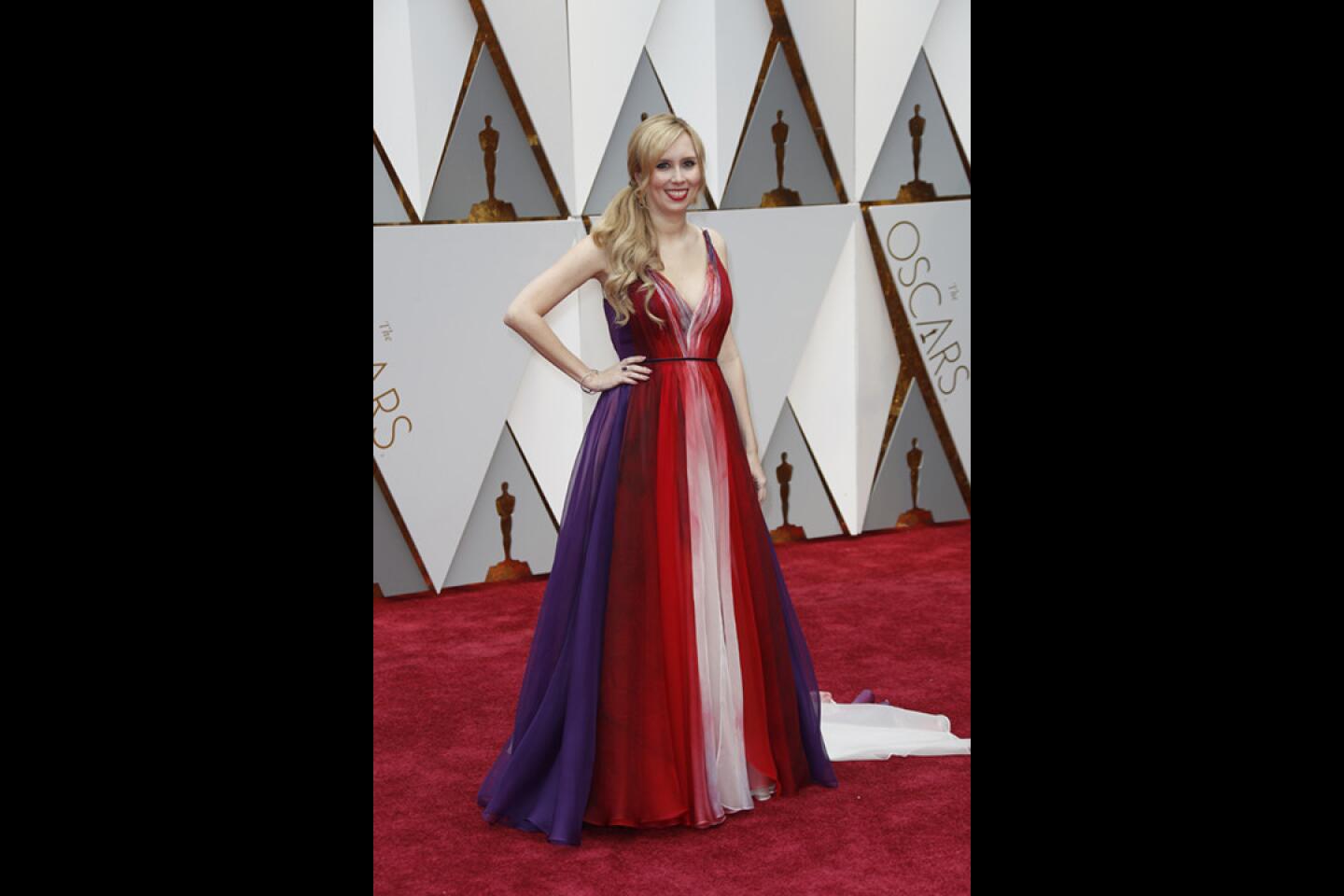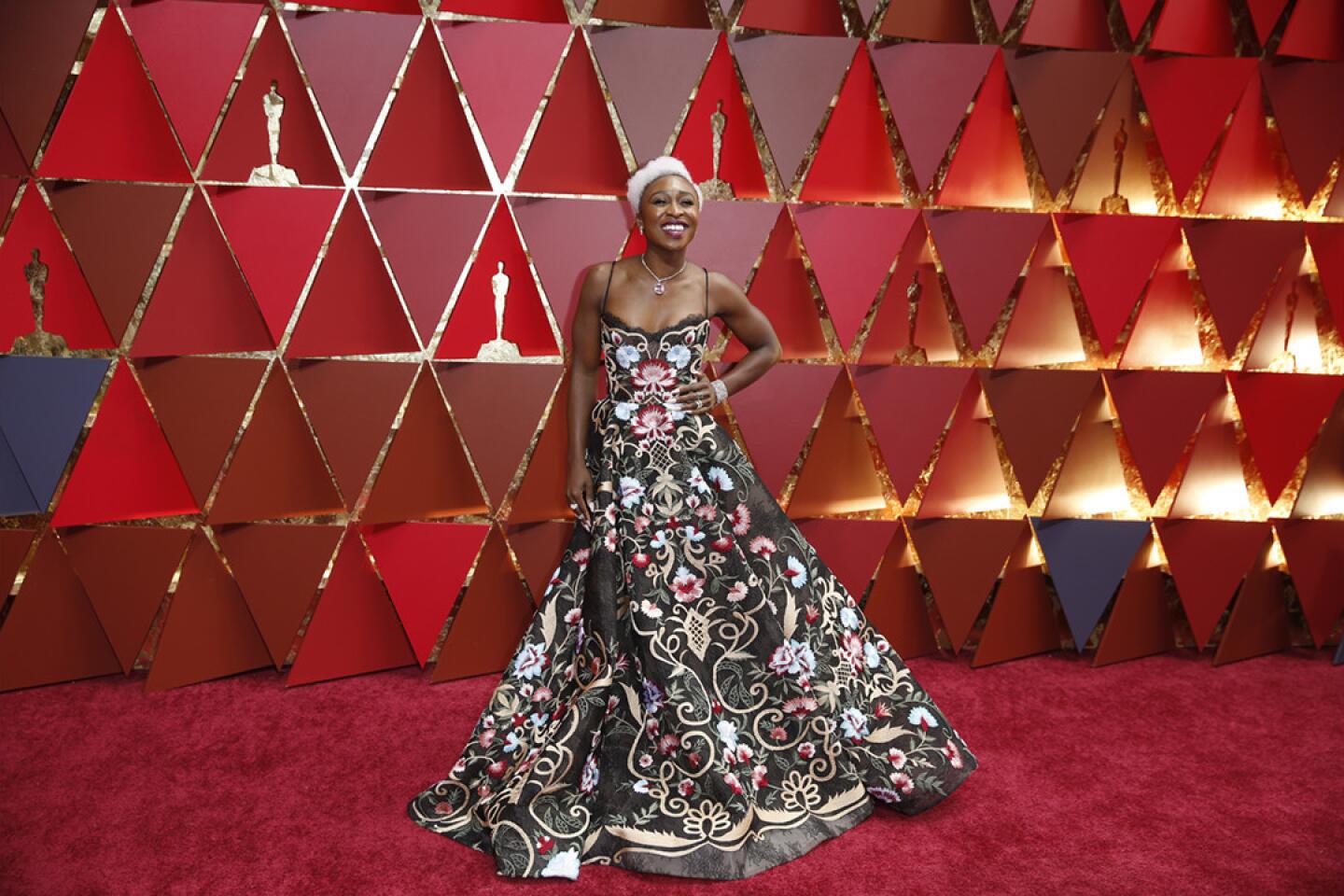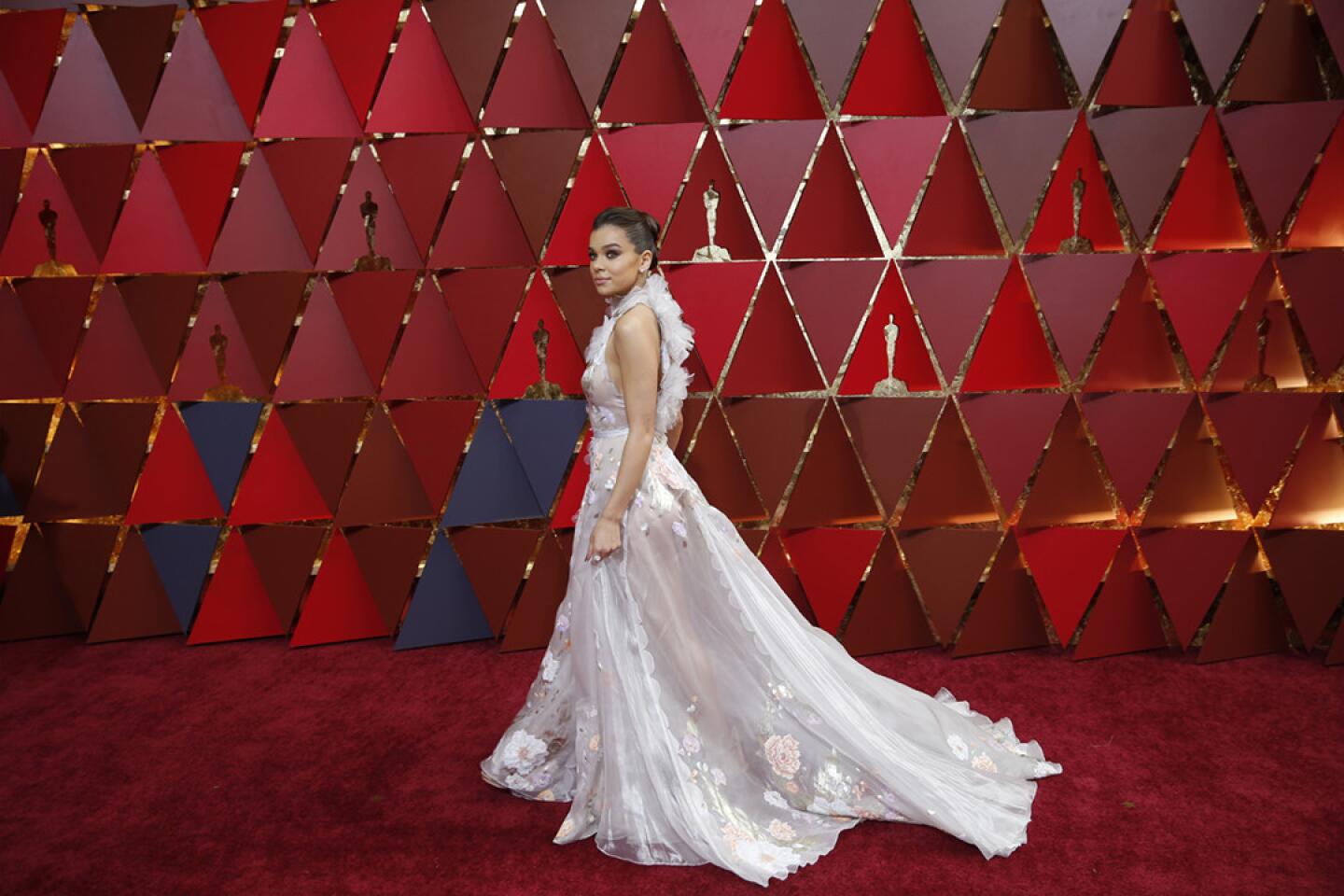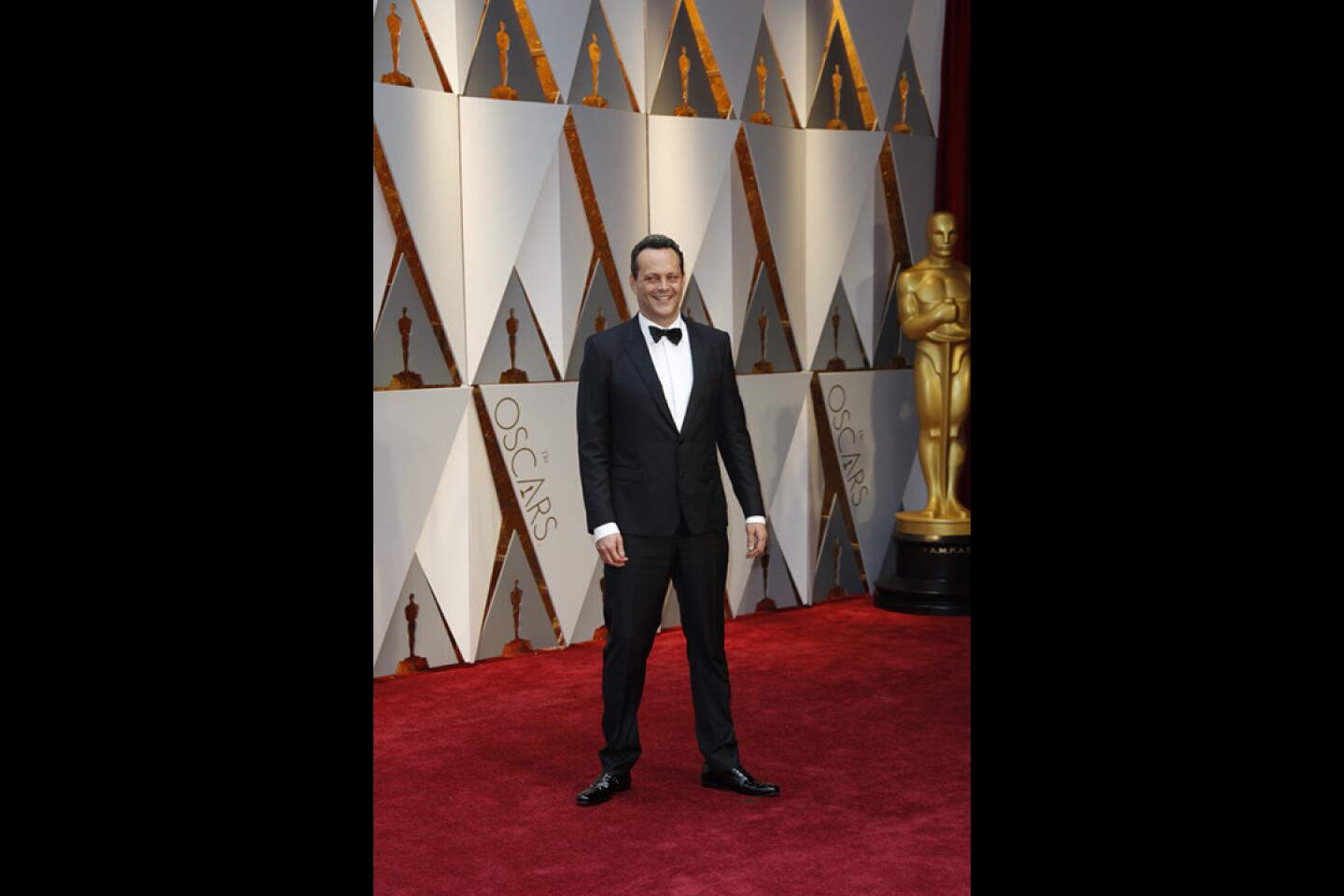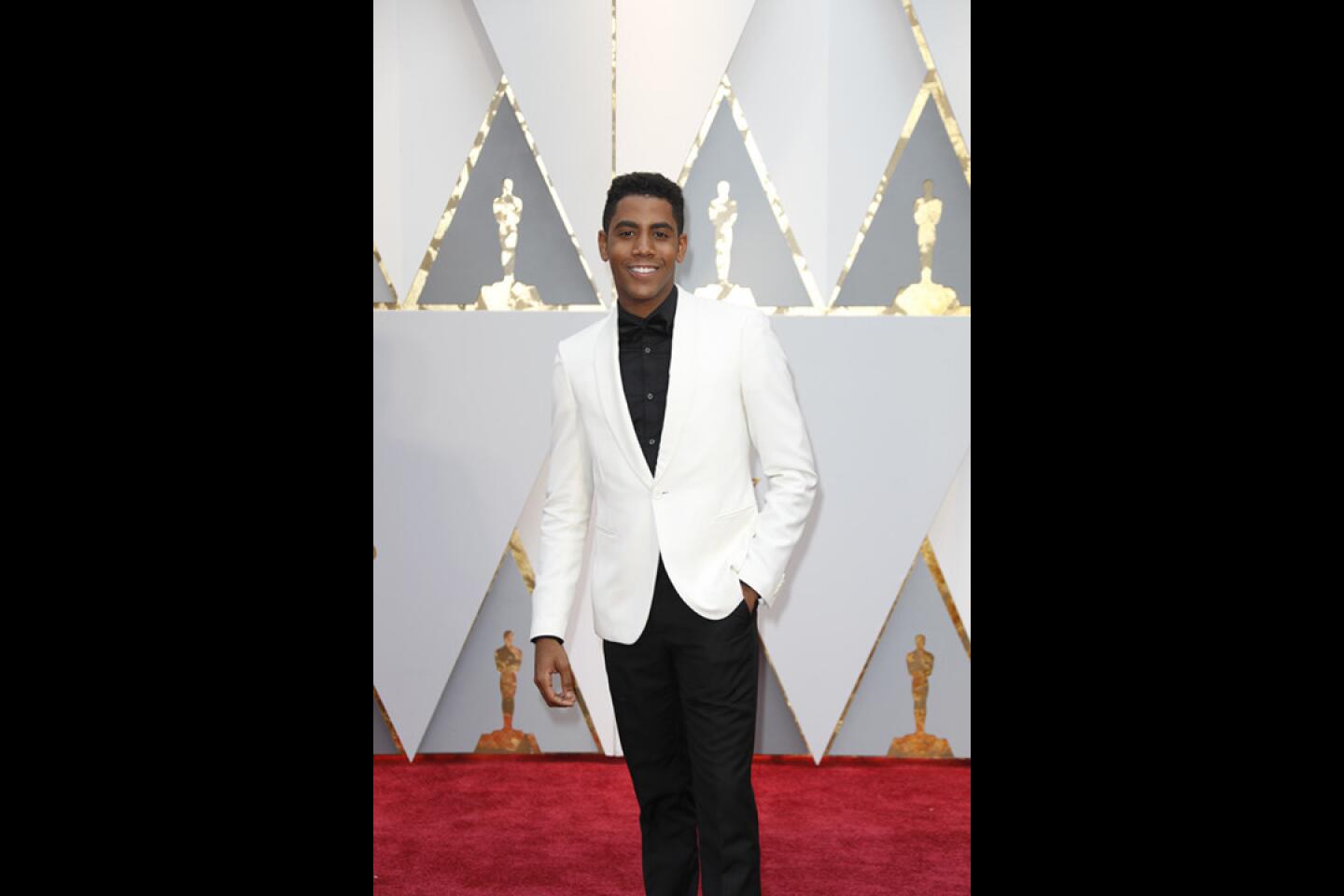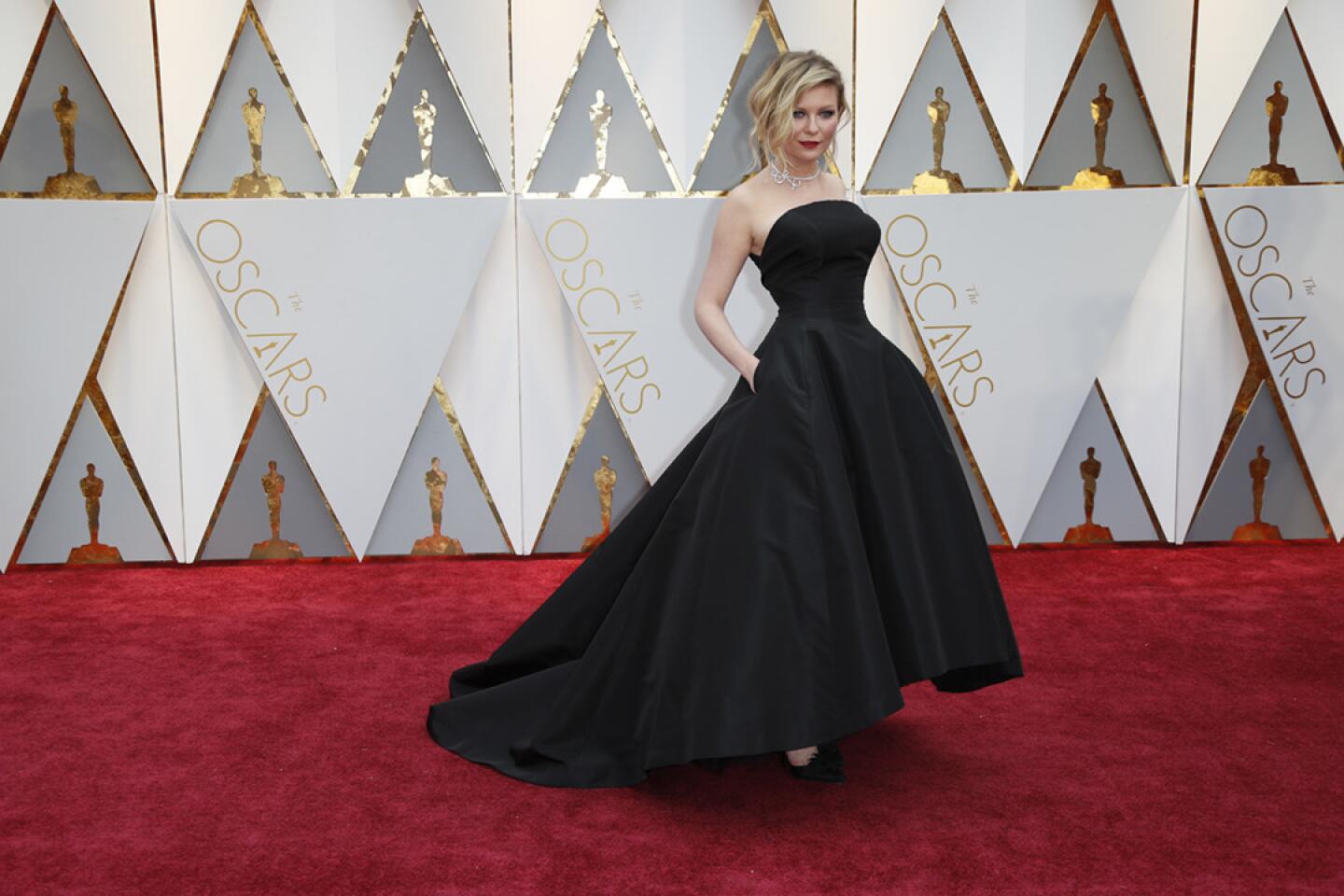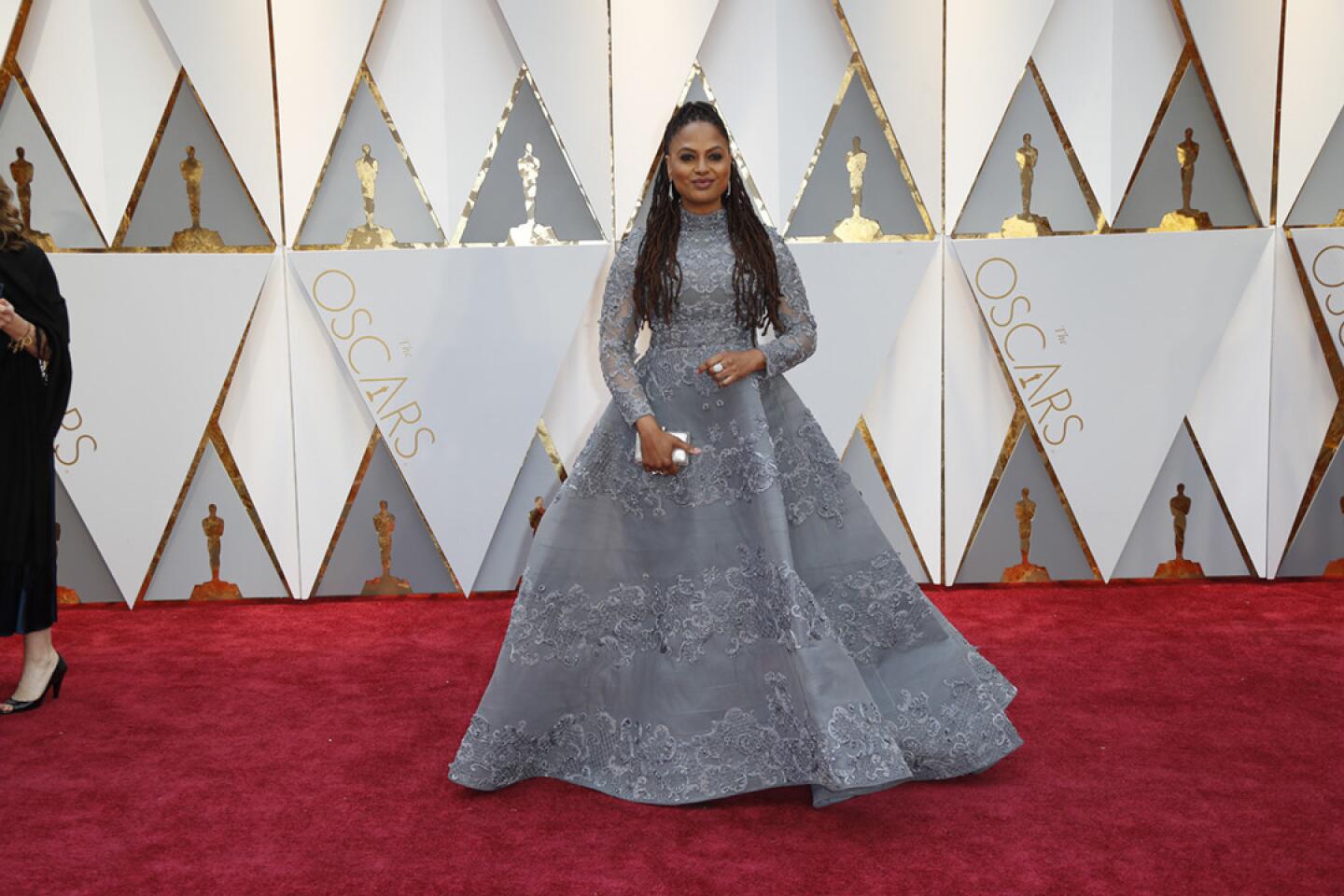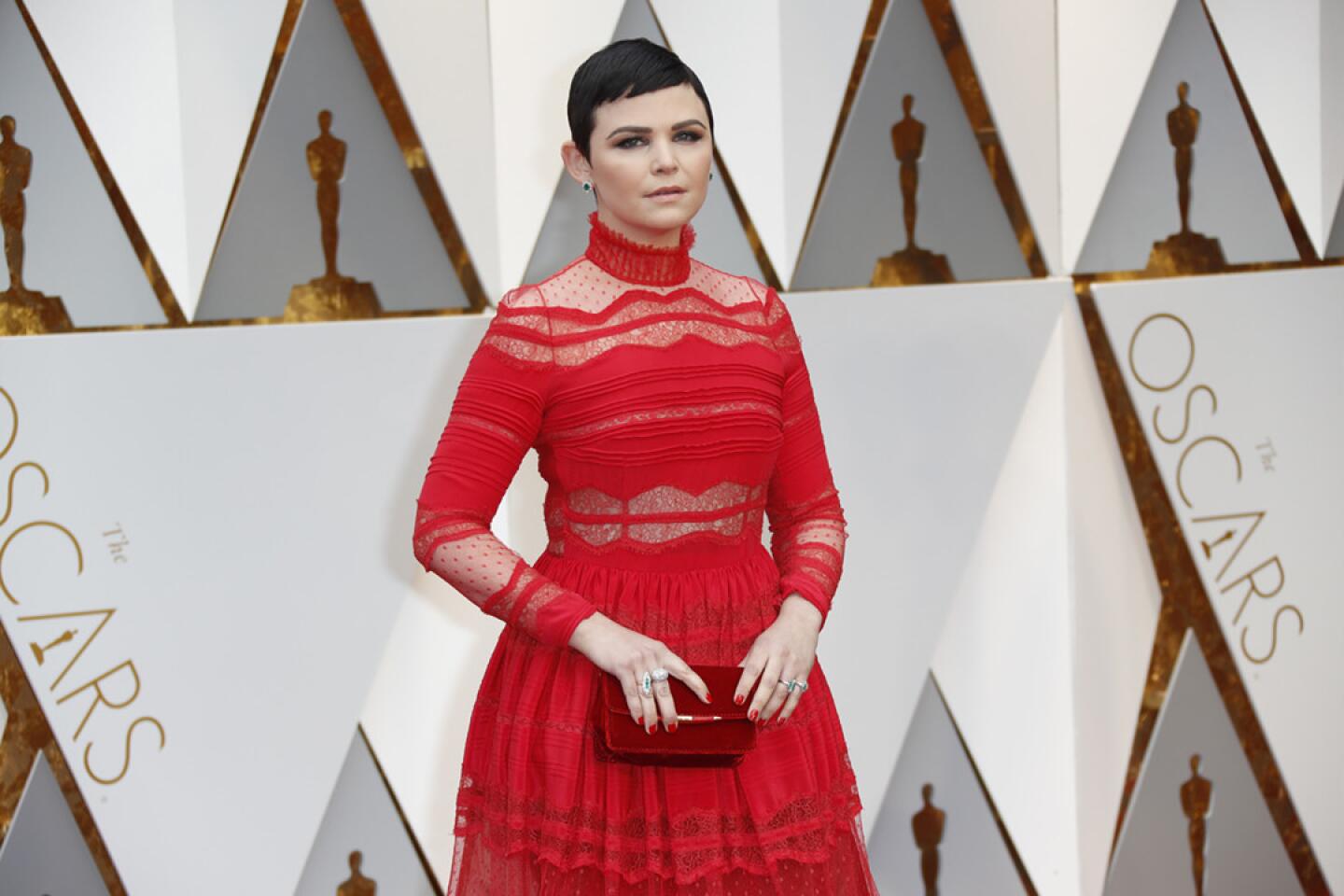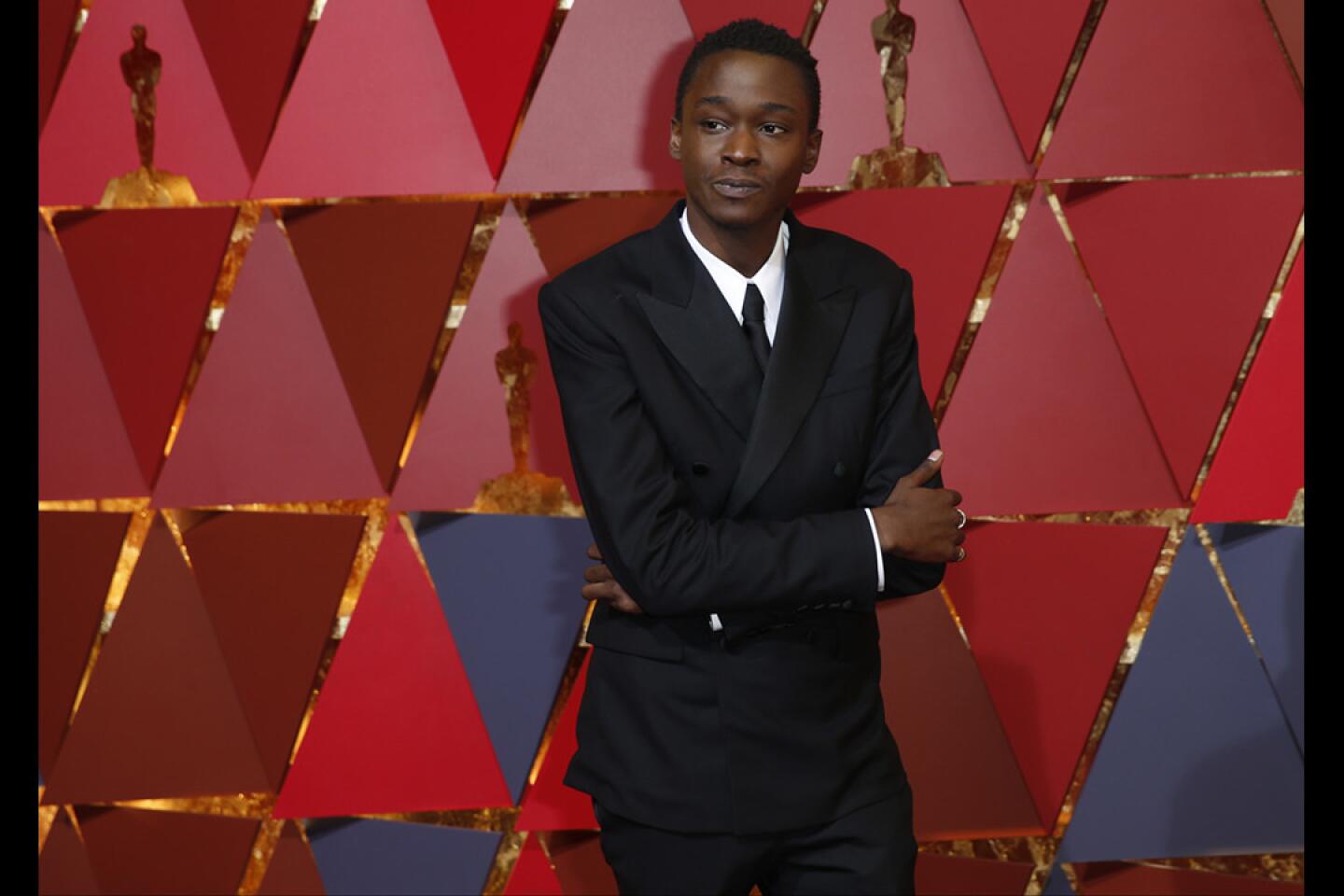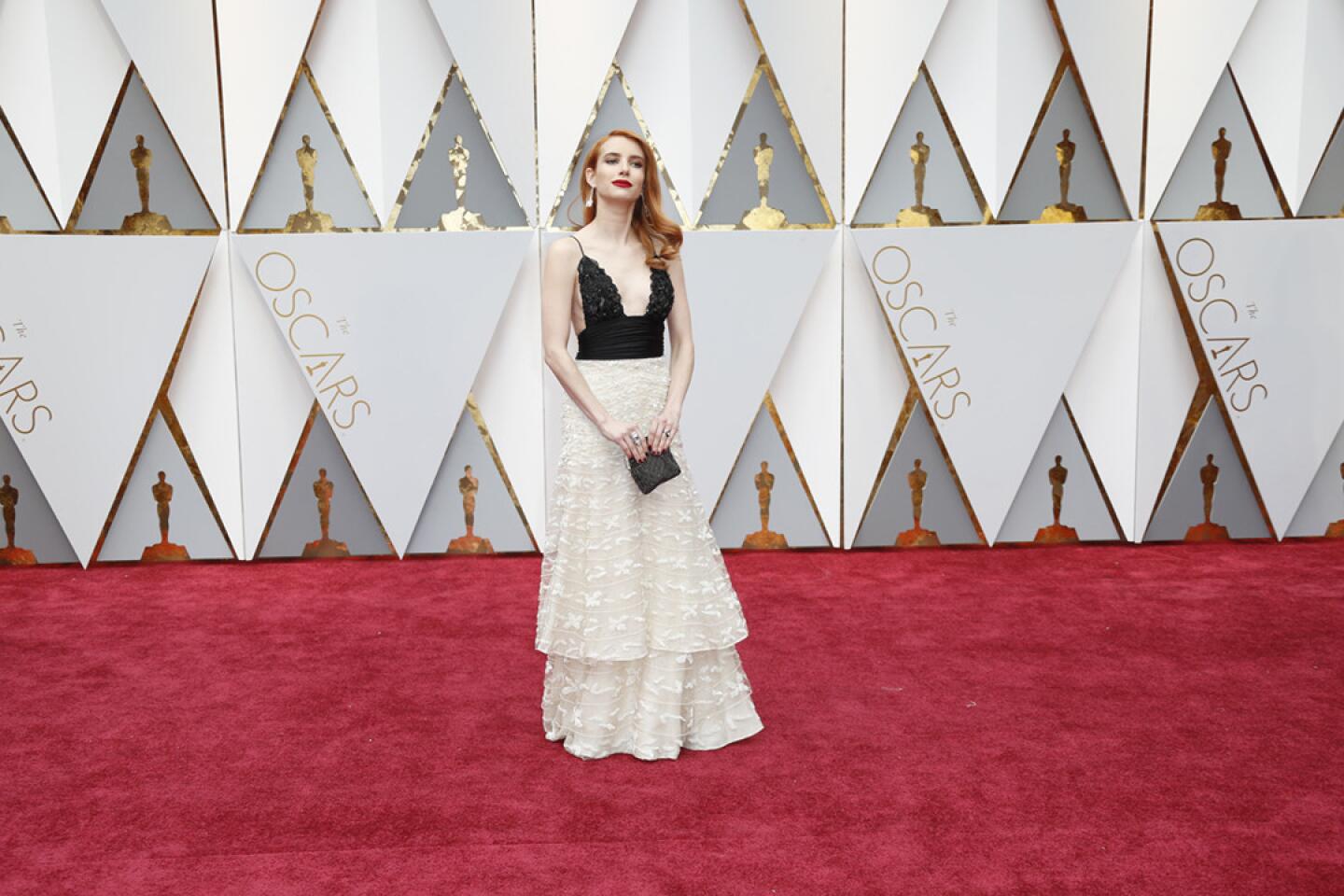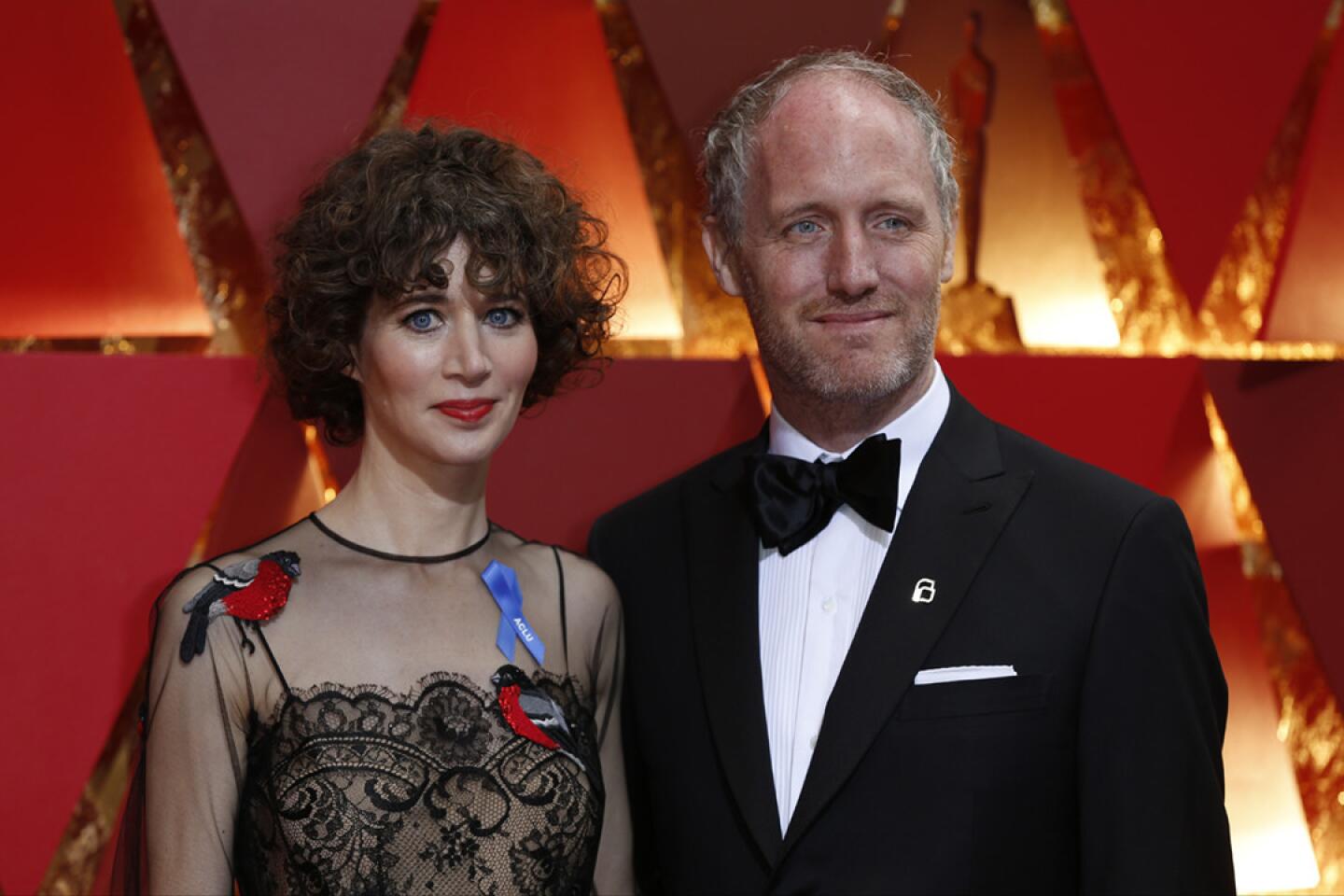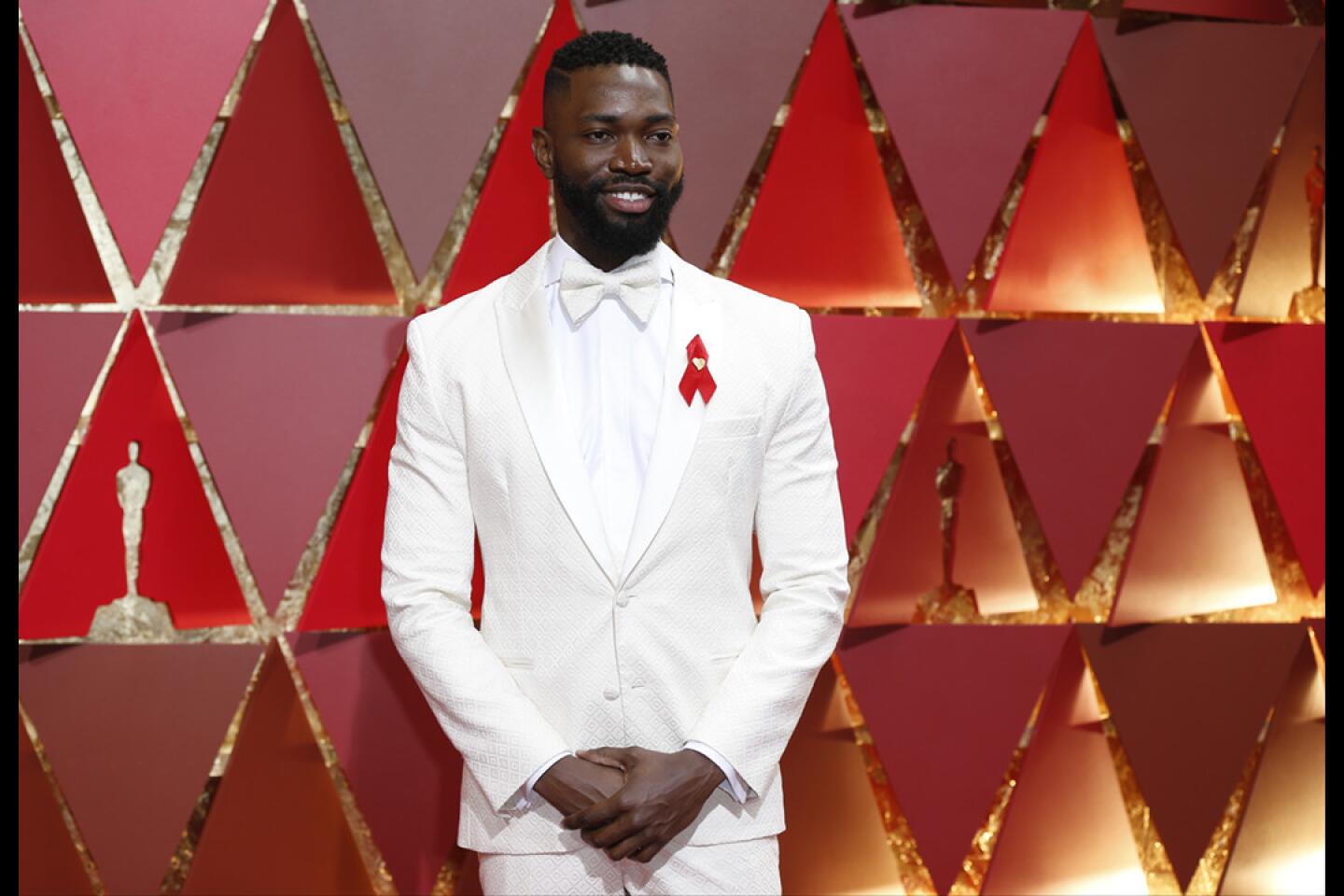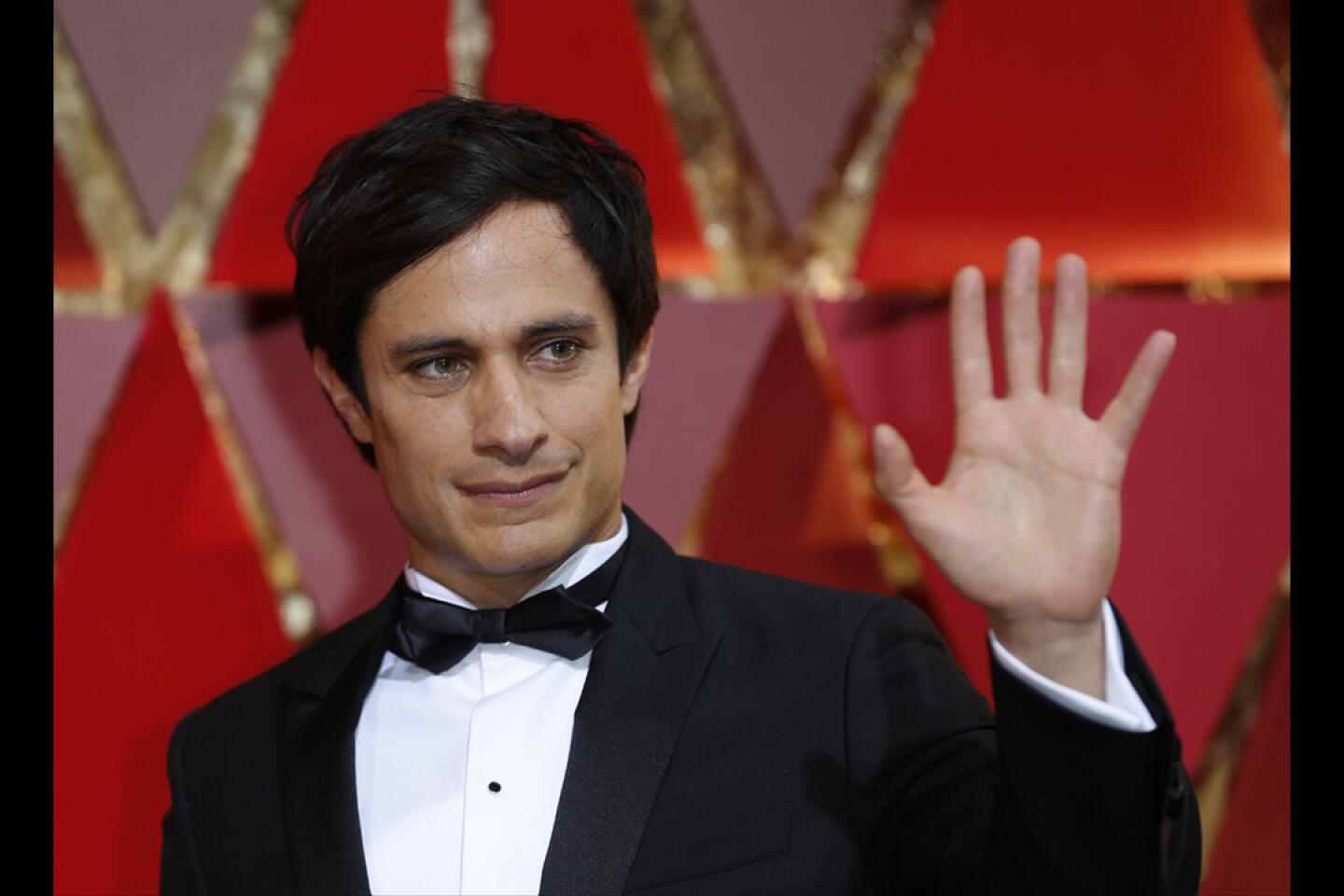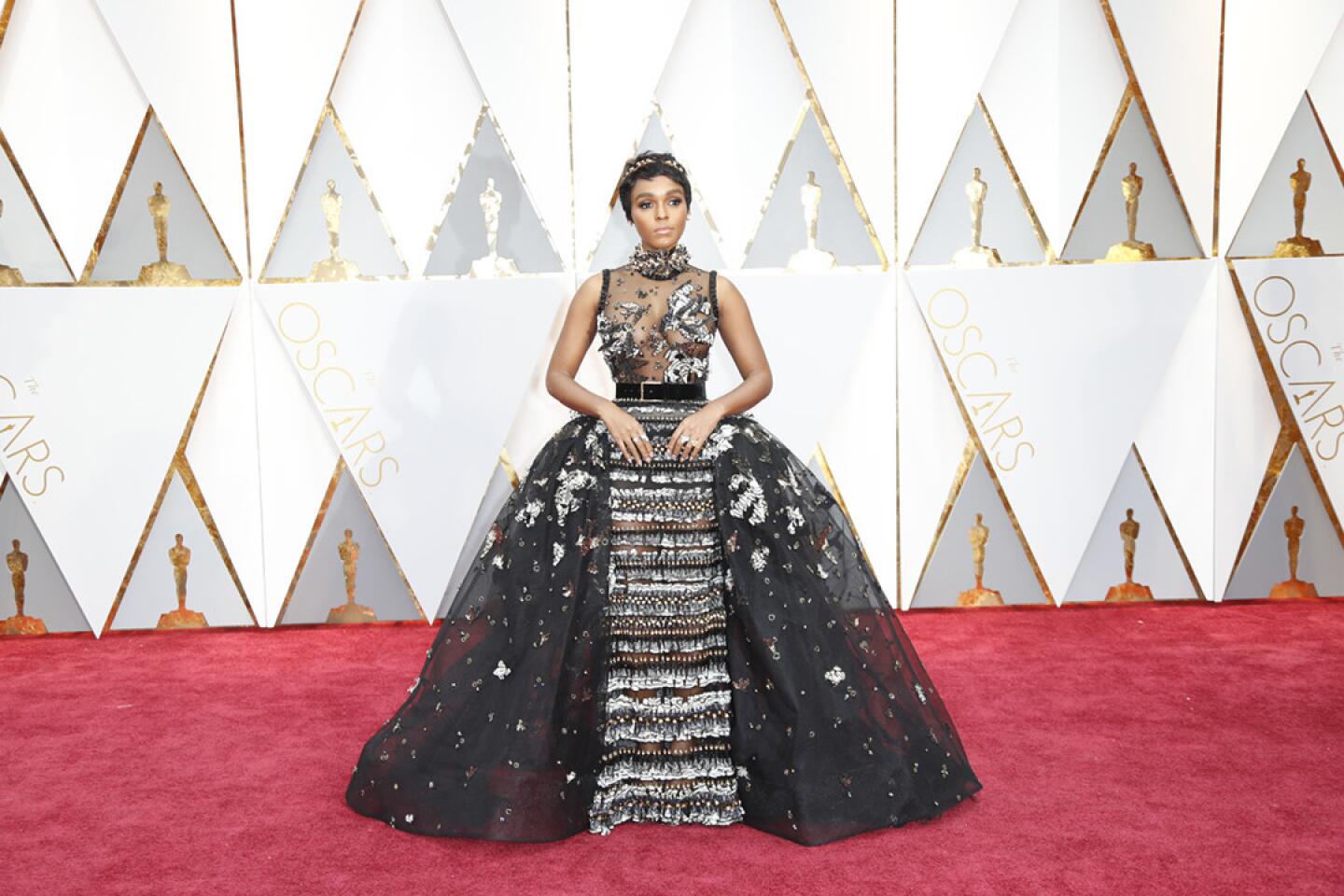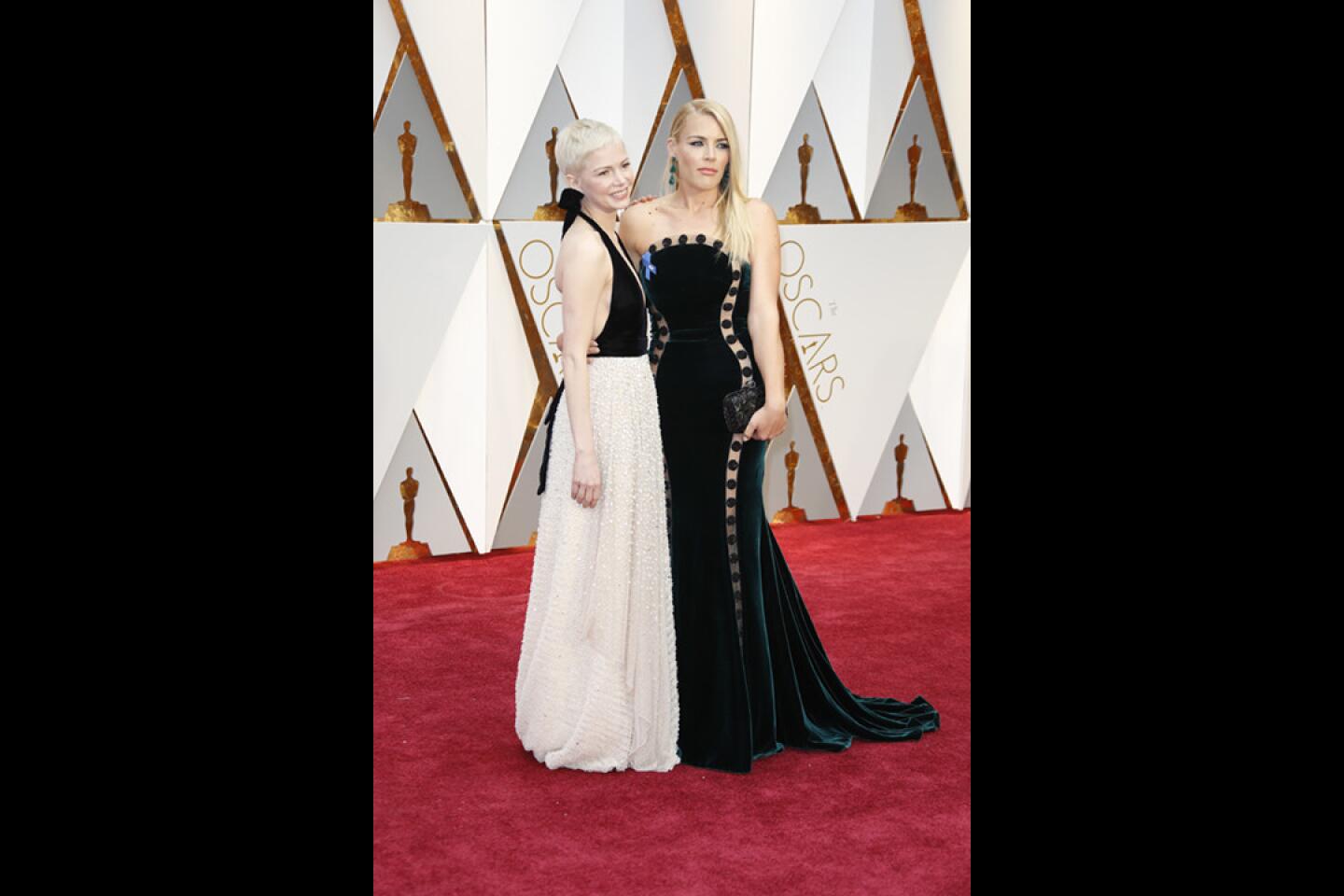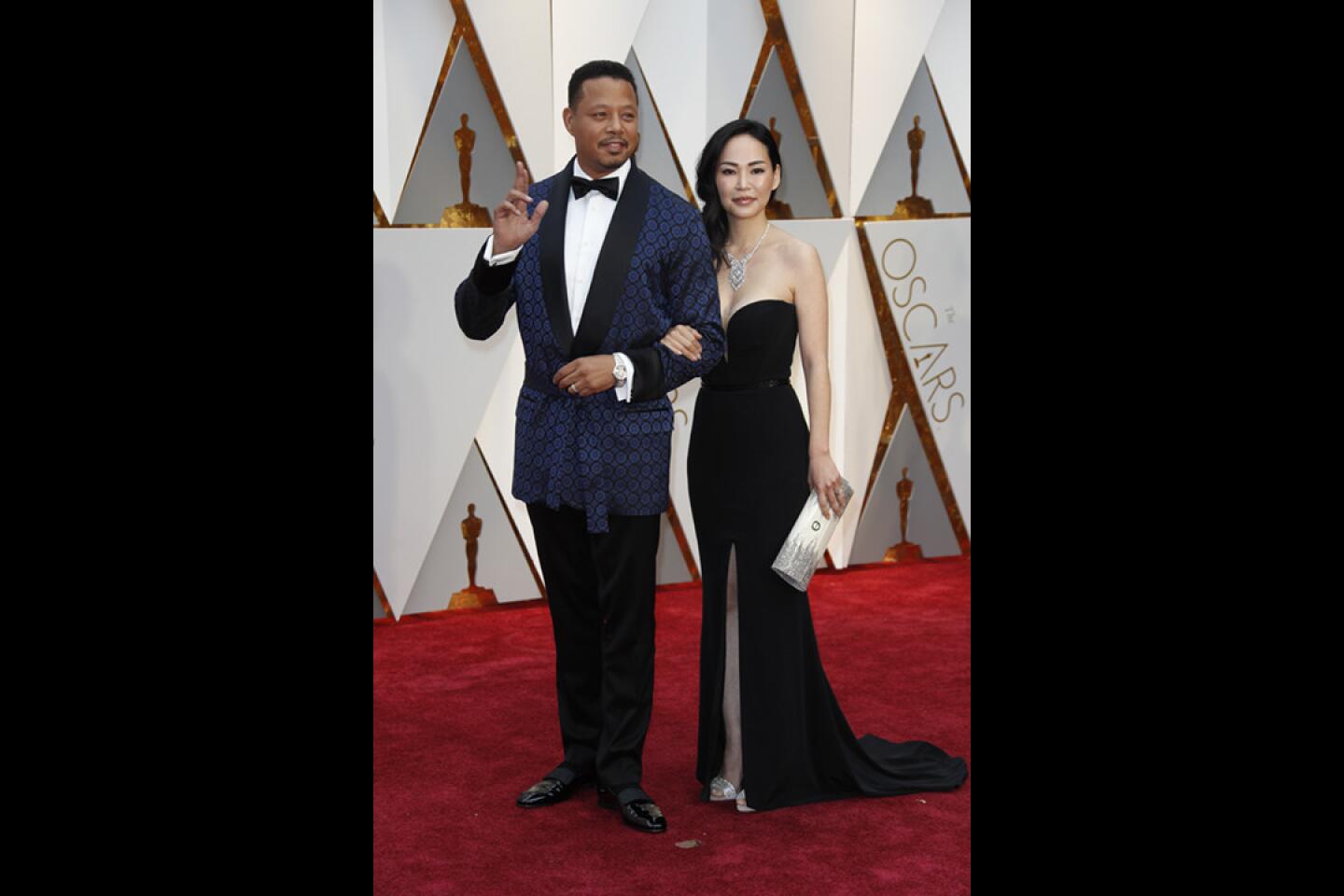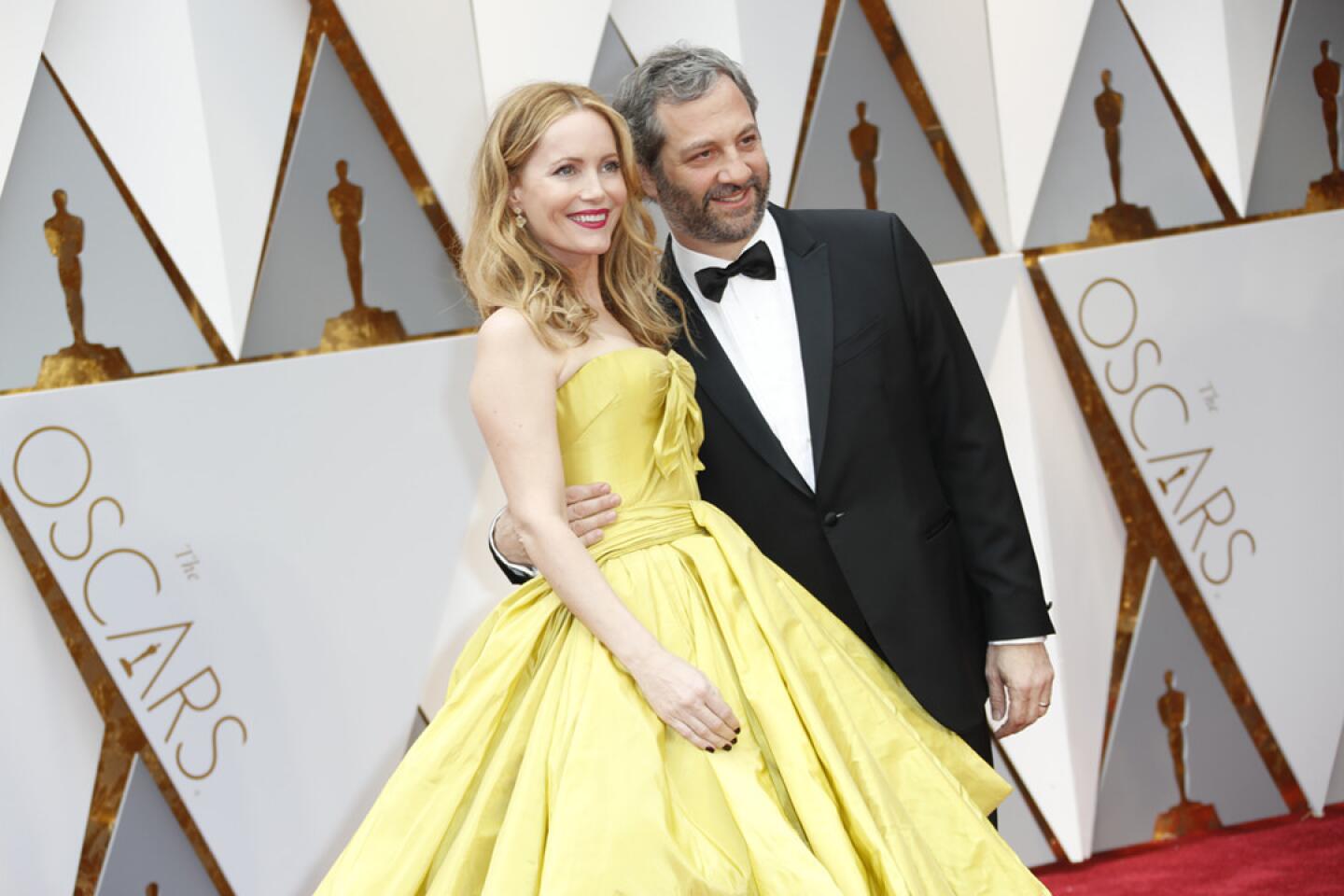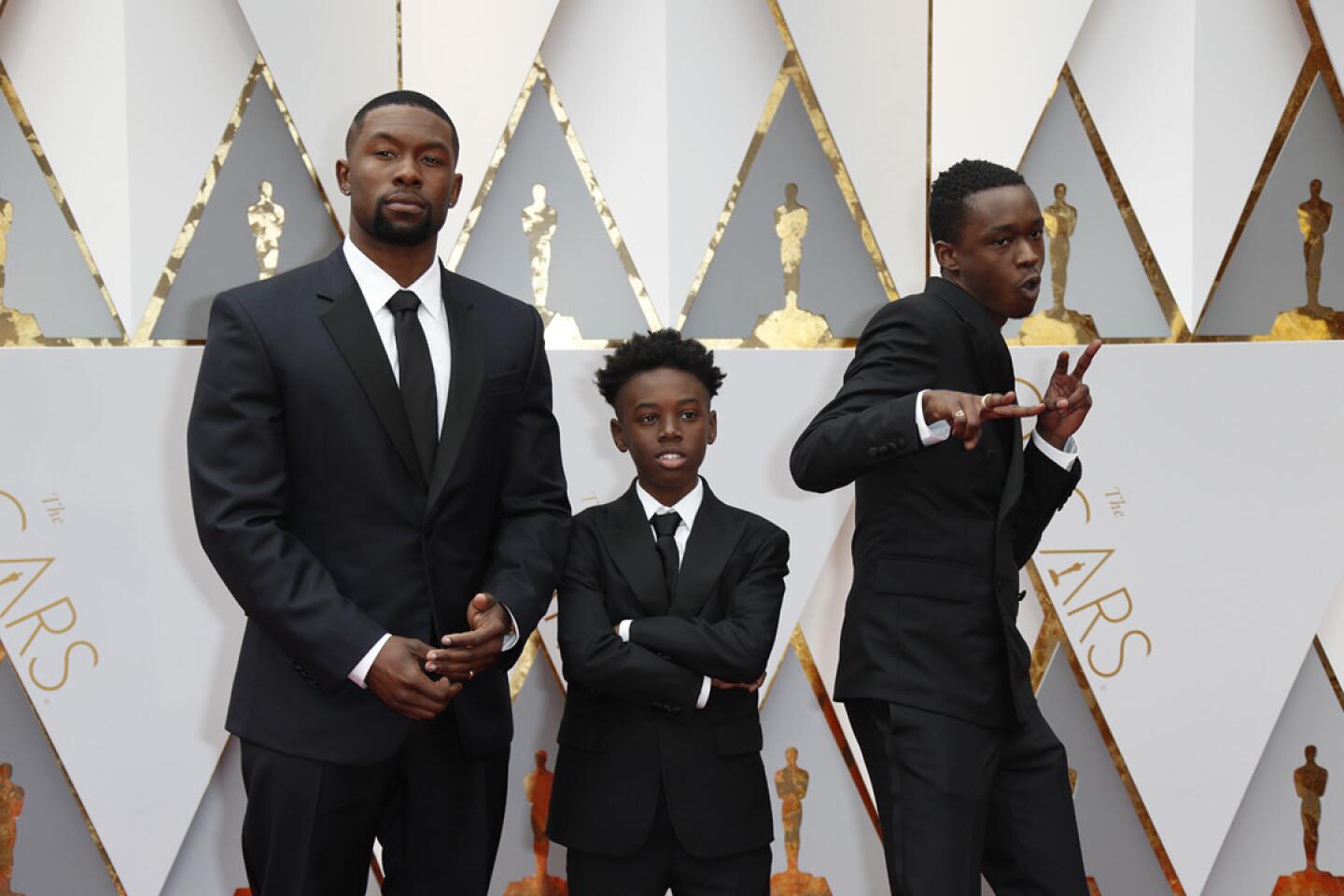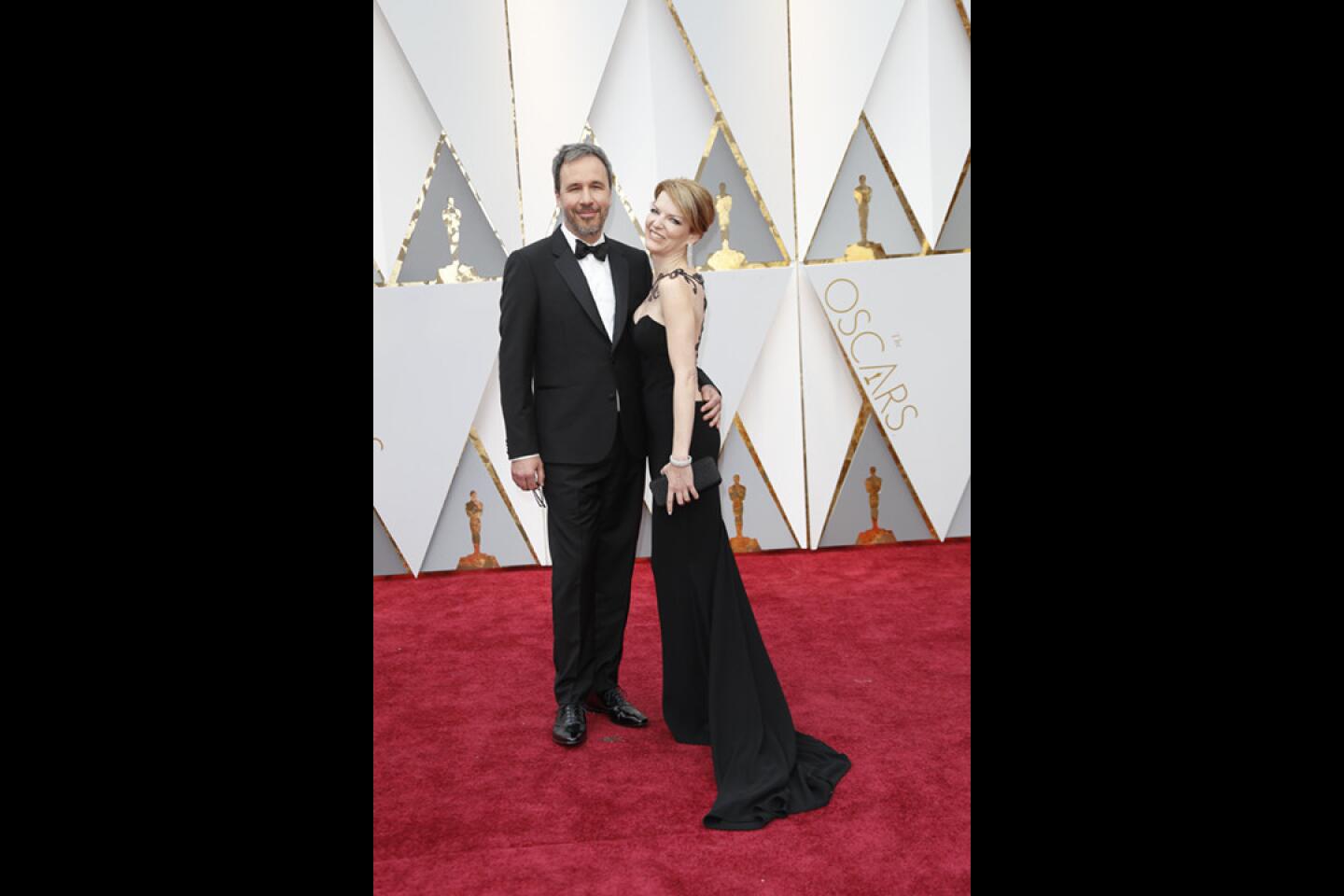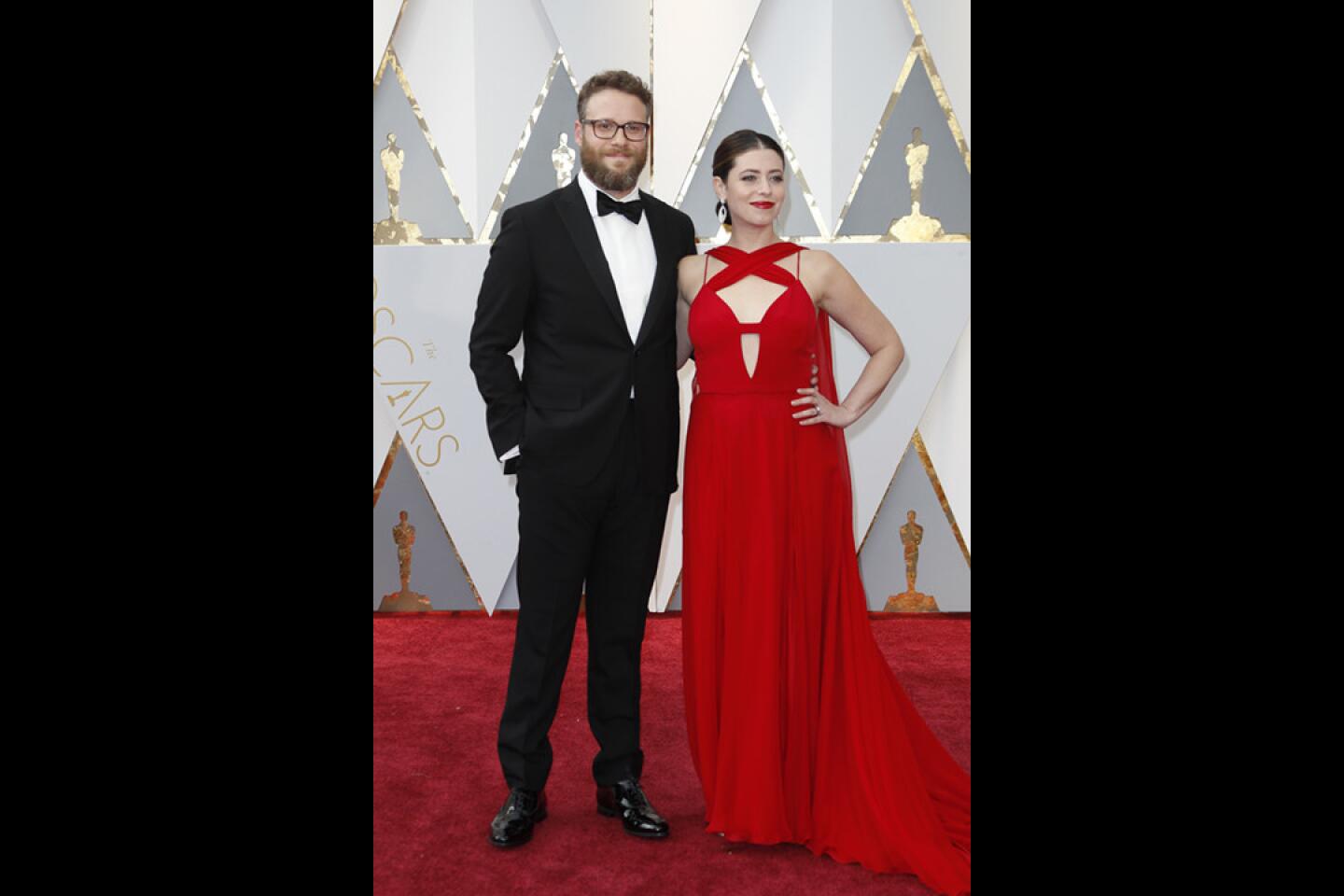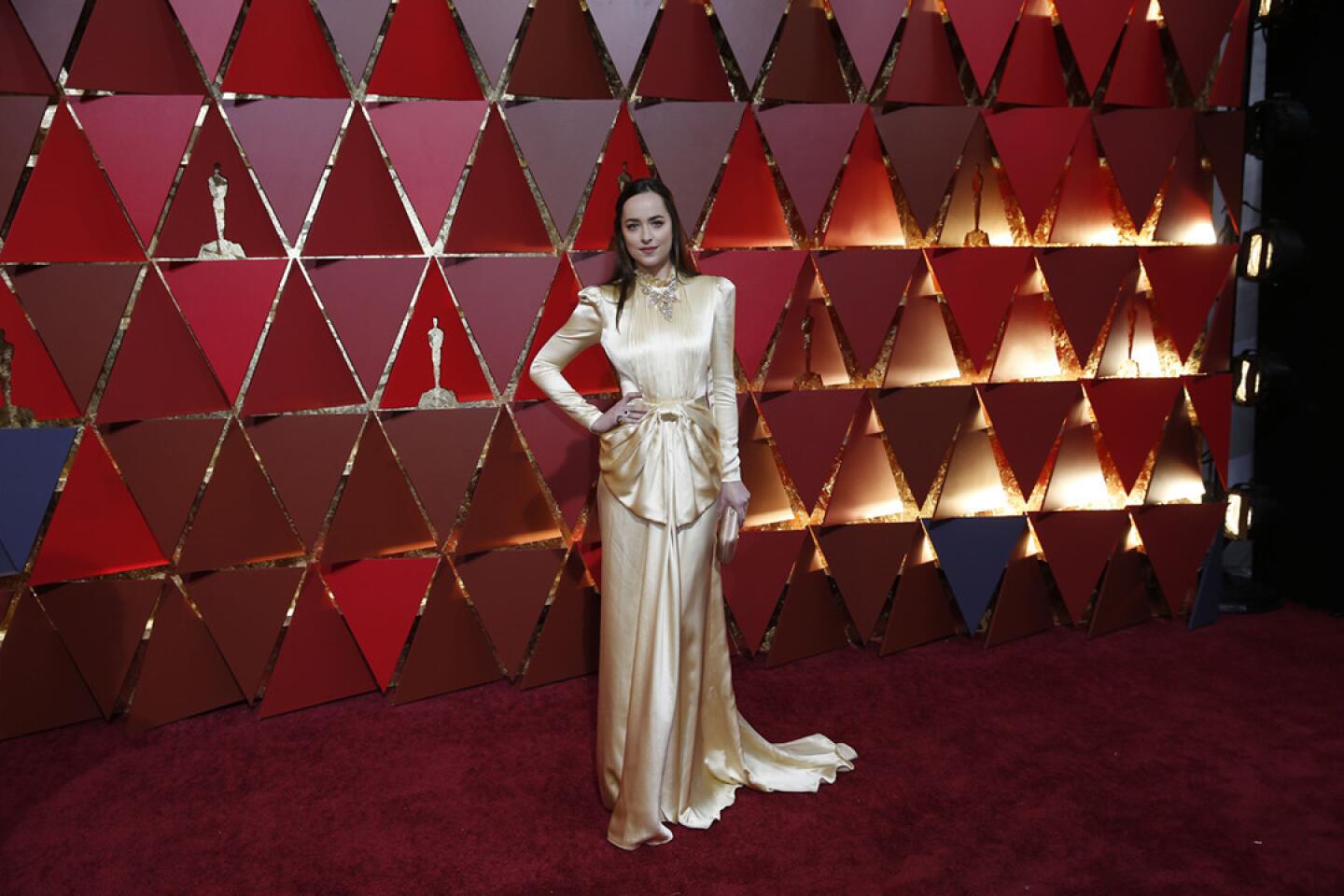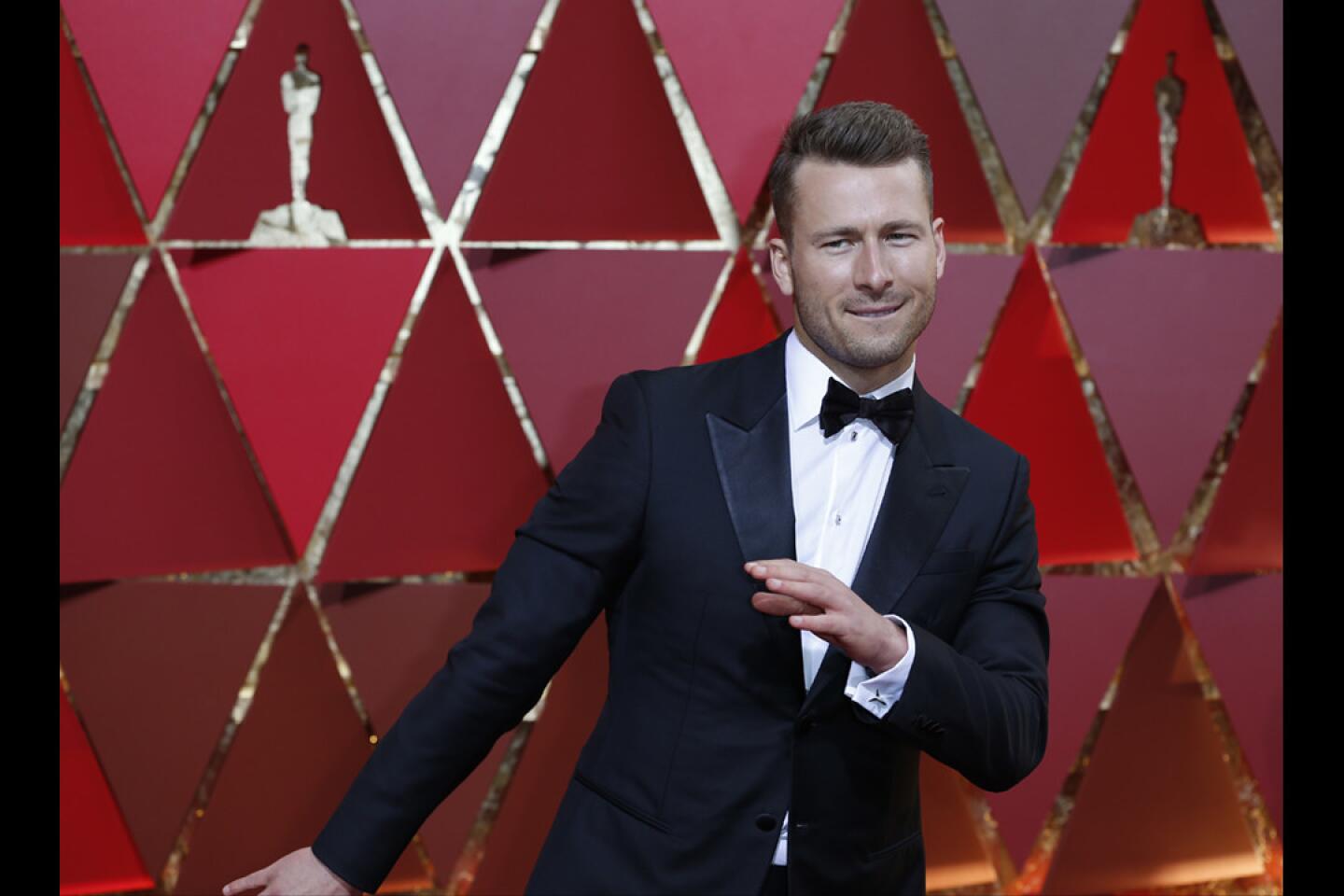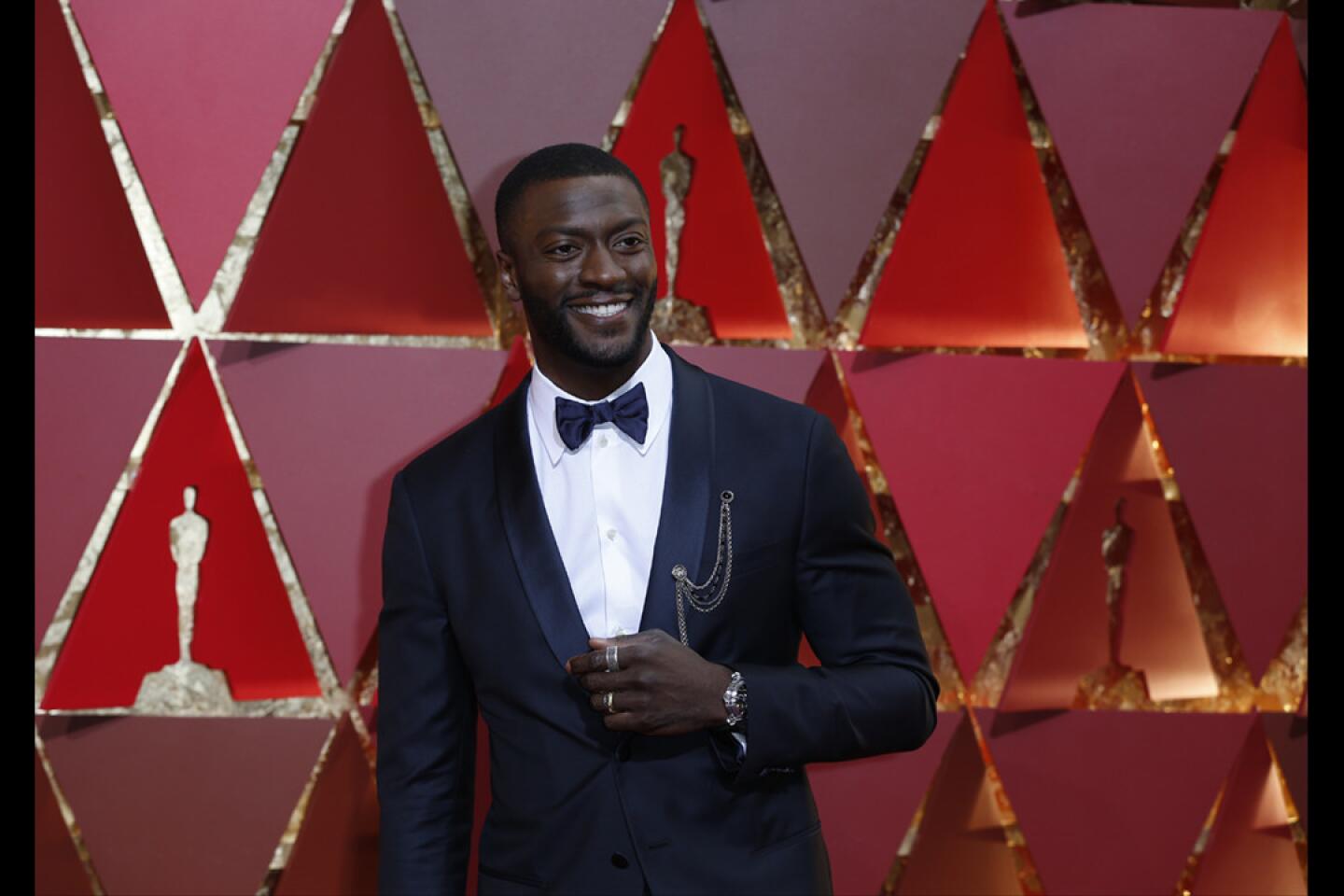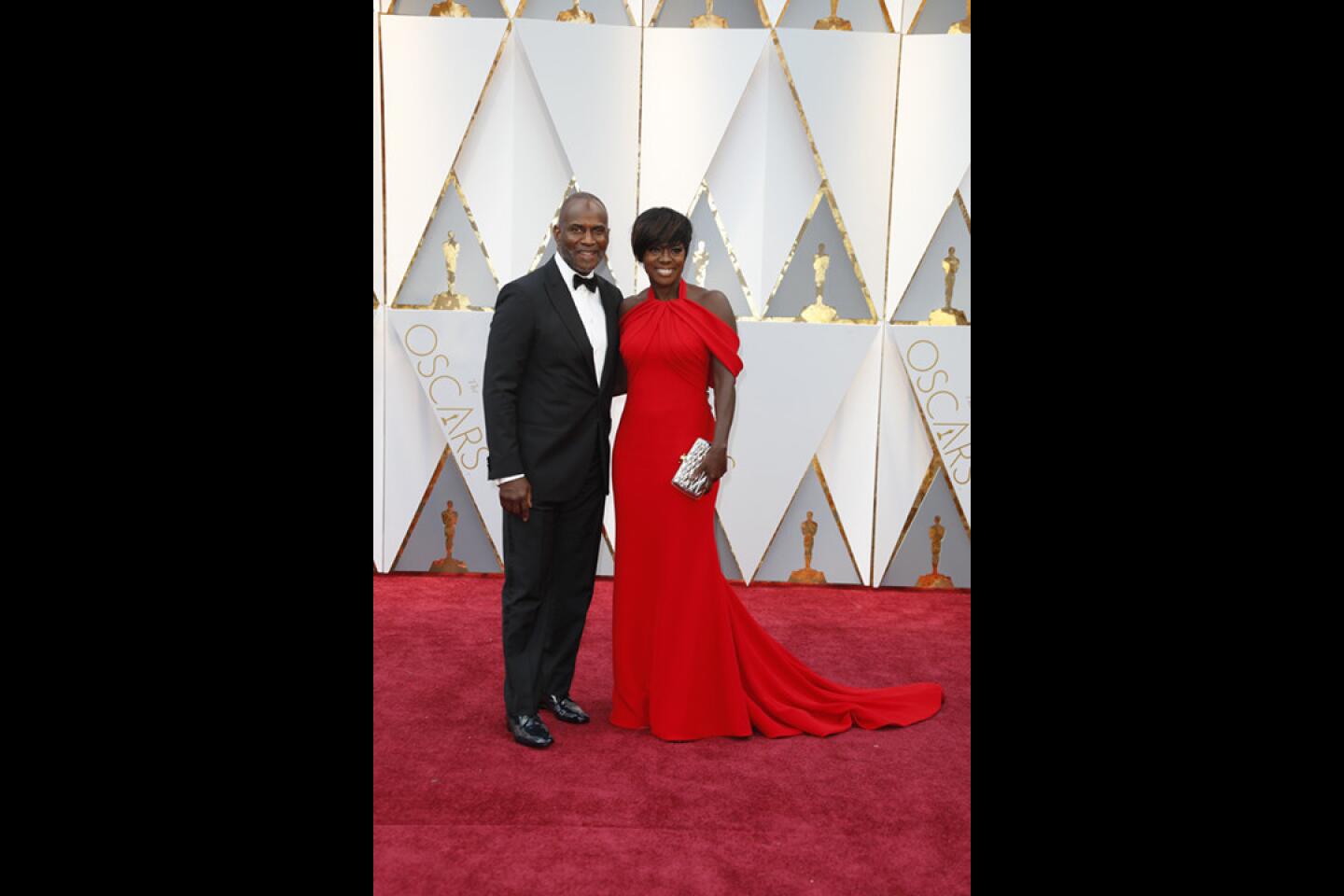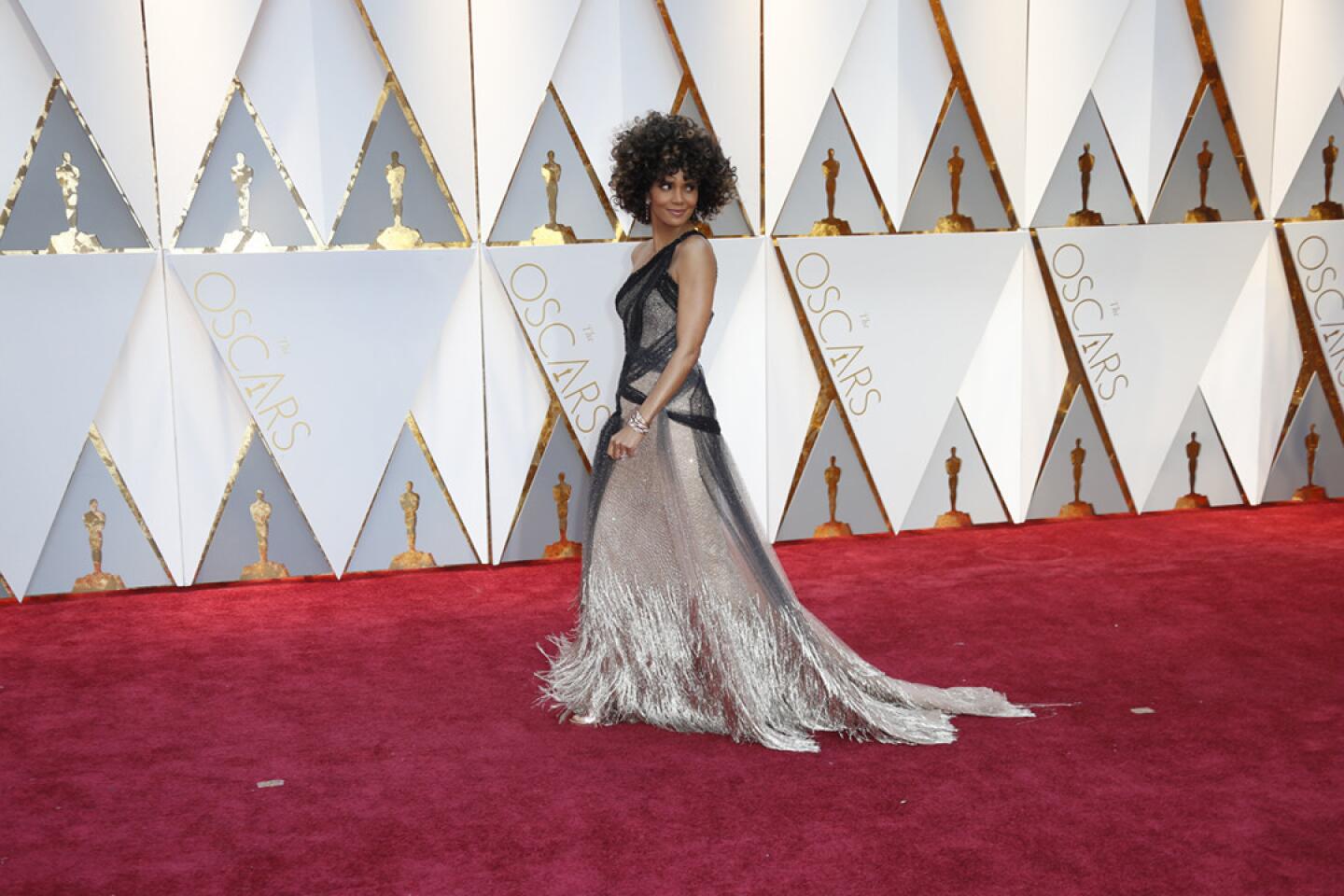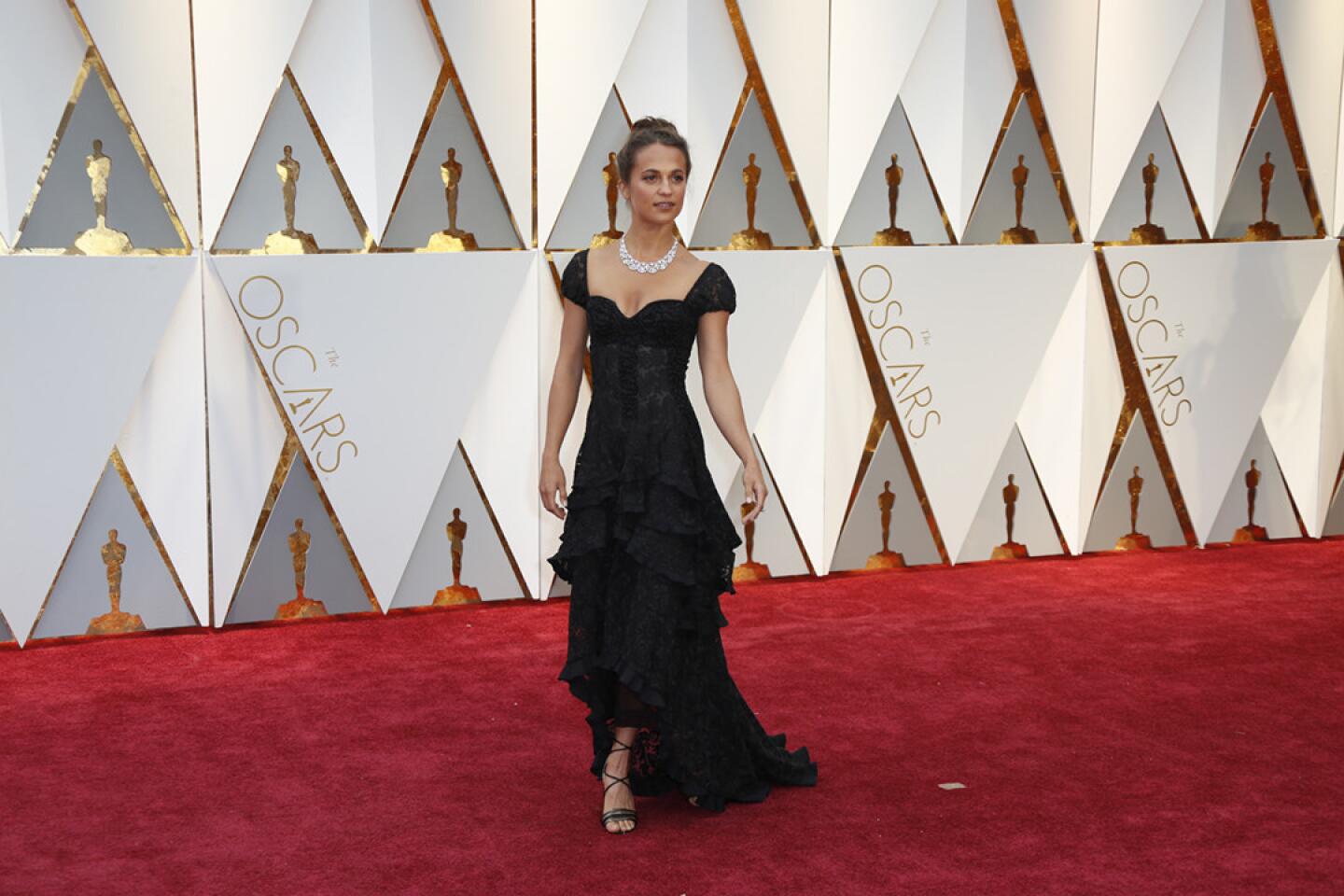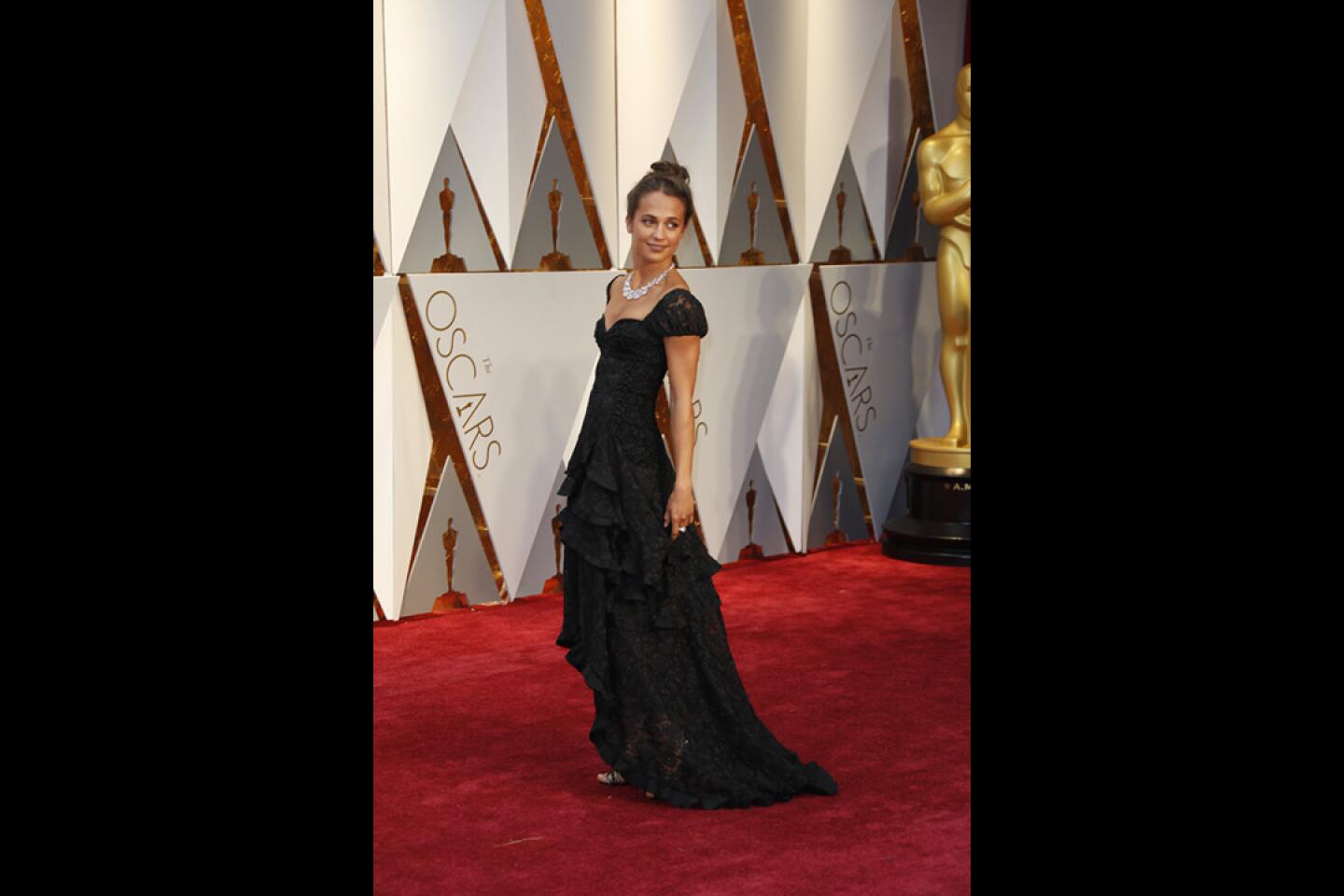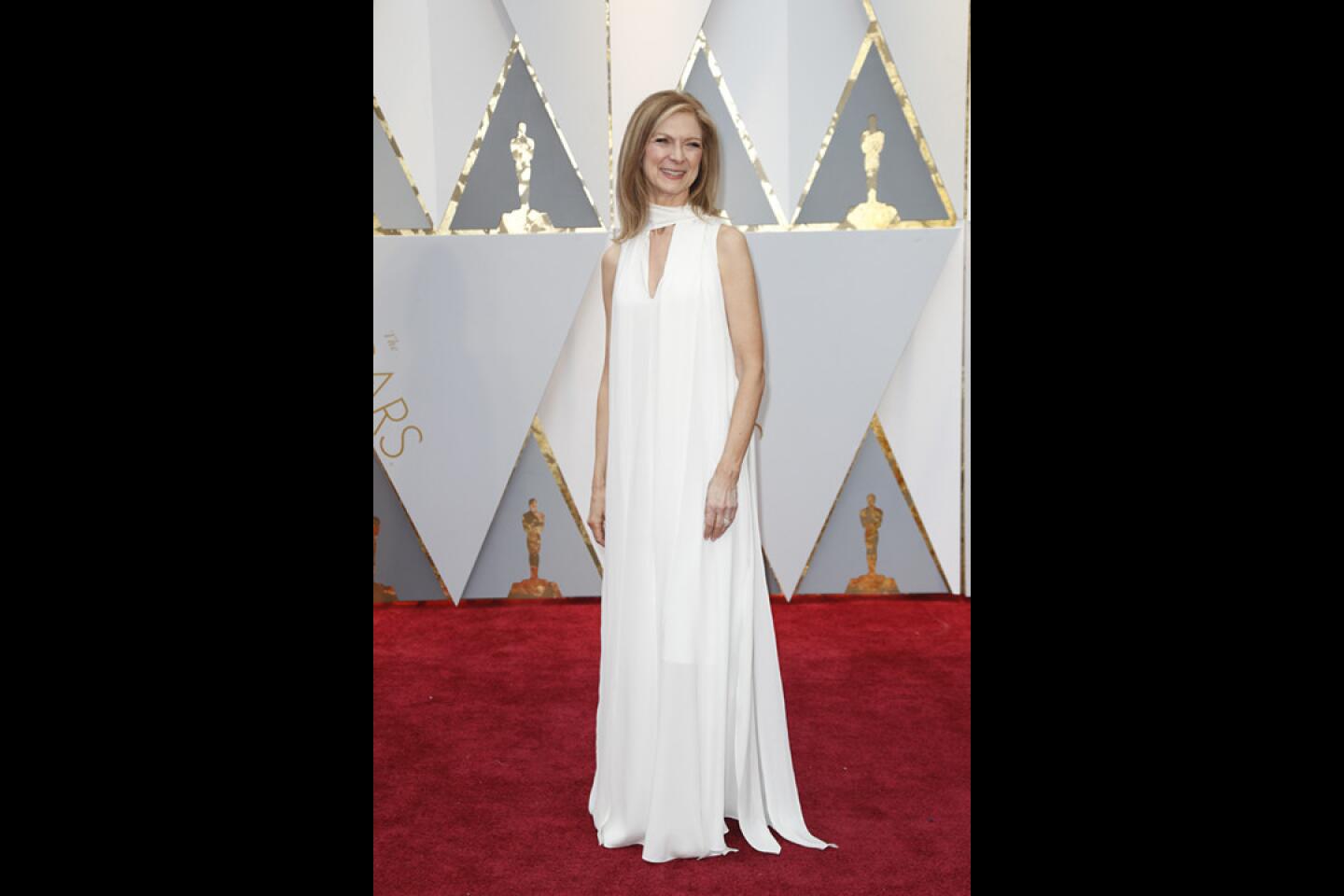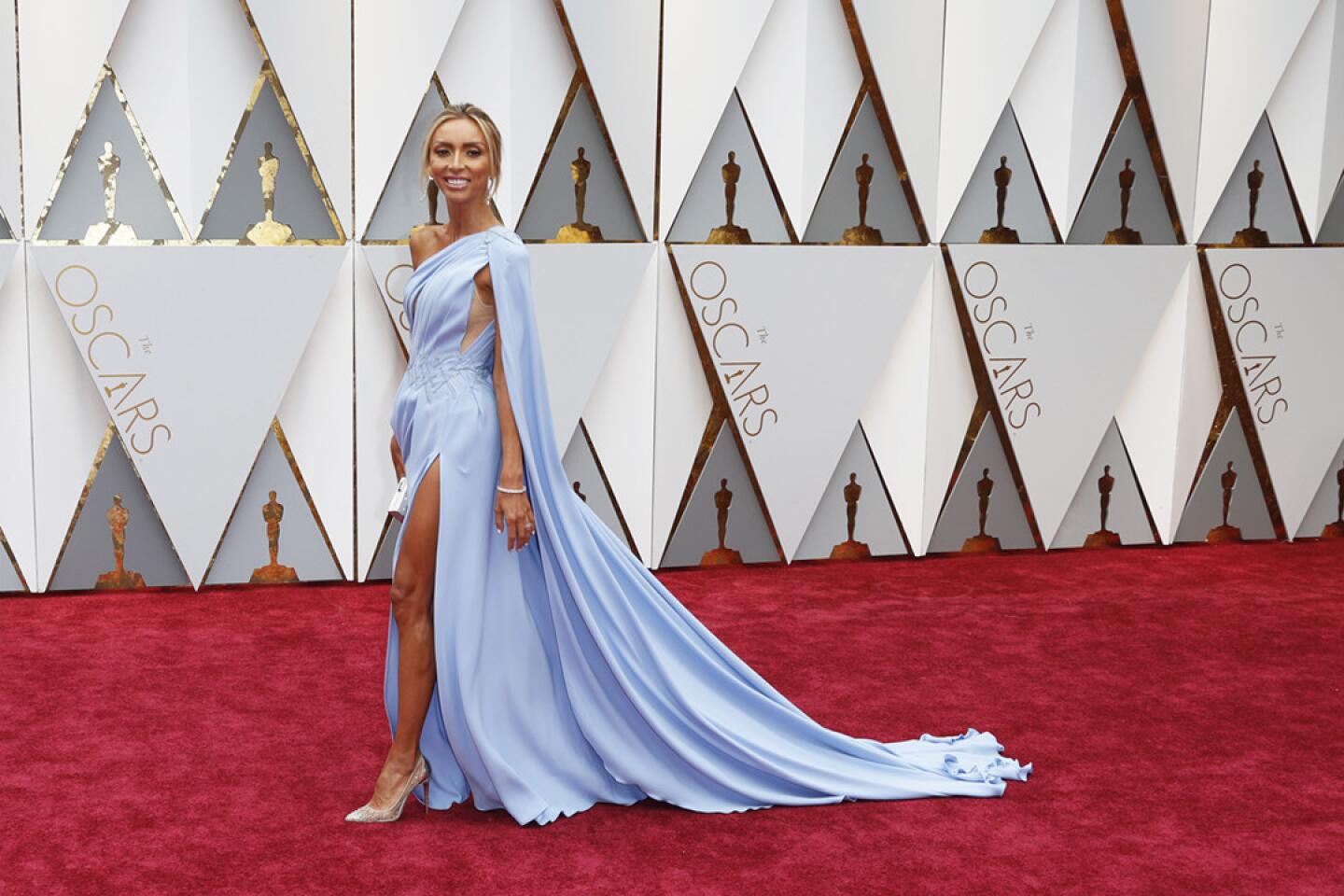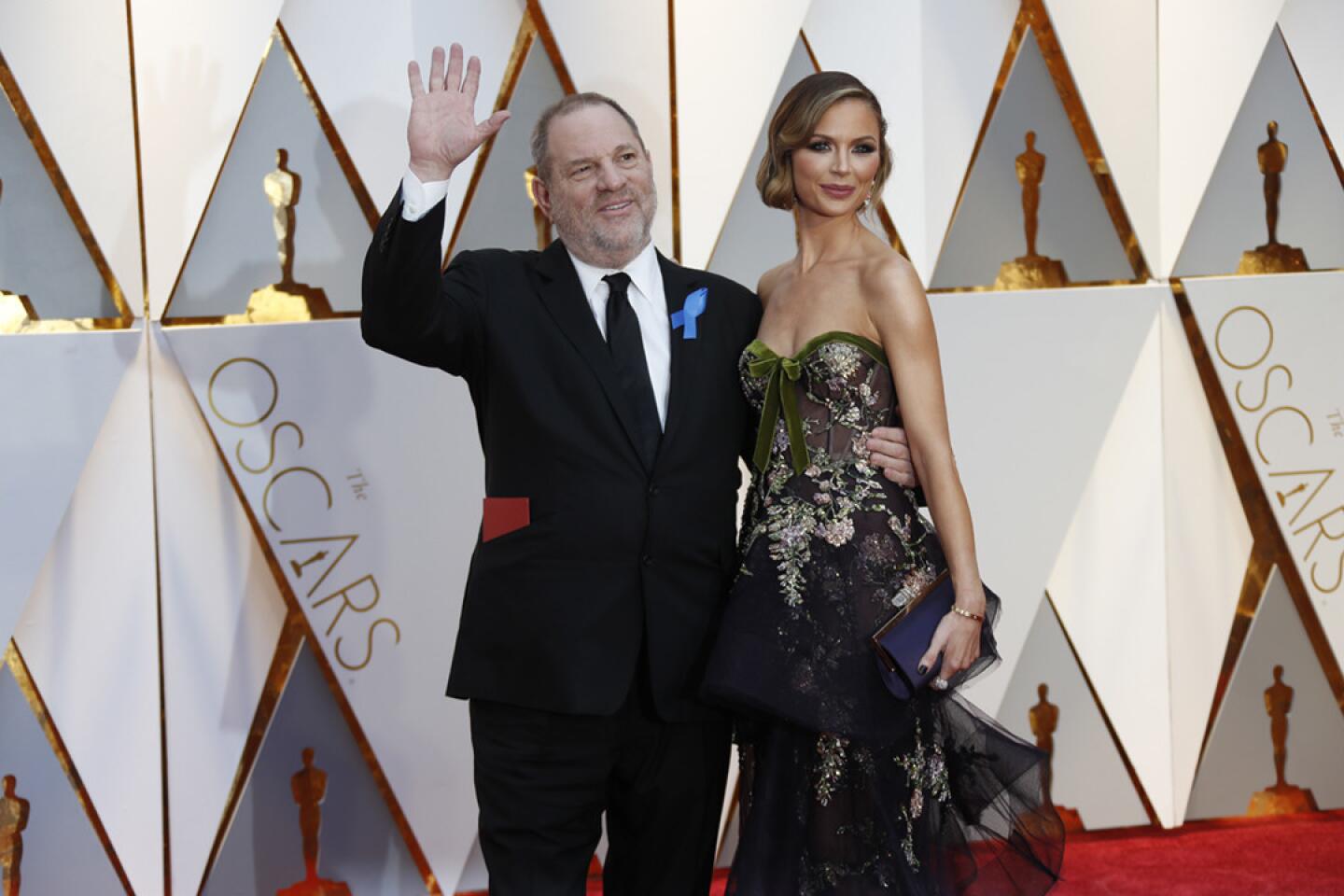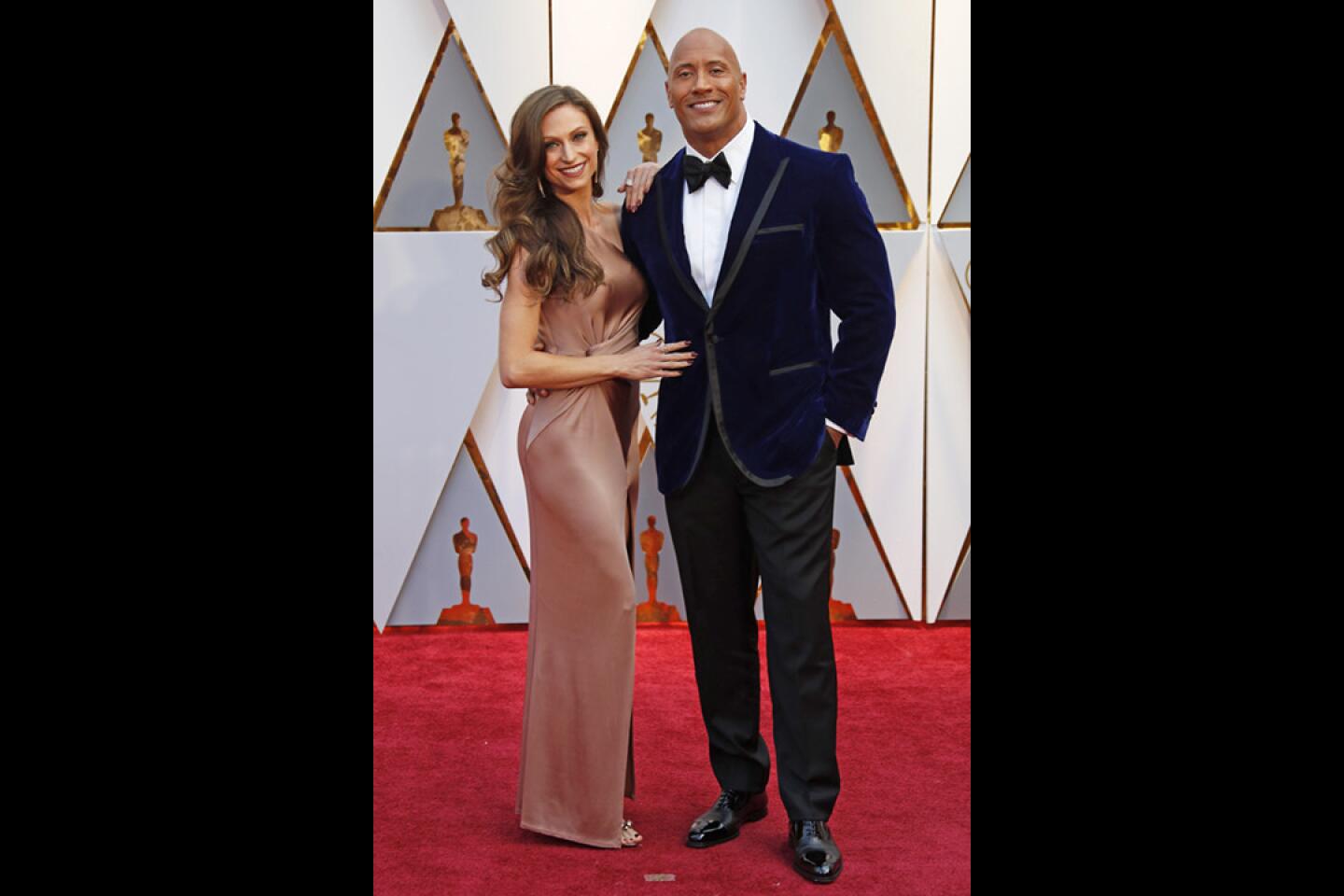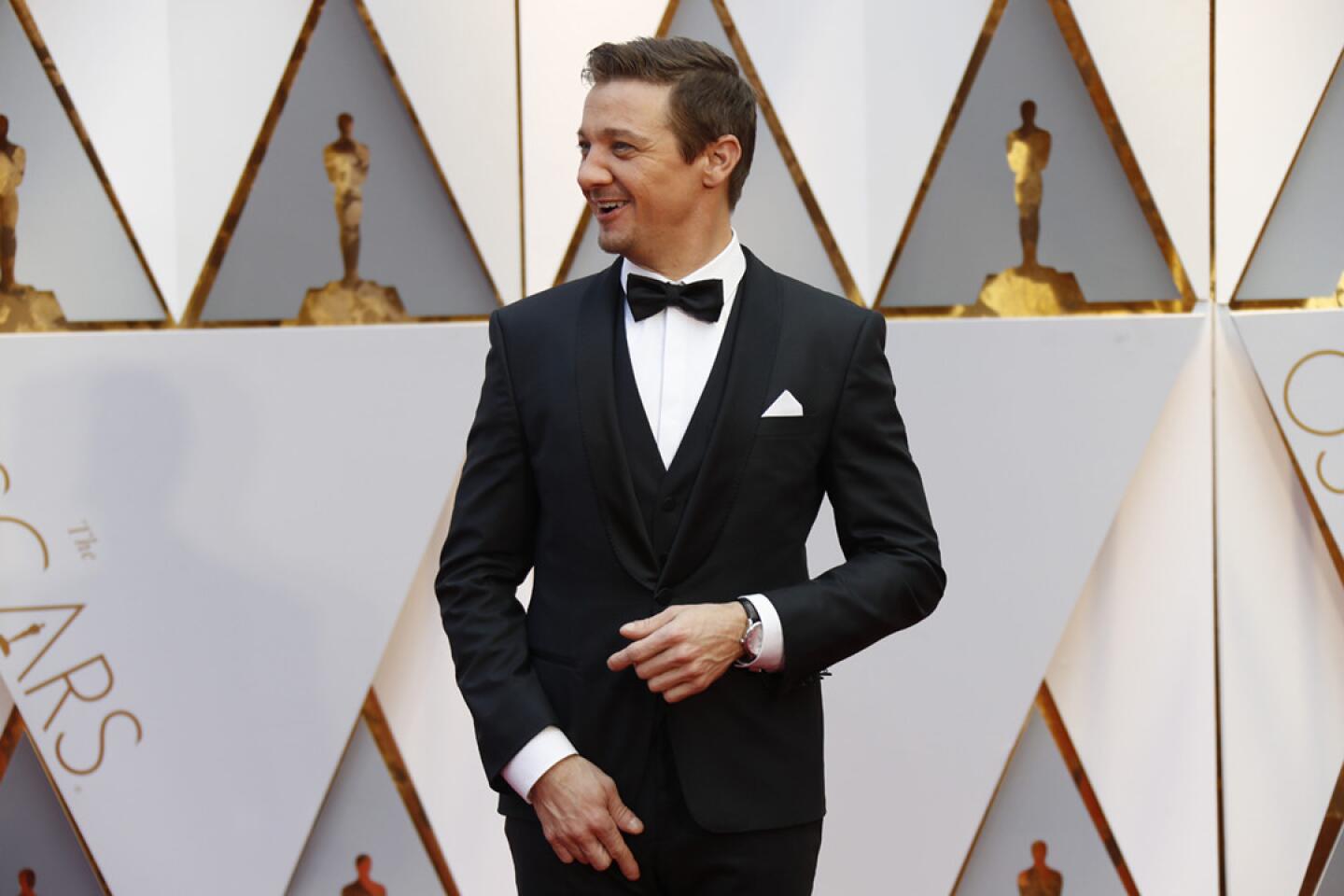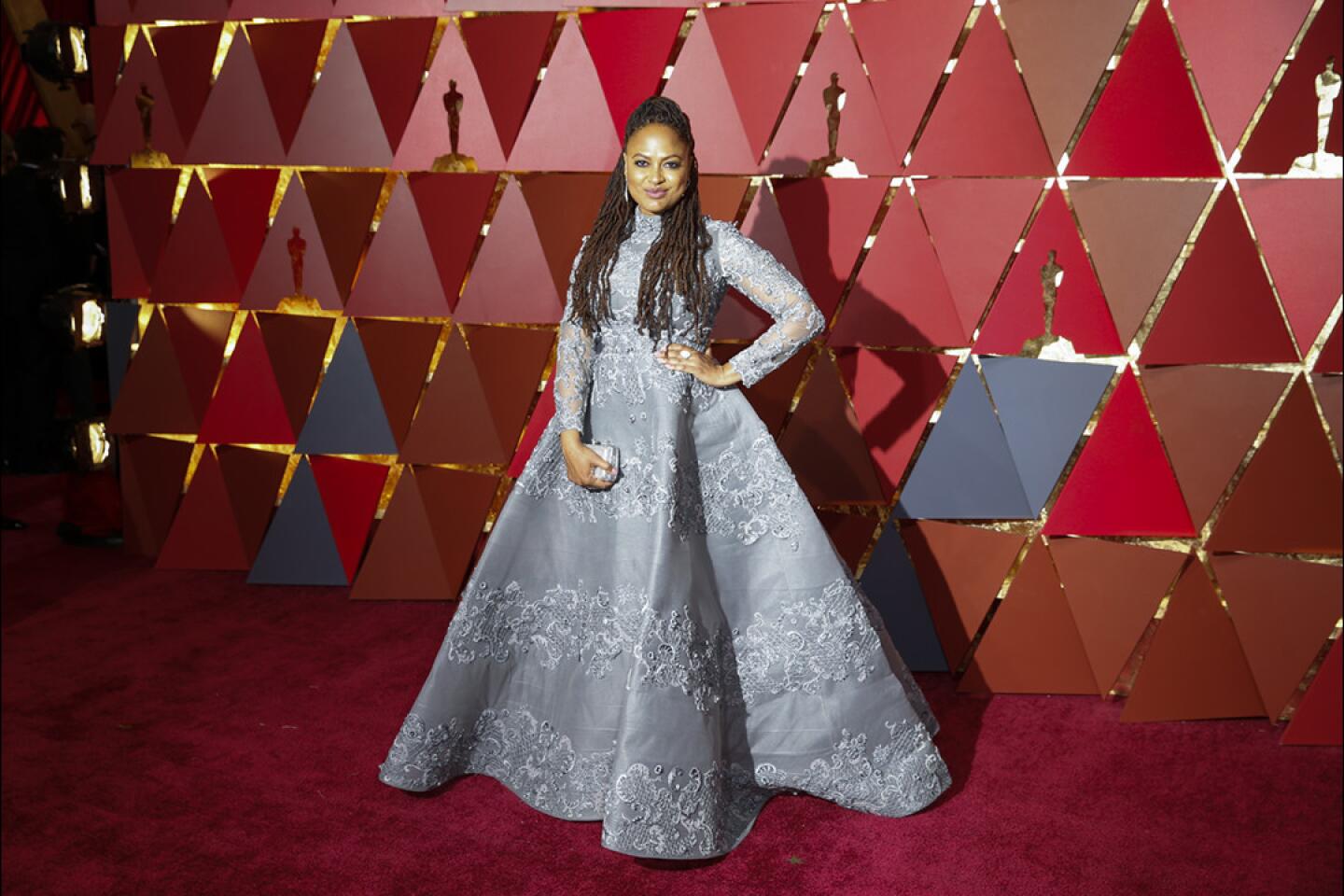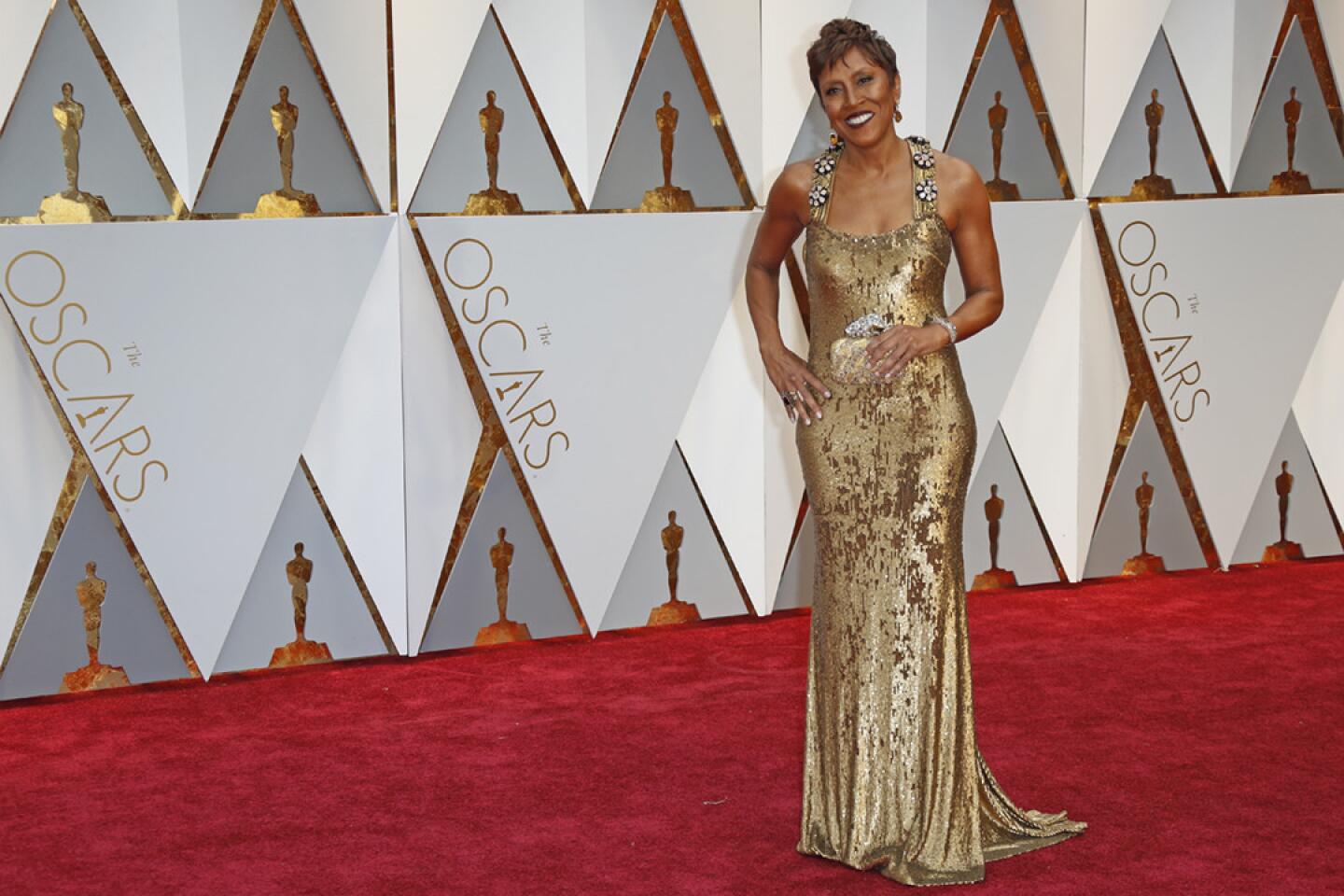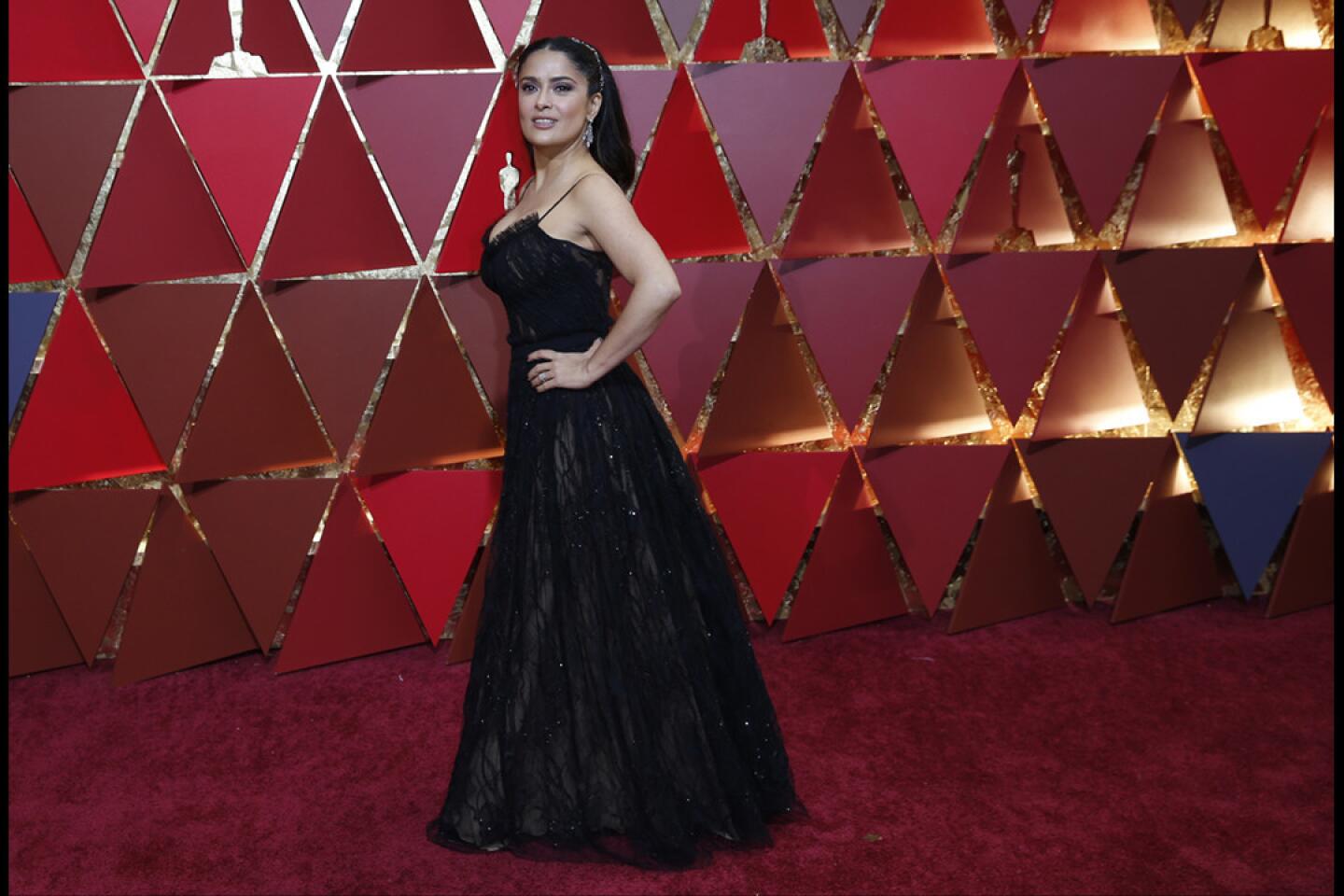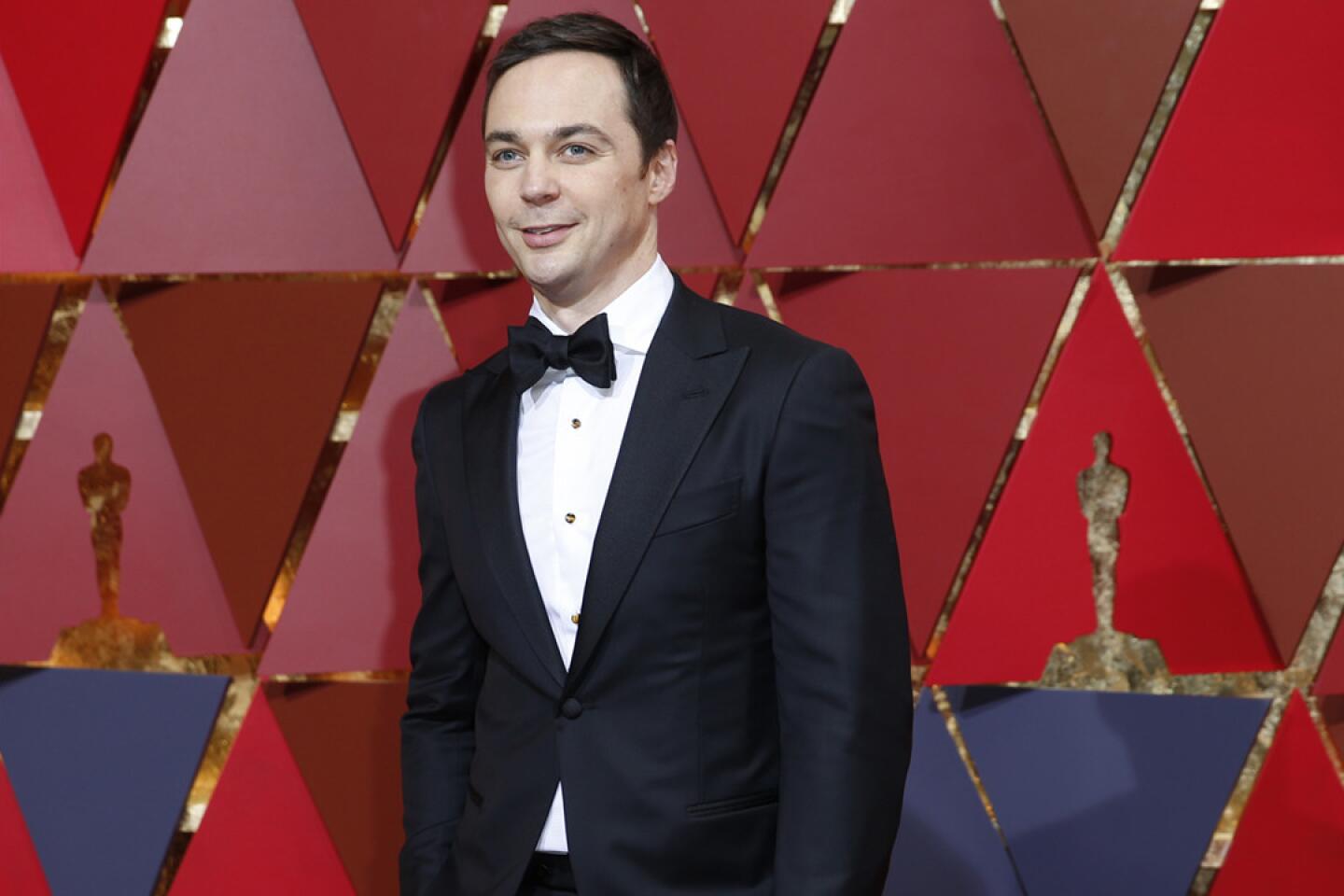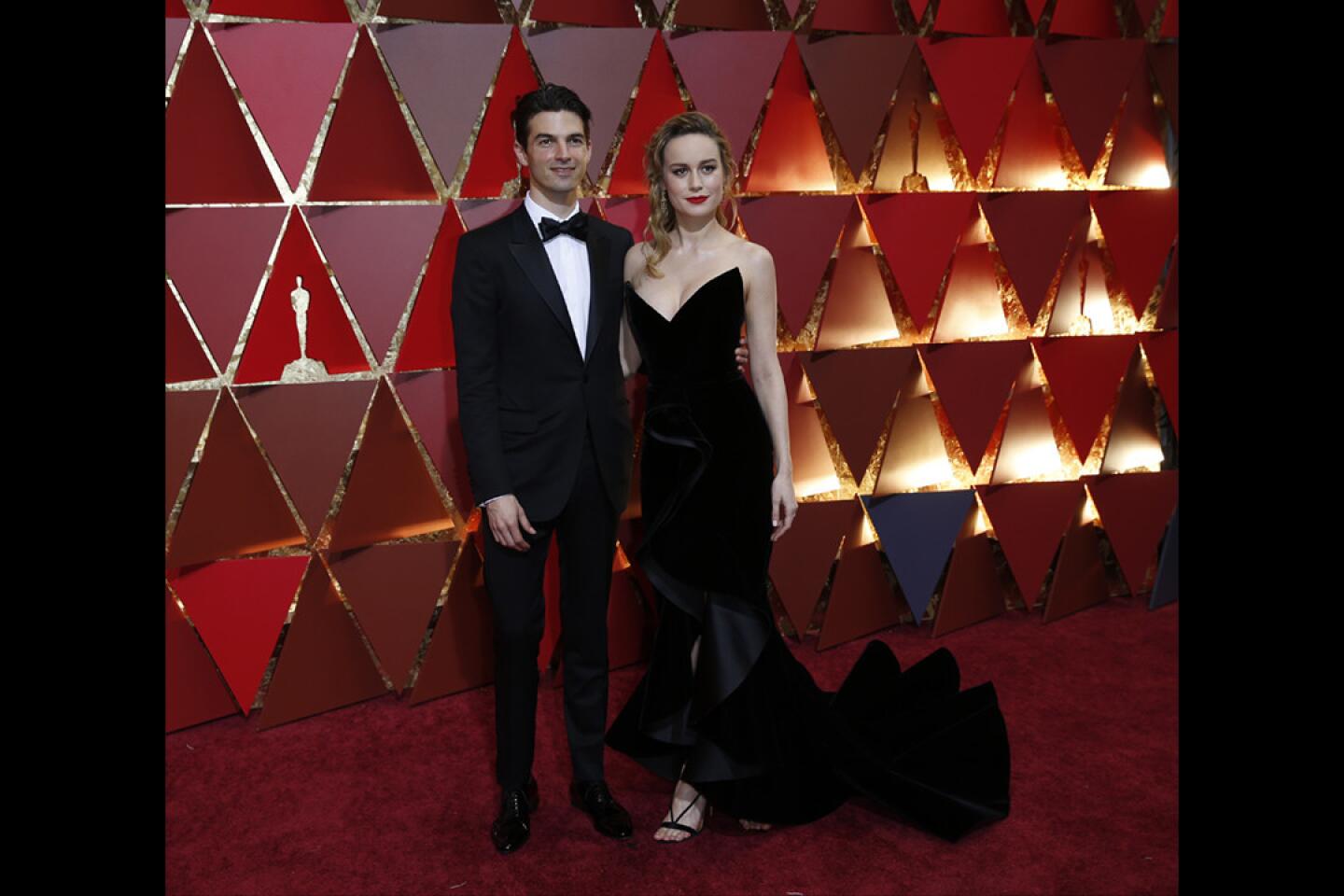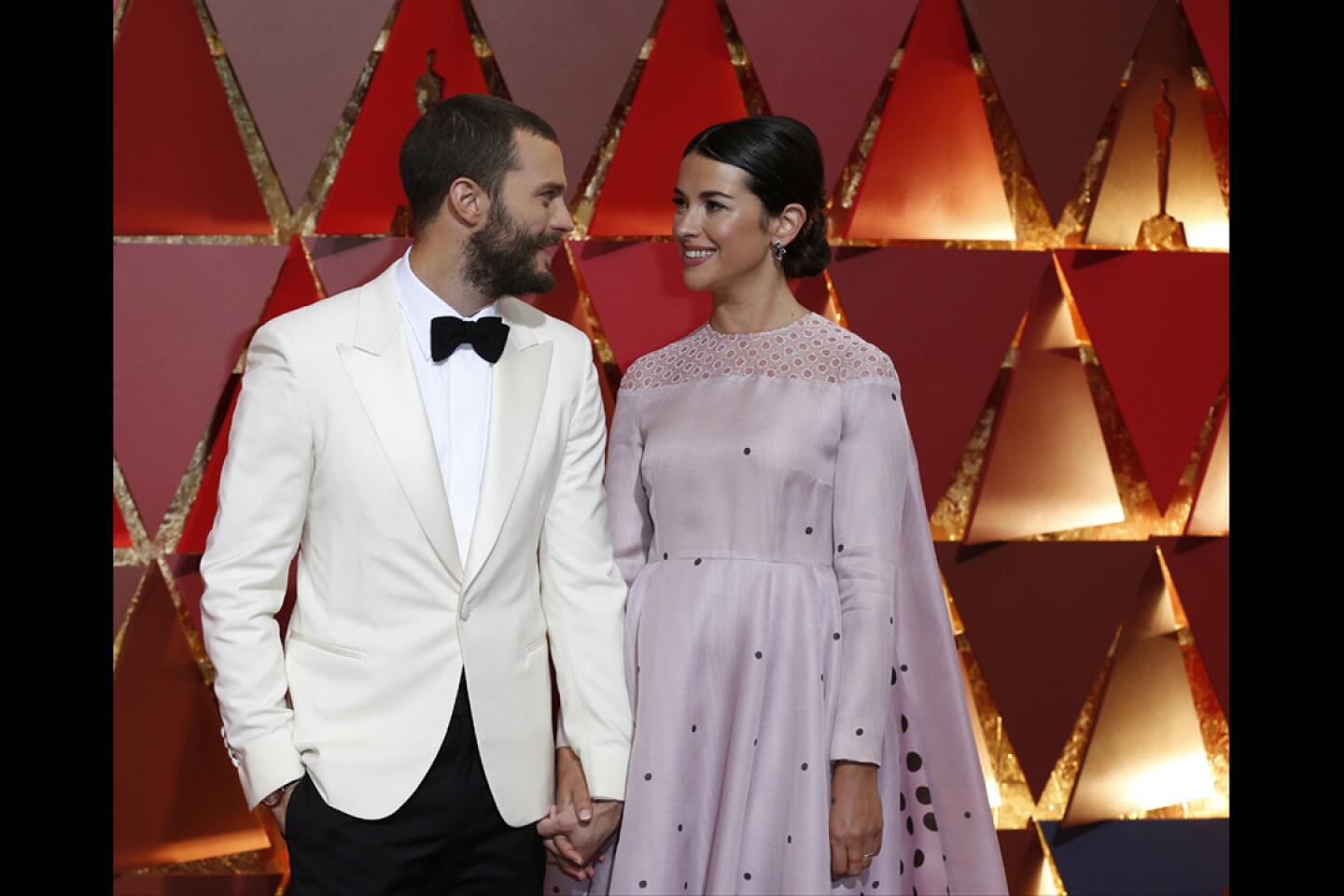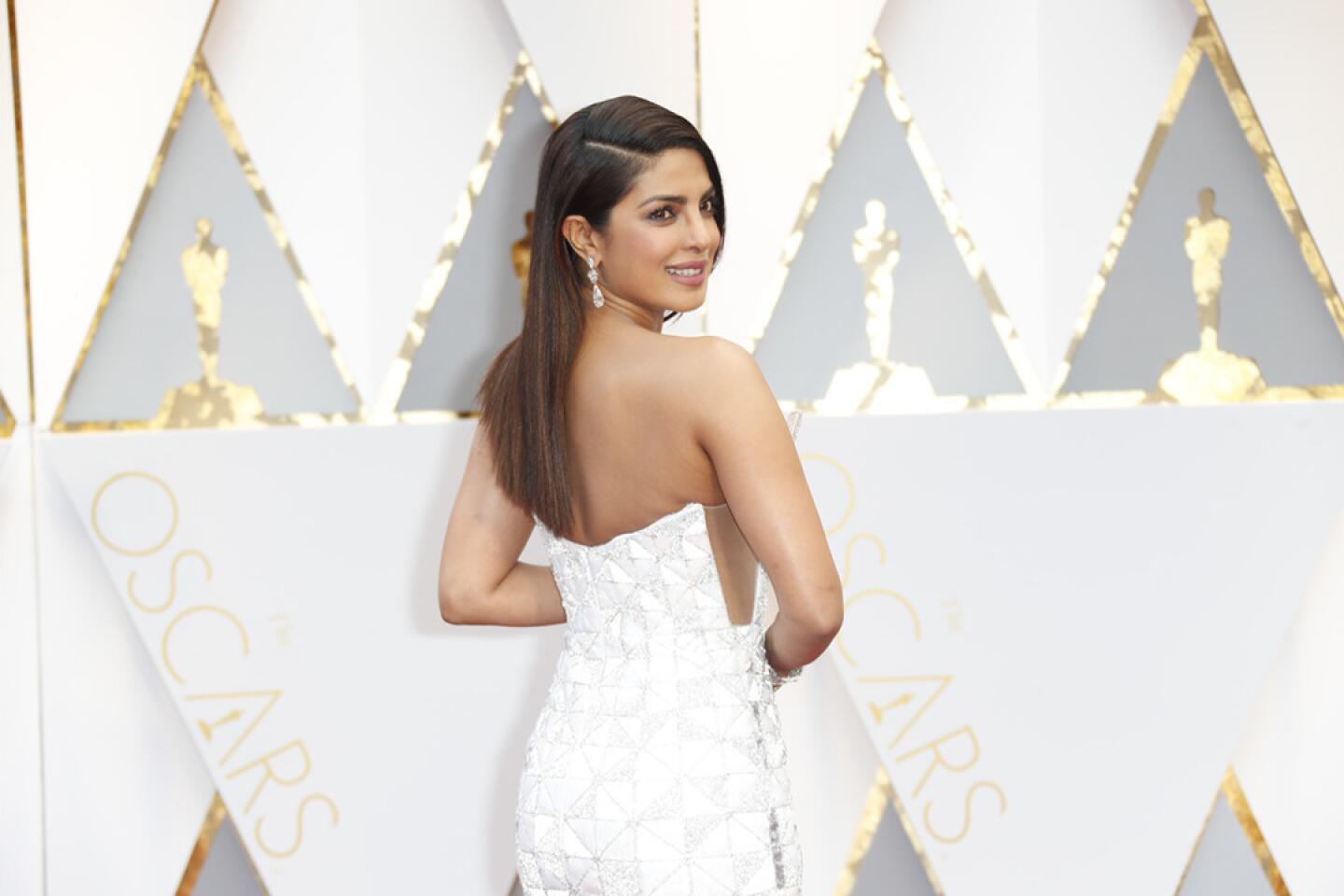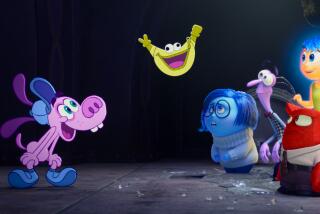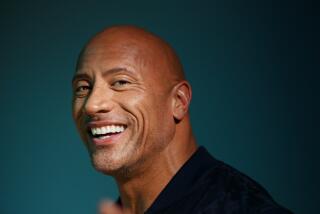In one of the most surprising upsets and shocking moments in Oscar history, the poetic coming-of-age drama “Moonlight” took home the top prize for best picture at the 89th Academy Awards, beating out the heavily favored “La La Land,” which was actually announced as the winner.
The win for “Moonlight” came in a chaotic and confused moment that played out live in front of an audience of millions, as presenters Warren Beatty and Faye Dunaway initially presented the evening’s final award to “La La Land,” only to have one of the film’s producers announce that “Moonlight” had, in fact, won.
Backstage, the crew and the show’s producers were stunned when the “La La Land” producers took the stage and began to give their thank-you speeches. “Oh my God, he got the wrong envelope,” said a stage hand in the wings. When “La La Land” producer Jordan Horowitz revealed the mistake — “this is not a joke, ‘Moonlight’ won” — the audience in the Dolby Theatre erupted in gasps. First-time host Jimmy Kimmel tried to deflect the moment with a reference to the crowning of the wrong Miss Universe in 2015, joking, “I blame Steve Harvey for this.”
Coming into the night with eight nominations, “Moonlight” earned three prizes in all. The story of a poor gay African American boy growing up in Miami, the film, with a budget of well under $5 million, had been considered an underdog throughout this year’s awards season.
Full coverage: Oscars 2017 »
“All you people out there who feel like there’s no mirror for you, that your life is not reflected … we have your back,” director Barry Jenkins said, accepting the award for best adapted screenplay for the film alongside Tarell Alvin McCraney, who wrote the play on which the film was based.
Mahershala Ali also won the supporting actor prize for his role in the film as a drug dealer who takes the fatherless boy under his wing.
Three-time nominee Viola Davis also earned her first Oscar, taking home the supporting actress award for her performance in Denzel Washington’s screen adaptation of August Wilson’s Pulitzer Prize-winning play “Fences.” Her win, combined with “Moonlight’s” multiple wins, contributed to a record-breaking number of awards given to black actors and filmmakers just one year after the #OscarsSoWhite controversy. In a separate first, Ali was the first Muslim actor ever to win an Oscar.
Though “Moonlight” came away the big winner, Oscar voters spread their love around to a wide variety of films, acknowledging what many have seen as a strong field of nominees.
“Moonlight” won the best picture Oscar after a botched announcement threw the ceremony into chaos.
A love letter to Hollywood that gave a modern twist to a throwback genre, Damien Chazelle’s “La La Land” did have a strong showing, though not the sweep many predicted. In the end, it won six awards out of 14 nominations. At 32, Chazelle became the youngest person ever to win the Oscar for directing, while Emma Stone took home the lead actress award for her turn as an aspiring actress who falls in love with a jazz pianist played by Ryan Gosling.
In one of the most closely watched races, Casey Affleck won the lead actor prize for his turn as a man coping with unbearable grief in “Manchester by the Sea,” edging out two-time Oscar winner Denzel Washington, who some had expected to earn the award for his fiery performance in the drama “Fences.”
Even one-time Hollywood pariah Mel Gibson earned a measure of redemption. Though his bloody World War II epic “Hacksaw Ridge” was passed over for best picture and he failed to win for directing, his film picked up two awards for editing and sound mixing.
Throughout this year’s awards season, the conversation on red carpets and in cocktail parties has been dominated as much by political issues as by the ups and downs of the Oscar horse race, and in the weeks leading up to the show, many wondered to what extent the largely left-leaning film industry would use the occasion to further stake out its opposition to President Trump.
As expected, Kimmel aimed numerous barbs at Trump throughout the night, though for the most part his digs came off as more lighthearted than caustic.
Referencing Trump’s ongoing war with the media, Kimmel wryly announced, “If you work for anything with Times in the name, even if it’s Medieval Times, we’re gonna have to ask you to leave the building. We have no tolerance for fake news here. Fake tans we love, though.”
Anticipating the president’s reaction to the evening’s proceedings, Kimmel predicted, “Some of you will get to give a speech that President Trump will tweet about in all caps during his 5 a.m. bowel movement.”
Still, in a nod to the country’s deep divisions — and Hollywood’s need to reach audiences on both ends of the political spectrum — Kimmel took a moment amid the irreverence to turn serious.
1/14
Emma Stone with her Oscar for lead actress for “La La Land.”
(Marcus Yam / Los Angeles Times) 2/14
Casey Affleck with his Oscar for lead actor for “Manchester by the Sea.”
(Marcus Yam / Los Angeles Times) 3/14
Tarell Alvin McCraney, left, and Barry Jenkins won the Oscar for adapted screenplay for “Moonlight.”
(Marcus Yam / Los Angeles Times) 4/14
“Fences” star Viola Davis hoists her award for supporting actress backstage in the photo room at the 89th Academy Awards on Feb. 26 at the Dolby Theatre in Hollywood.
(Marcus Yam / Los Angeles Times) 5/14
Mahershala Ali won the Oscar for supporting actor for “Moonlight.”
(Marcus Yam / Los Angeles Times) 6/14
Kenneth Lonergan won original screenplay for “Manchester by the Sea.”
(Marcus Yam / Los Angeles Times) 7/14
Linus Sandgren won the Oscar for cinematography for “La La Land.”
(Marcus Yam / Los Angeles Times) 8/14
Joanna Natasegara and Orlando Von Einsiedel won the Oscar for documentary short with “The White Helmets.”
(Marcus Yam / Los Angeles Times) 9/14
Alan Barillaro, left, and Marc Sondheimer won the Oscar for animated short film for “Piper.”
(Marcus Yam / Los Angeles Times) 10/14
Bryon Howard, from left, Rich Moore and Clark Spencer won the Oscar for animated feature for “Zootopia.”
(Marcus Yam / Los Angeles Times) 11/14
Sylvain Bellemare with his Oscar for sound editing for “Arrival.”
(Marcus Yam / Los Angeles Times) 12/14
Sylvain Bellemare with their Oscars for documentary feature for “O.J.: Made in America.”
(Marcus Yam / Los Angeles Times) 13/14
Ezra Edelman and Caroline Waterlow, with presenter Katherine Johnson, who won Oscars for documentary feature for “O.J.: Made in America.”
(Marcus Yam / Los Angeles Times) 14/14
Kristof Deak and Anna Udvardy won the Oscar for live-action short film for “Sing.”
(Marcus Yam / Los Angeles Times) “I’m not the man to unite this country, but it can be done,” he said. “There are millions and millions of people watching right now, and if every one of you took a minute to reach out to one person you disagree with, someone you like, and have a positive, considerate conversation — not as liberals or conservatives, as Americans — if we could all do that, we can make America great again.”
One of the night’s most charged political moments came when the Iranian film “The Salesman” won the award for foreign language film. The film’s director, Asghar Farhadi, declined to attend the awards to protest the Trump administration’s travel ban, so Anousheh Ansari, the first Iranian and first Muslim woman in space, and Firouz Naderi, former director of Solar Systems Exploration at NASA, read a speech on his behalf.
“Dividing the world into the ‘us’ and ‘our enemies’ categories creates fear — a deceitful justification for aggression and war,” Farhadi wrote. “These wars prevent democracy and human rights in countries which have themselves been victims of aggression.”
But while the show was run through with political messages — a number of celebrities wore blue ribbons showing their support for the American Civil Liberties Union — the overall spirit was mostly upbeat and celebratory, giving the sense of a film industry looking to provide the nation and itself with some moments of relief amid so much political rancor.
Indeed, whenever the proceedings threatened to turn overly serious, Kimmel quickly leavened the mood, whether by dropping snacks on the crowd via miniature parachutes or bringing a group of starstruck tourists into the Dolby Theatre to take selfies with the likes of Denzel Washington, Nicole Kidman and Ryan Gosling.
1/138
Emma Stone.
(Jay L. Clendenin / Los Angeles Times) 2/138
Meryl Streep and Don Gummer.
(Al Seib / Los Angeles Times) 3/138
Busy Philipps and Michelle Williams.
(Al Seib / Los Angeles Times) 4/138
Brie Larson and Alex Greenwald.
(Al Seib / Los Angeles Times) 5/138
Scarlett Johansson and date.
(Al Seib / Los Angeles Times) 6/138
Los Angeles Mayor Eric Garcetti.
(Al Seib / Los Angeles Times) 7/138
Seth Rogen and Lauren Miller.
(Al Seib / Los Angeles Times) 8/138
Jeff Bridges and Susan Geston.
(Al Seib / Los Angeles Times) 9/138
Janelle Mona.
(Al Seib / Los Angeles Times) 10/138
Salma Hayek.
(Al Seib / Los Angeles Times) 11/138
Taraji P. Henson.
(Al Seib / Los Angeles Times) 12/138
Chrissy Teigen and John Legend.
(Al Seib / Los Angeles Times) 13/138
Isabelle Huppert and Barry Jenkins.
(Al Seib / Los Angeles Times) 14/138
Felicity Jones.
(Al Seib / Los Angeles Times) 15/138
Taraji P. Henson and Jackie Chan.
(Al Seib / Los Angeles Times) 16/138
Matt Damon and Andrew Garfield. (Al Seib / Los Angeles Times)
17/138
Hailee Steinfeld, Dev Patel and Sunny Pawar. (Al Seib / Los Angeles Times)
18/138
Ashton Sanders and Jharrel Jerome. (Al Seib / Los Angeles Times)
19/138
Hailee Steinfeld. (Al Seib / Los Angeles Times)
20/138
Keith Urban and Nicole Kidman. (Jay L. Clendenin / Los Angeles Times)
21/138
Chef Wolfgang Puck presents Oscars cuisine during the arrivals at the 89th Academy Awards.
(Allen J. Schaben / Los Angeles Times) 22/138
Mahershala Ali.
(Jay L. Clendenin / Los Angeles Times) 23/138
Denzel Washington and wife Pauletta.
(Allen J. Schaben / Los Angeles Times) 24/138
Octavia Spencer during the arrivals at the 89th Academy Awards.
(Jay L. Clendenin / Los Angeles Times) 25/138
Blanca Blanco.
(Jay L. Clendenin / Los Angeles Times) 26/138
Ryan Gosling during the arrivals at the 89th Academy Awards. (Jay L. Clendenin / Los Angeles Times)
27/138
Brie Larson during the arrivals at the 89th Academy Awards. (Jay L. Clendenin / Los Angeles Times)
28/138
Susan Geston and Jeff Bridges.
(Jay L. Clendenin / Los Angeles Times) 29/138
Halle Berry during the arrivals at the 89th Academy Awards. (Jay L. Clendenin / Los Angeles Times)
30/138
Sofia Carson attends the 89th Academy Awards.
(Jay L. Clendenin / Los Angeles Times) 31/138
Casey Affleck during the arrivals at the 89th Academy Awards. (Jay L. Clendenin / Los Angeles Times)
32/138
Matt Damon and wife Luciana Barroso during the arrivals at the 89th Academy Awards. (Jay L. Clendenin / Los Angeles Times)
33/138
Lucas Hedges and his mom, Susan Titman, during the arrivals at the 89th Academy Awards.
(Allen J. Schaben / Los Angeles Times) 34/138
Chrissy Teigen and John Legend.
(Jay L. Clendenin / Los Angeles Times) 35/138
Lucas Hedges attends the 89th Academy Awards.
(Jordan Strauss/Invision/AP (left); Richard Shotwell / Invision/AP (center); Frazer Harrison/Getty Images (right)) 36/138
Dev Patel and mom Anita Patel during the arrivals at the 89th Academy Awards. (Jay L. Clendenin / Los Angeles Times)
37/138
Sunny Pawar of “Lion” during the arrivals at the 89th Academy Awards.
(Jay L. Clendenin / Los Angeles Times) 38/138
Kate Arrington and Michael Shannon.
(Jay L. Clendenin / Los Angeles Times) 39/138
Ruth Negga during the arrivals at the 89th Academy Awards. (Jay L. Clendenin / Los Angeles Times)
40/138
Jessica Biel and Justin Timberlake during the arrivals at the 89th Academy Awards. (Jay L. Clendenin / Los Angeles Times)
41/138
Naomie Harris during the arrivals at the 89th Academy Awards.
(Allen J. Schaben / Los Angeles Times) 42/138
Zuri Hall during the arrivals at the 89th Academy Awards.
(Jay L. Clendenin / Los Angeles Times) 43/138
Director Orlando von Einsiedel and producer Joanna Natasegara attend the 89th Academy Awards.
(Frazer Harrison / Getty Images) 44/138
Ryan Seacrest during the arrivals at the 89th Academy Awards.
(Jay L. Clendenin / Los Angeles Times) 45/138
Auli’i Cravalho during the arrivals at the 89th Academy Awards. (Jay L. Clendenin / Los Angeles Times)
46/138
From “Fences,” actors Jovan Adepo, Russell Hornsby, Saniyya Sidney, Stephen Henderson and Mykelti Williamson during the arrivals at the 89th Academy Awards. (Jay L. Clendenin / Los Angeles Times)
47/138
Pharrell Williams and Mimi Valdes during the arrivals at the 89th Academy Awards. (Jay L. Clendenin / Los Angeles Times)
48/138
Charlize Theron during the arrivals at the 89th Academy Awards. (Jay L. Clendenin / Los Angeles Times)
49/138
Andrew Garfield during the arrivals at the 89th Academy Awards. (Jay L. Clendenin / Los Angeles Times)
50/138
Octavia Spencer during the arrivals at the 89th Academy Awards. (Allen J. Schaben / Los Angeles Times)
51/138
Jackie Chan.
(Jay L. Clendenin / Los Angeles Times) 52/138
Olivia Hamilton and director Damien Chazelle.
(Jay L. Clendenin / Los Angeles Times) 53/138
Kenneth Lonergan and J. Smith-Cameron.
(Jay L. Clendenin / Los Angeles Times) 54/138
Mel Gibson and Rosalind Ross on the red carpet. (Jay L. Clendenin / Los Angeles Times)
55/138
Charlize Theron during the arrivals at the 89th Academy Awards. (Allen J. Schaben / Los Angeles Times)
56/138
L.A. Mayor Eric Garcetti during the arrivals at the 89th Academy Awards. (Allen J. Schaben / Los Angeles Times)
57/138
Nicole Kidman and husband Keith Urban.
(Allen J. Schaben / Los Angeles Times) 58/138
LaTanya Richardson and Samuel L. Jackson.
(Jay L. Clendenin / Los Angeles Times) 59/138
Matt Damon and wife, Luciana Barroso, during the arrivals at the 89th Academy Awards.
(Jay L. Clendenin / Los Angeles Times) 60/138
Michael J. Fox and Tracy Pollan during the arrivals at the 89th Academy Awards. (Jay L. Clendenin / Los Angeles Times)
61/138
Cara Speller.
(Allen J. Schaben / Los Angeles Times) 62/138
Jerry O’Connell attends the 89th Academy Awards.
(Kevork Djansezian / Getty Images) 63/138
Mohen Leo and guest.
(Allen J. Schaben / Los Angeles Times) 64/138
Louise Roe, left, and Stacy London attend the 89th Academy Awards.
(Frazer Harrison / Getty Images) 65/138
Remi Greeley, left, Raul Peck and Herbert Peck during the arrivals at the 89th Academy Awards.
(Jay L. Clendenin / Los Angeles Times) 66/138
Film editor Spencer Averick attends the 89th Academy Awards.
(Frazer Harrison / Getty Images) 67/138
Lei Katz and Andy Wright during the arrivals at the 89th Academy Awards.
(Allen J. Schaben / Los Angeles Times) 68/138
Luke Bracey attends the 89th Academy Awards.
(Frazer Harrison / Getty Images) 69/138
Director Marcel Mettelsiefen attends the 89th Academy Awards.
(Frazer Harrison / Getty Images) 70/138
Aldis Hodge.
(Frazer Harrison / Getty Images) 71/138
Producer Stephen Ellis attends the 89th Academy Awards.
(Frazer Harrison / Getty Images) 72/138
Hannes Holm and guest.
(Allen J. Schaben / Los Angeles Times) 73/138
Toshio Suzuki, left, and Michael Dudok de Wit.
(Jordan Strauss / Invision/AP) 74/138
Sofia Boutella attends the 89th Academy Awards.
(Jordan Strauss / Invision/AP) 75/138
Love Larson and Eva von Bahr.
(Allen J. Schaben / Los Angeles Times) 76/138
Cinematographer Dan Krauss attends the 89th Academy Awards.
(Frazer Harrison / Getty Images) 77/138
Darby Stanchfield during the arrivals at the 89th Academy Awards. (Jay L. Clendenin / Los Angeles Times)
78/138
TV personalities Debbie Matenopoulos and Louis Aguirre.
(Frazer Harrison / Getty Images) 79/138
Mica Levi, nominee for original score for “Jackie.”
(Allen J. Schaben / Los Angeles Times) 80/138
TV personality Debbie Matenopoulos.
(Frazer Harrison / Getty Images) 81/138
John Savage.
(Kevork Djansezian / Getty Images) 82/138
Actor Glen Powell.
(Frazer Harrison / Getty Images) 83/138
Olivia Culpo.
(Frazer Harrison / Getty Images) 84/138
Trudie Styler, left, Sting, J. Ralph and guest.
(Jay L. Clendenin / Los Angeles Times) 85/138
Teresa Palmer during the arrivals at the 89th Academy Awards. (Jay L. Clendenin / Los Angeles Times)
86/138
Shohreh Aghdashloo.
(Jay L. Clendenin / Los Angeles Times) 87/138
Bradford Young and guest during the arrivals at the 89th Academy Awards.
(Jay L. Clendenin / Los Angeles Times) 88/138
Hailee Steinfeld.
(Jay L. Clendenin / Los Angeles Times) 89/138
Joe Walker and guest.
(Jay L. Clendenin / Los Angeles Times) 90/138
Dakota Johnson during the arrivals at the 89th Academy Awards. (Jay L. Clendenin / Los Angeles Times)
91/138
Viggo Mortensen during the arrivals at the 89th Academy Awards. (Jay L. Clendenin / Los Angeles Times)
92/138
Actor-screenwriter Taylor Sheridan and Nicole Sheridan.
(Jay L. Clendenin / Los Angeles Times) 93/138
Lin-Manuel Miranda with his mother, Luz Towns-Miranda.
(Jay L. Clendenin / Los Angeles Times) 94/138
Nancy O’Dell during the arrivals at the 89th Academy Awards. (Jay L. Clendenin / Los Angeles Times)
95/138
Louise Roe during the arrivals at the 89th Academy Awards. (Jay L. Clendenin / Los Angeles Times)
96/138
David Oyelowo during the arrivals at the 89th Academy Awards. (Jay L. Clendenin / Los Angeles Times)
97/138
Olivia Culpo during the arrivals at the 89th Academy Awards. (Jay L. Clendenin / Los Angeles Times)
98/138
Allison Schroeder during the arrivals at the 89th Academy Awards. (Jay L. Clendenin / Los Angeles Times)
99/138
Cynthia Erivo.
(Allen J. Schaben / Los Angeles Times) 100/138
Hailee Steinfeld.
(Allen J. Schaben / Los Angeles Times) 101/138
Vince Vaughn.
(Jay L. Clendenin / Los Angeles Times) 102/138
Jharrel Jerome.
(Jay L. Clendenin / Los Angeles Times) 103/138
Kirsten Dunst.
(Jay L. Clendenin / Los Angeles Times) 104/138
Ava DuVernay.
(Jay L. Clendenin / Los Angeles Times) 105/138
Ginnifer Goodwin during the arrivals at the 89th Academy Awards. (Jay L. Clendenin / Los Angeles Times)
106/138
Ashton Sanders during the arrivals at the 89th Academy Awards. (Allen J. Schaben / Los Angeles Times)
107/138
Emma Roberts during the arrivals at the 89th Academy Awards. (Jay L. Clendenin / Los Angeles Times)
108/138
Karlie Kloss during the arrivals at the 89th Academy Awards. (Jay L. Clendenin / Los Angeles Times)
109/138
Riz Ahmed.
(Jay L. Clendenin / Los Angeles Times) 110/138
Miranda July and Mike Mills during the arrivals at the 89th Academy Awards. (Allen J. Schaben / Los Angeles Times)
111/138
Tarell Alvin McCraney during the arrivals at the 89th Academy Awards. (Allen J. Schaben / Los Angeles Times)
112/138
Gael Garcia Bernal during the arrivals at the 89th Academy Awards. (Allen J. Schaben / Los Angeles Times)
113/138
Janelle Monae during the arrivals at the 89th Academy Awards. (Jay L. Clendenin / Los Angeles Times)
114/138
Michelle Williams, left, and Busy Philipps during the arrivals at the 89th Academy Awards.
(Jay L. Clendenin / Los Angeles Times) 115/138
Terrence Howard and Mira Pak during the arrivals at the 89th Academy Awards. (Jay L. Clendenin / Los Angeles Times)
116/138
Leslie Mann and husband Judd Apatow during the arrivals at the 89th Academy Awards.
(Jay L. Clendenin / Los Angeles Times) 117/138
Trevante Rhodes, left, Alex R. Hibbert and Ashton Sanders during the arrivals at the 89th Academy Awards.
(Jay L. Clendenin / Los Angeles Times) 118/138
Denis Villeneuve and wife Tanya Lapointe during the arrivals at the 89th Academy Awards. (Jay L. Clendenin / Los Angeles Times)
119/138
Seth Rogen and Lauren Miller.
(Jay L. Clendenin / Los Angeles Times) 120/138
Dakota Johnson during the arrivals at the 89th Academy Awards. (Allen J. Schaben / Los Angeles Times)
121/138
Glen Powell during the arrivals at the 89th Academy Awards. (Allen J. Schaben / Los Angeles Times)
122/138
Aldis Hodge.
(Allen J. Schaben / Los Angeles Times) 123/138
Viola Davis and husband Julius Tennon during the arrivals at the 89th Academy Awards. (Jay L. Clendenin / Los Angeles Times)
124/138
Halle Berry during the arrivals at the 89th Academy Awards. (Jay L. Clendenin / Los Angeles Times)
125/138
Alicia Vikander.
(Jay L. Clendenin / Los Angeles Times) 126/138
Alicia Vikander during the arrivals at the 89th Academy Awards. (Jay L. Clendenin / Los Angeles Times)
127/138
Dawn Hudson during the arrivals at the 89th Academy Awards. (Jay L. Clendenin / Los Angeles Times)
128/138
Giuliana Rancic during the arrivals at the 89th Academy Awards. (Jay L. Clendenin / Los Angeles Times)
129/138
Harvey Weinstein and Georgina Chapman.
(Jay L. Clendenin / Los Angeles Times) 130/138
Lauren Hashian and Dwayne Johnson during the arrivals at the 89th Academy Awards. (Jay L. Clendenin / Los Angeles Times)
131/138
Jeremy Renner.
(Jay L. Clendenin / Los Angeles Times) 132/138
Ava DuVernay during the arrivals at the 89th Academy Awards. (Allen J. Schaben / Los Angeles Times)
133/138
Robin Roberts.
(Jay L. Clendenin / Los Angeles Times) 134/138
Salma Hayek.
(Allen J. Schaben / Los Angeles Times) 135/138
Jim Parsons.
(Allen J. Schaben / Los Angeles Times) 136/138
Alex Greenwald and Brie Larson.
(Allen J. Schaben / Los Angeles Times) 137/138
Jamie Dornan and Amelia Warner.
(Allen J. Schaben / Los Angeles Times) 138/138
Priyanka Chopra during the arrivals at the 89th Academy Awards. (Jay L. Clendenin / Los Angeles Times)
After two consecutive years of back-to-back #OscarsSoWhite controversies spurred the academy to take dramatic steps to shift the demographics of its overwhelmingly white and male membership, the night served as an opportunity for the film industry to showcase diversity.
Academy President Cheryl Boone Isaacs, who helped spearhead changes aimed at doubling the number of women and minorities in the academy’s ranks by 2020, said that the film industry was “becoming more inclusive and diverse with each passing day,” adding, “Tonight is proof art has no borders, art has no single language and art does not belong to a single faith.”
In his opening monologue, Kimmel pointedly credited Trump’s rise with helping to take the heat off of Hollywood when it comes to issues of discrimination.
“I want to say thank you to President Trump,” he said. “I mean, remember last year when it seemed like the Oscars were racist?”
In another example of the academy’s expanded inclusiveness — and the latest sign of the blurring of the boundaries between film and television — the 7½ hour “O.J.: Made in America,” which ran in theaters and aired on ABC and ESPN, won the Oscar for documentary feature.
But amid the evening’s many firsts and despite the evident political fissures between Hollywood and the current administration, the night returned again and again to the power of movies and the importance of storytelling.
“There’s one place that all the people with the greatest potential are gathered, and that’s the graveyard,” Davis said, delivering one of the evening’s most impassioned acceptance speeches. “People ask me all the time: What kind of stories do you want to tell, Viola? And I say, exhume those bodies. Exhume those stories. The stories of the people who dreamed big and never saw those dreams come to fruition, people who fell in love and lost.”
[email protected]
Twitter: @joshrottenberg
Times staff writer Jeffrey Fleishman contributed to this report.
ALSO:
Lionsgate wins big at Oscars but A24 conquers with ‘Moonlight’
Academy Awards 2017: Complete list of Oscar winners and nominees
Mahershala Ali completes his breakout year, winning best supporting actor for ‘Moonlight’
‘O.J.: Made in America’ vanquishes boundaries as it wins the Oscar for documentary feature

